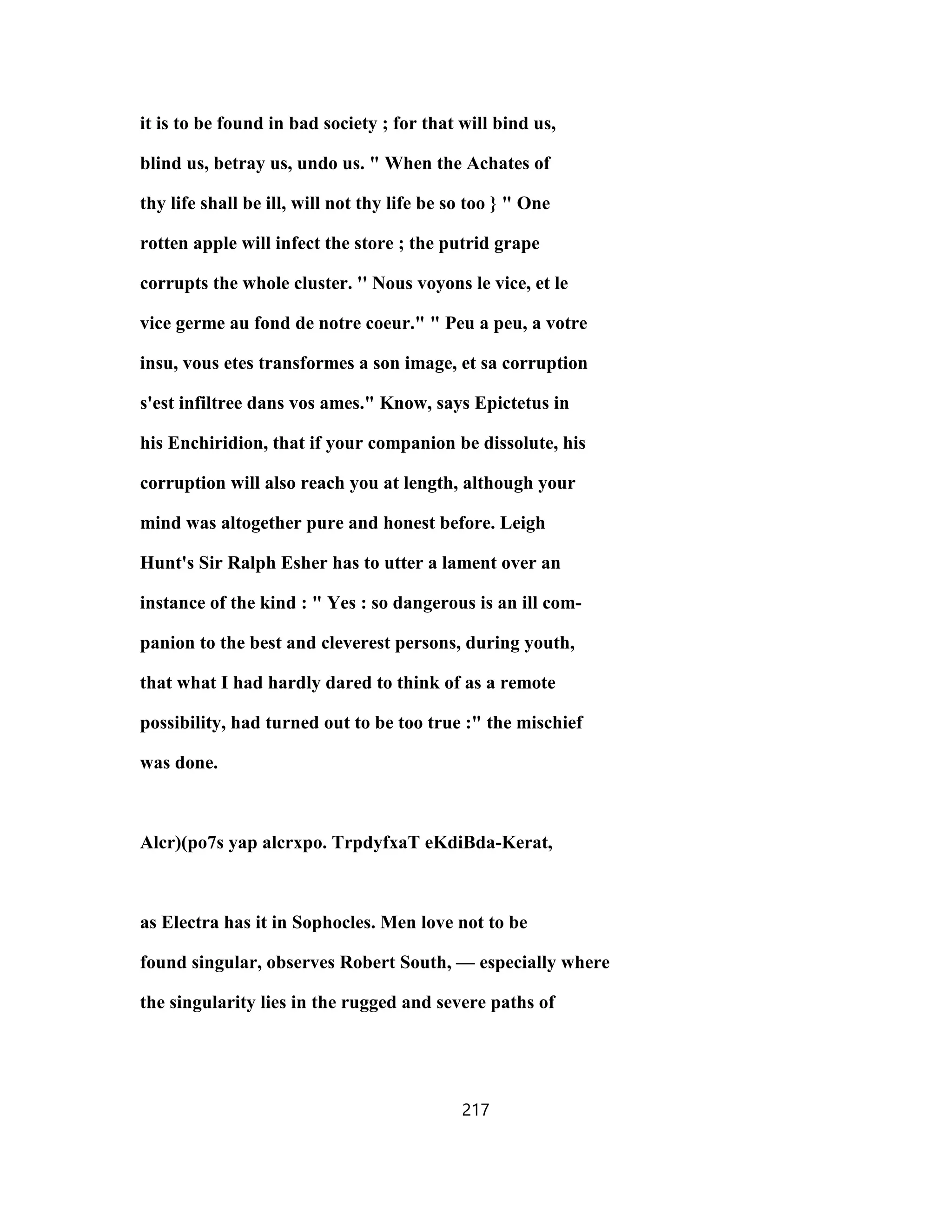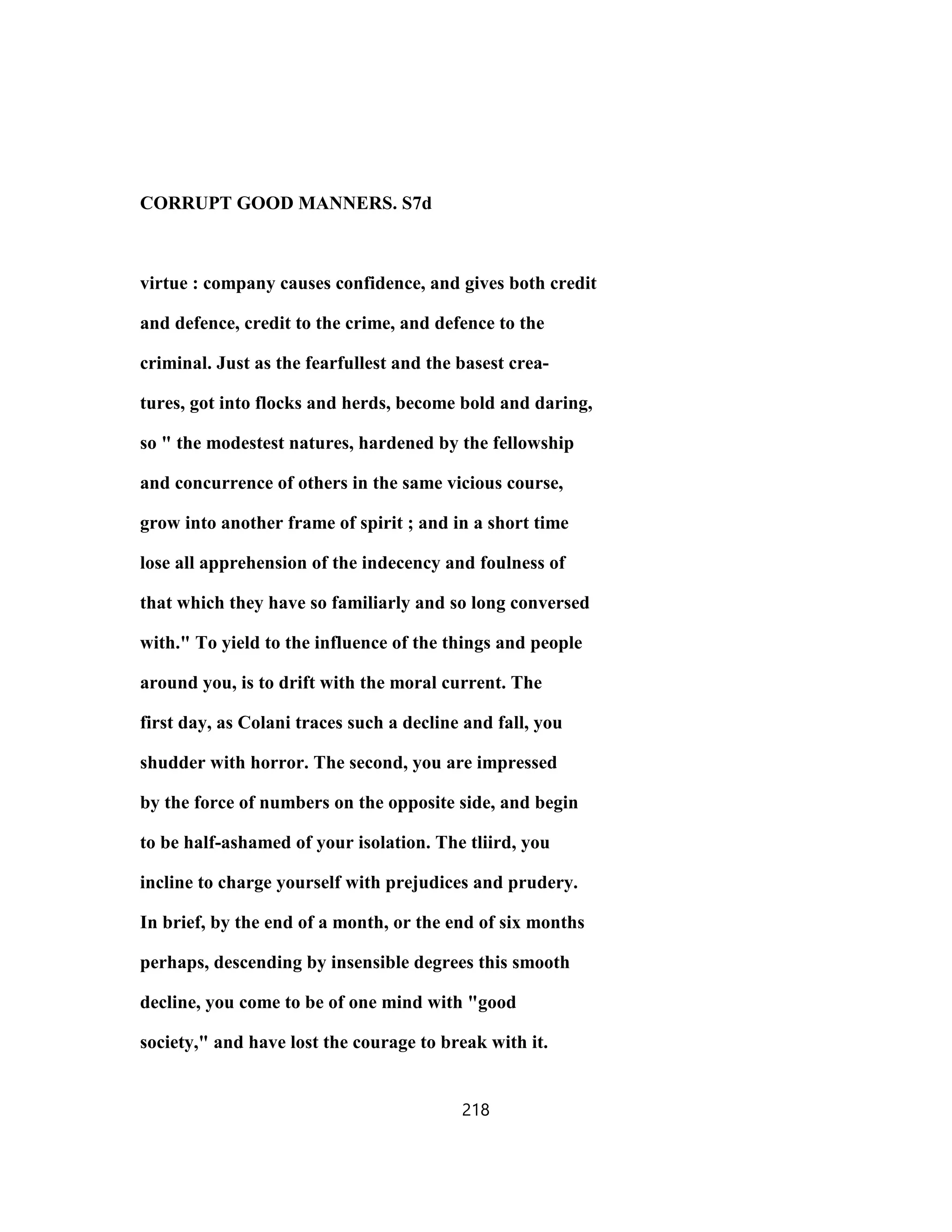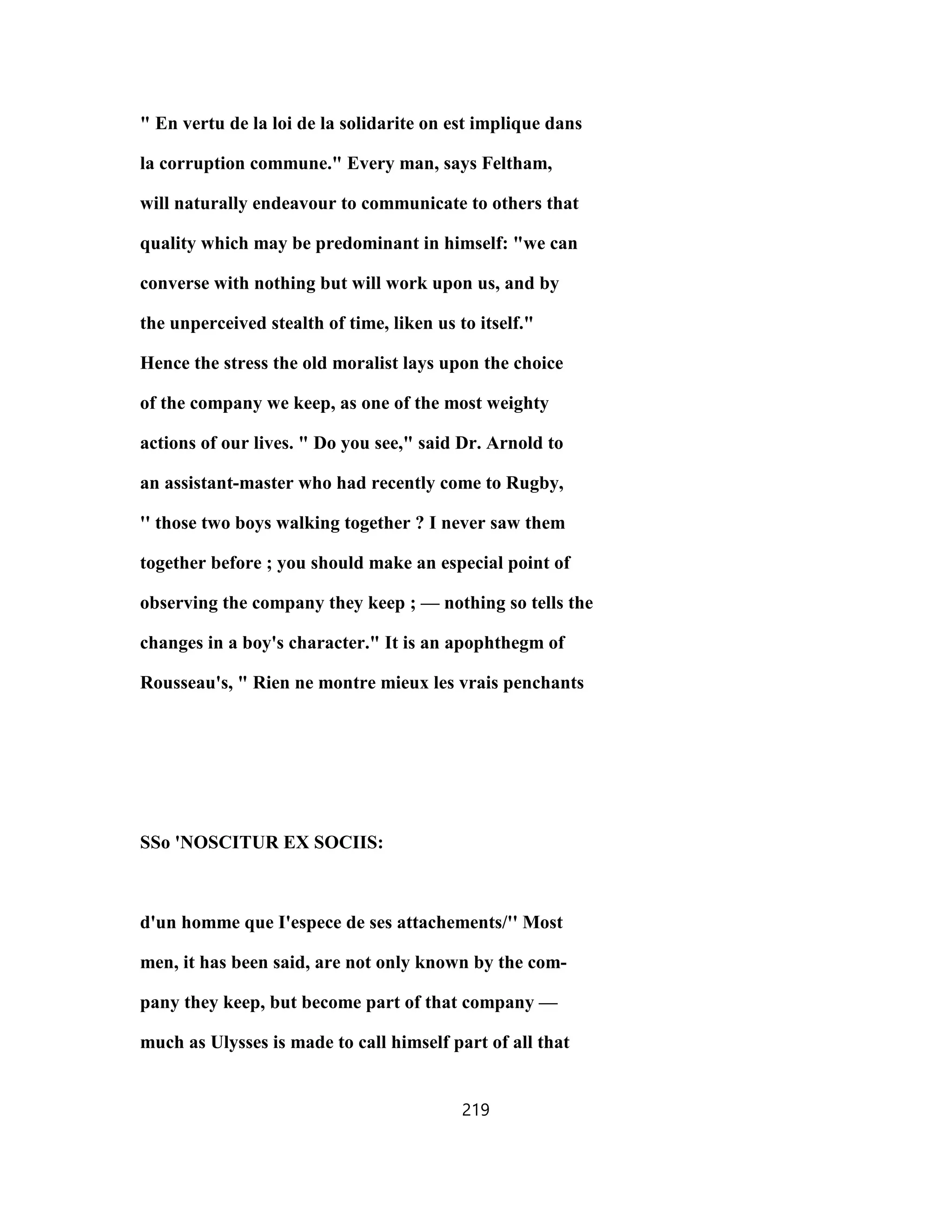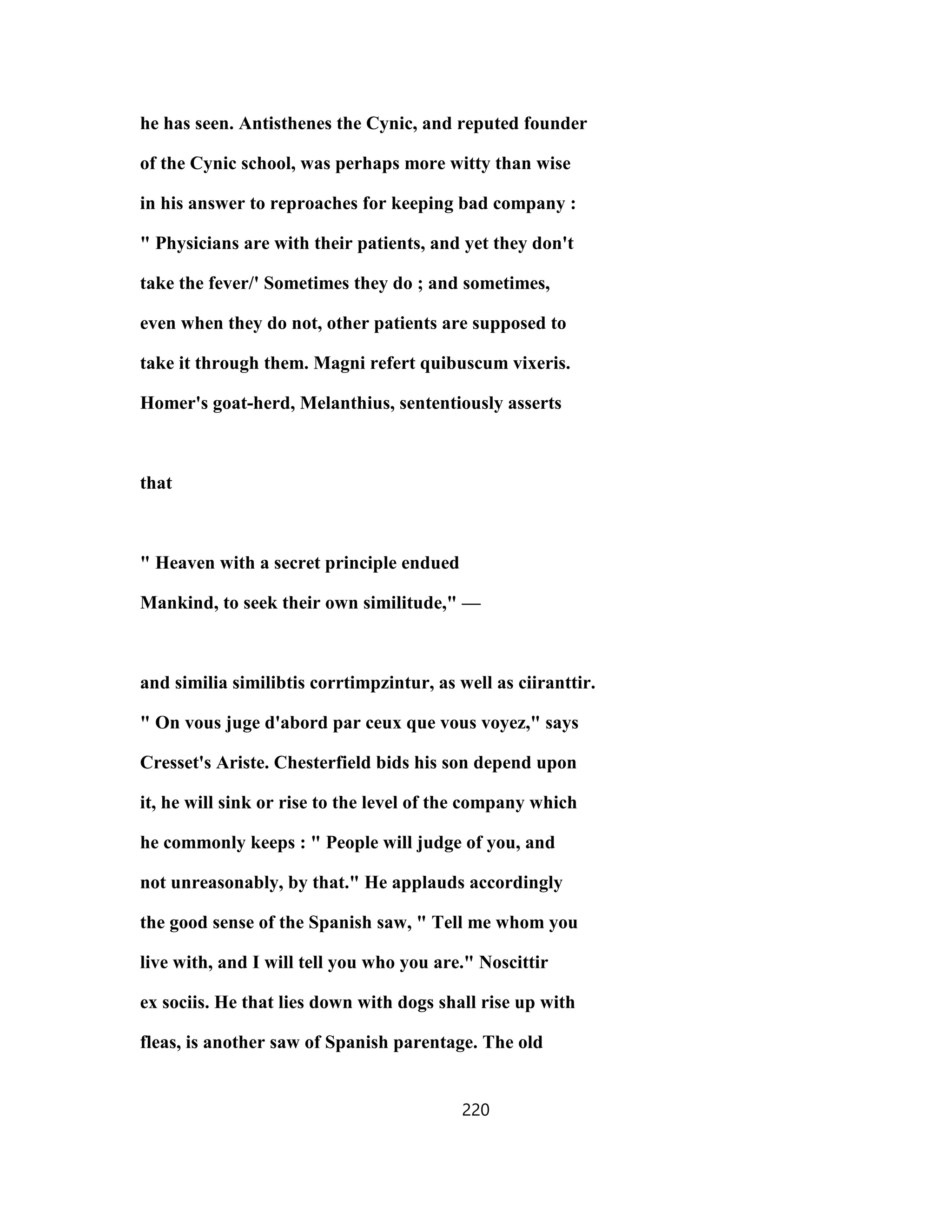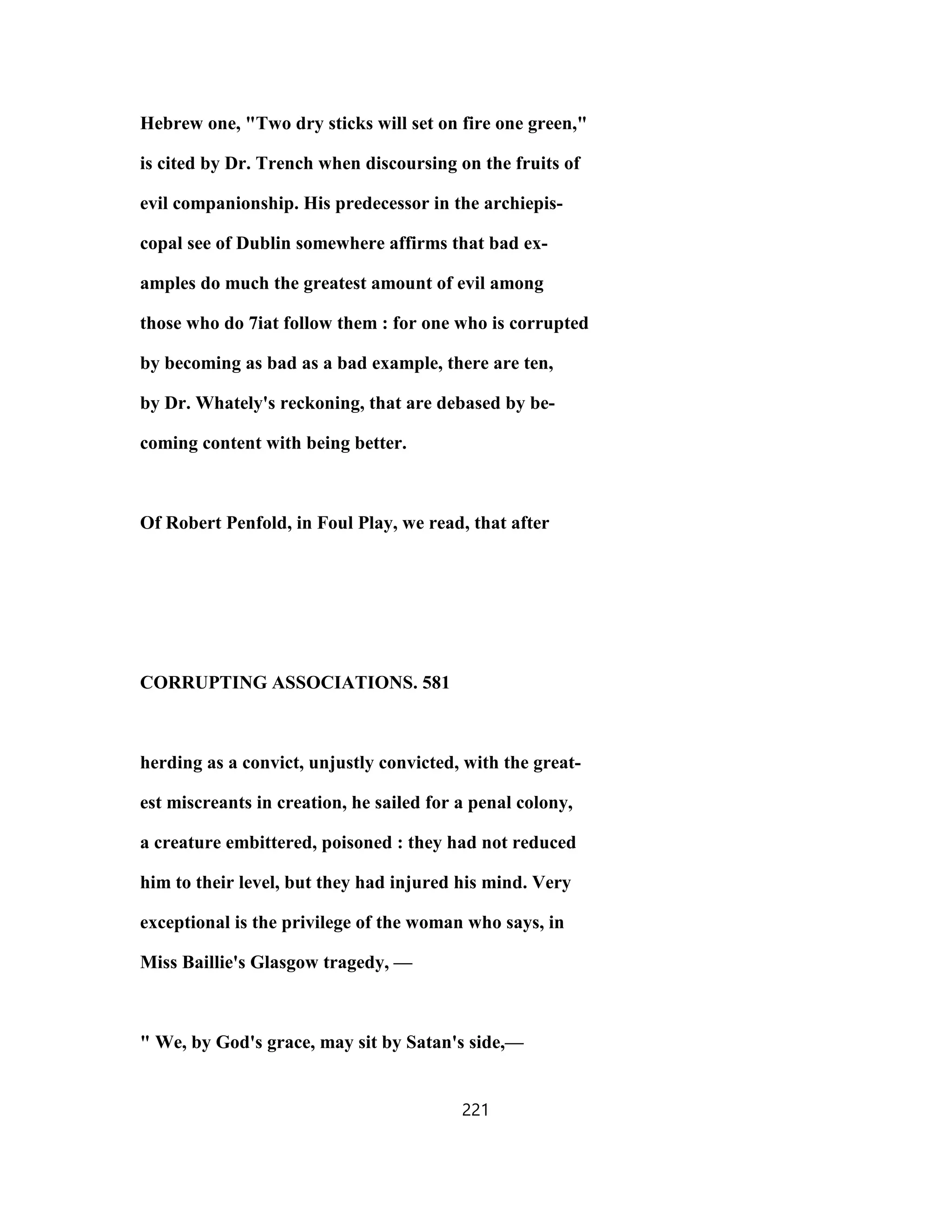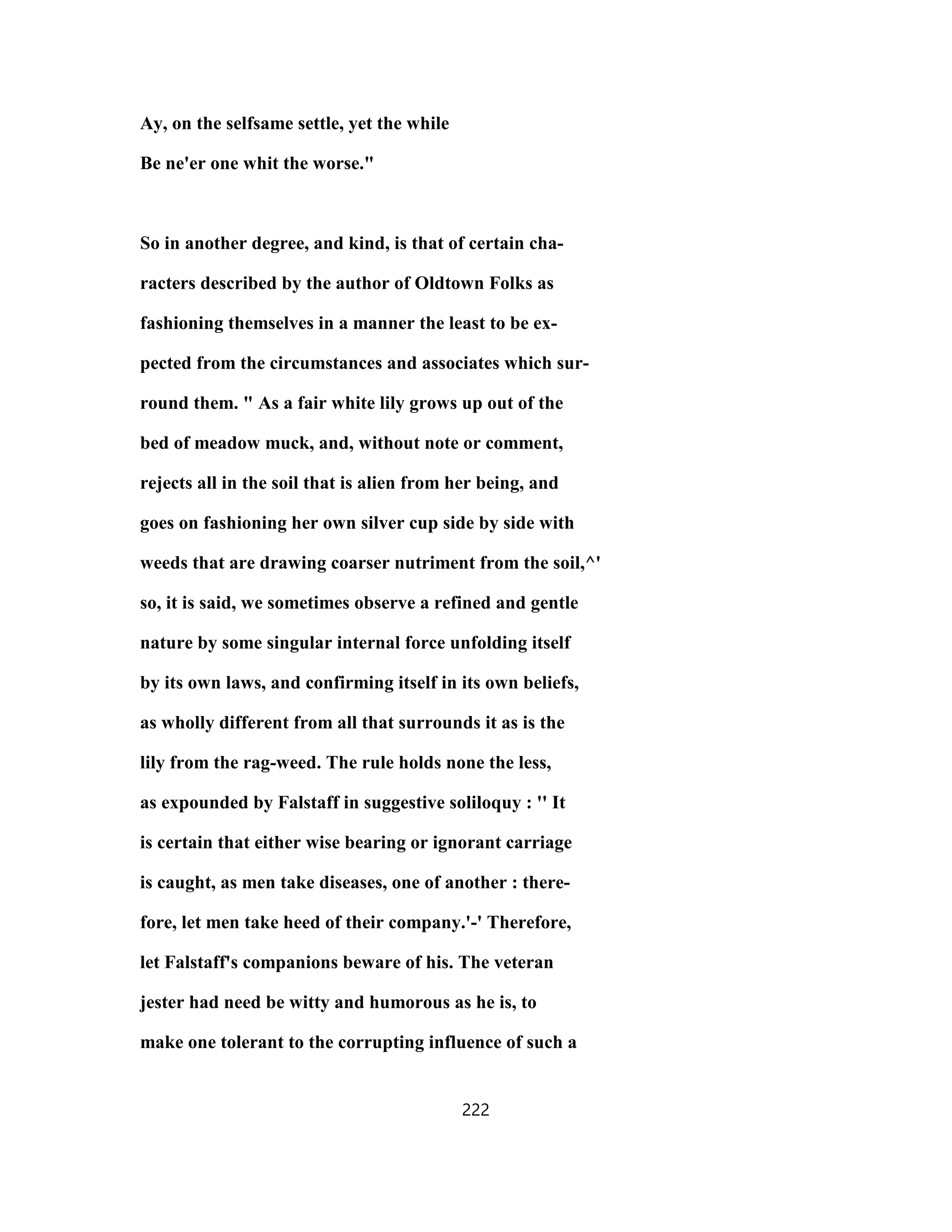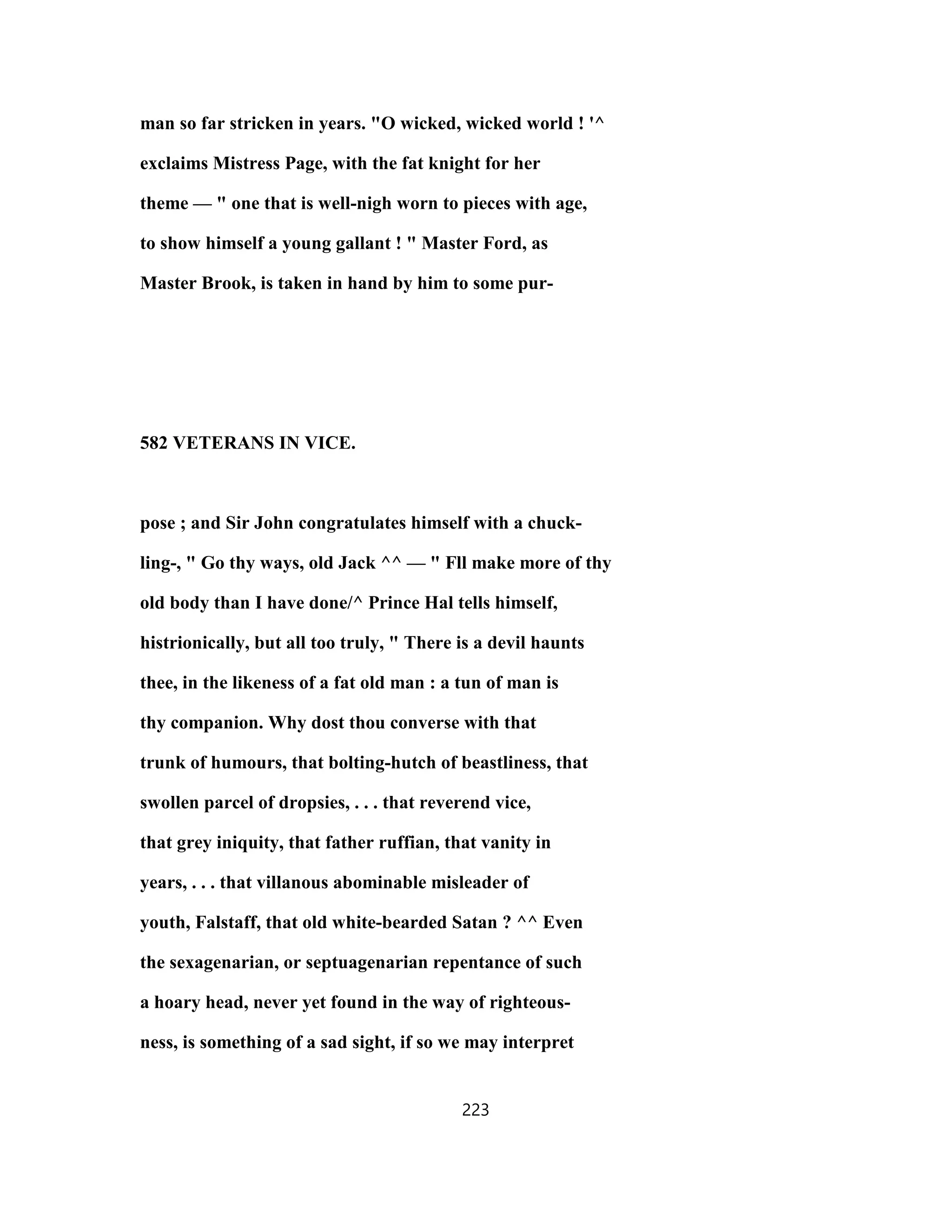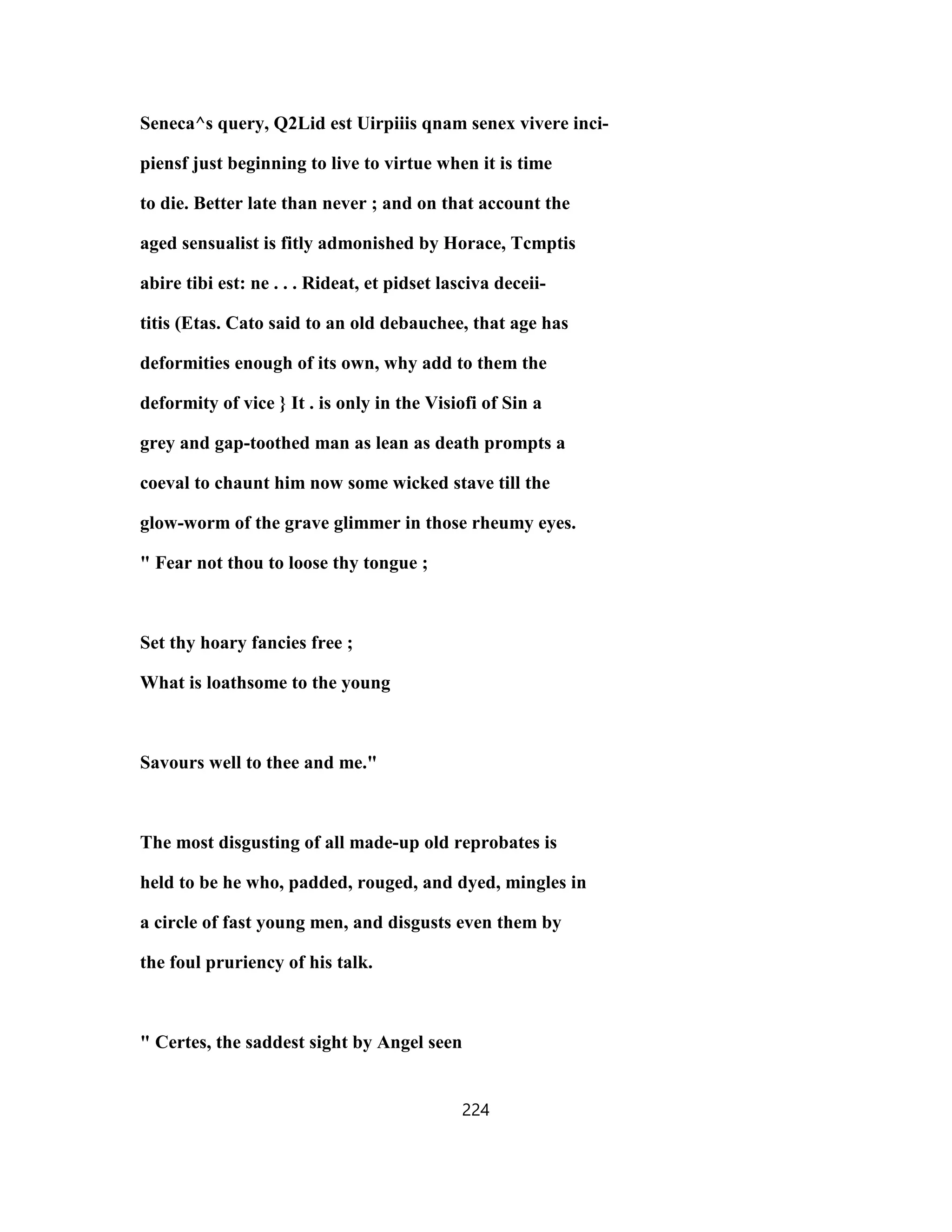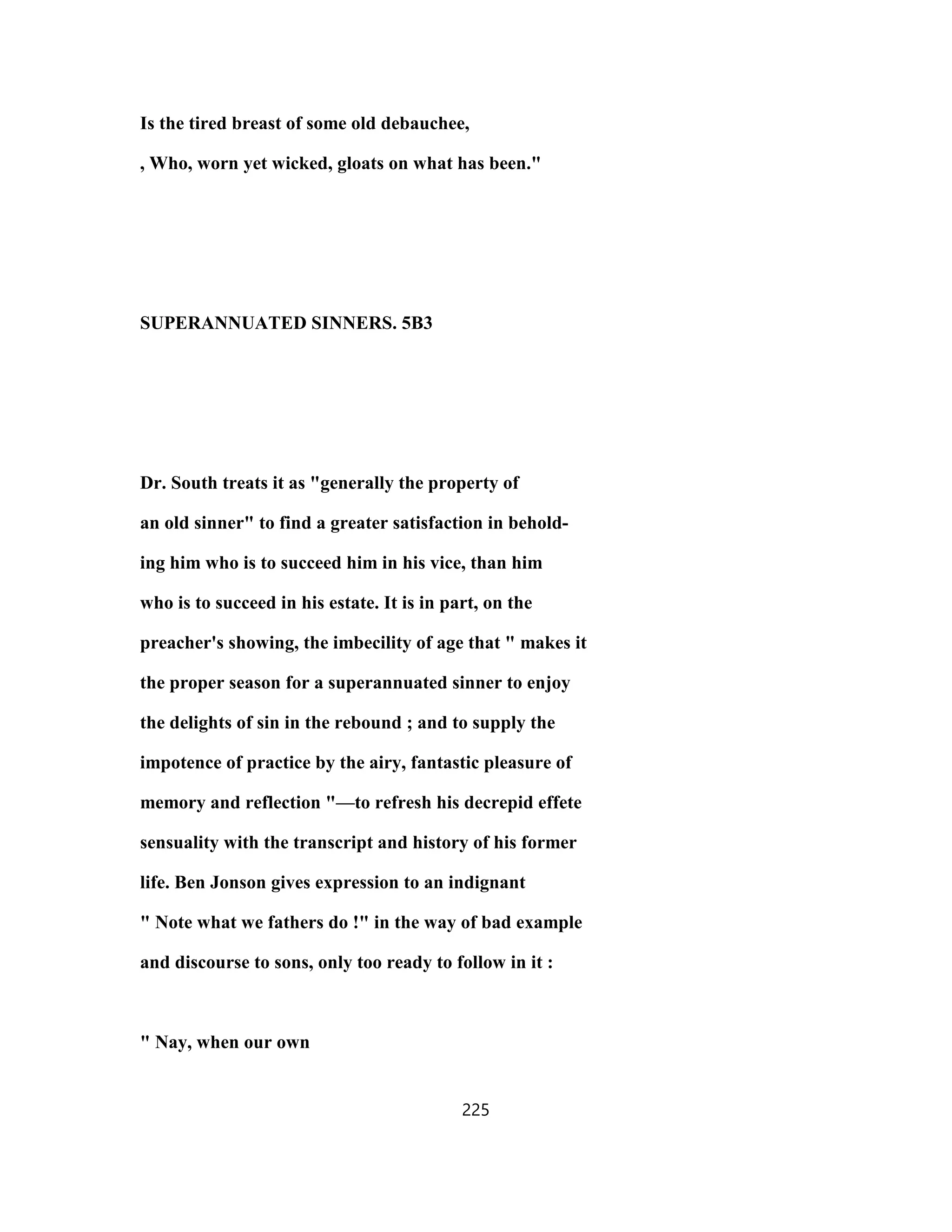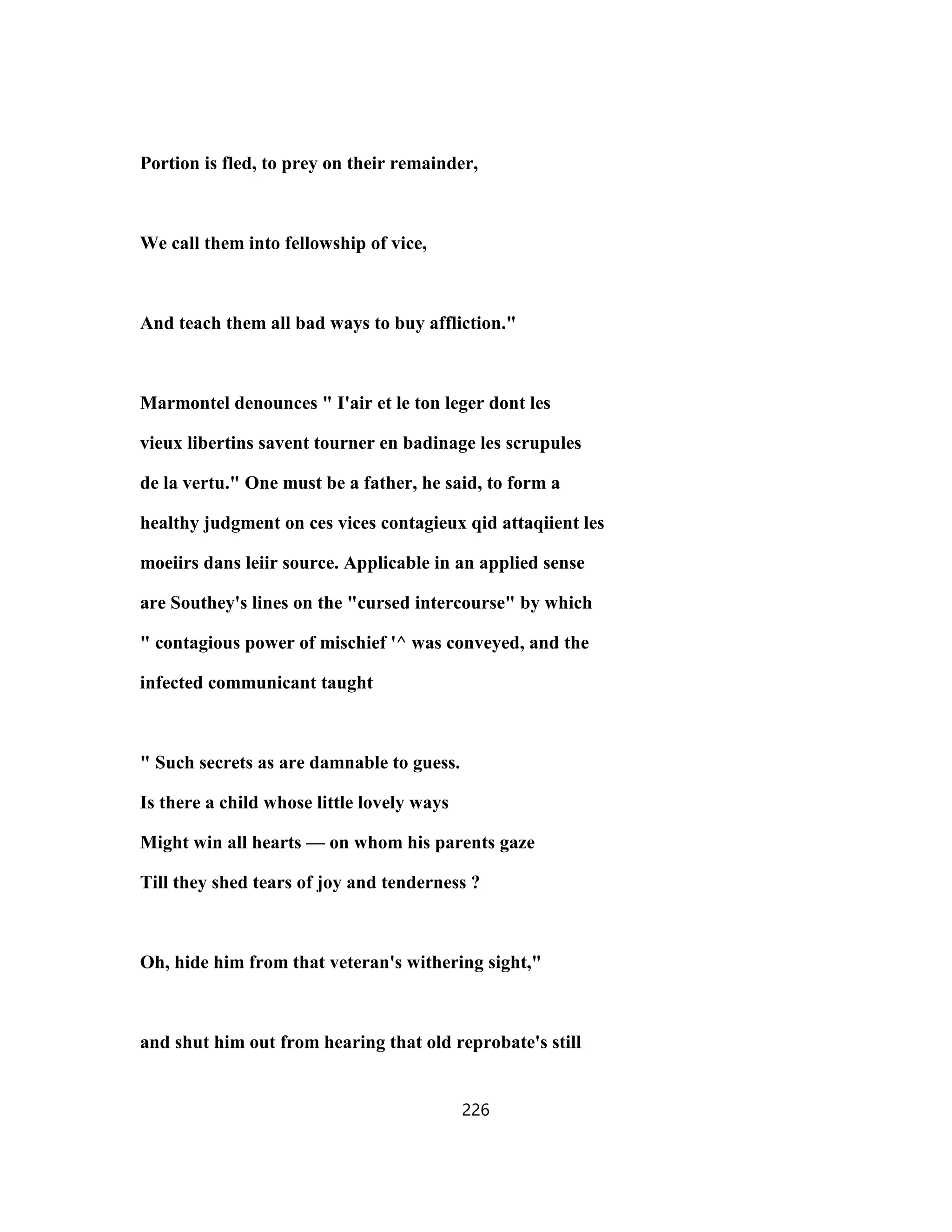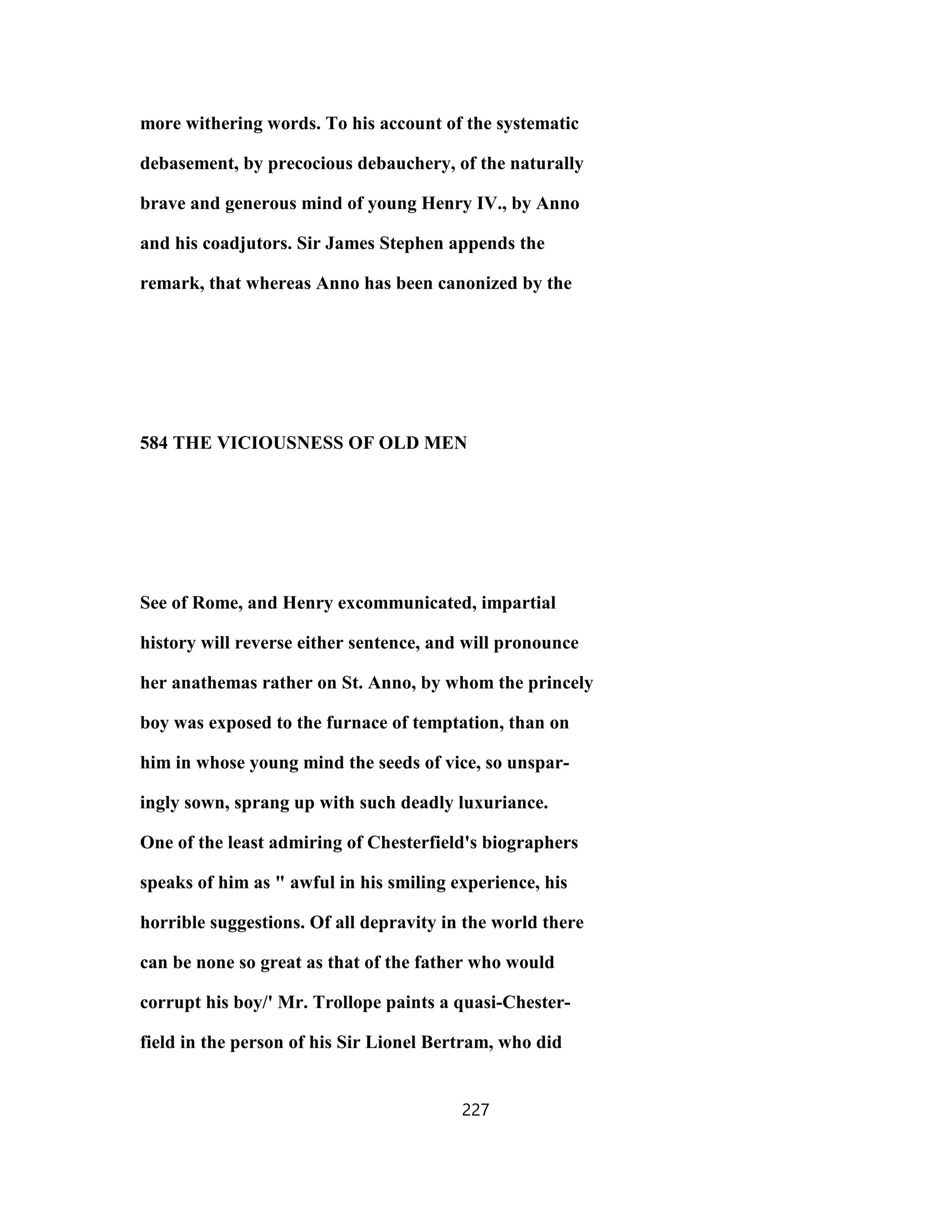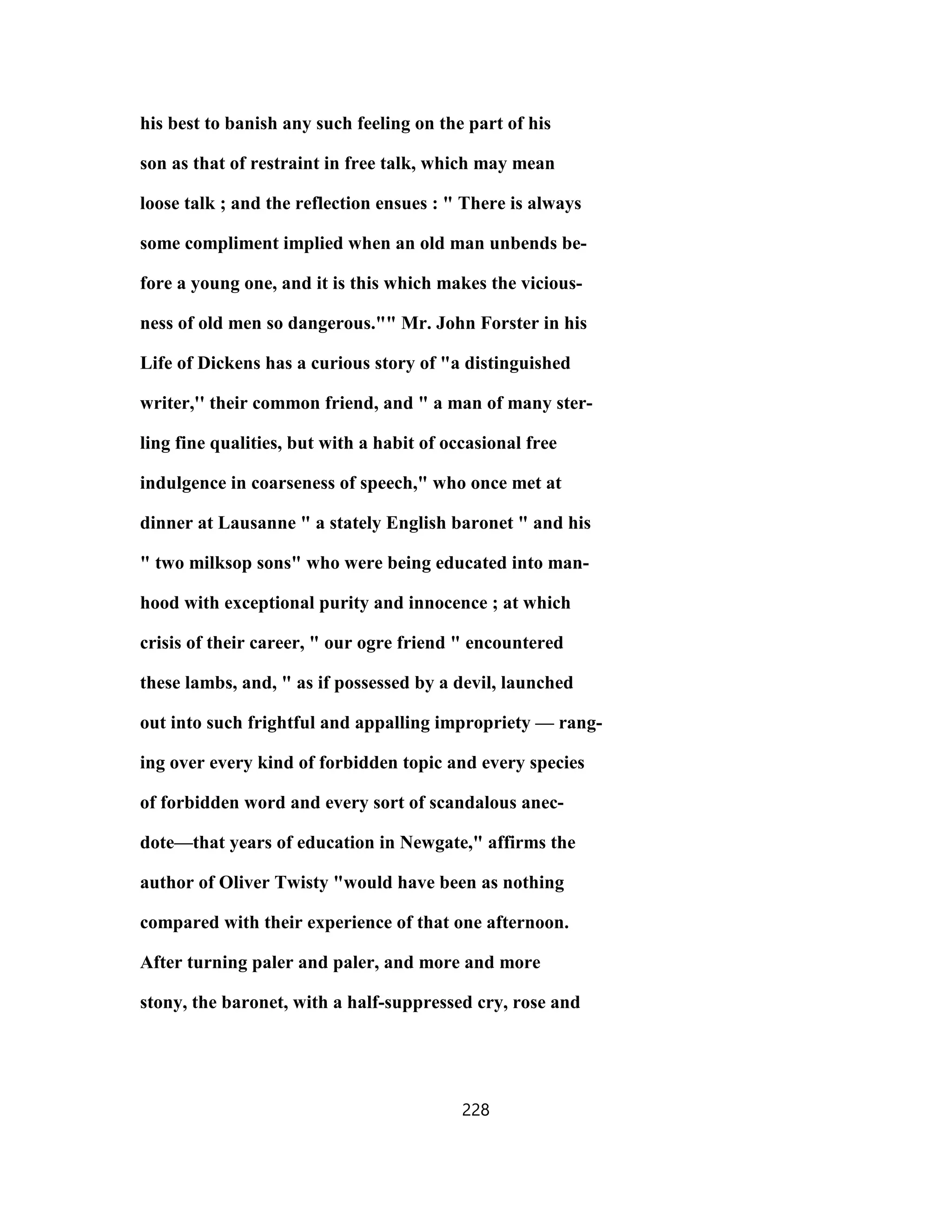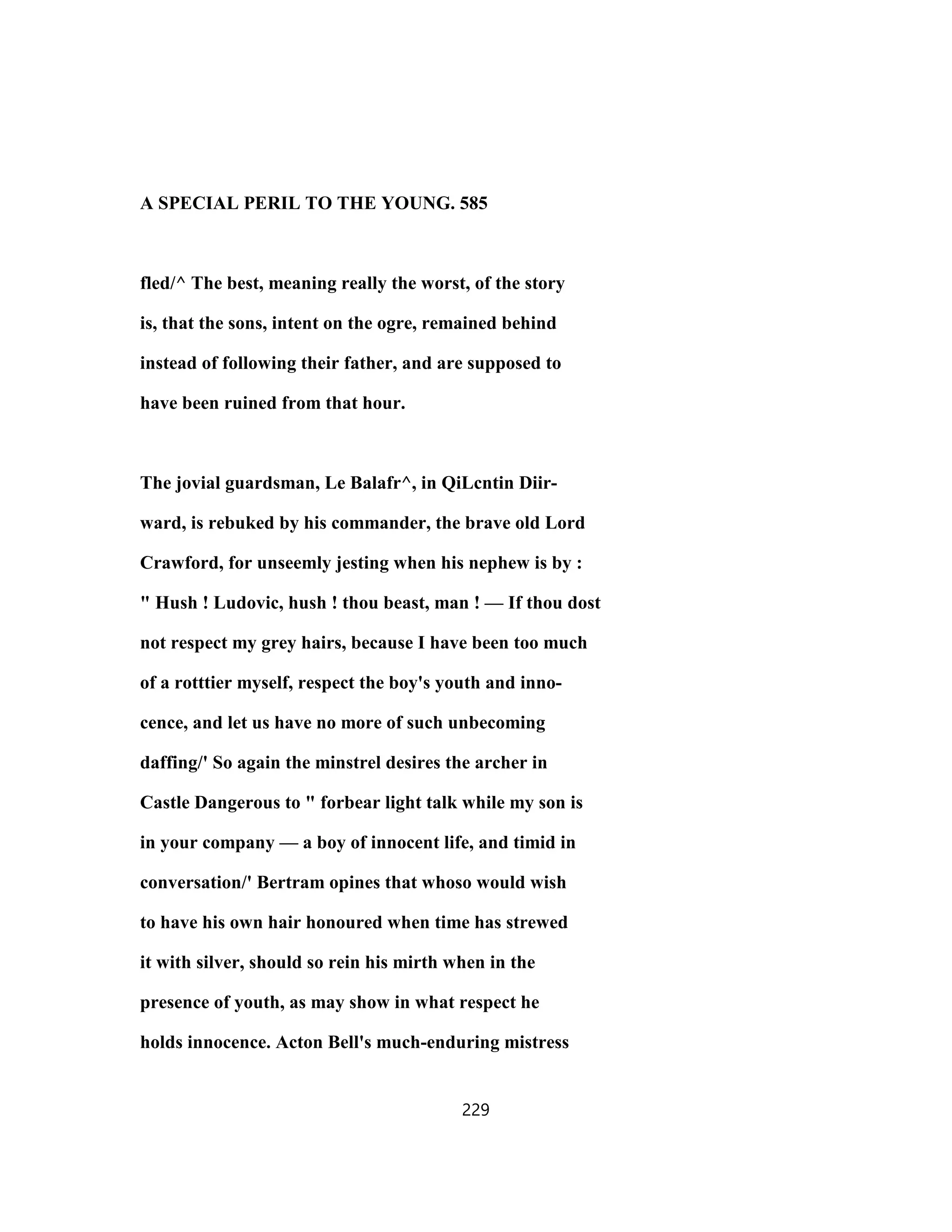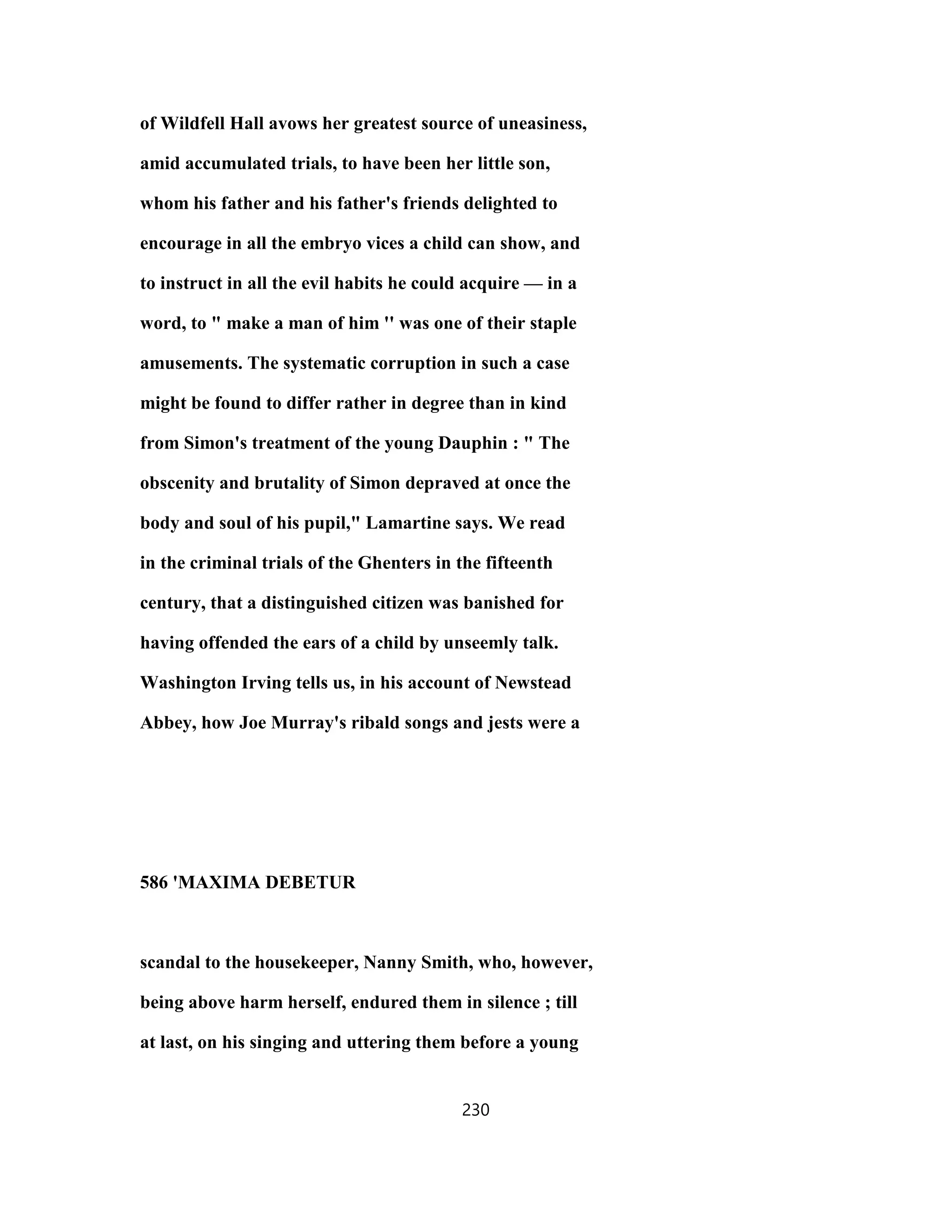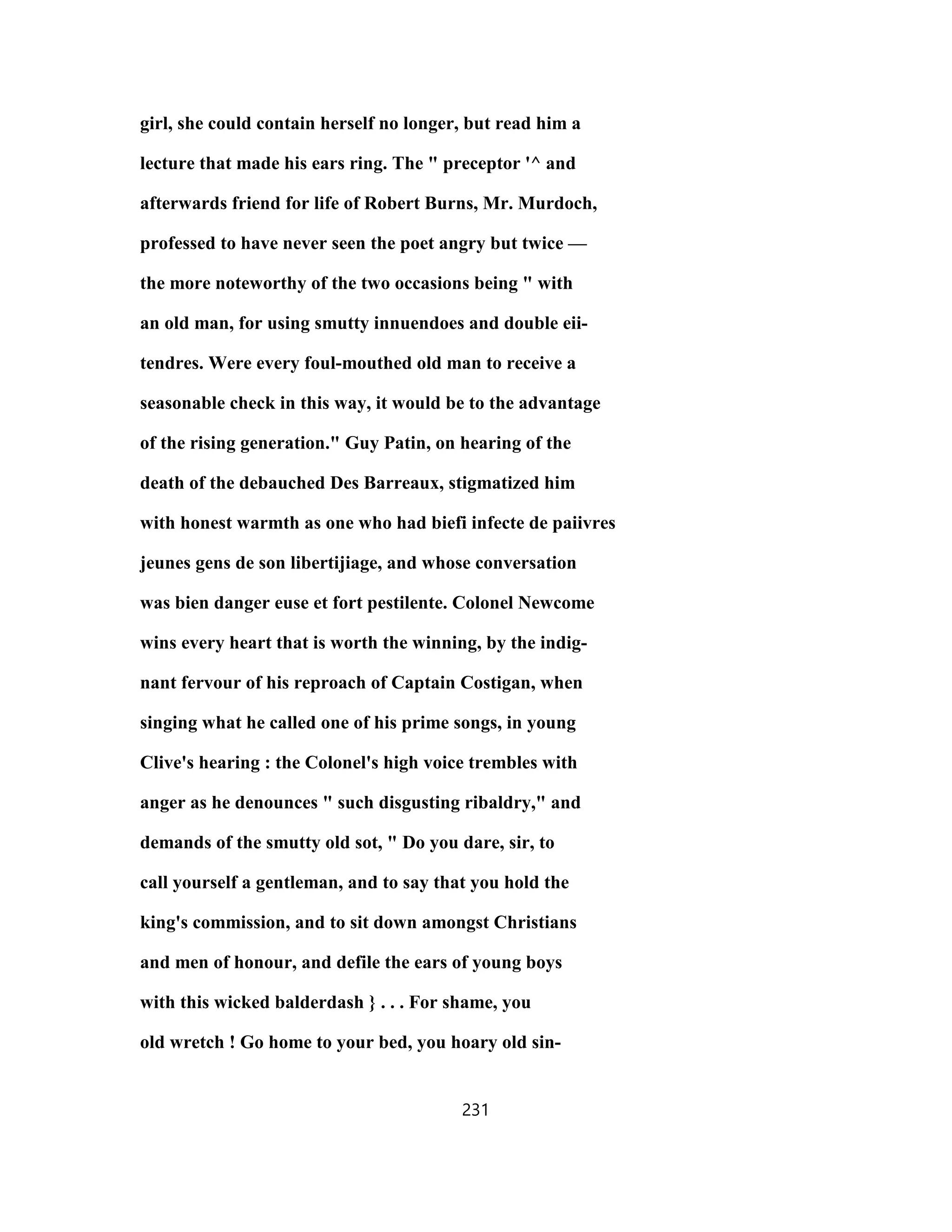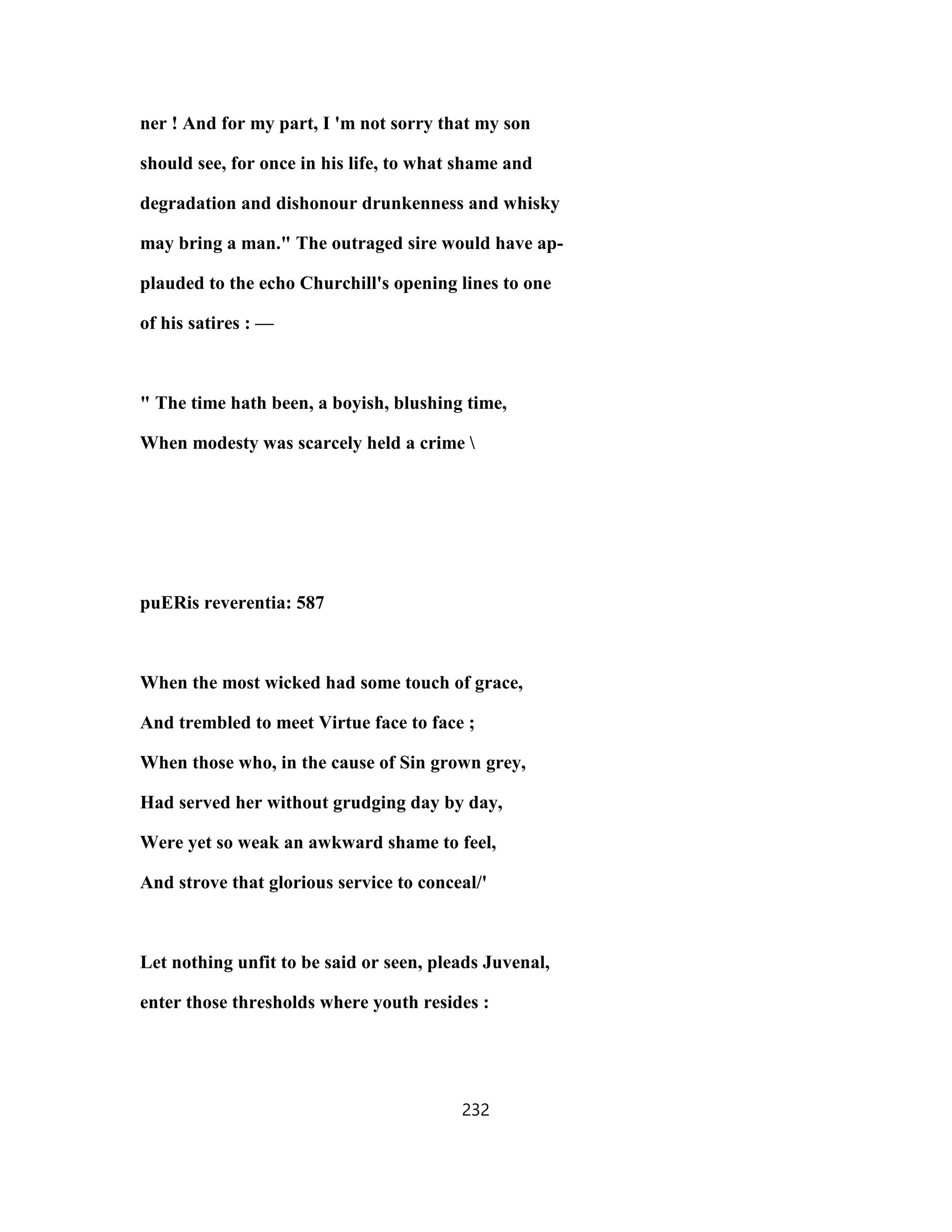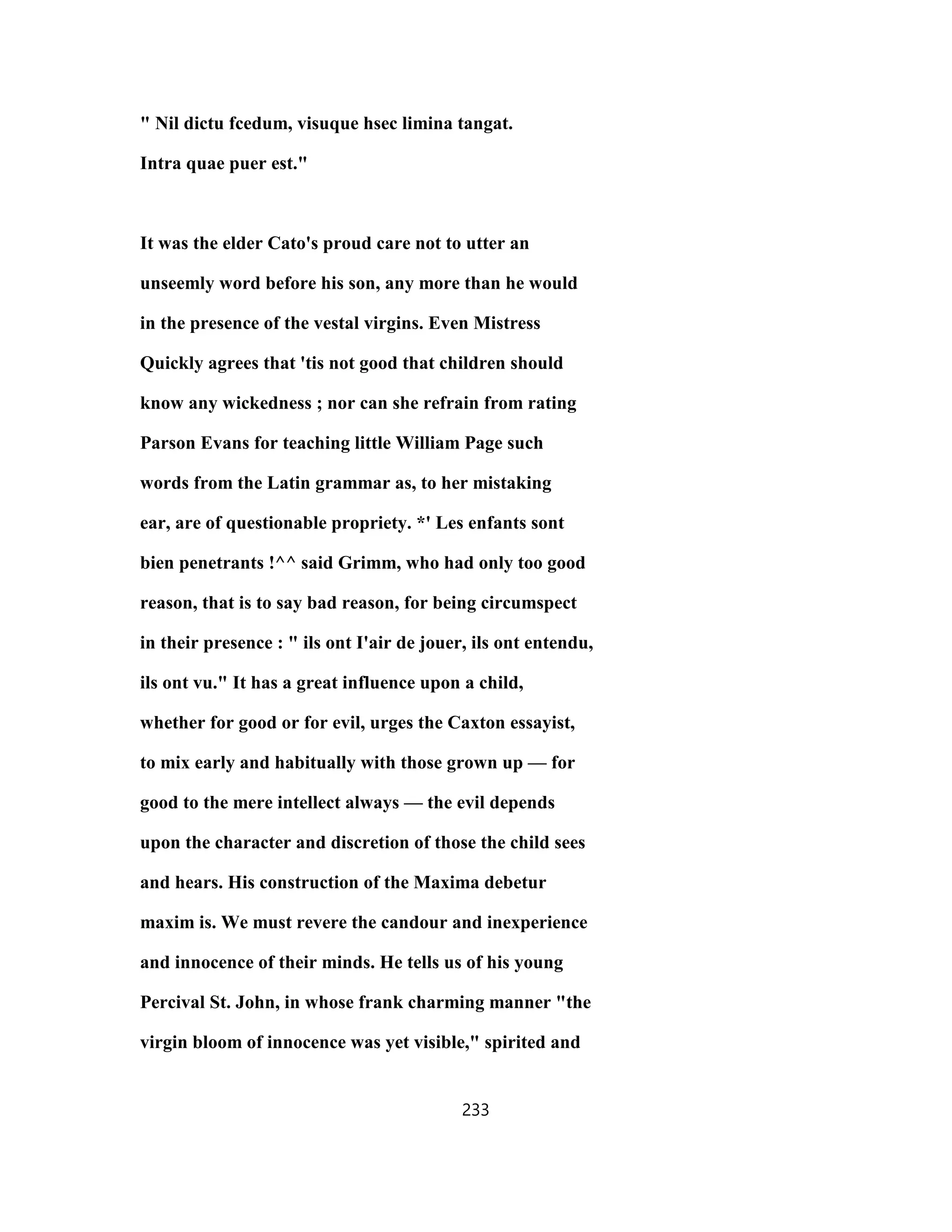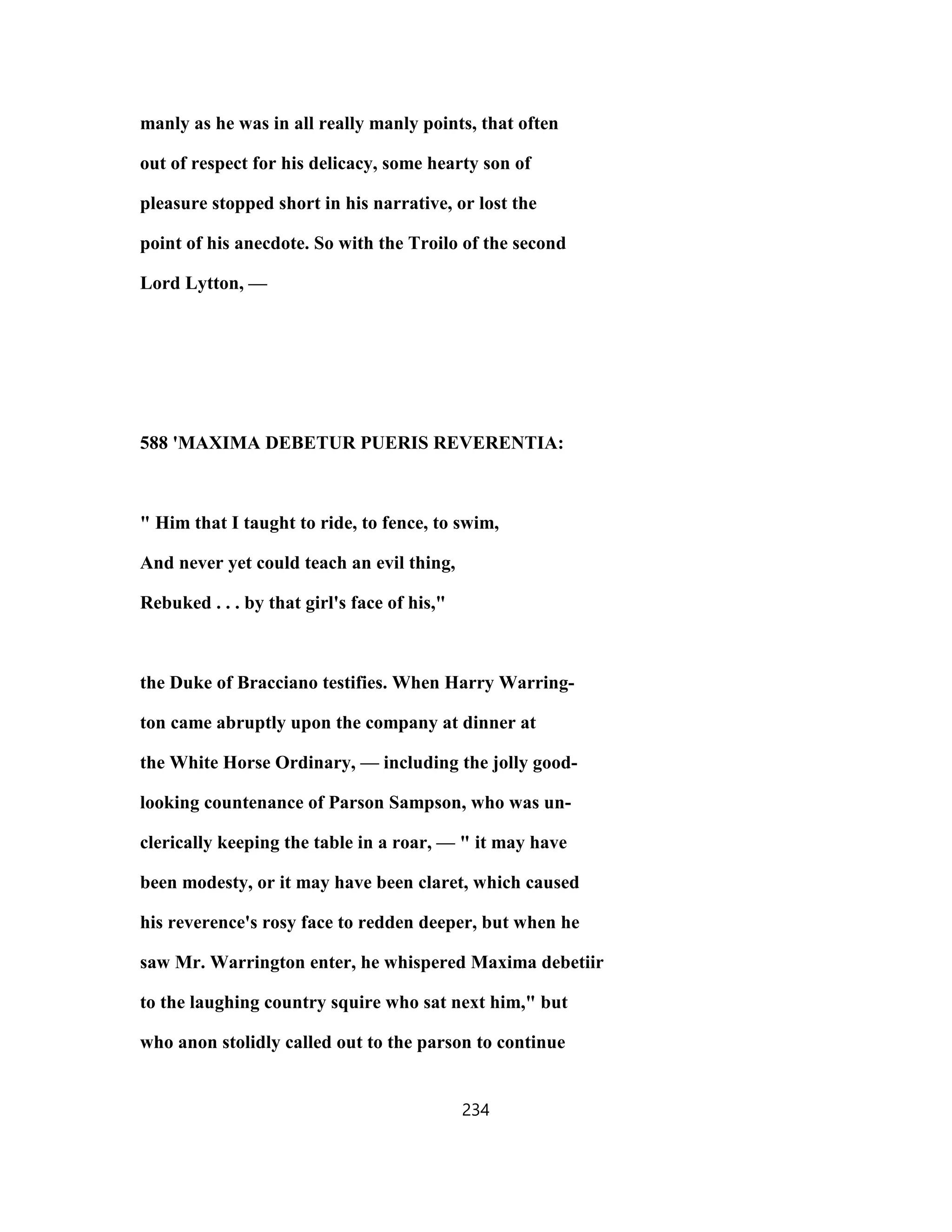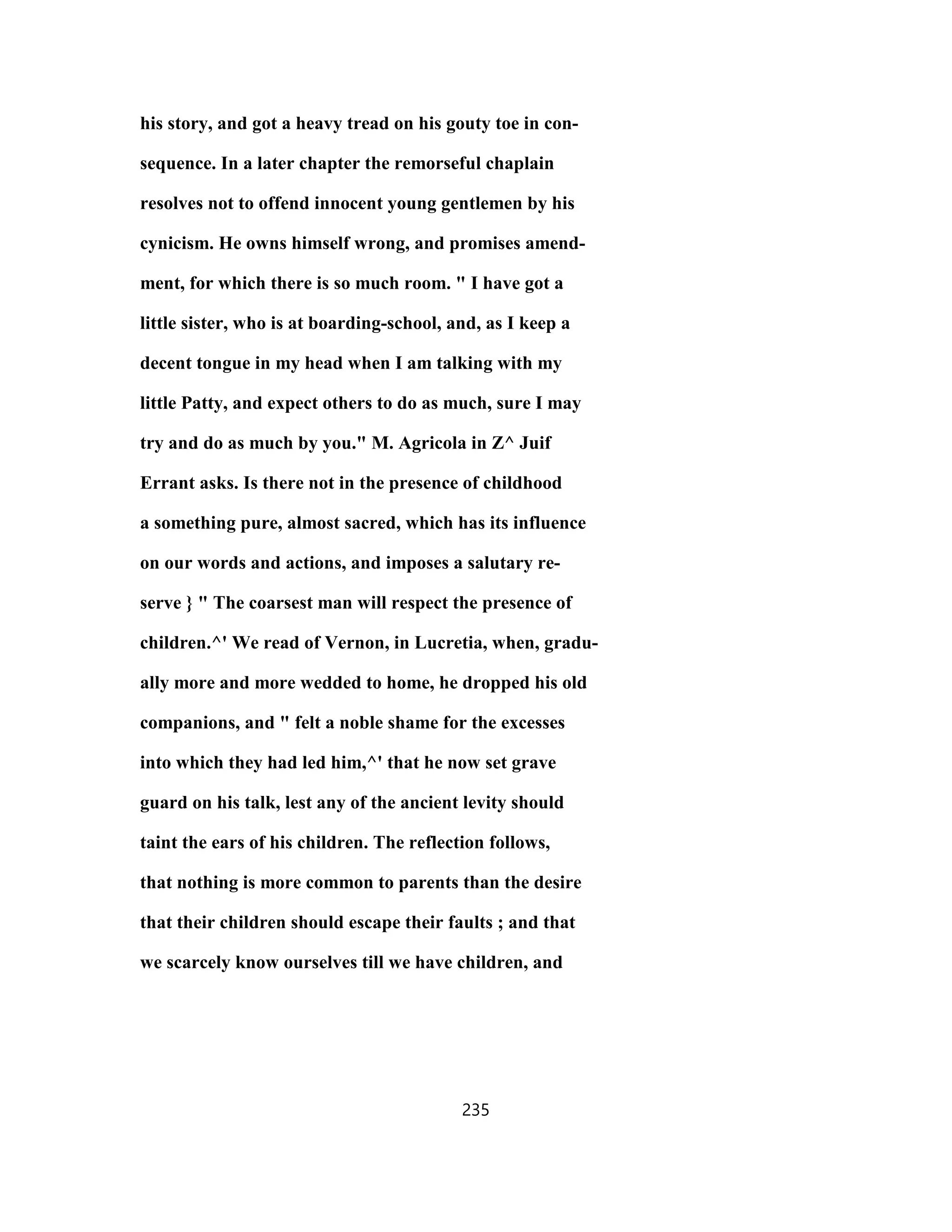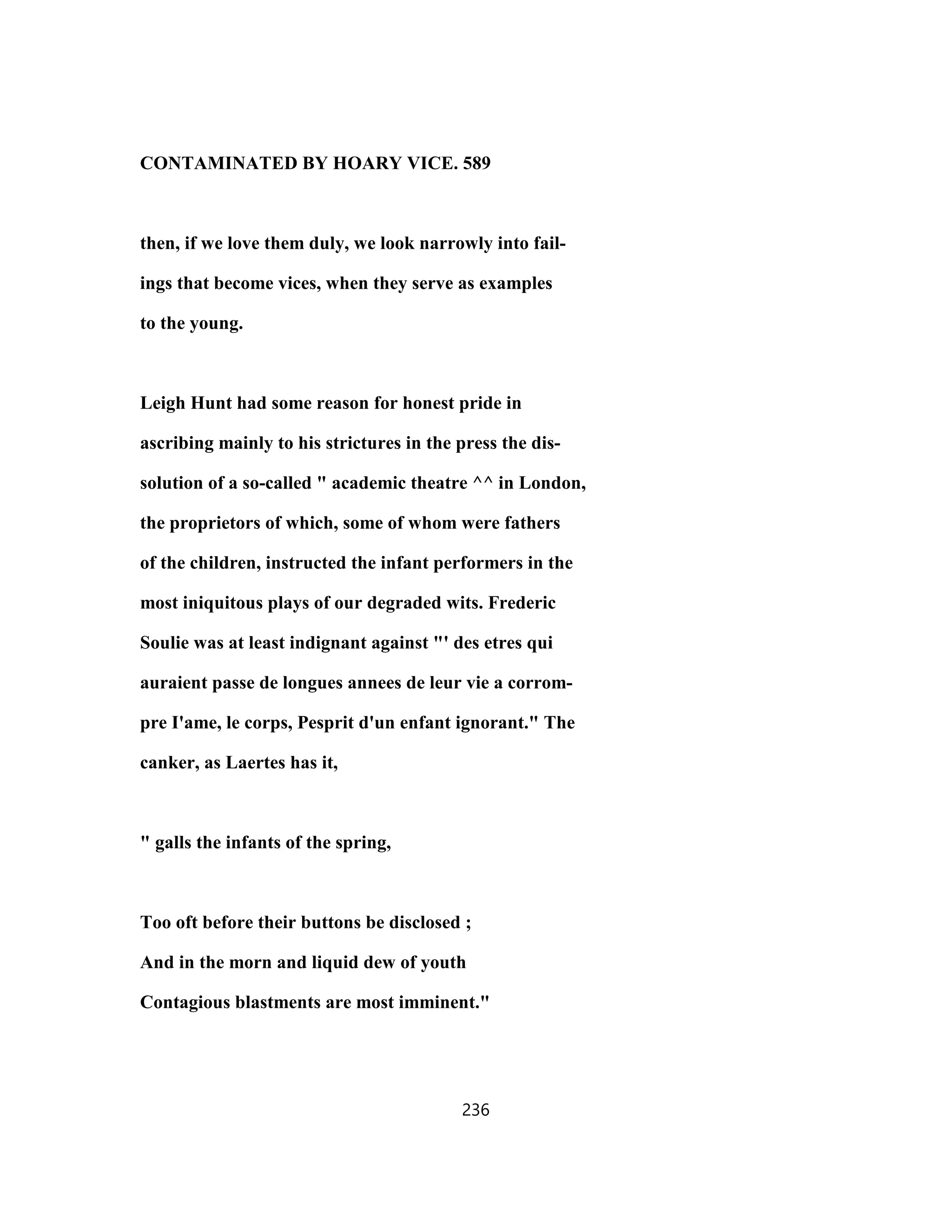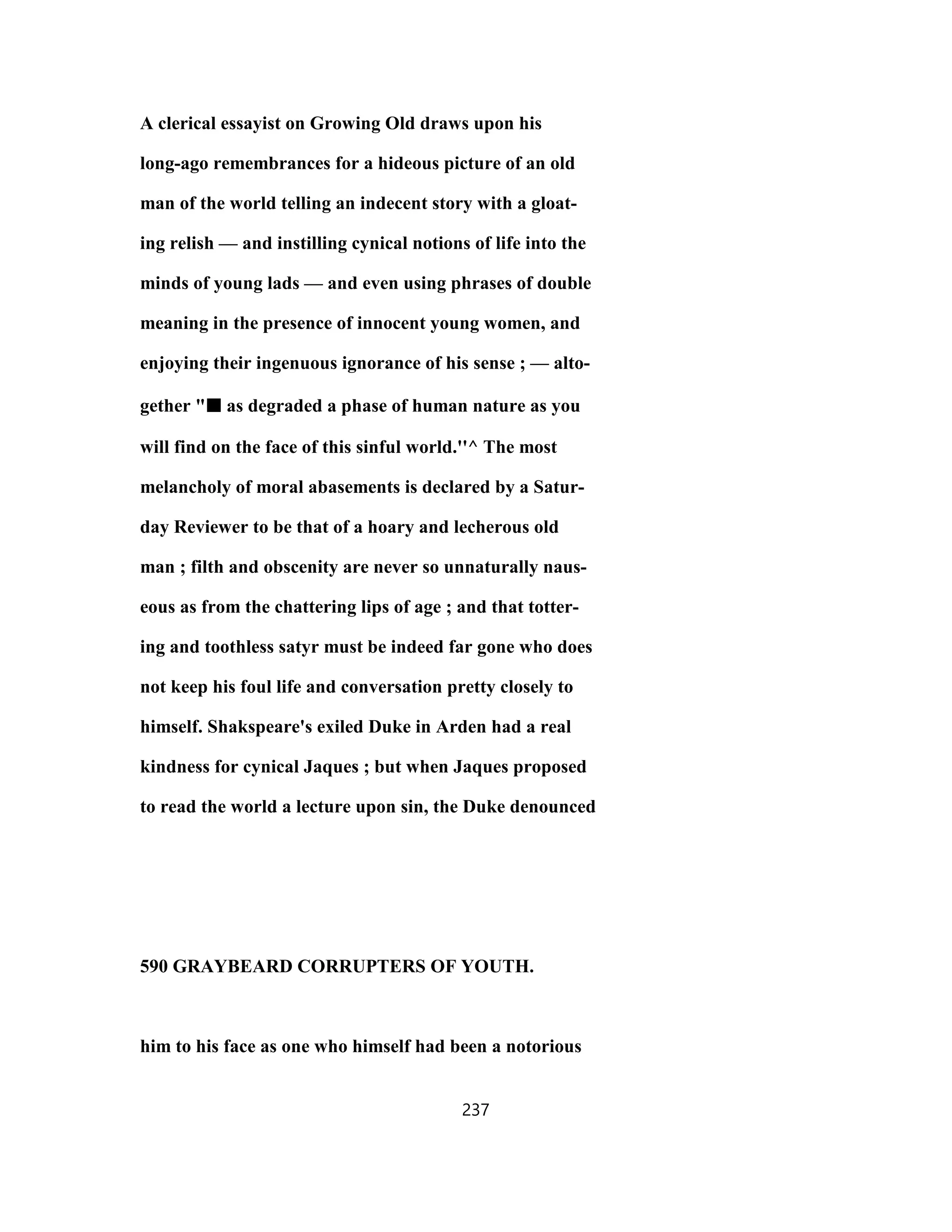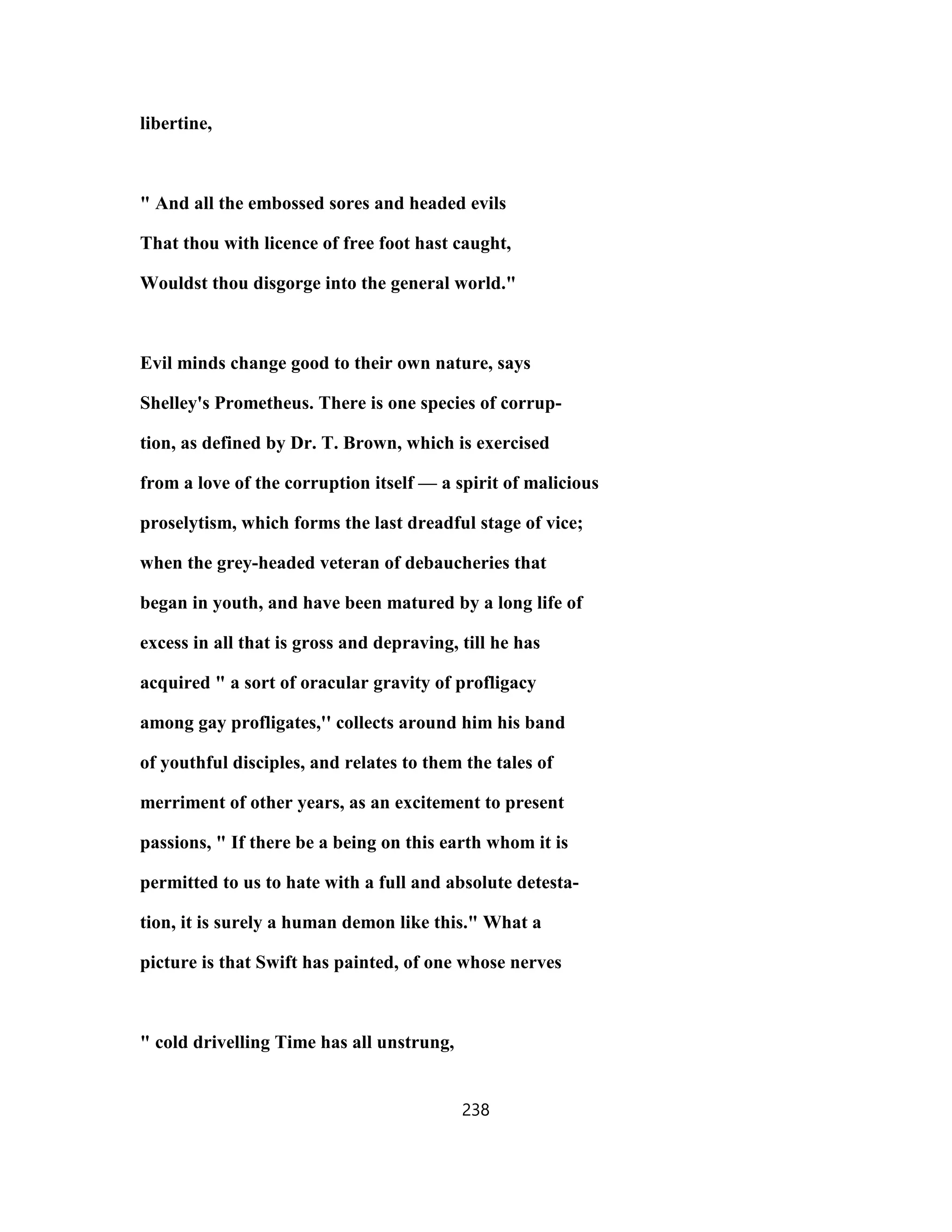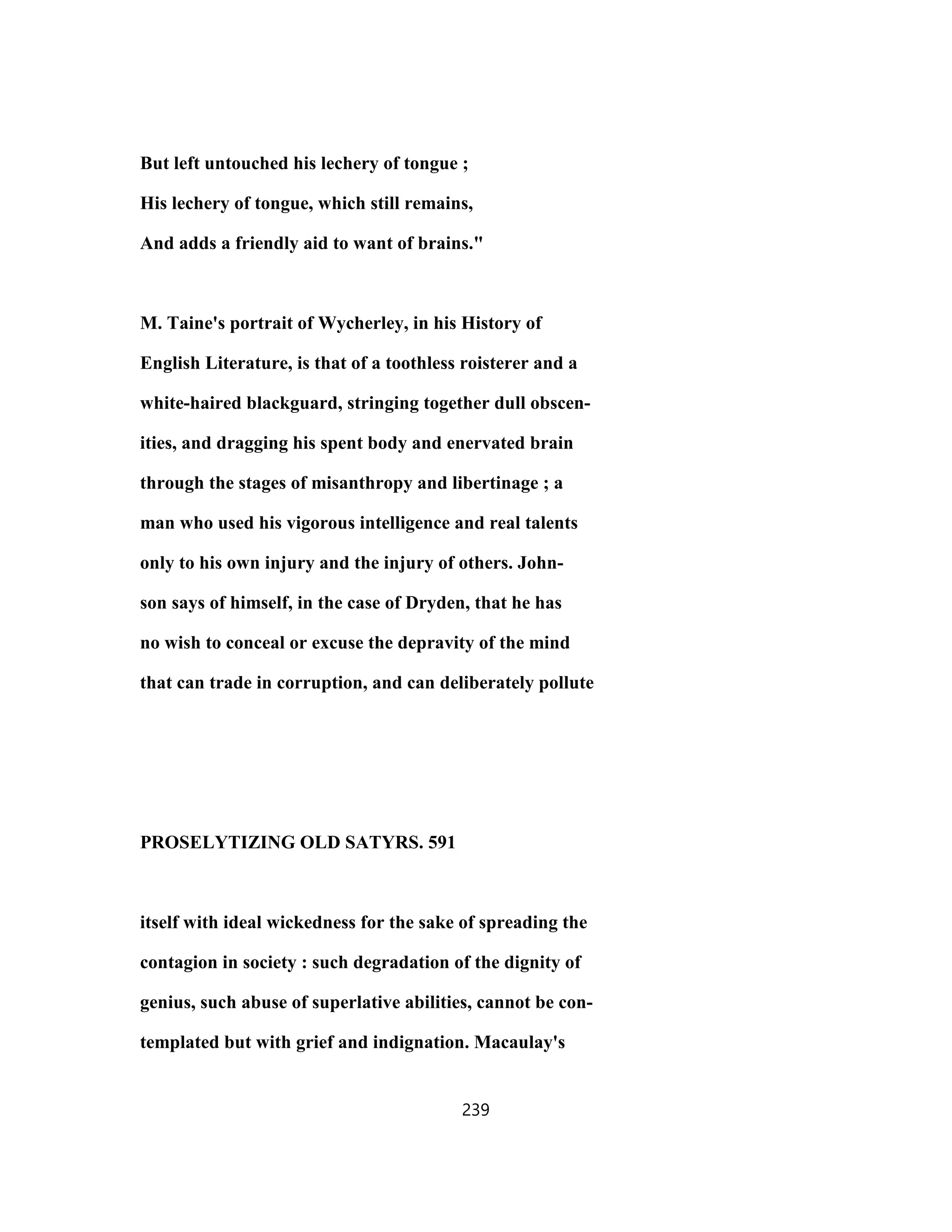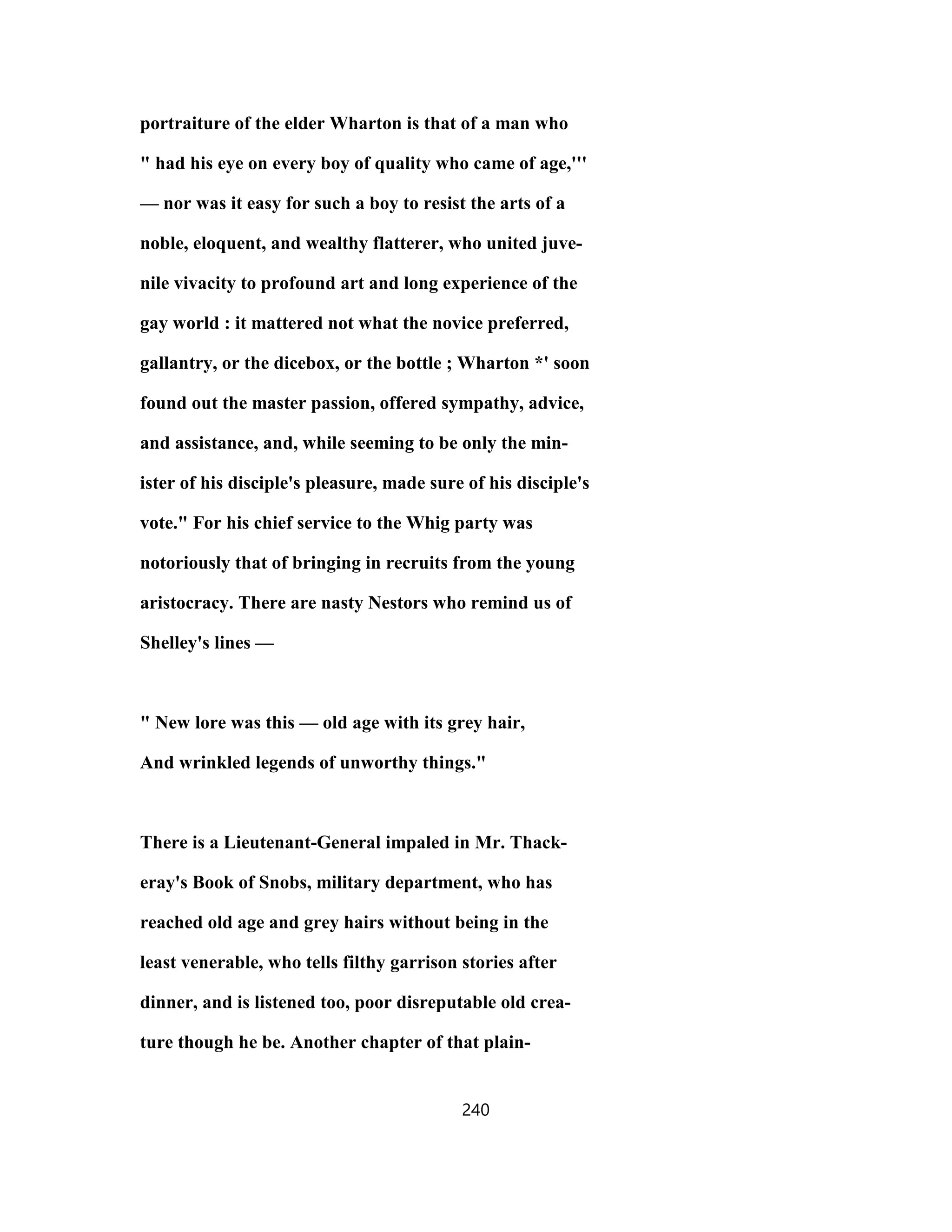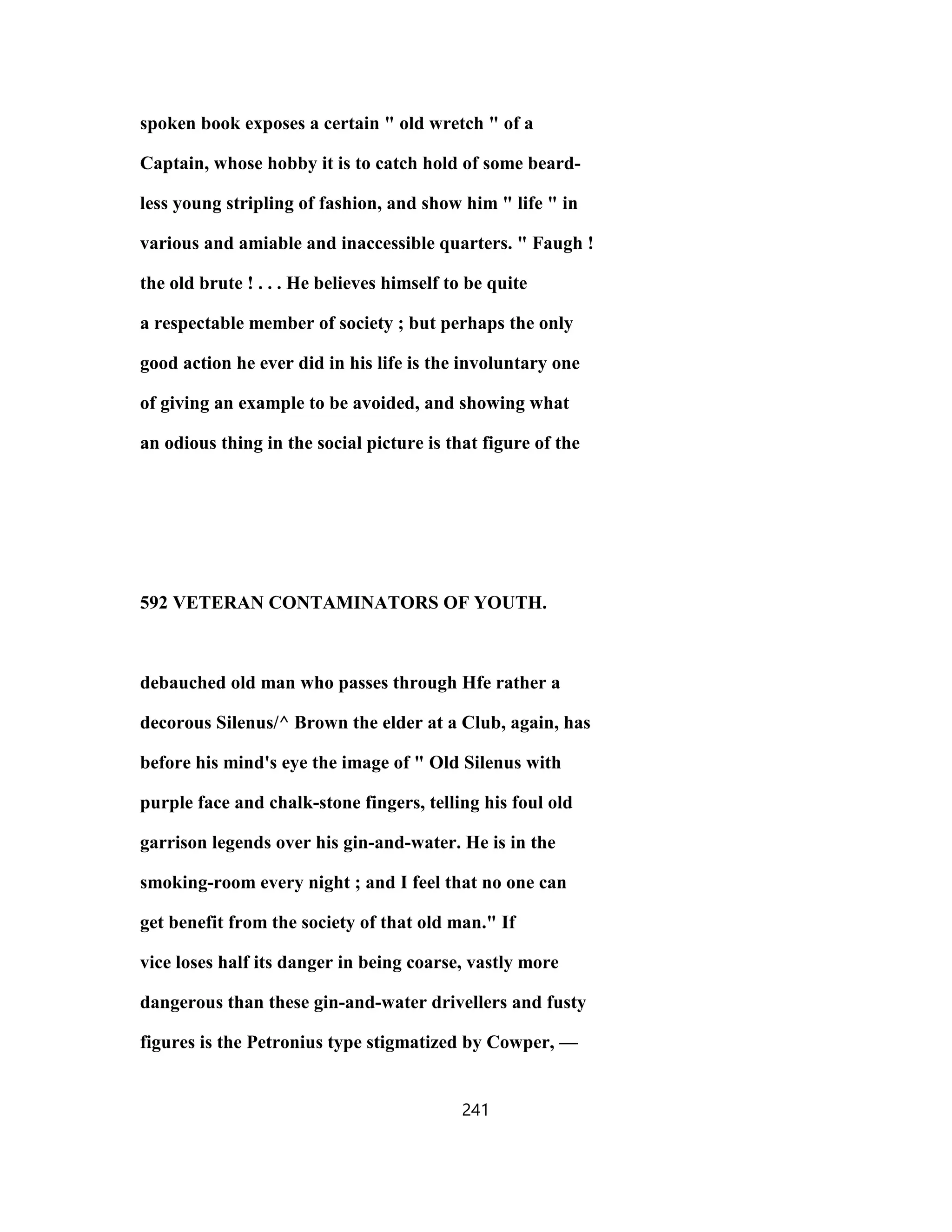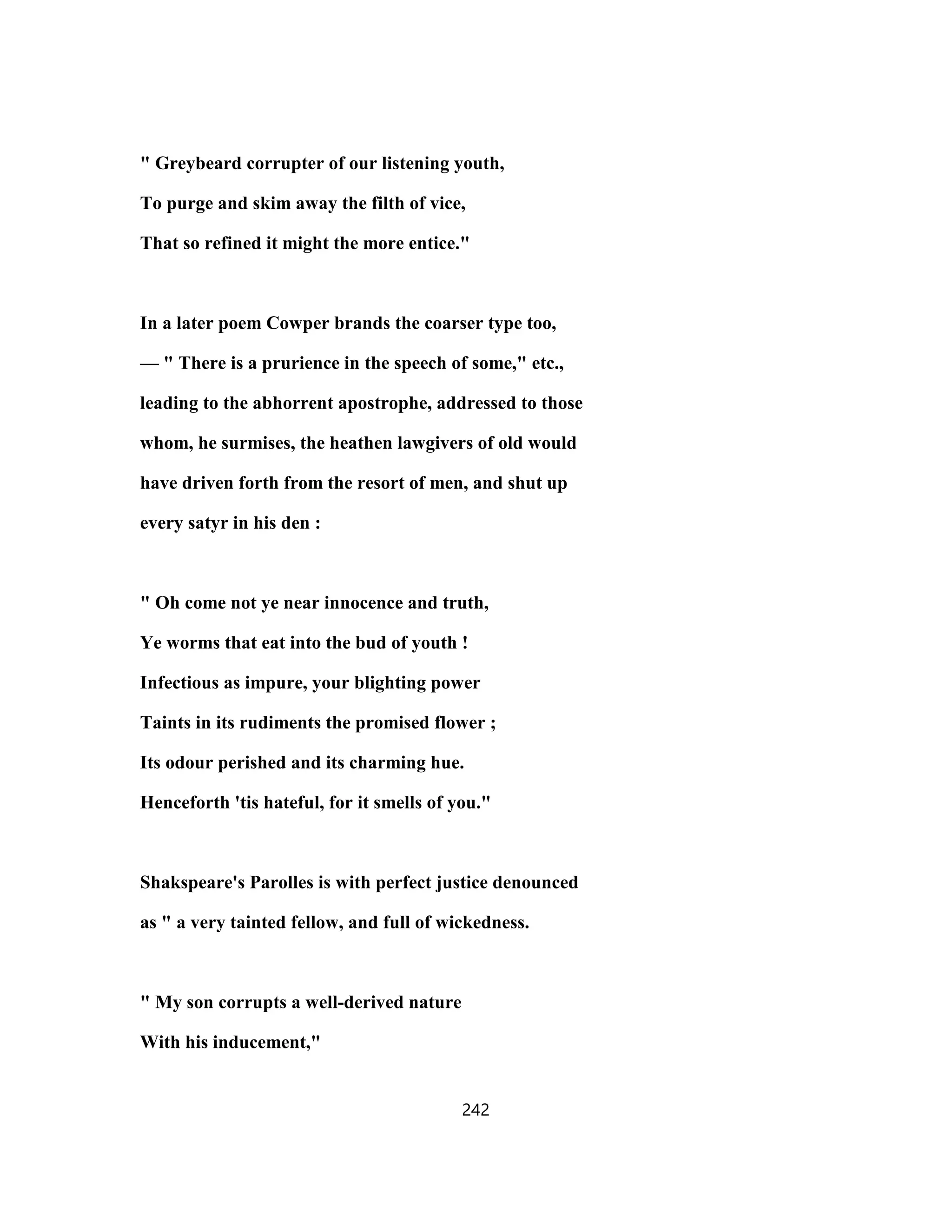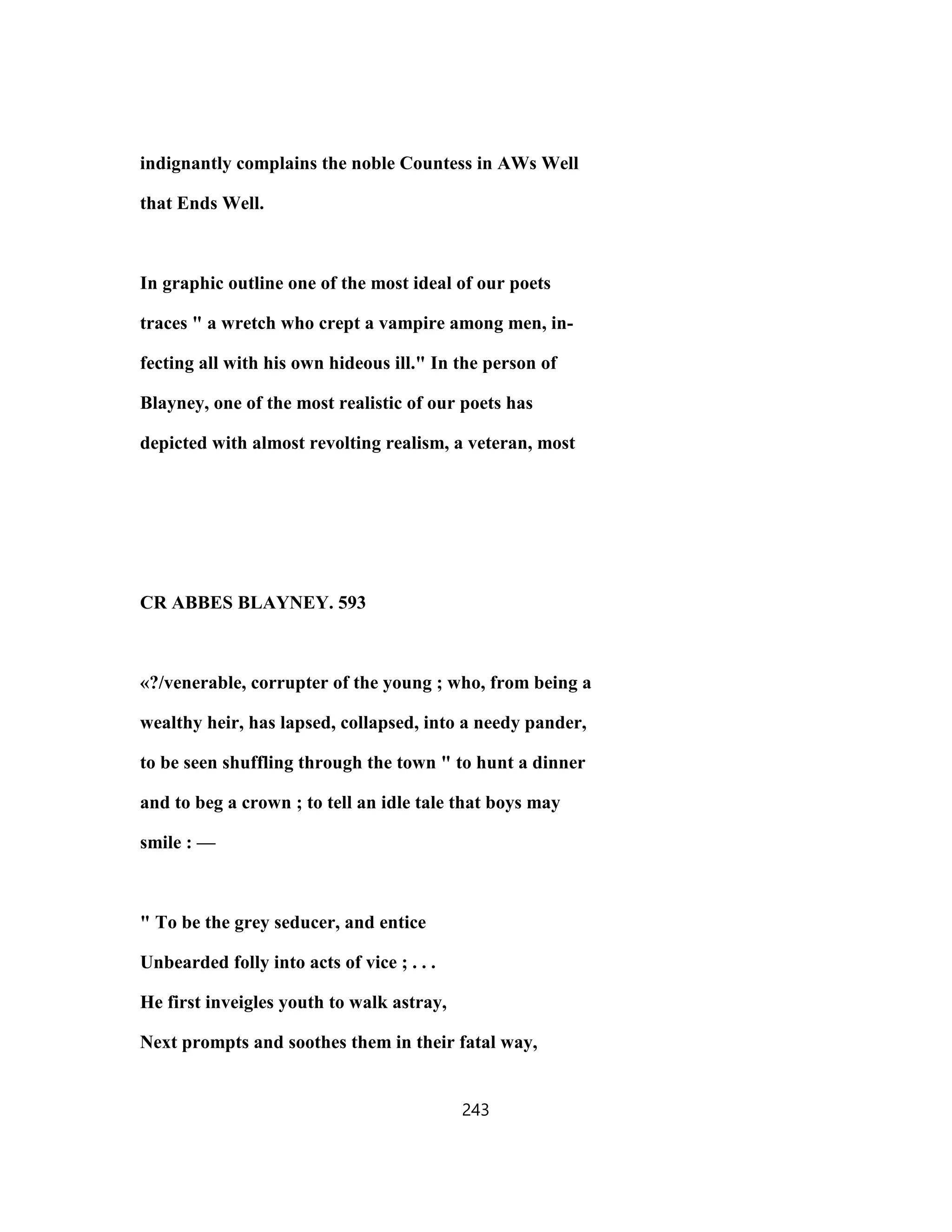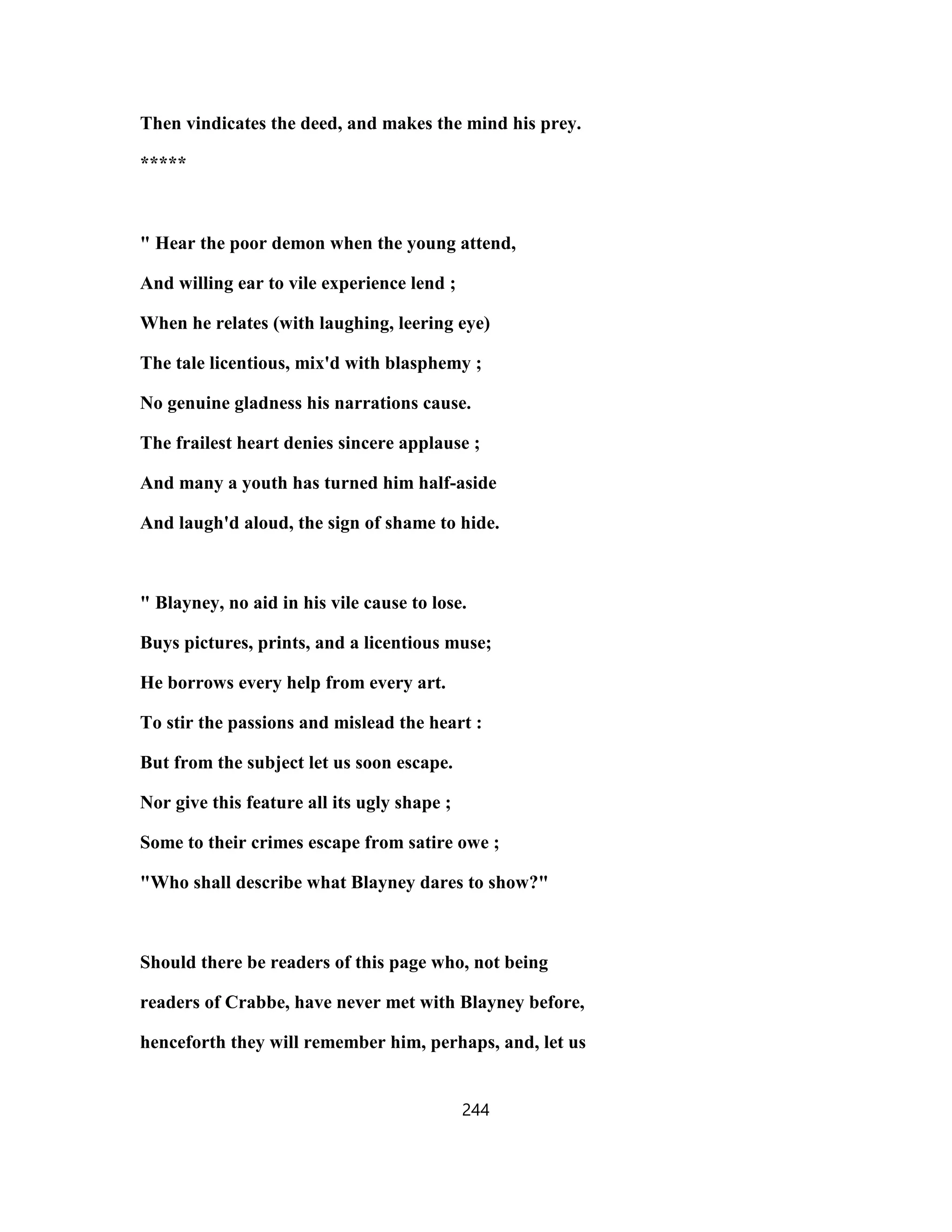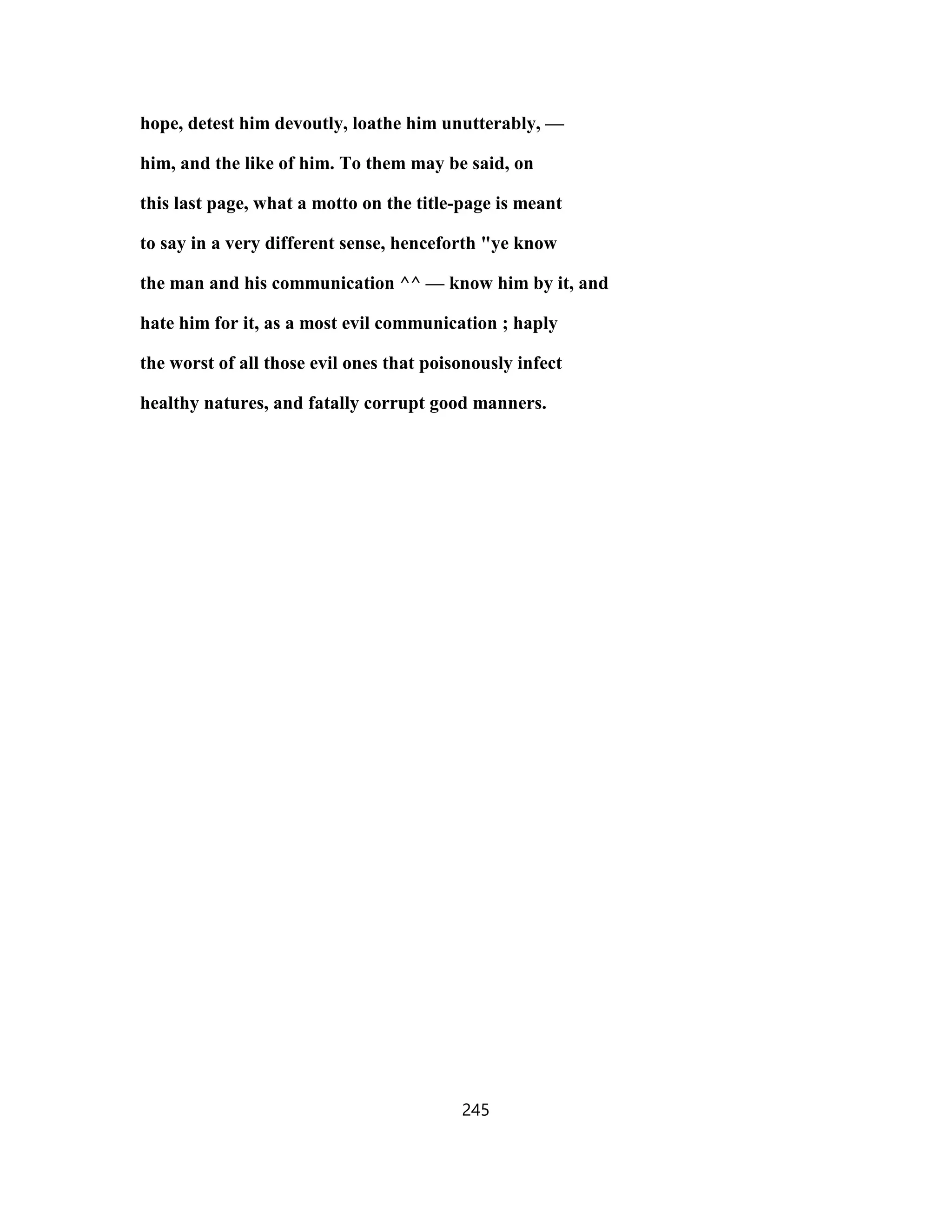The document discusses a book by Francis Jacox that explores the themes in the Book of Ecclesiastes, particularly focusing on the concept of beauty in different seasons and the appropriateness of laughter in various contexts. It emphasizes the importance of timing and context in both nature and human emotions, presenting various literary and biblical references to illustrate how certain moments are considered beautiful or comedic when experienced at the right time. Ultimately, it conveys that every season has its own beauty, as do different times for laughter, encouraging a reflective understanding of life's varying circumstances.
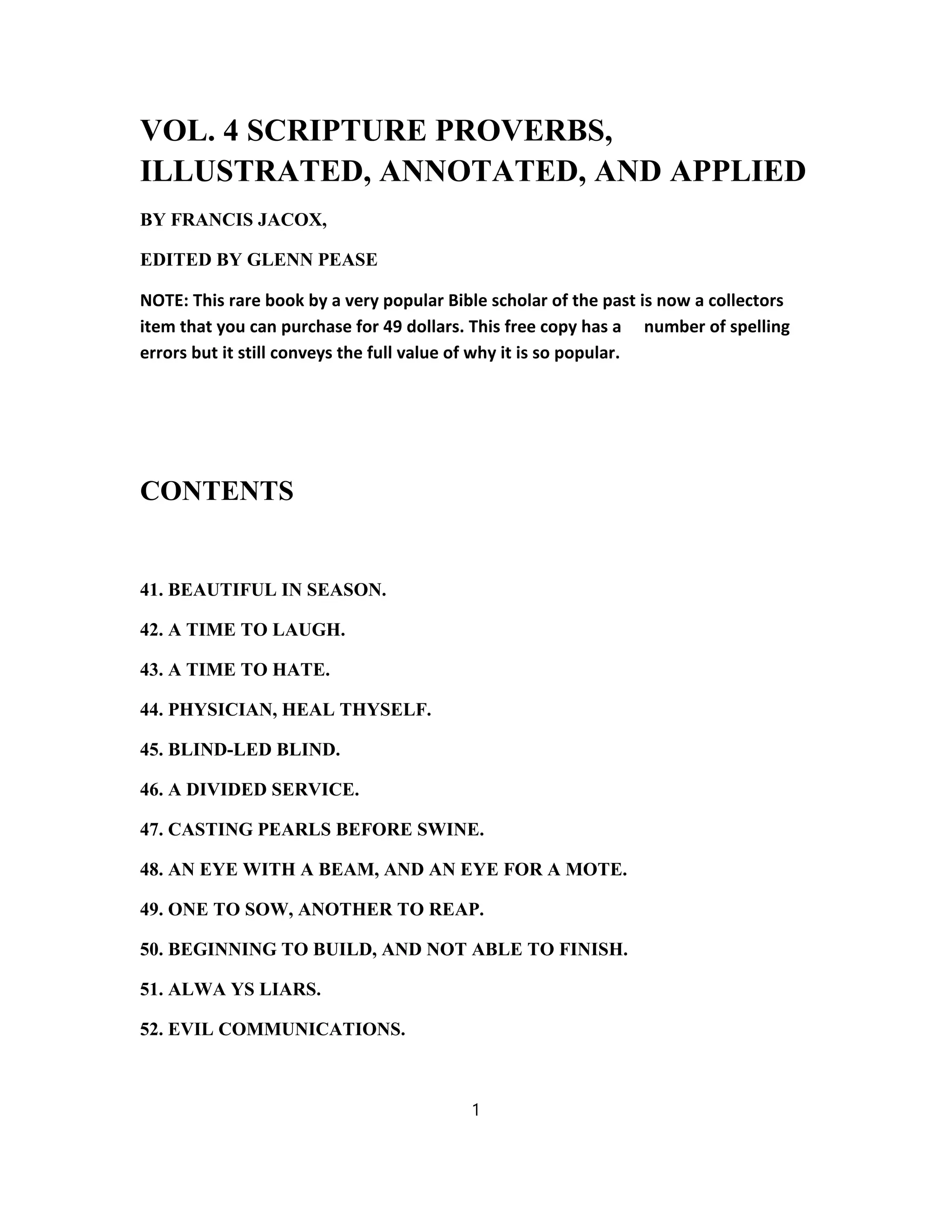
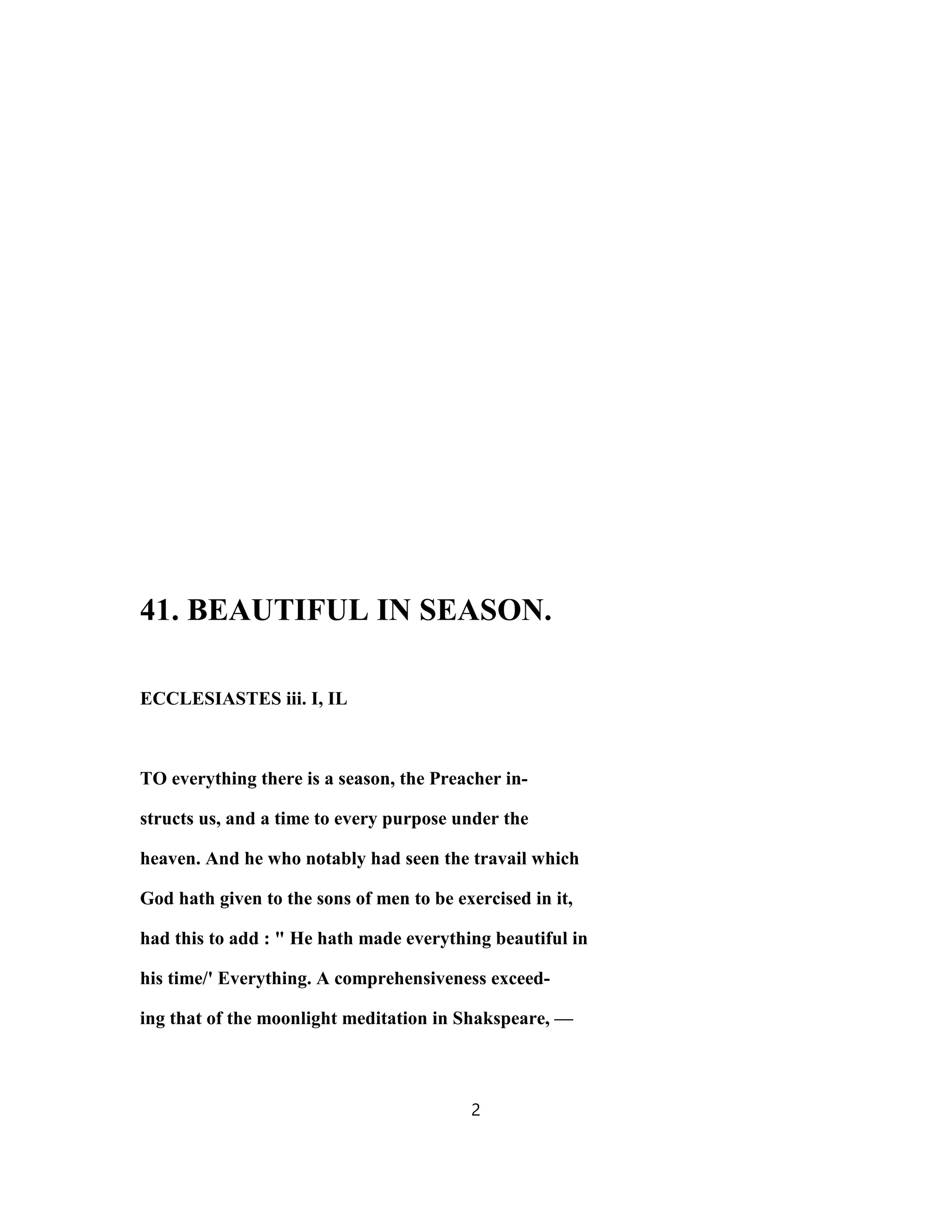
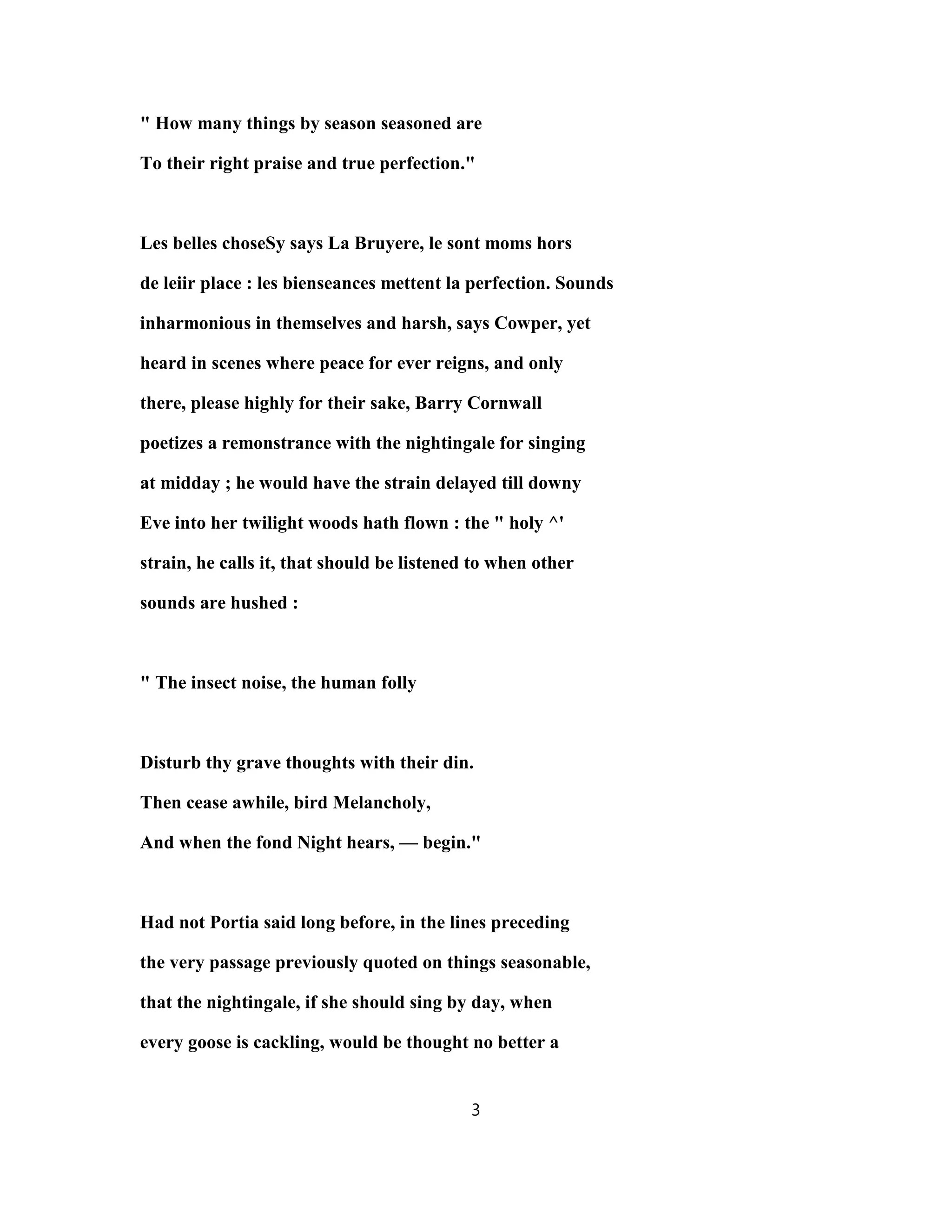
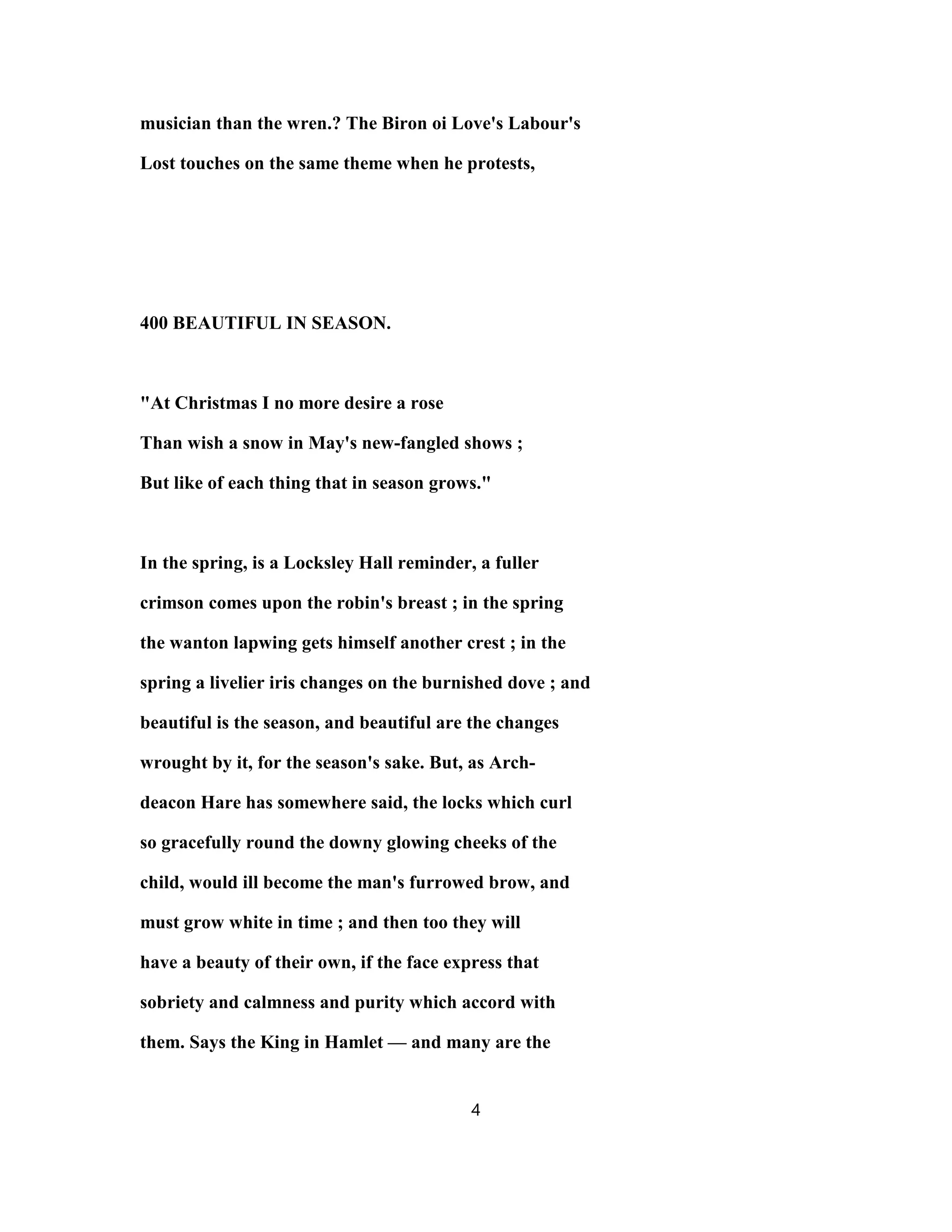
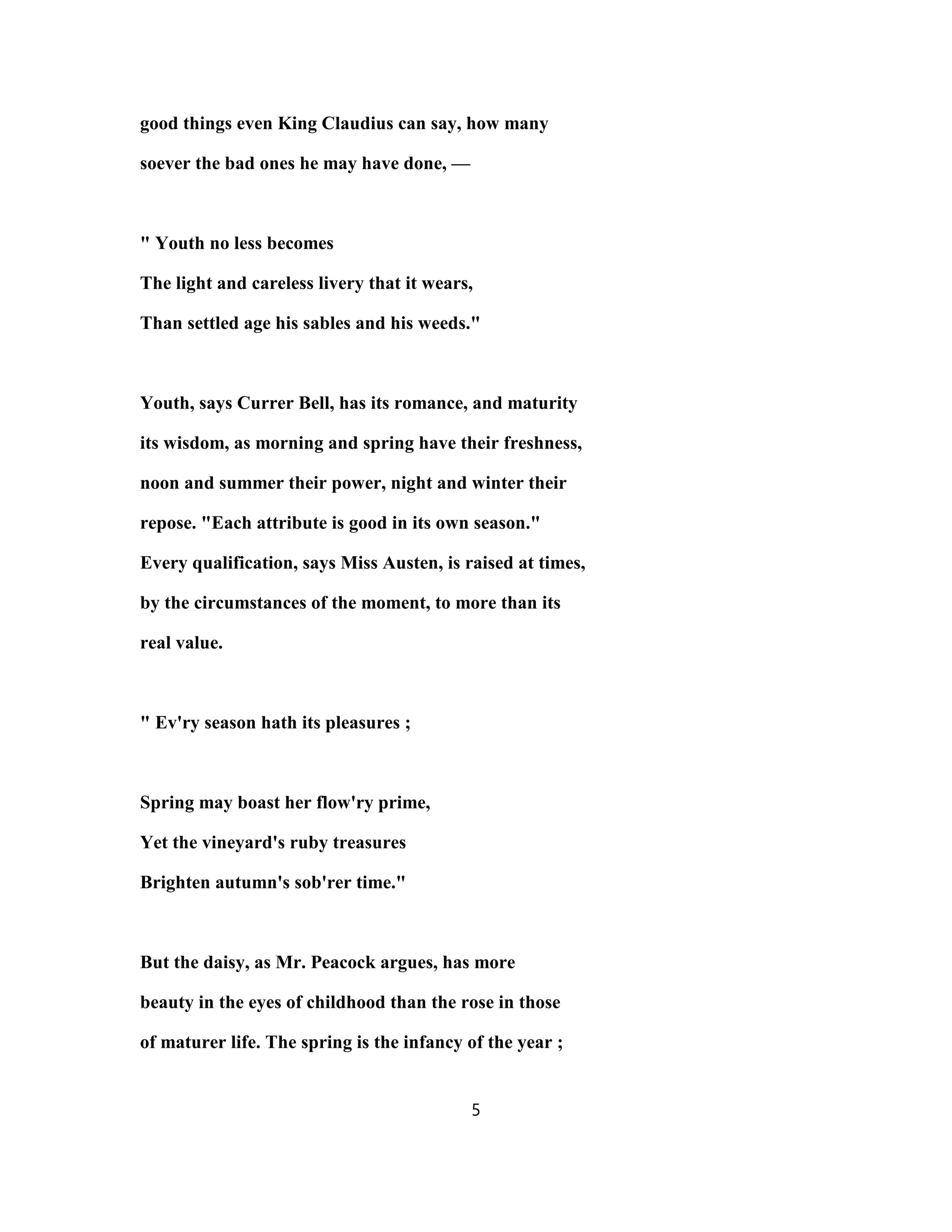
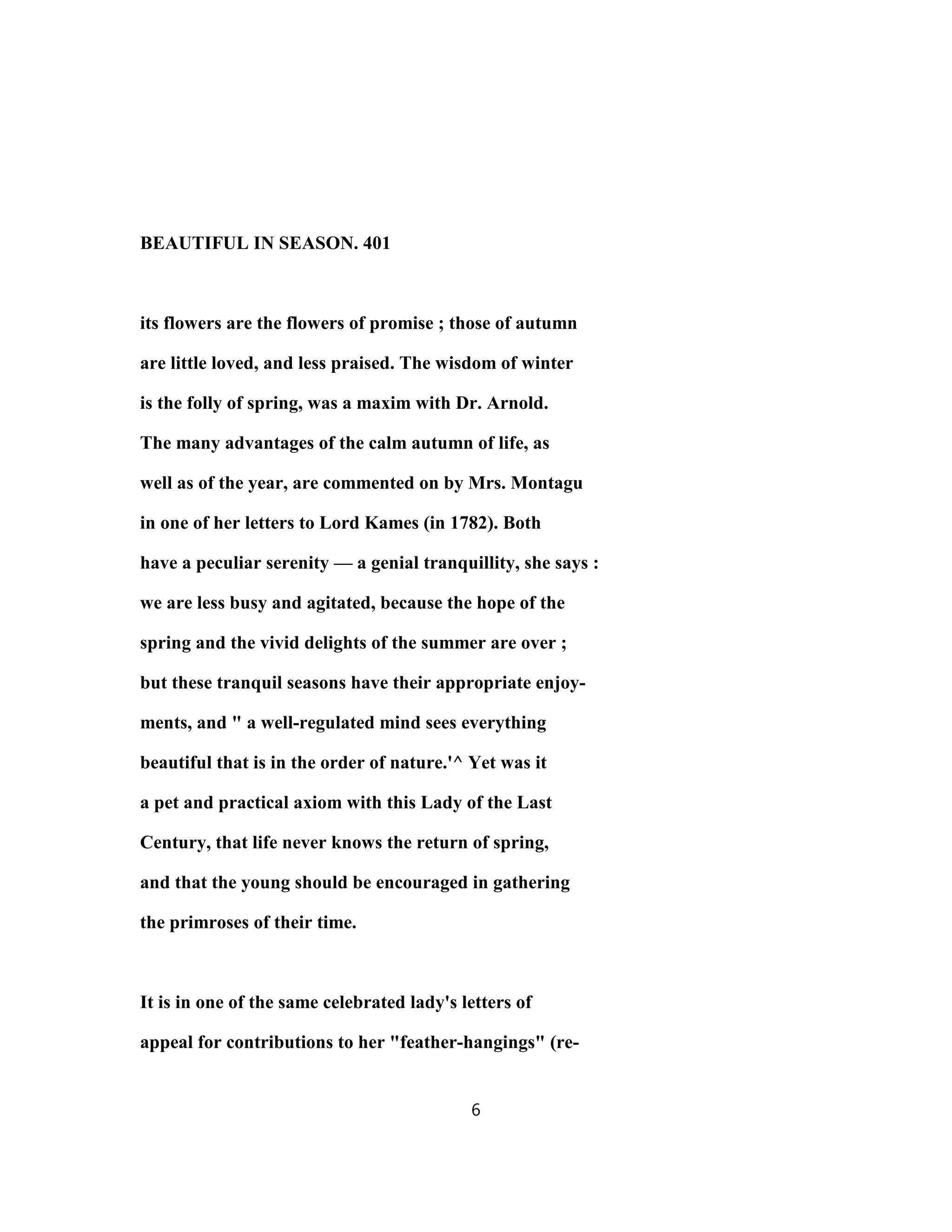
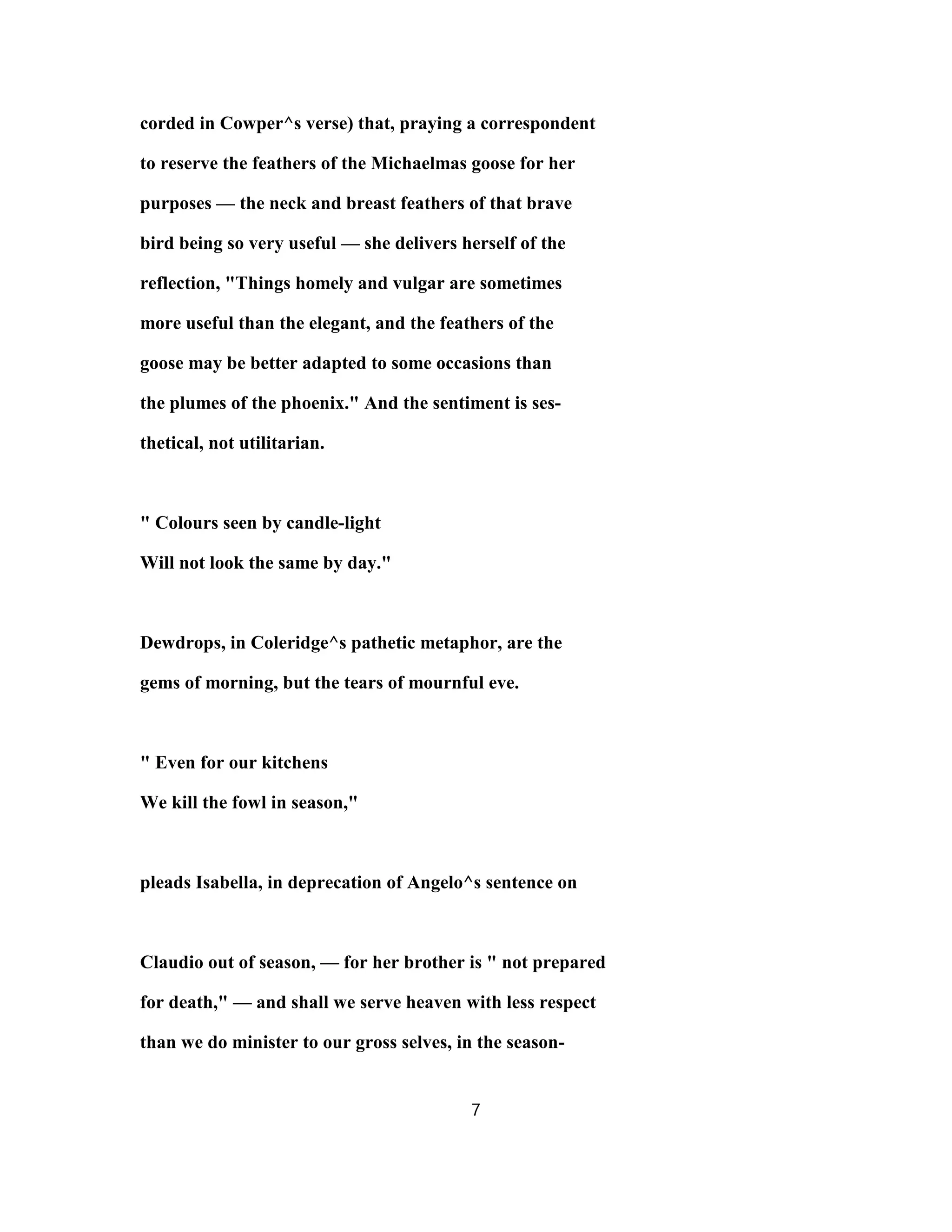
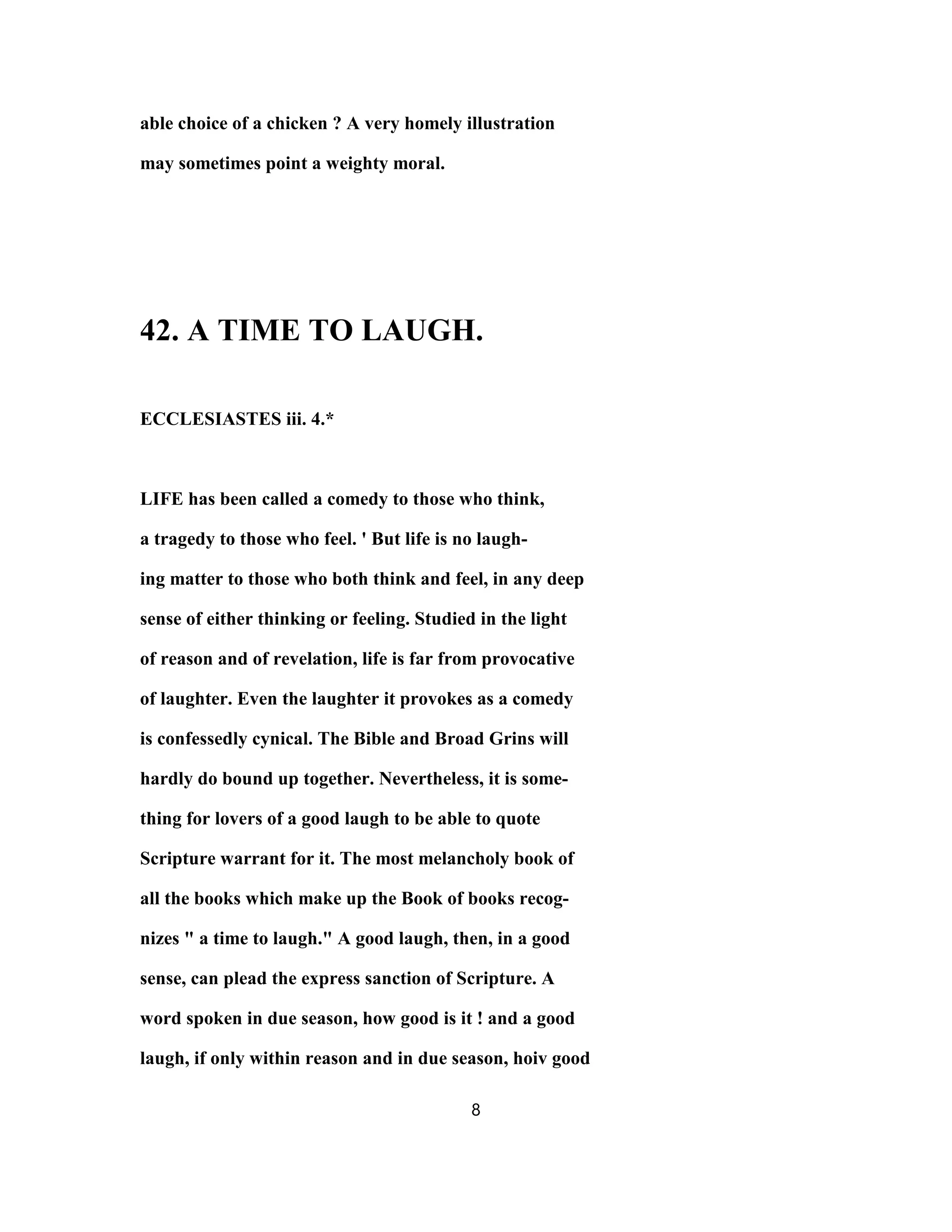
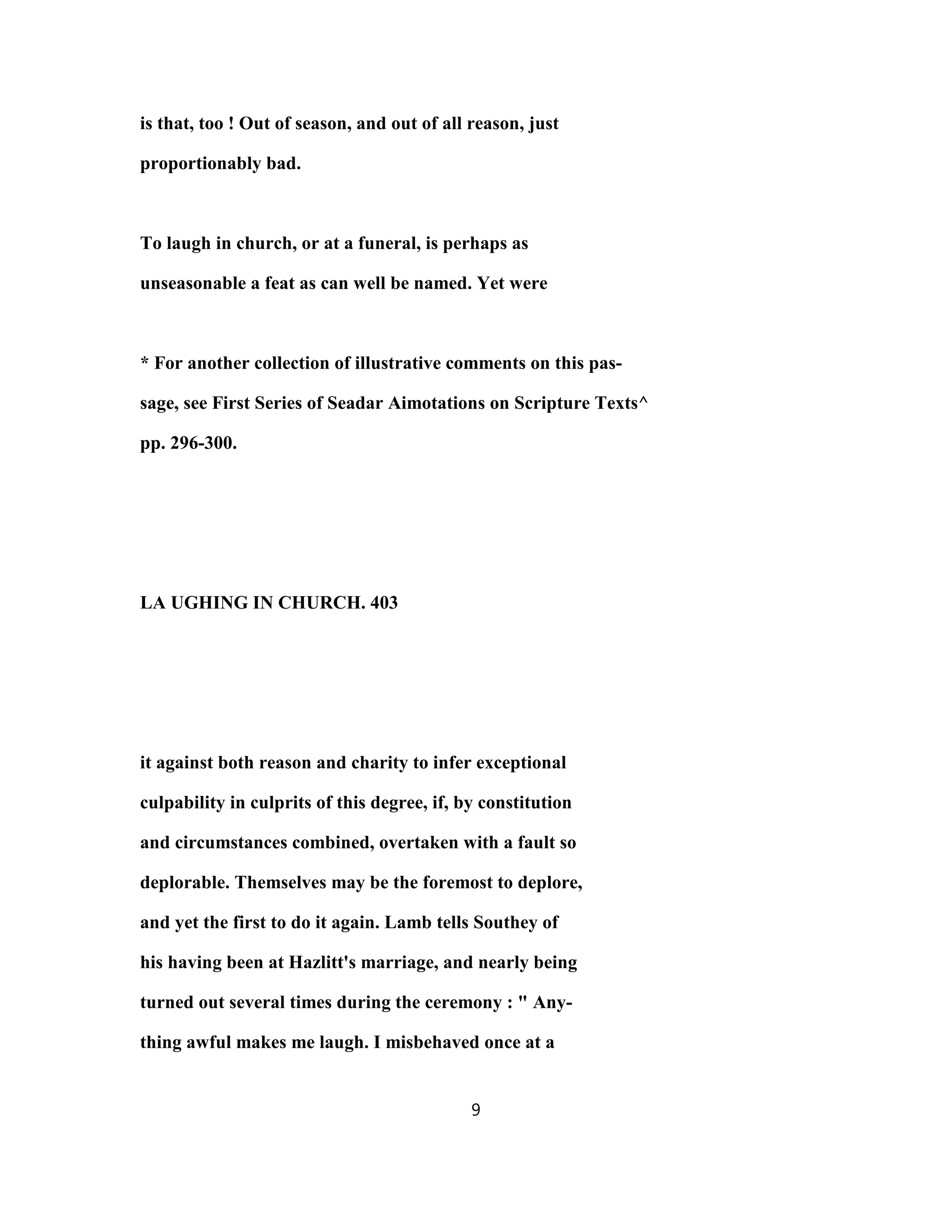
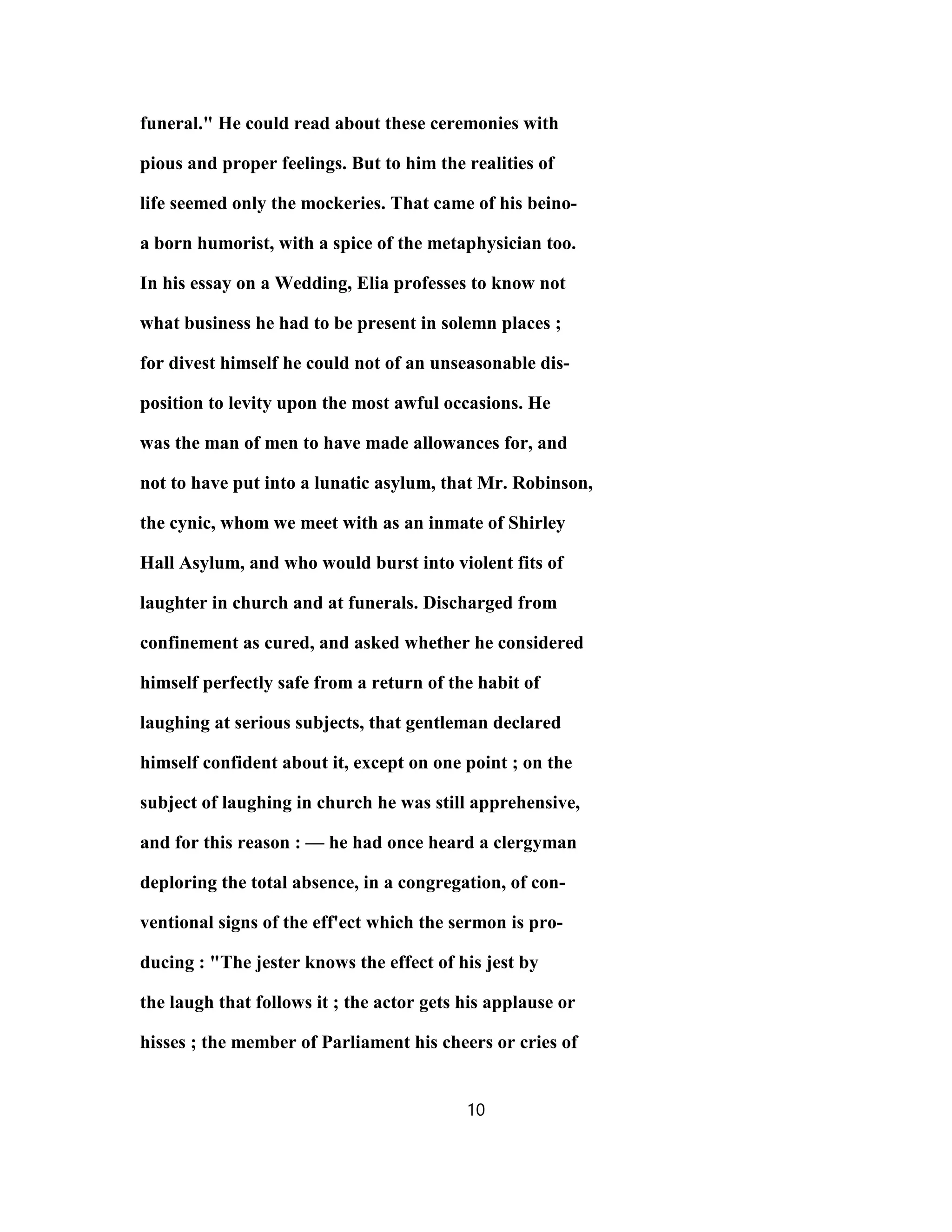
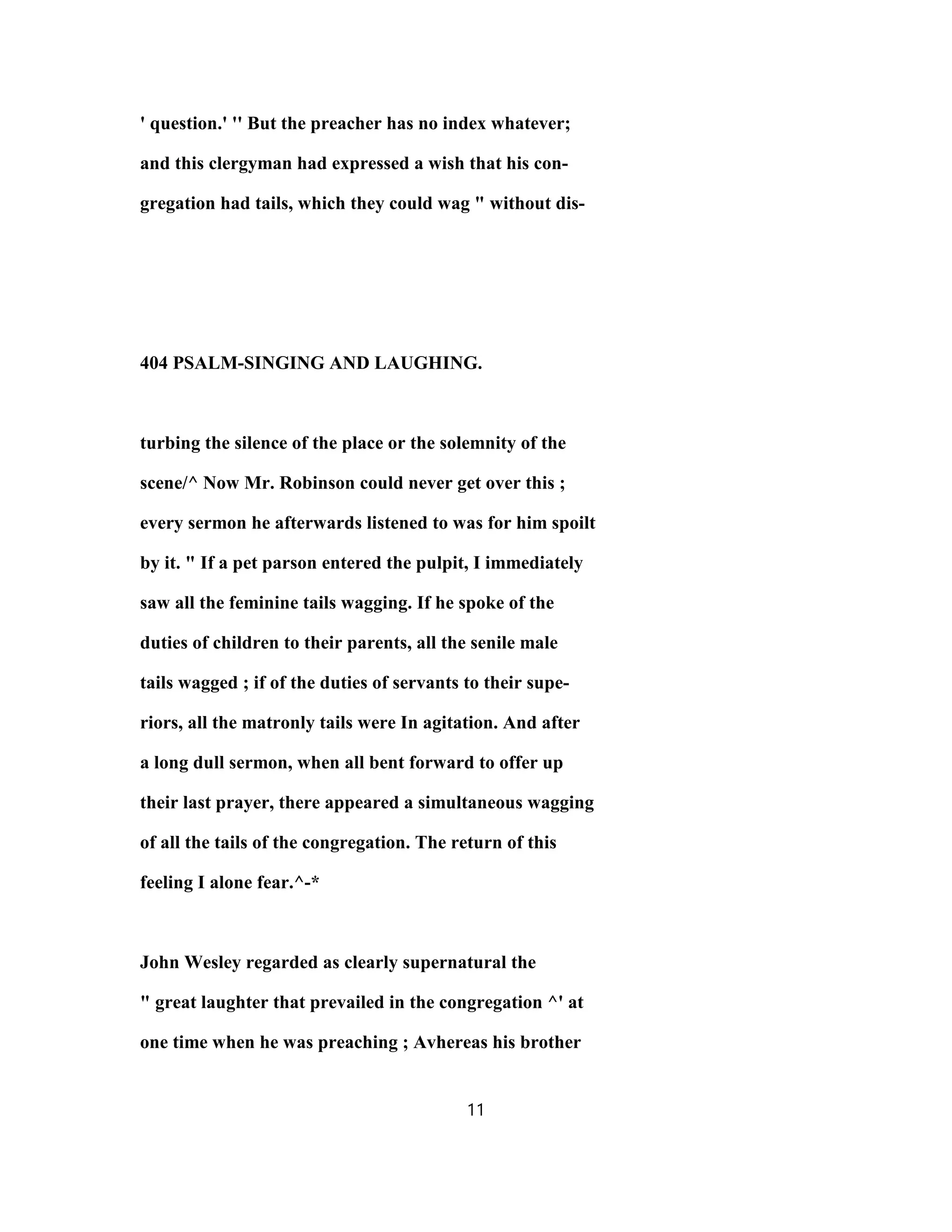
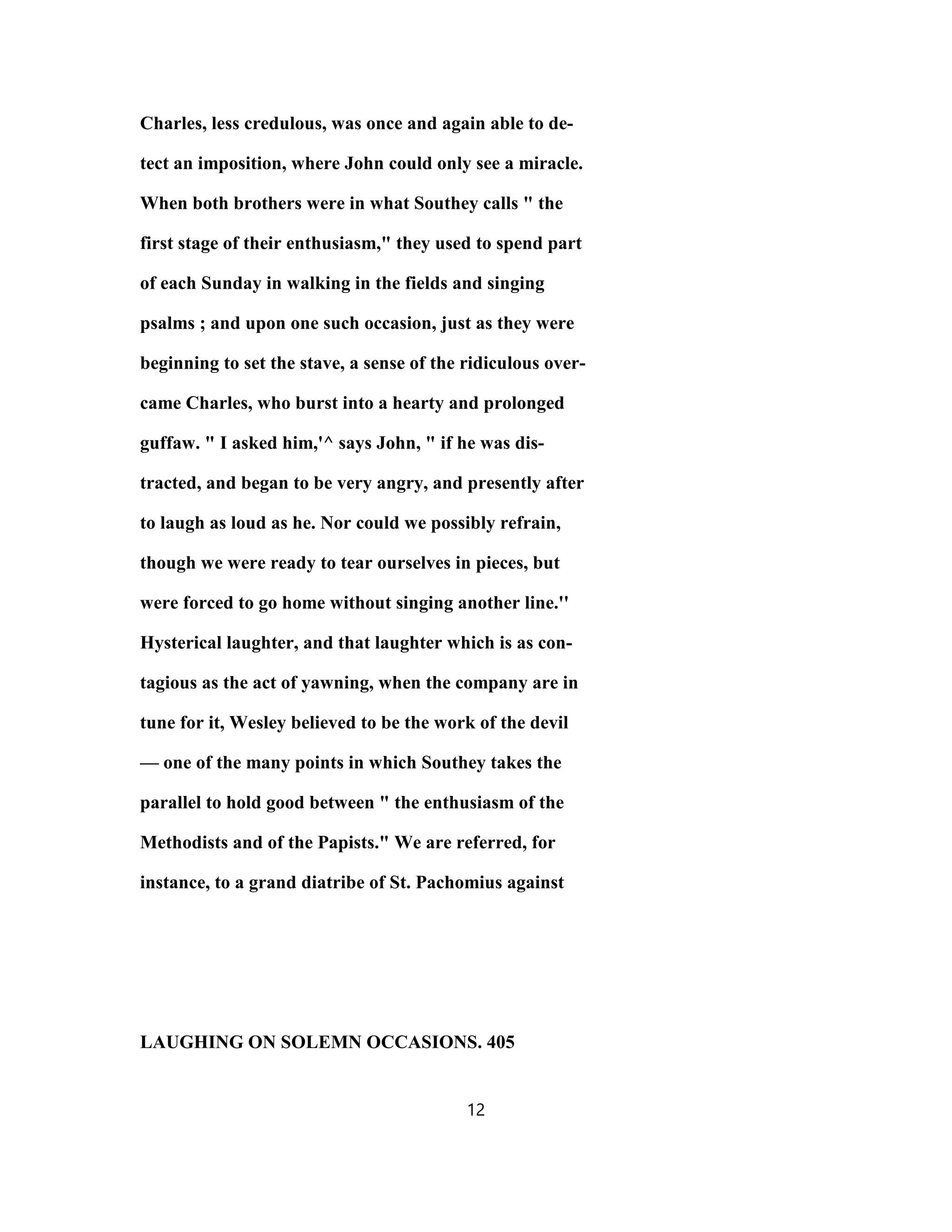
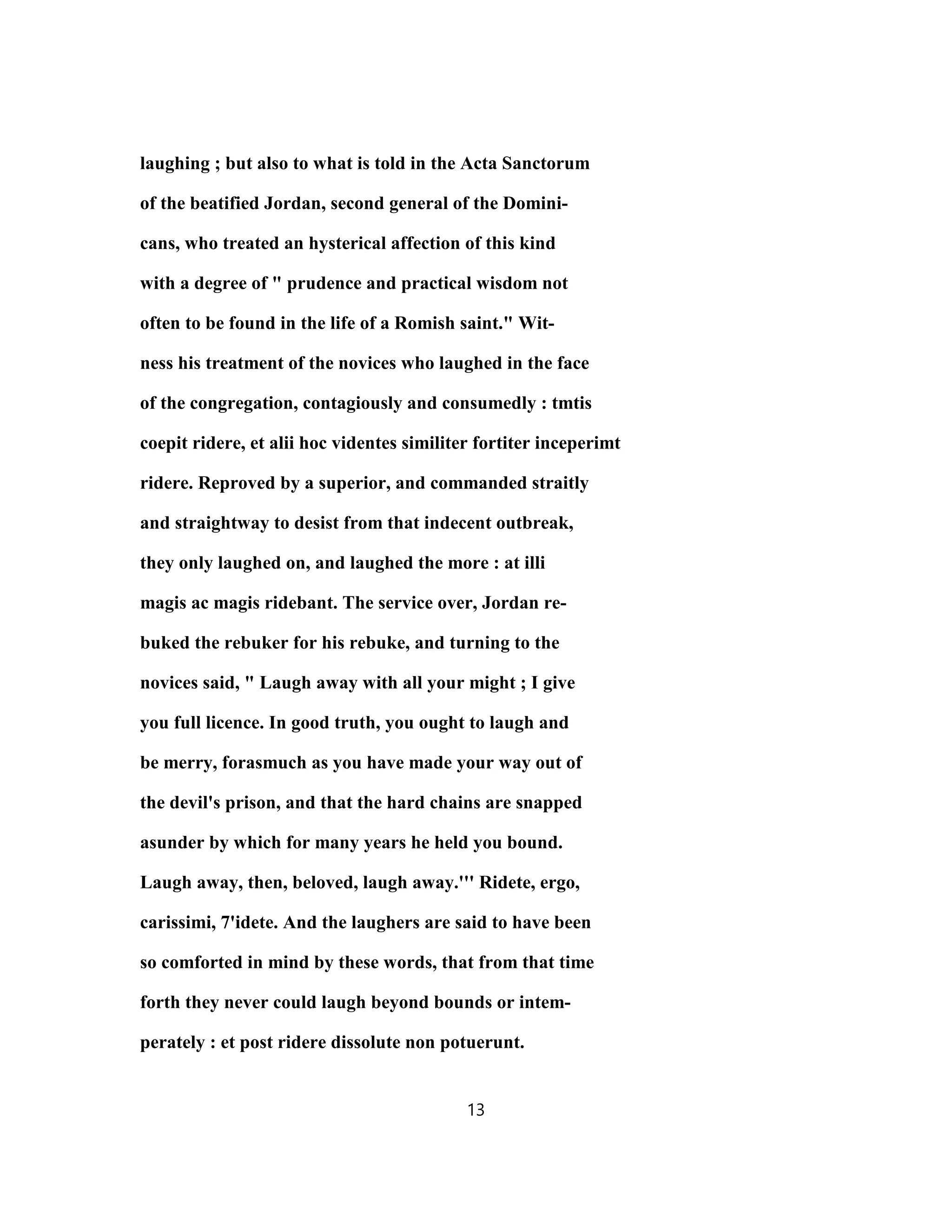
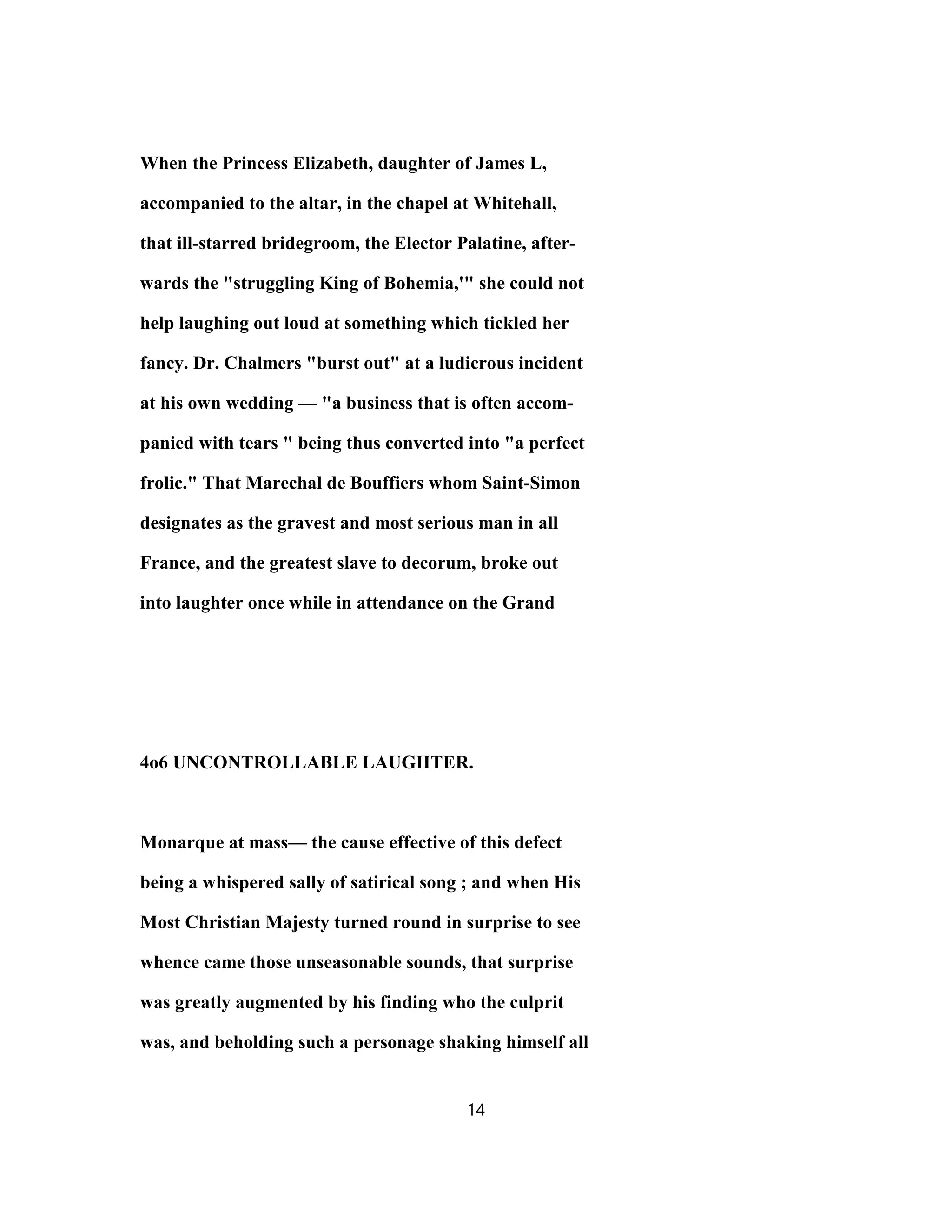
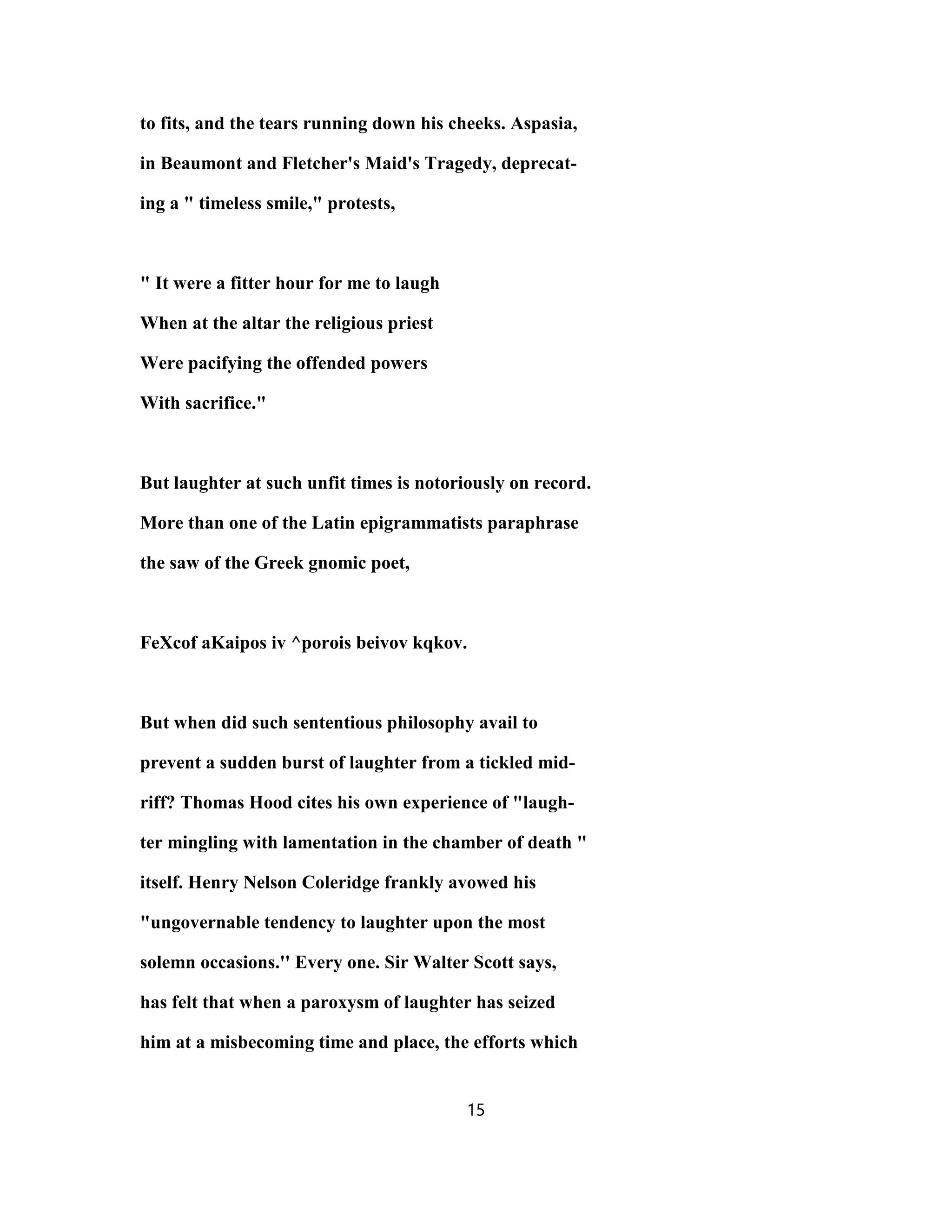
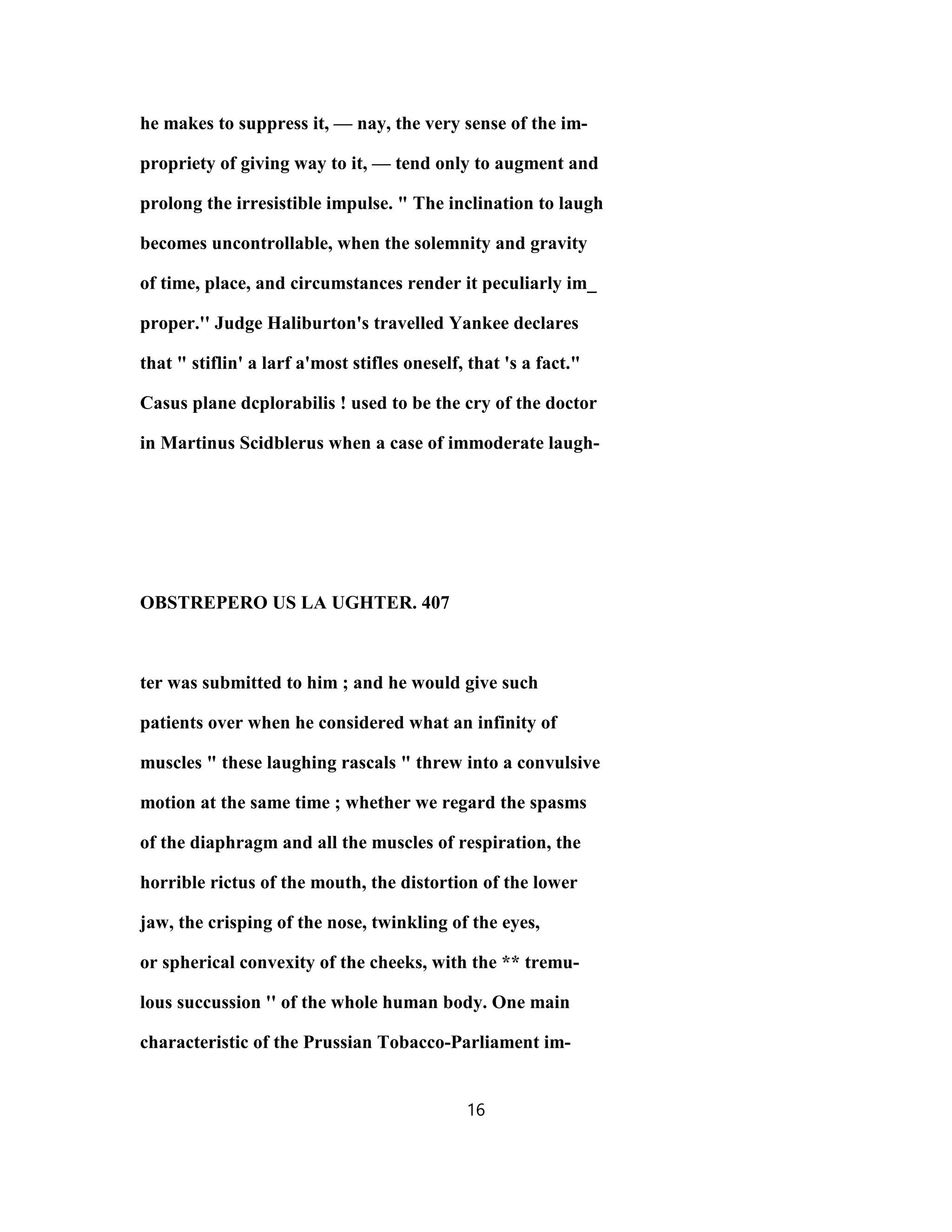
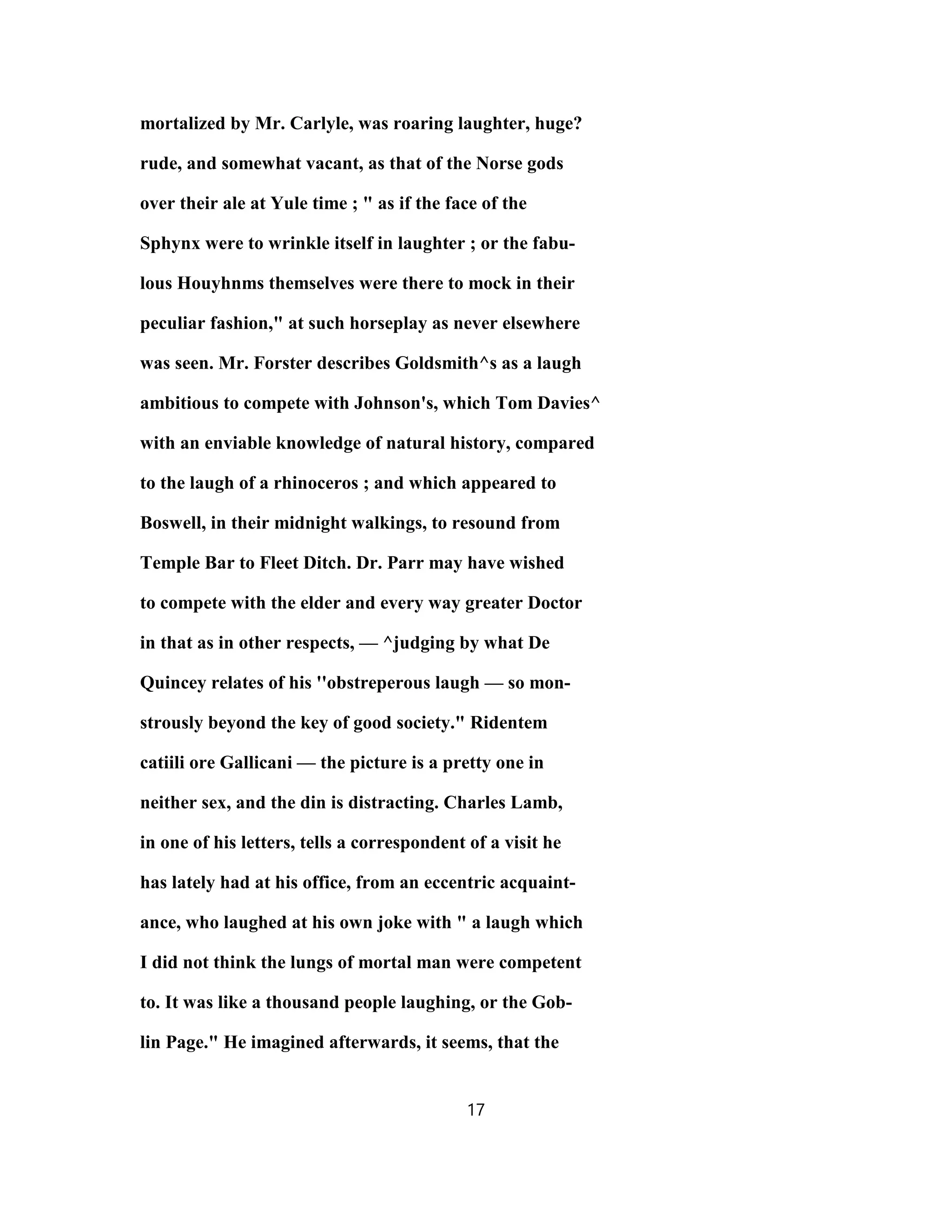
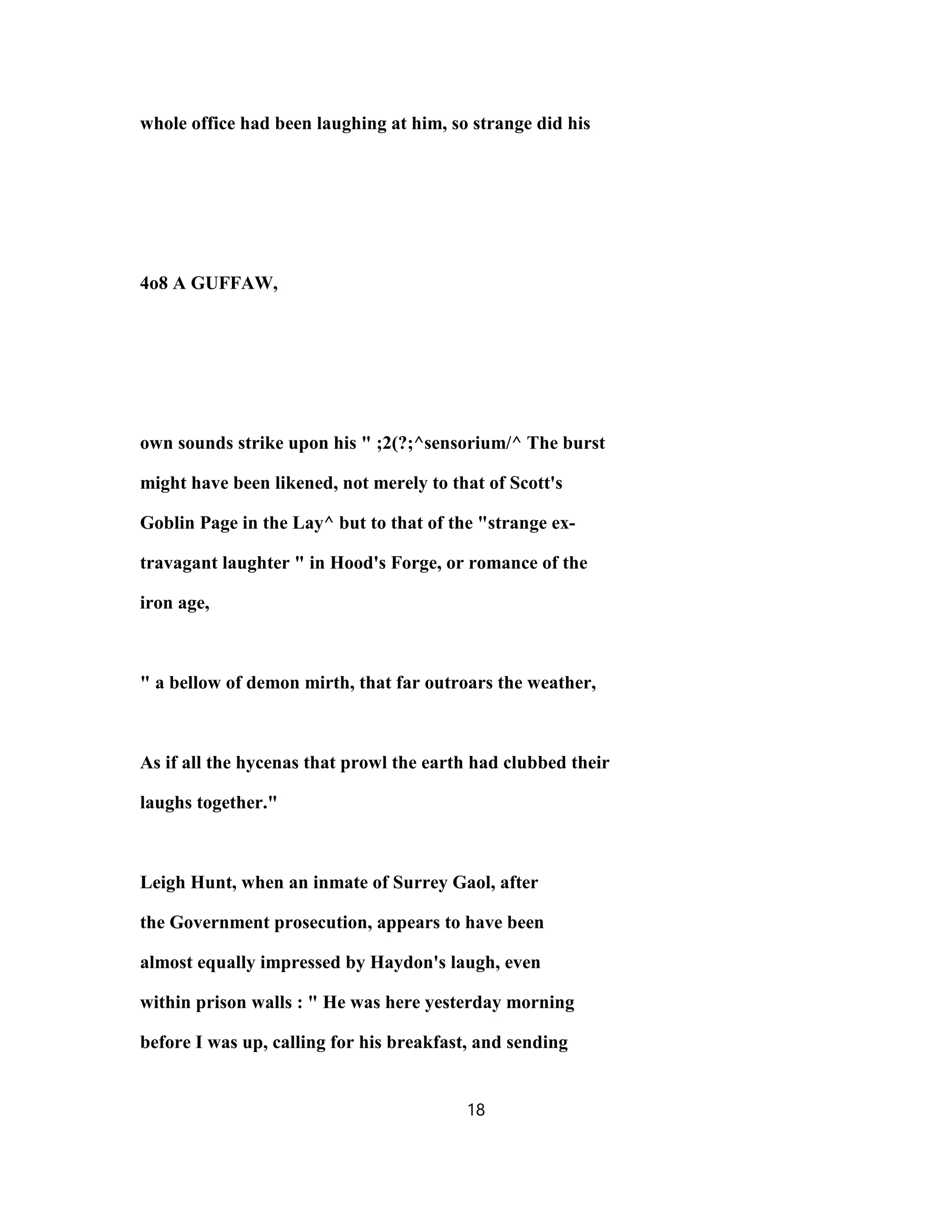
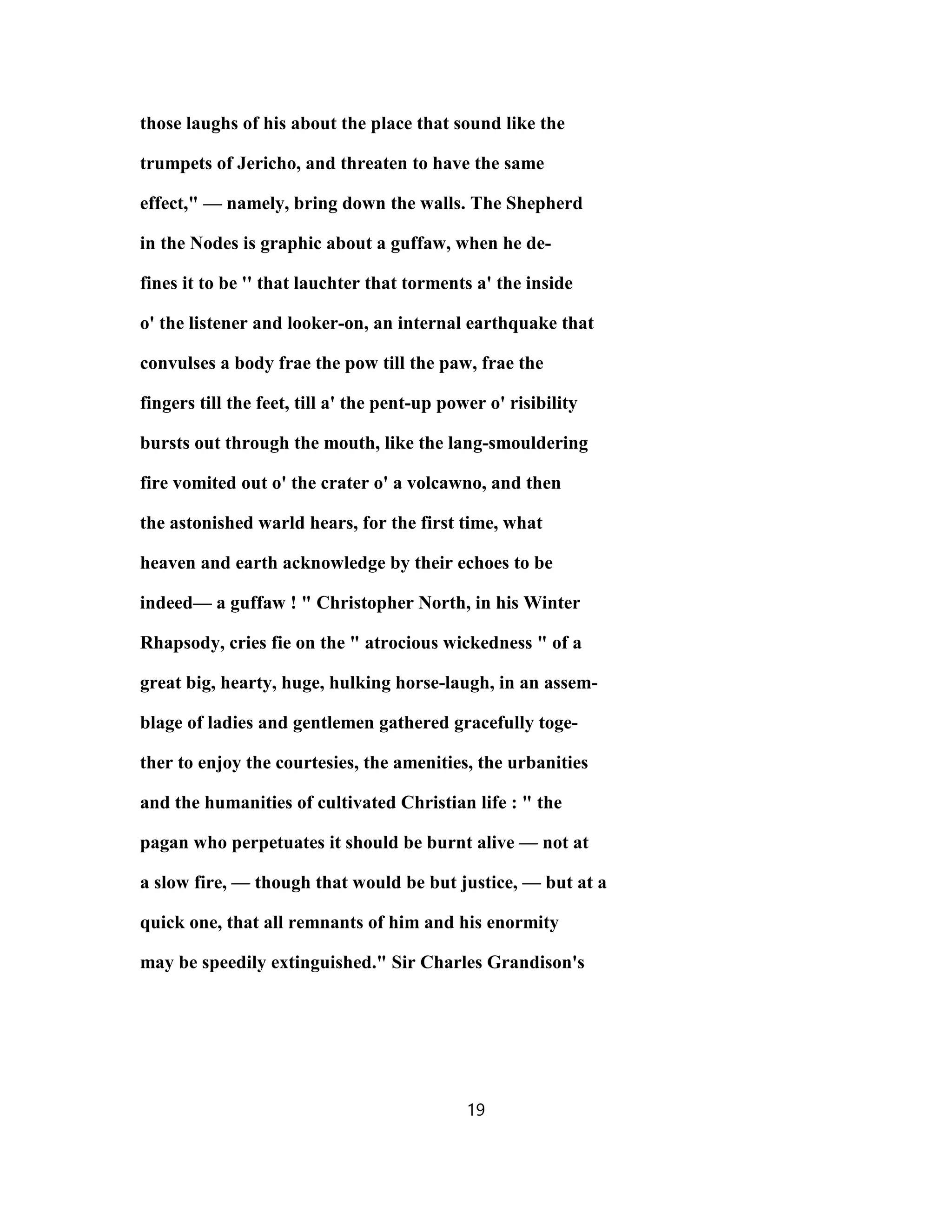
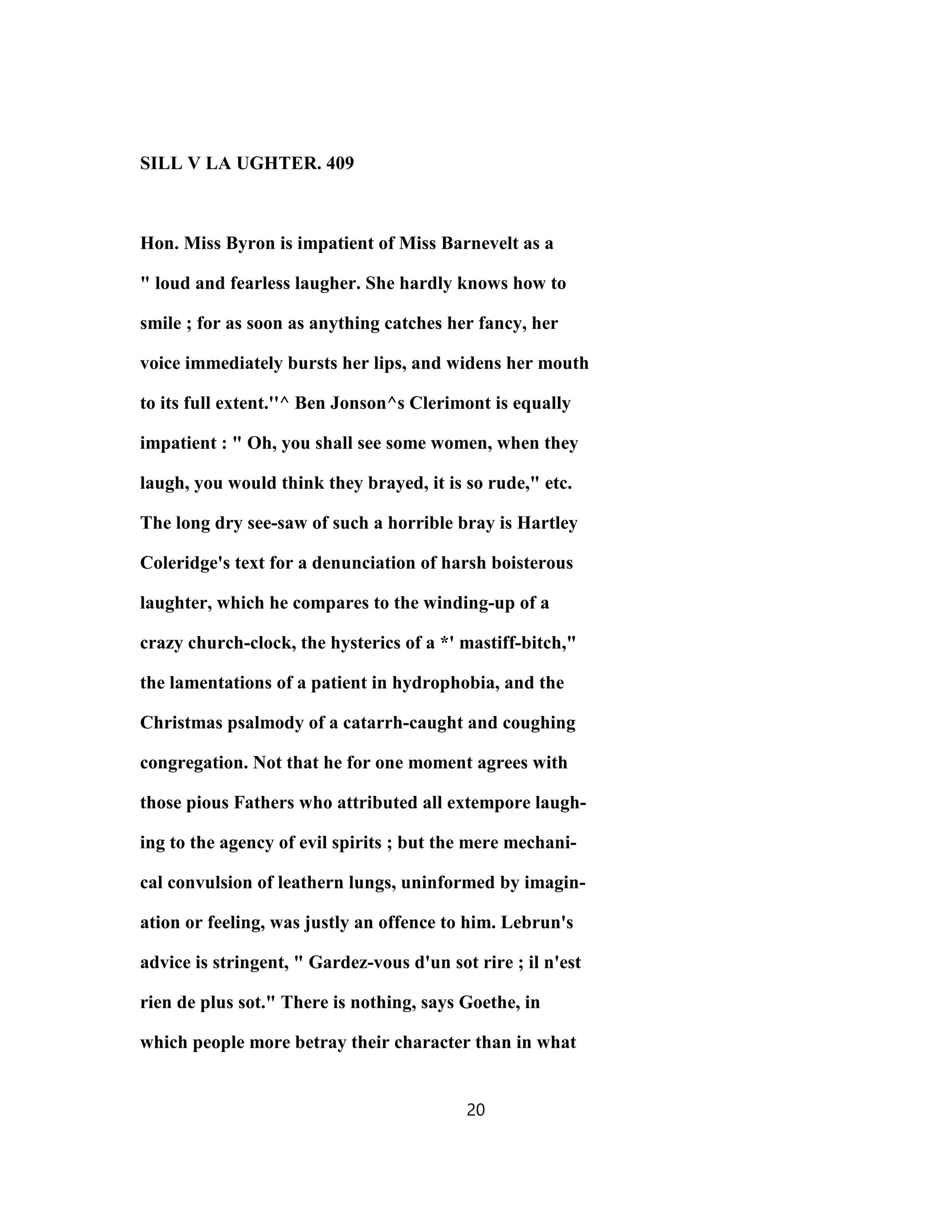
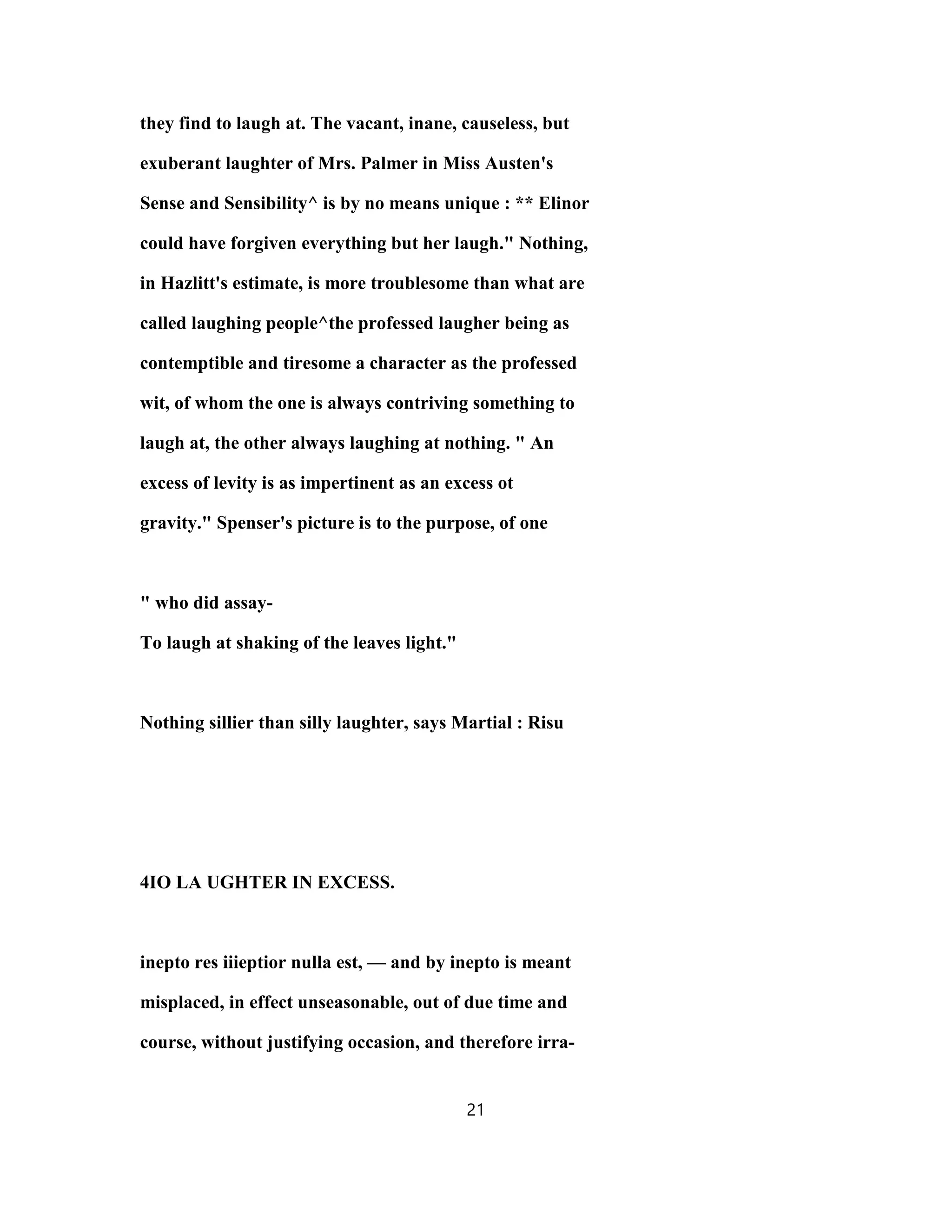
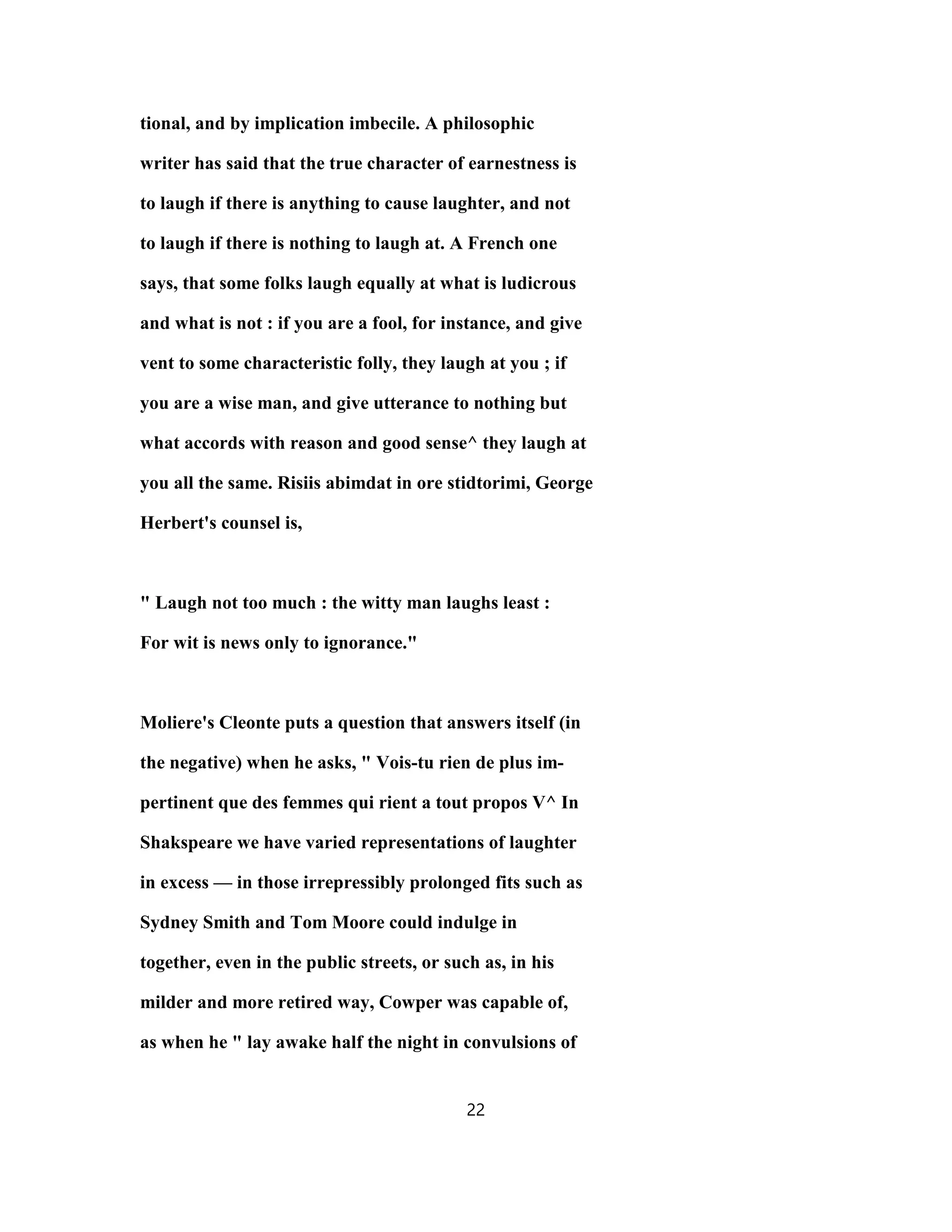
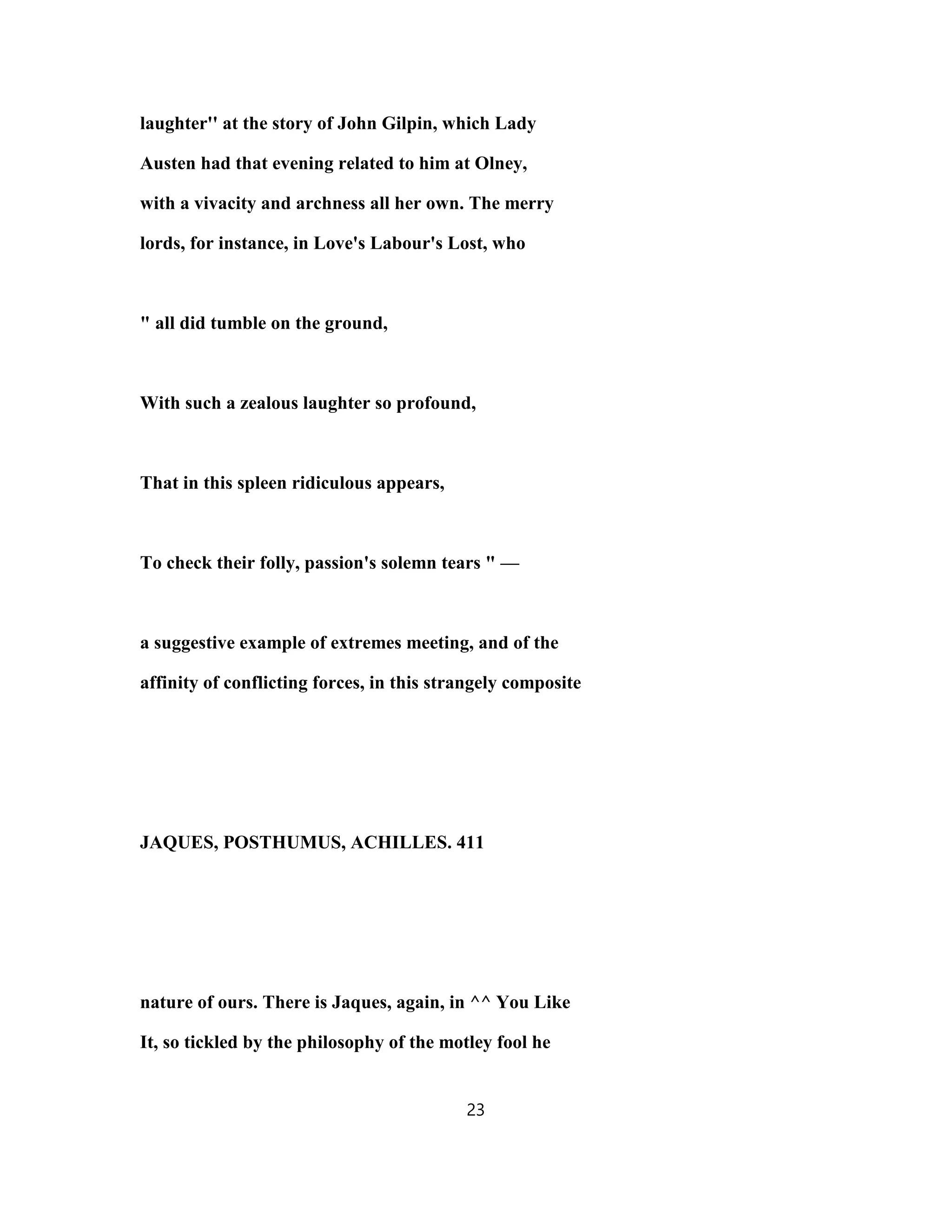
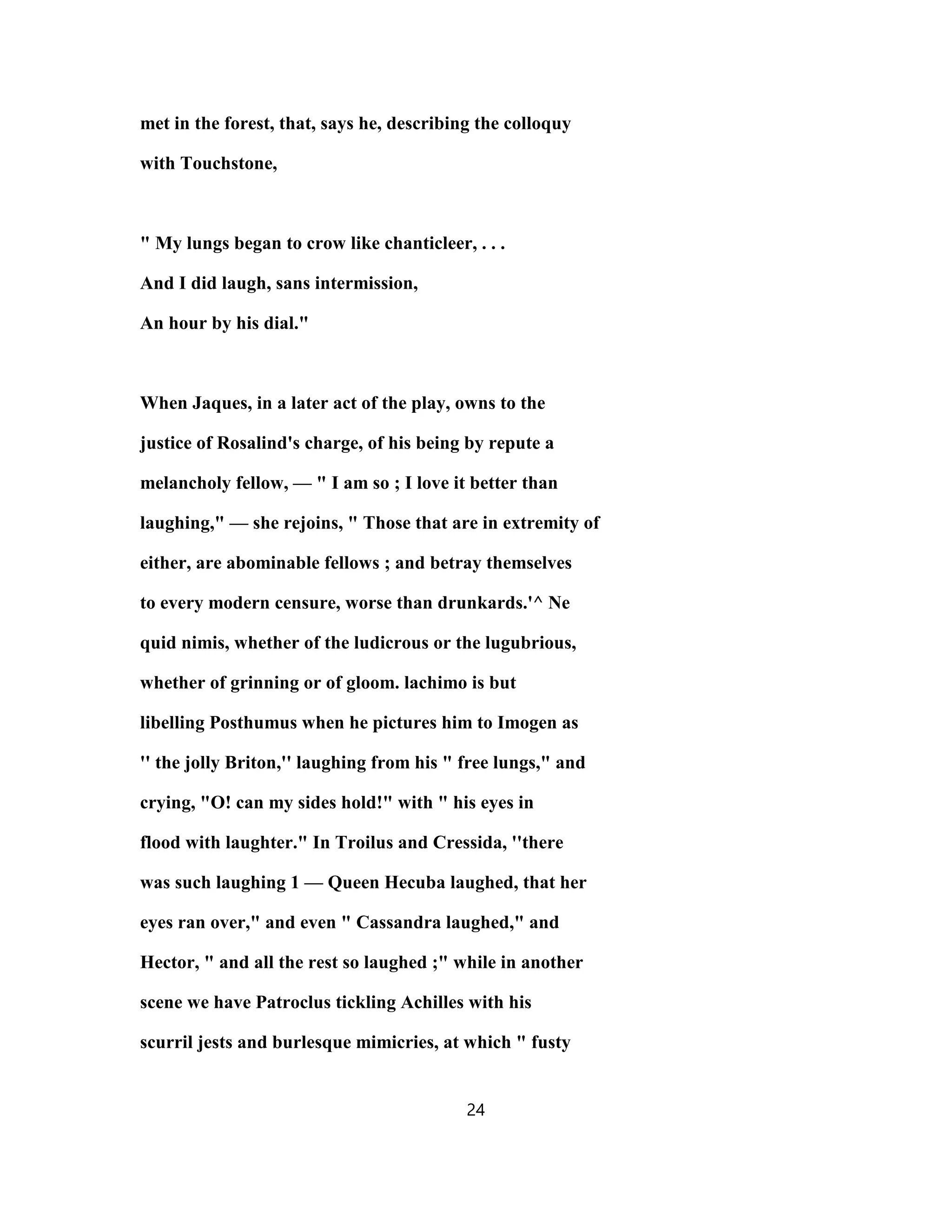
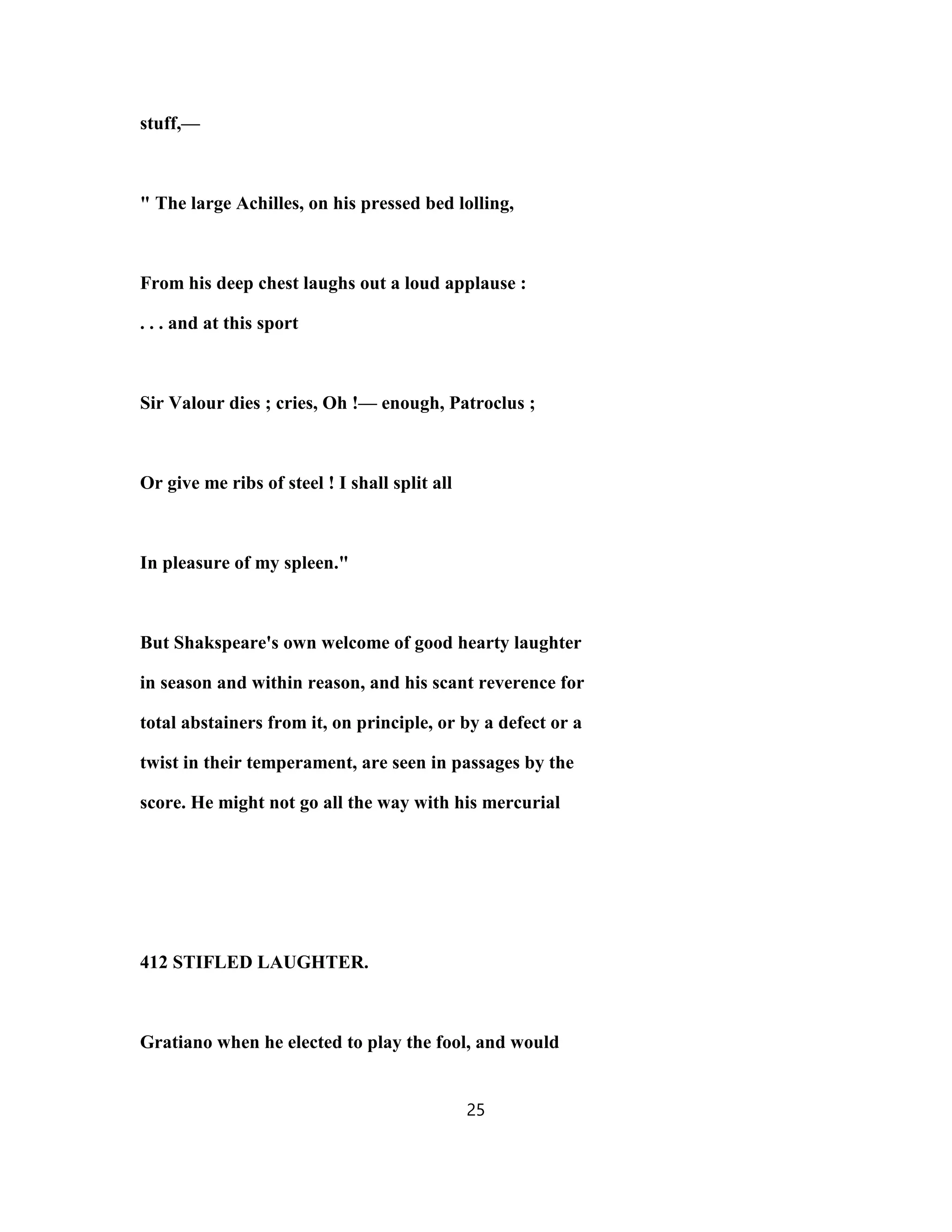
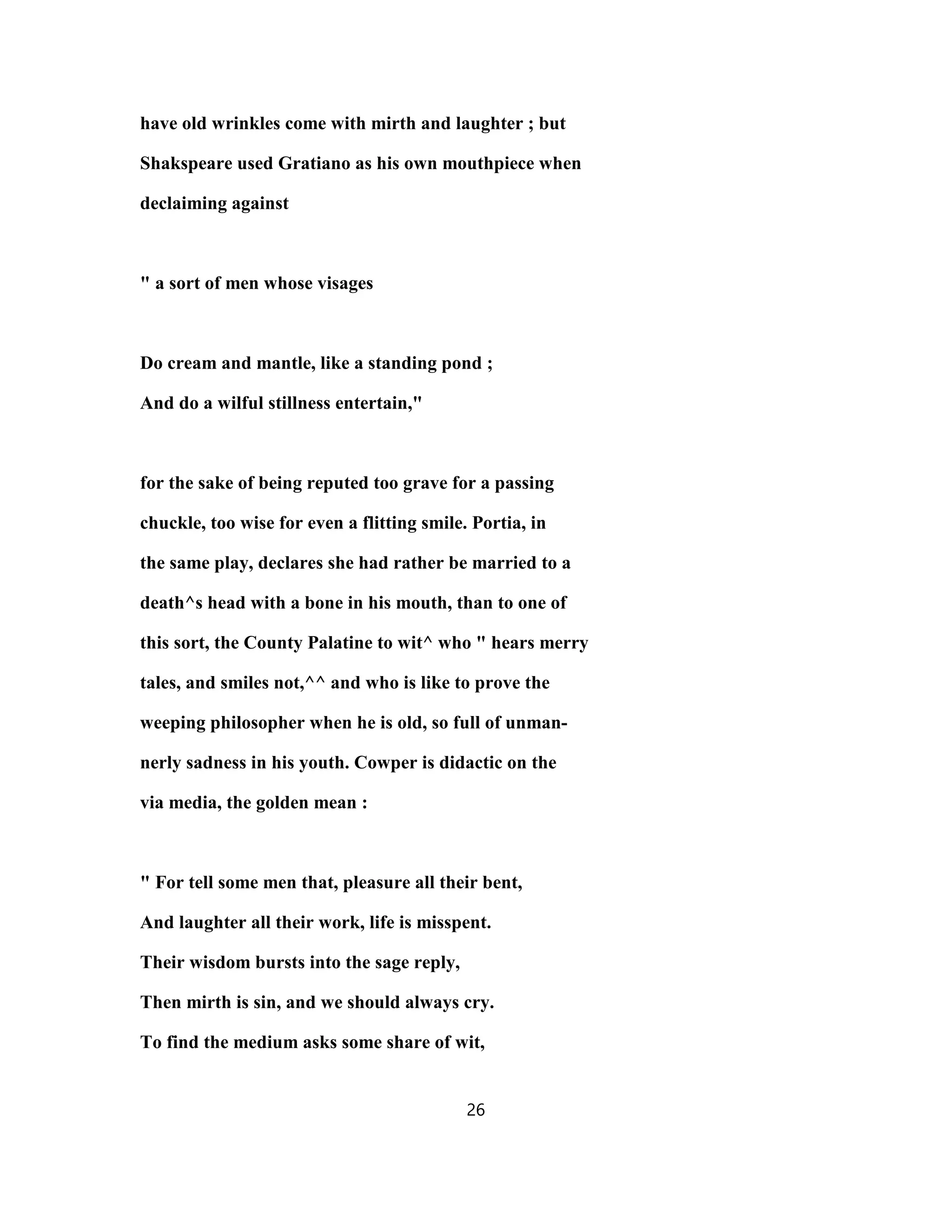
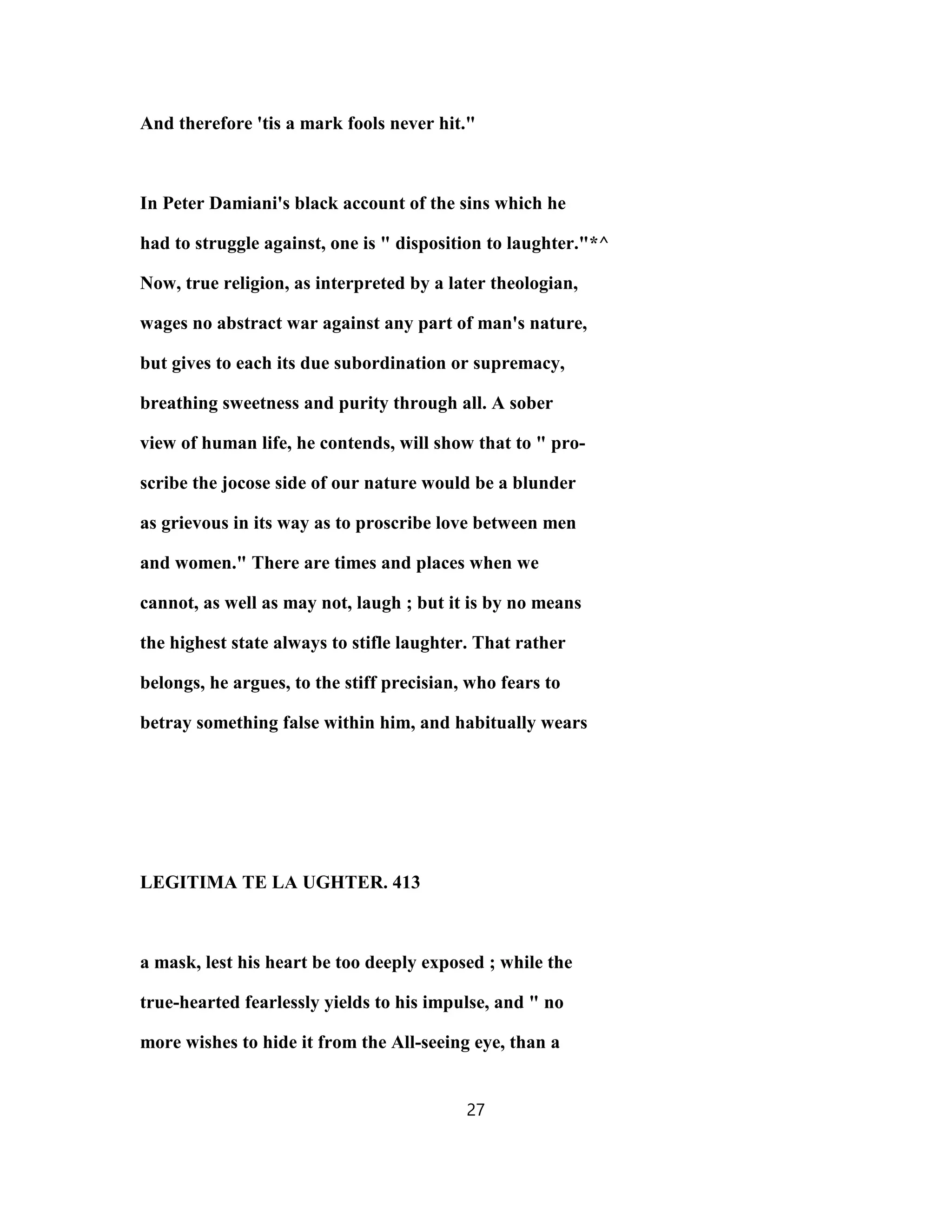
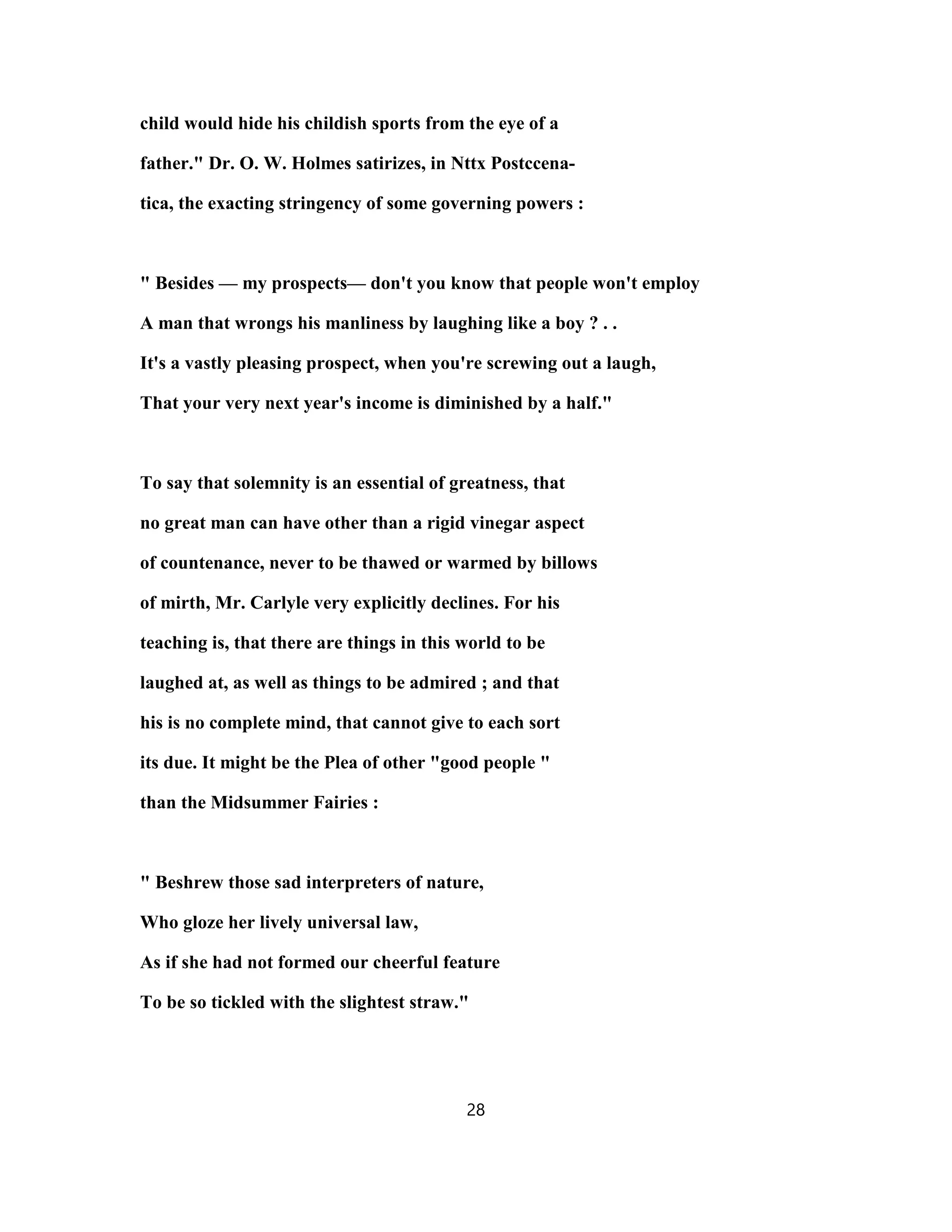
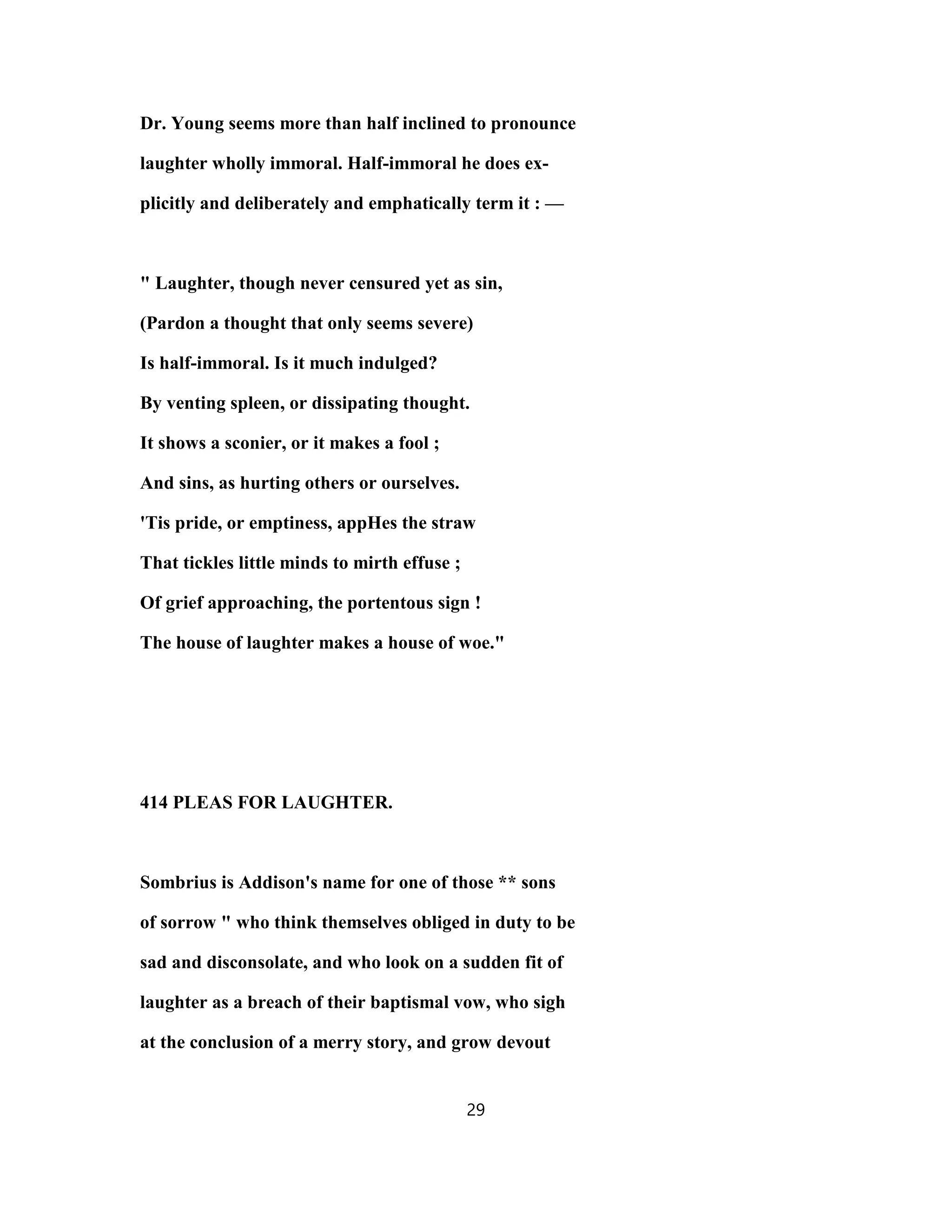
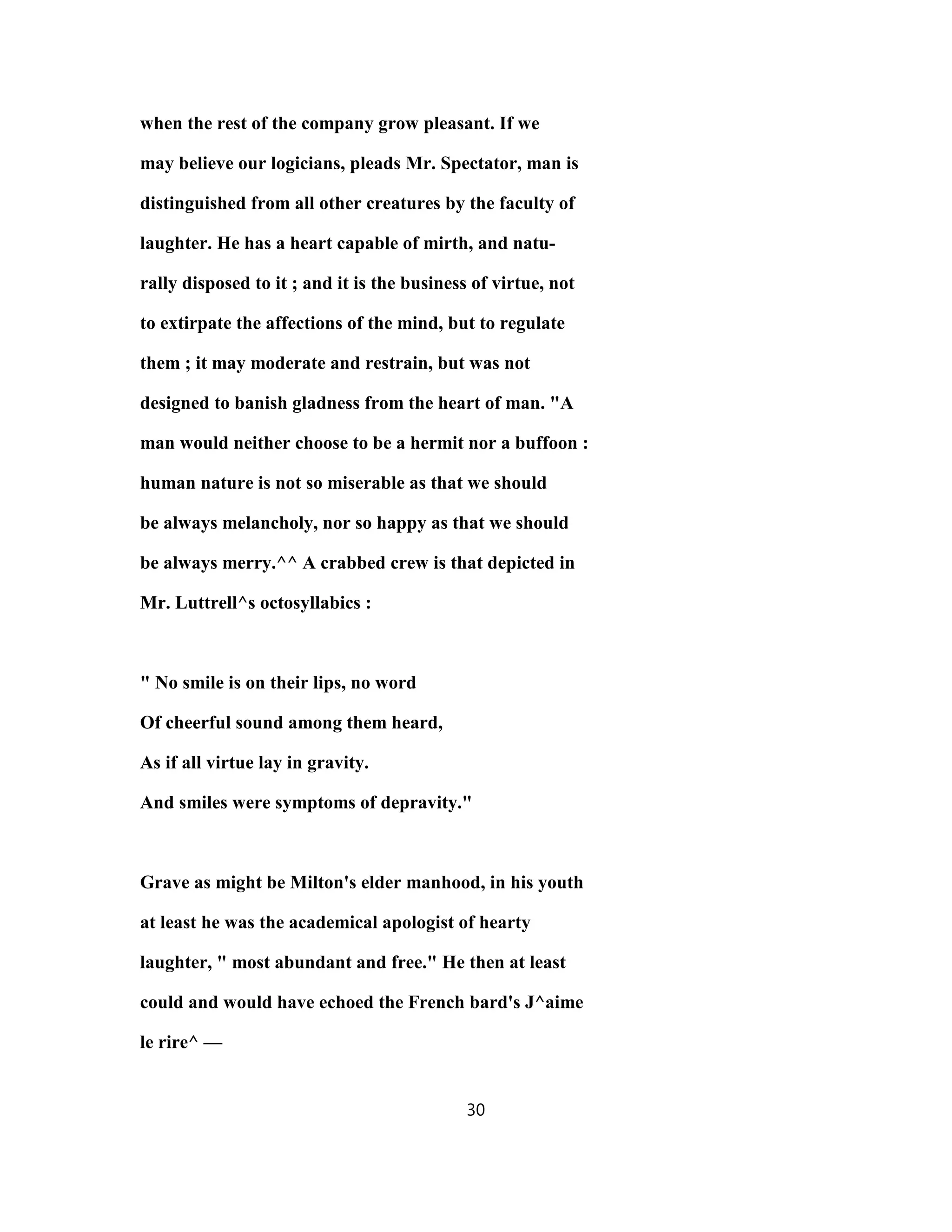
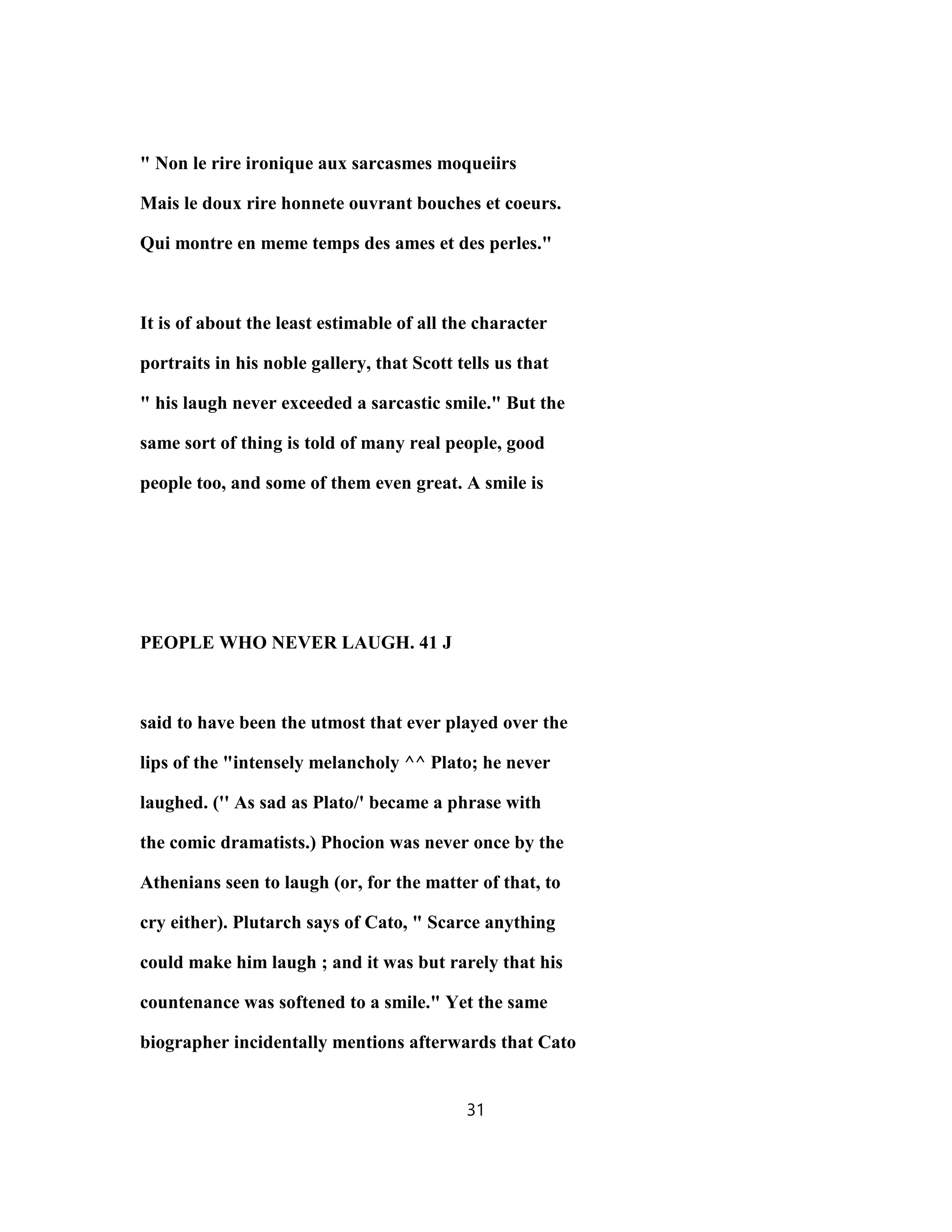
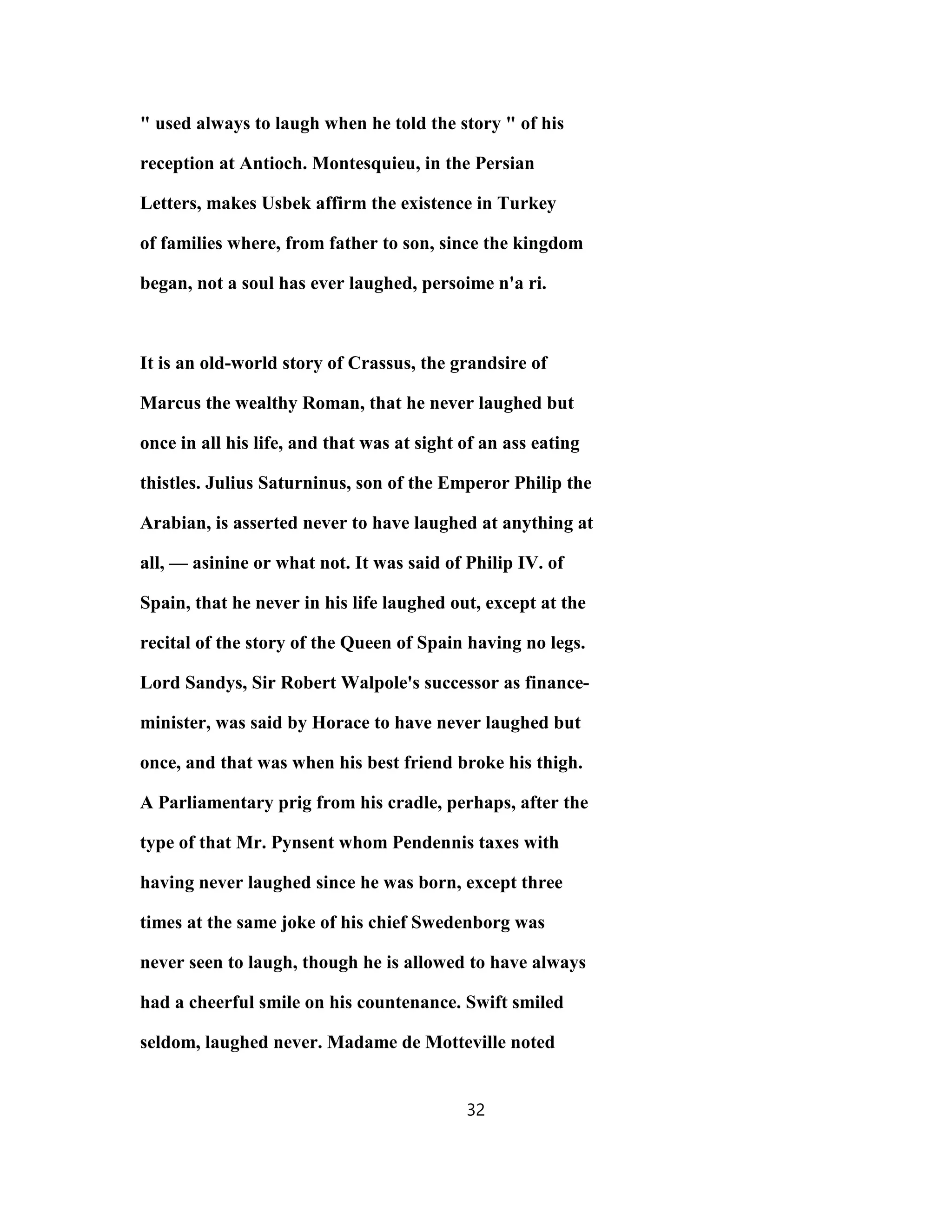
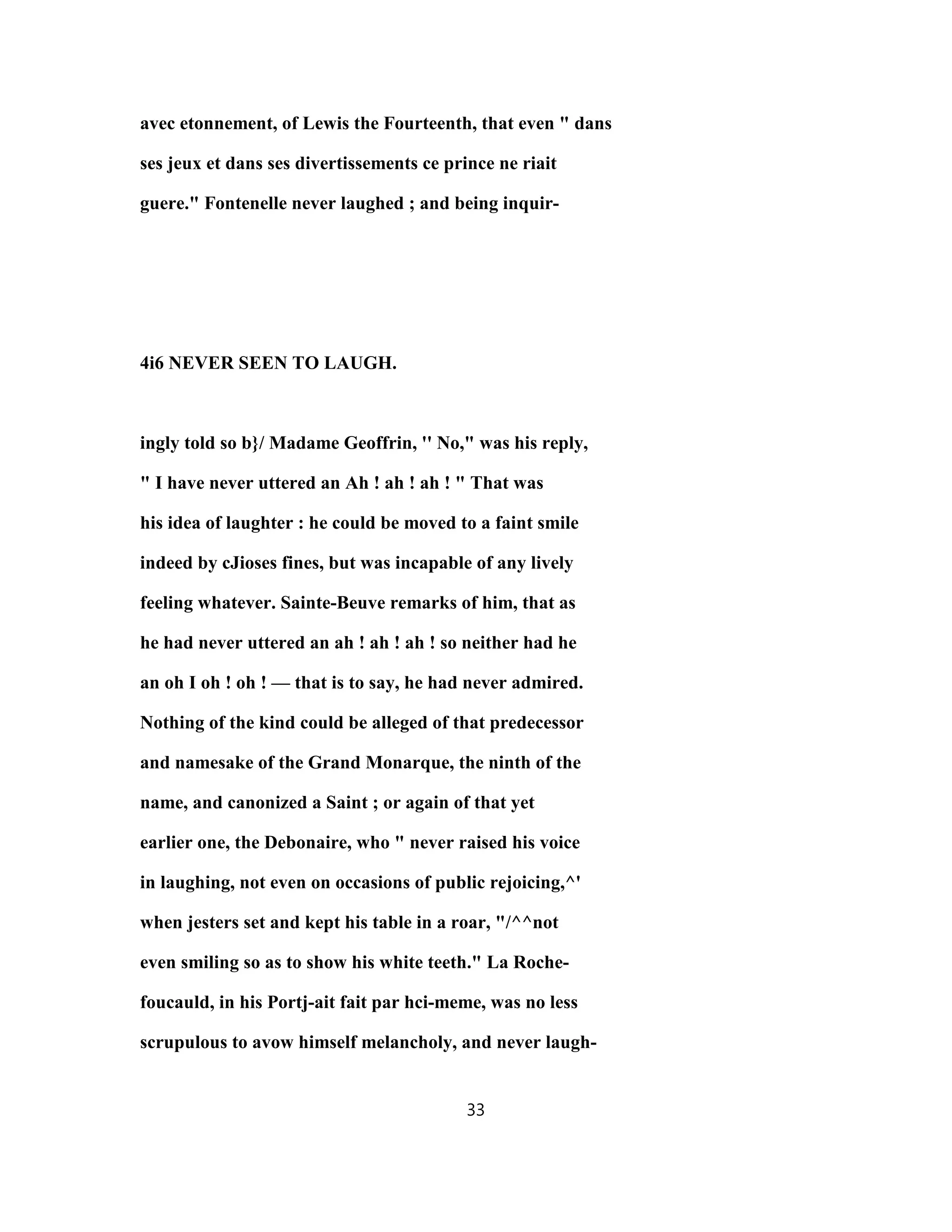
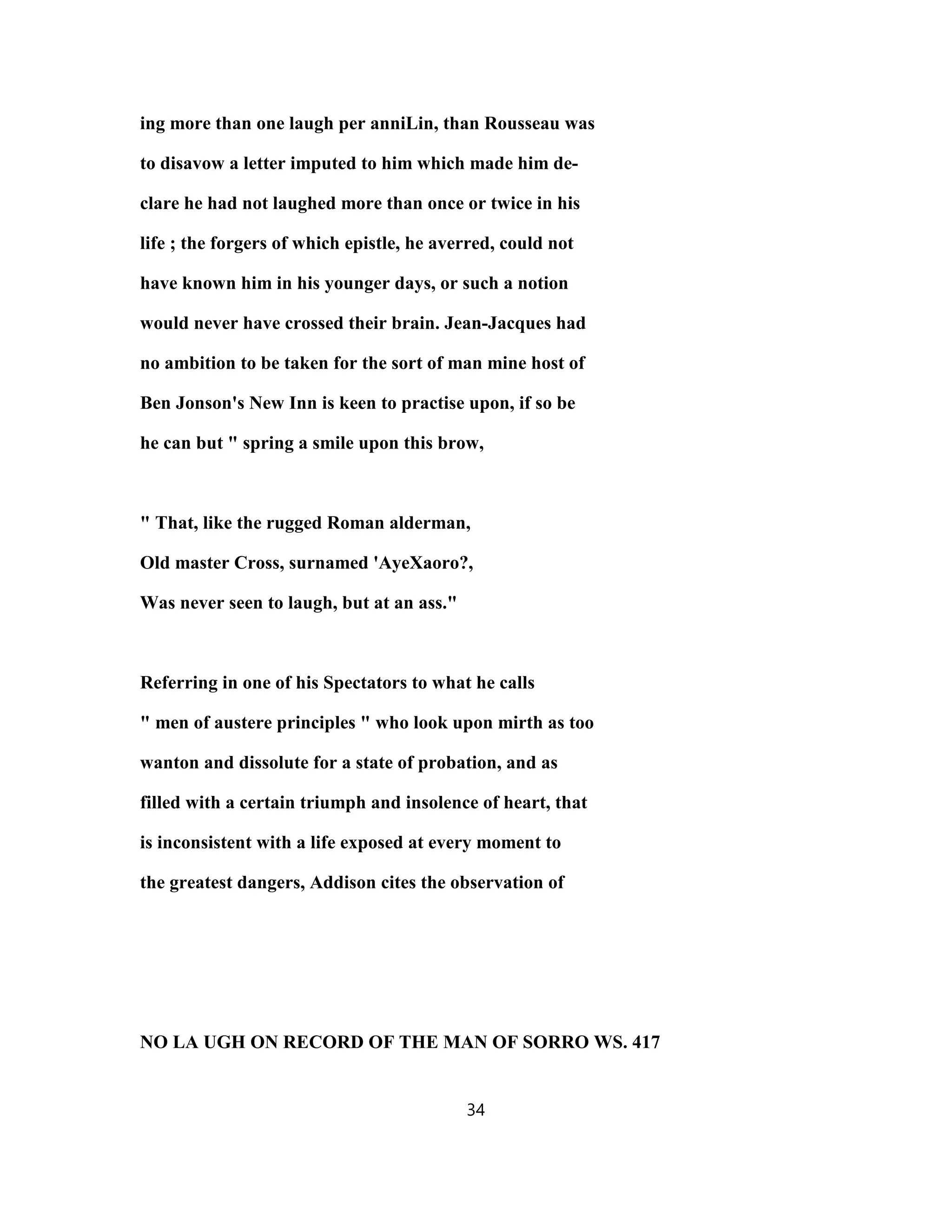
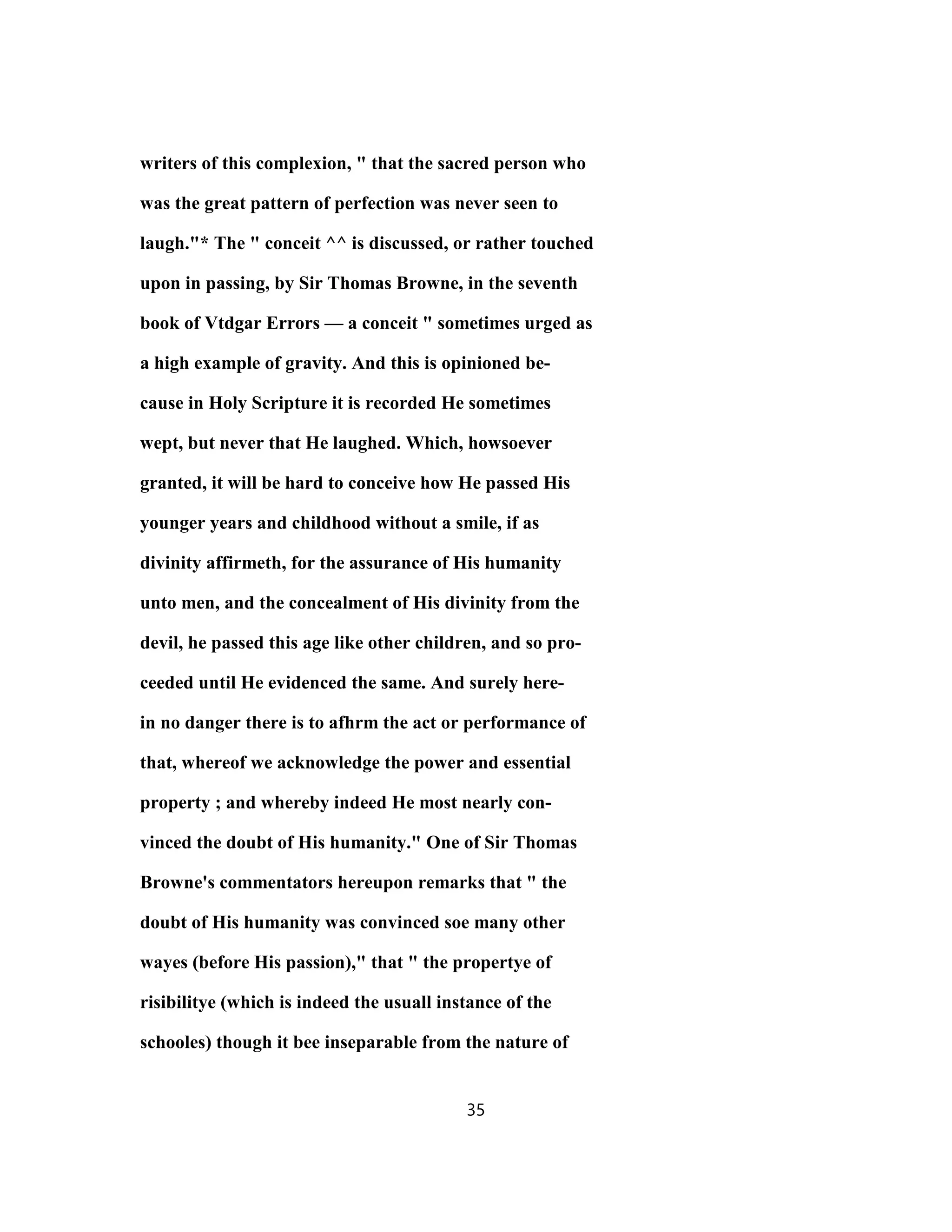
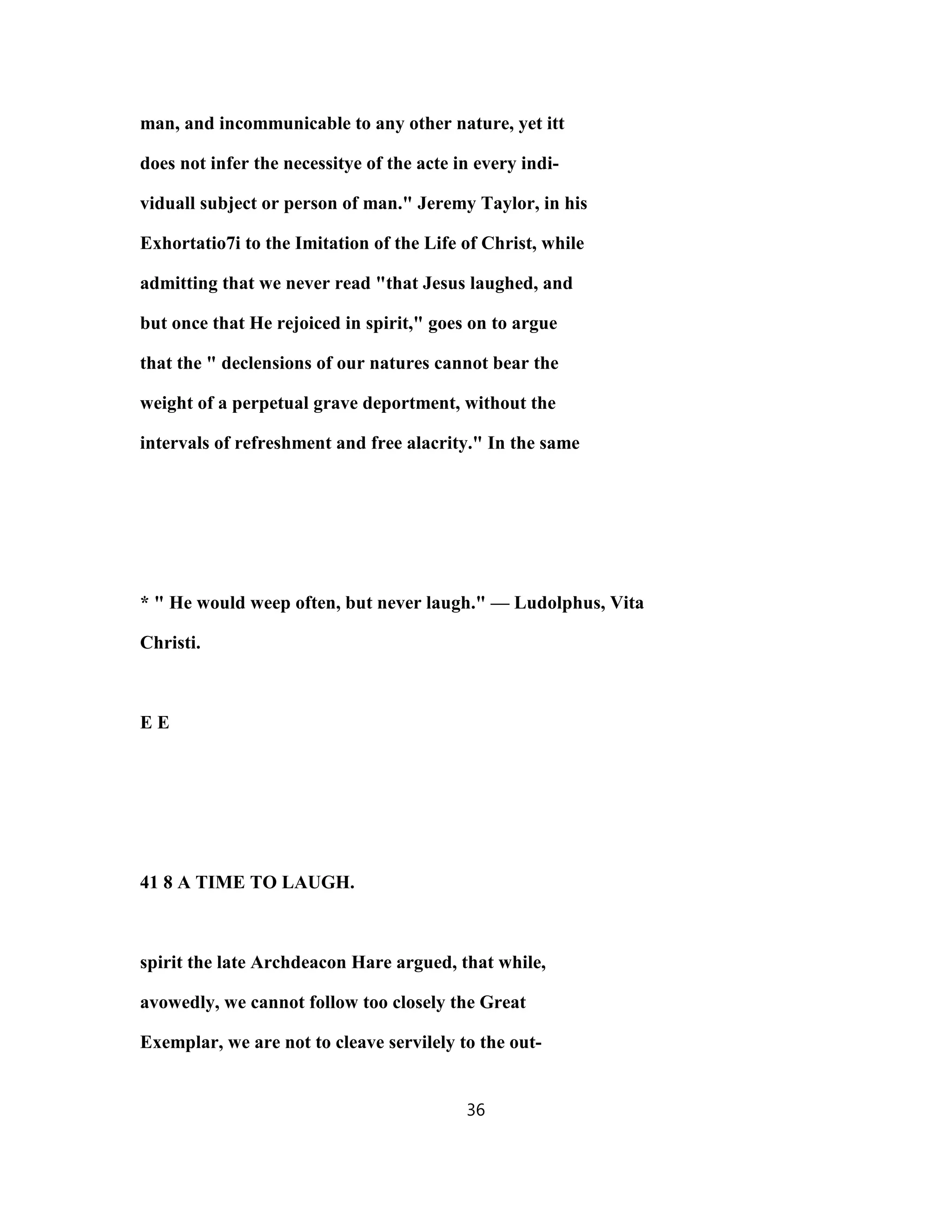
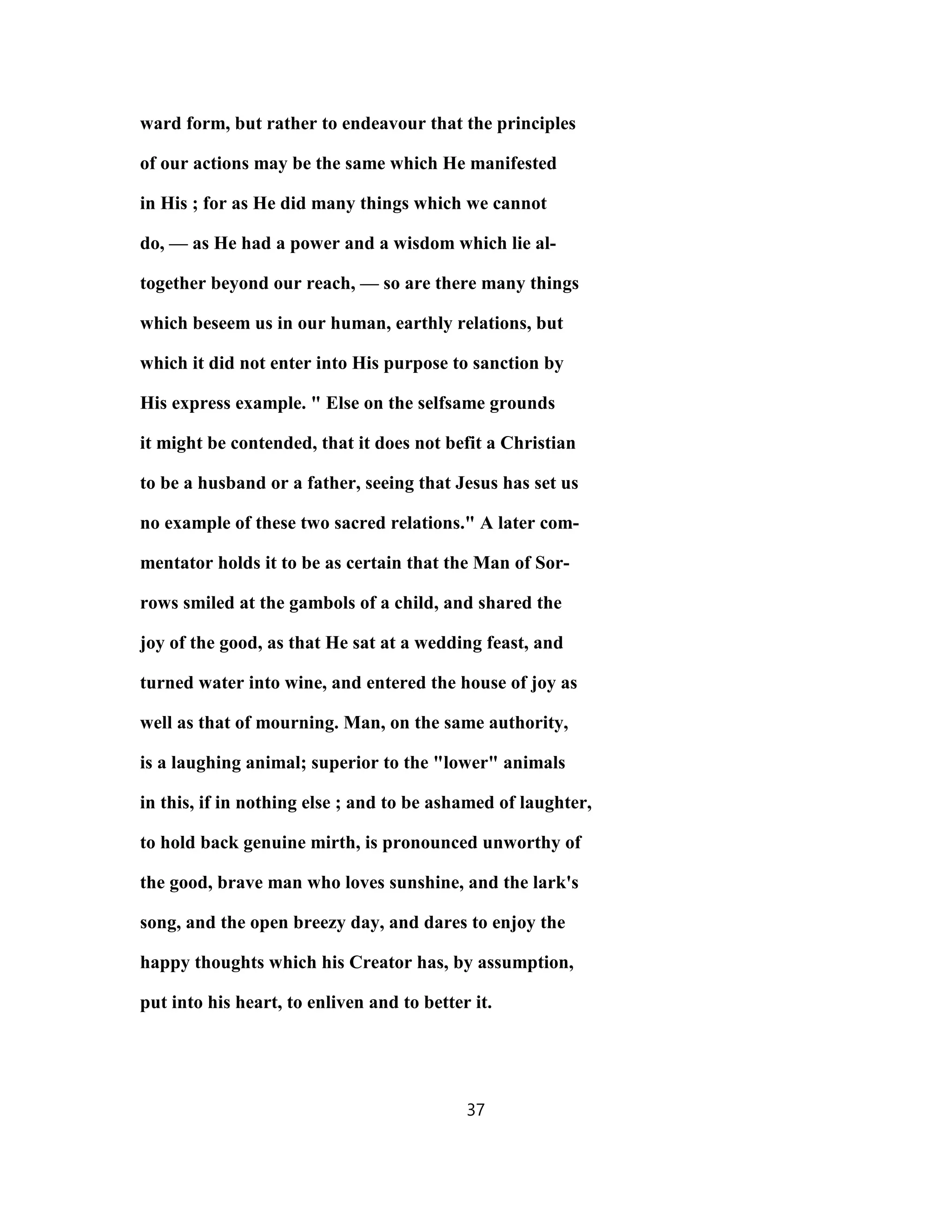
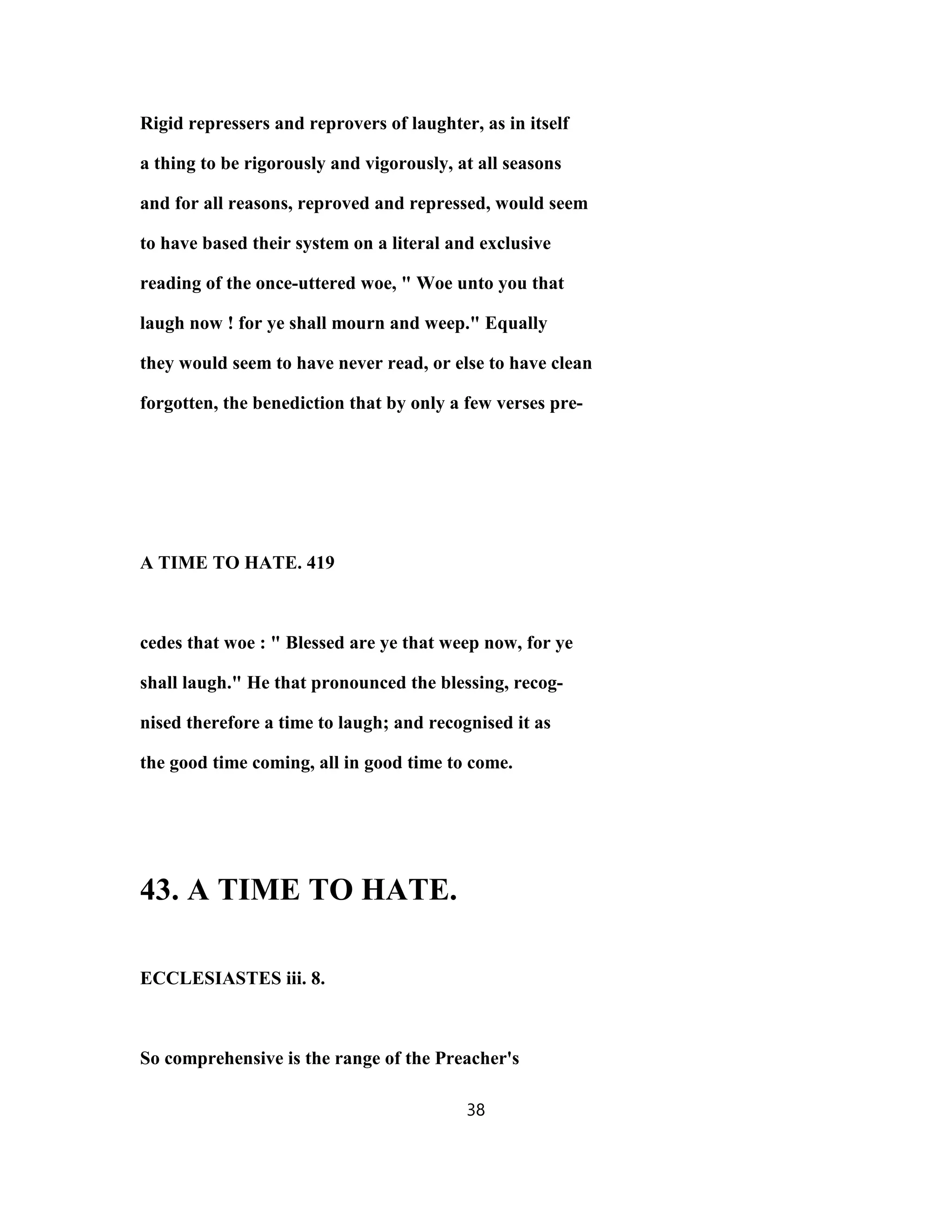
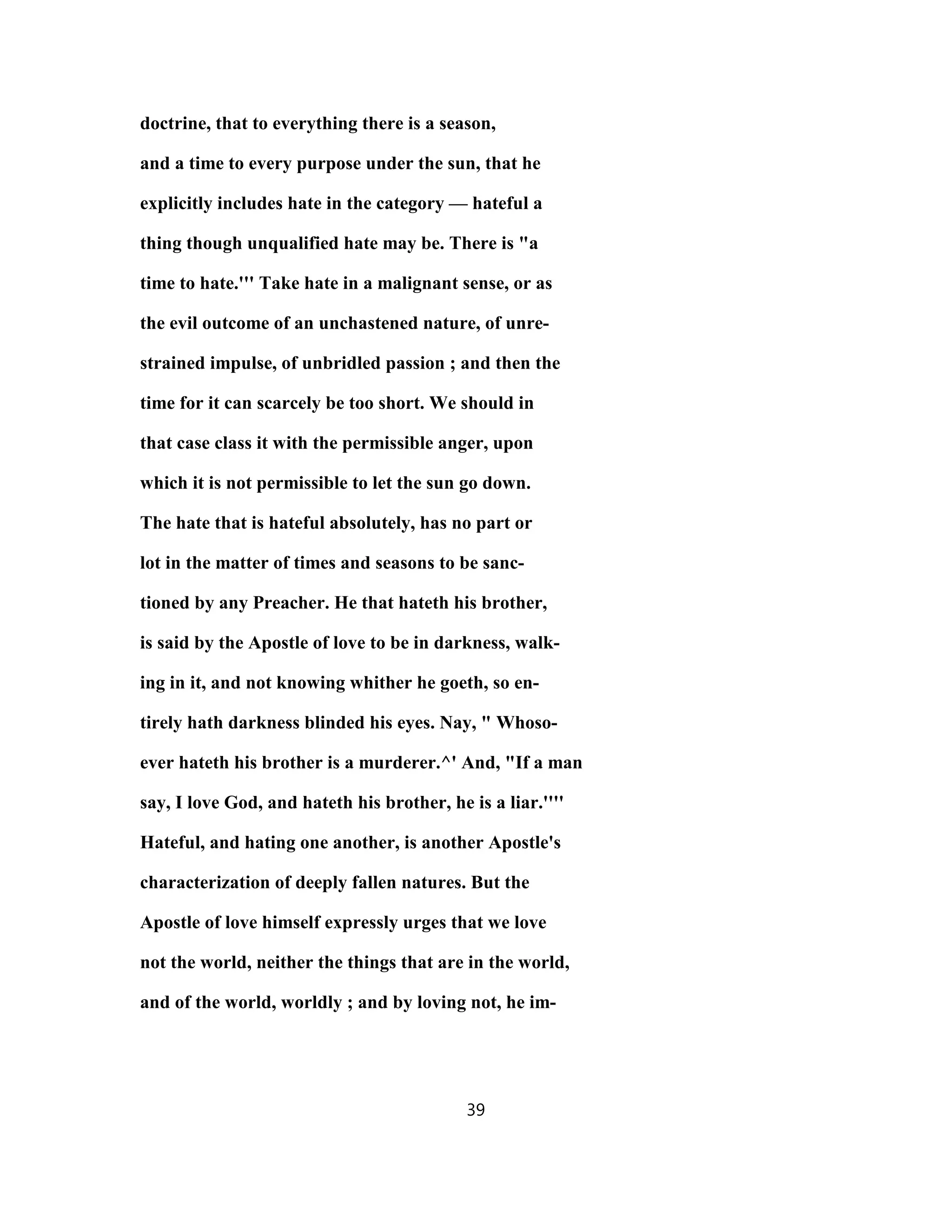
![420 WELL-DIRECTED HATE.
plies what is a Scripture synonym for hate ; hate and
love being often used as different degrees of one feeling
— as when to hate father and mother for Christ's sake,
means to love them less in comparison. But the legiti-
mate action of well-directed hate is amply recognised
and largely asserted in holy writ. There is a time to
hate, because there are things to hate ; and to be a
good hater in that sense is but to be, so far, a good
man. The Church of Ephesus had this meed of praise
from Him that spake as Alpha and Omega, the first
and the last, " that thou hatest the deeds of the Nico-
laitanes, which I also hate." The saintsad dressed by
Jude, the servant of Jesus Christ, and brother of James,
are prompted to hate even the garment spotted by the
flesh. " The Lord, the God of Israel, saith [by Mala-
chi], that He hateth putting away " (a wife without due
cause). His only Son was anointed with the oil of
gladness above His fellows, because He had loved right-
eousness and hated iniquity. " Thou hatest all workers
of iniquity," the Psalmist says in his prayer and medita-
40](https://image.slidesharecdn.com/vol-171101104904/75/Vol-4-scripture-proverbs-illustrated-annotated-and-applied-40-2048.jpg)
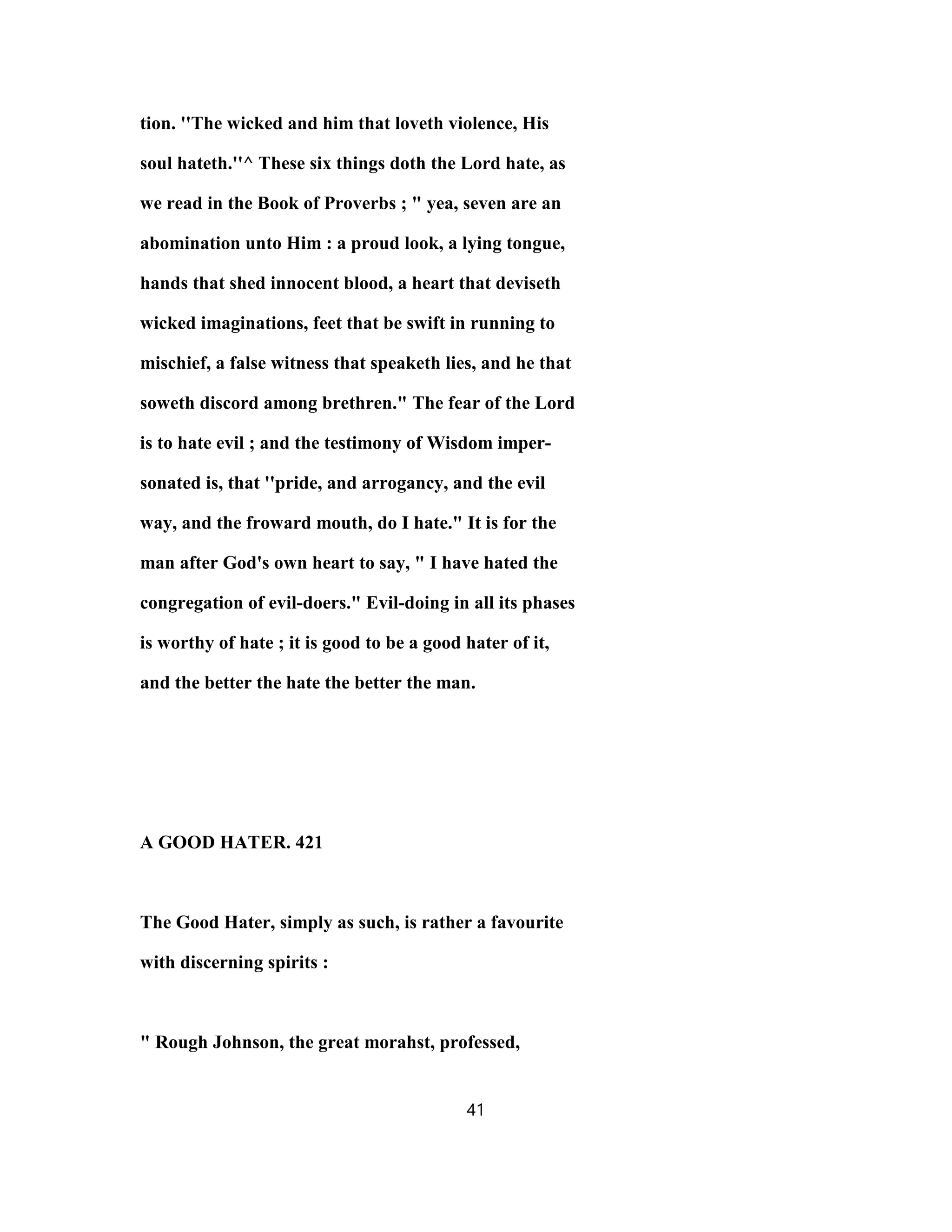
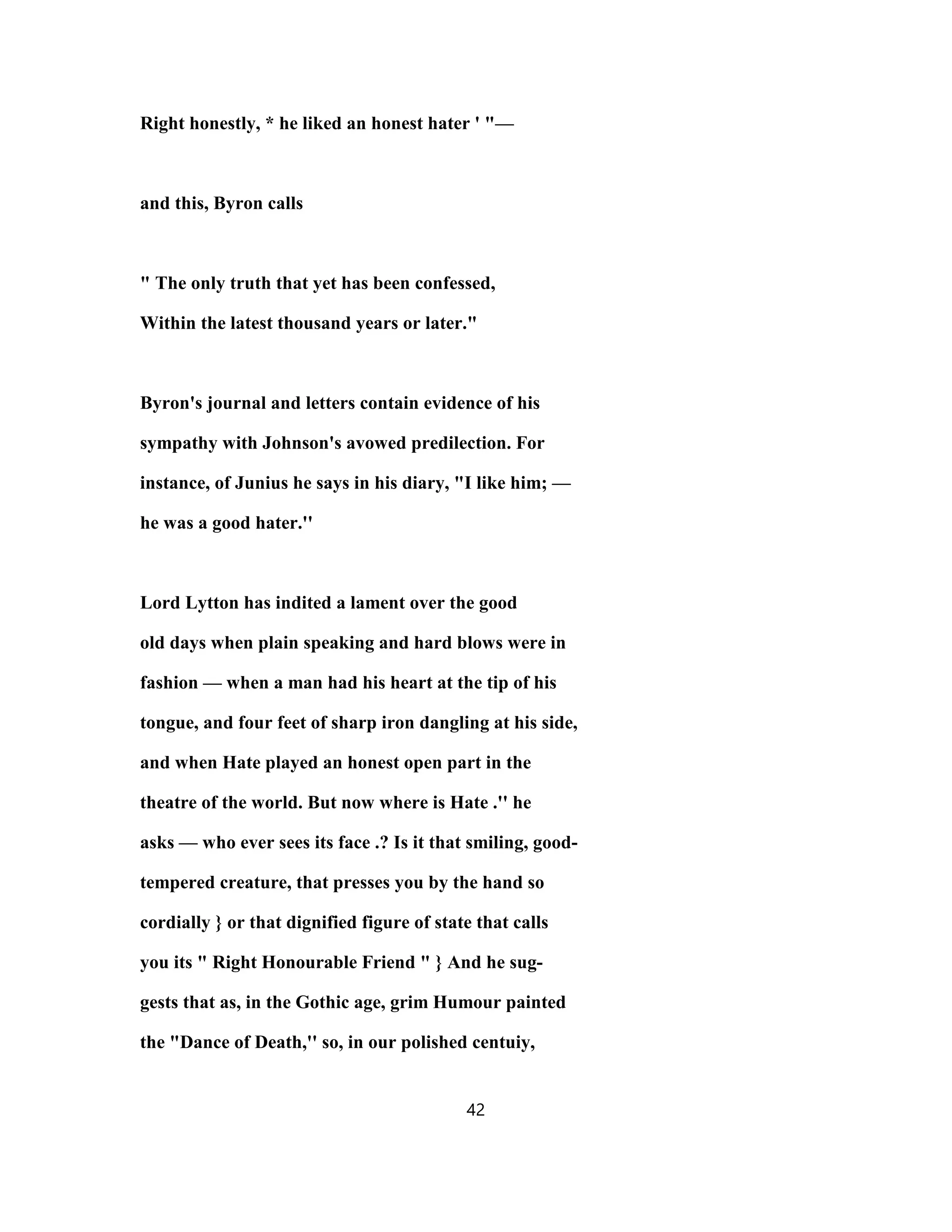
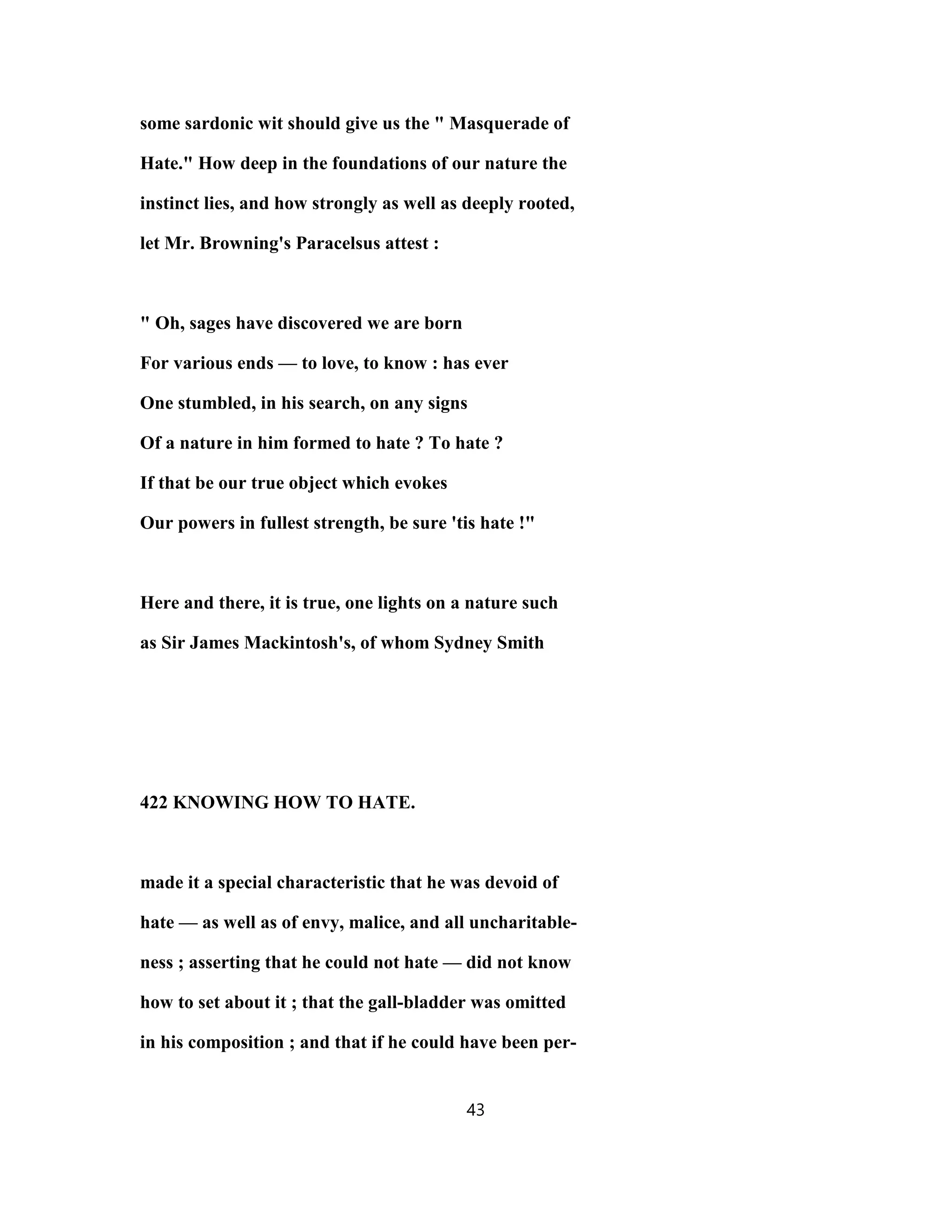
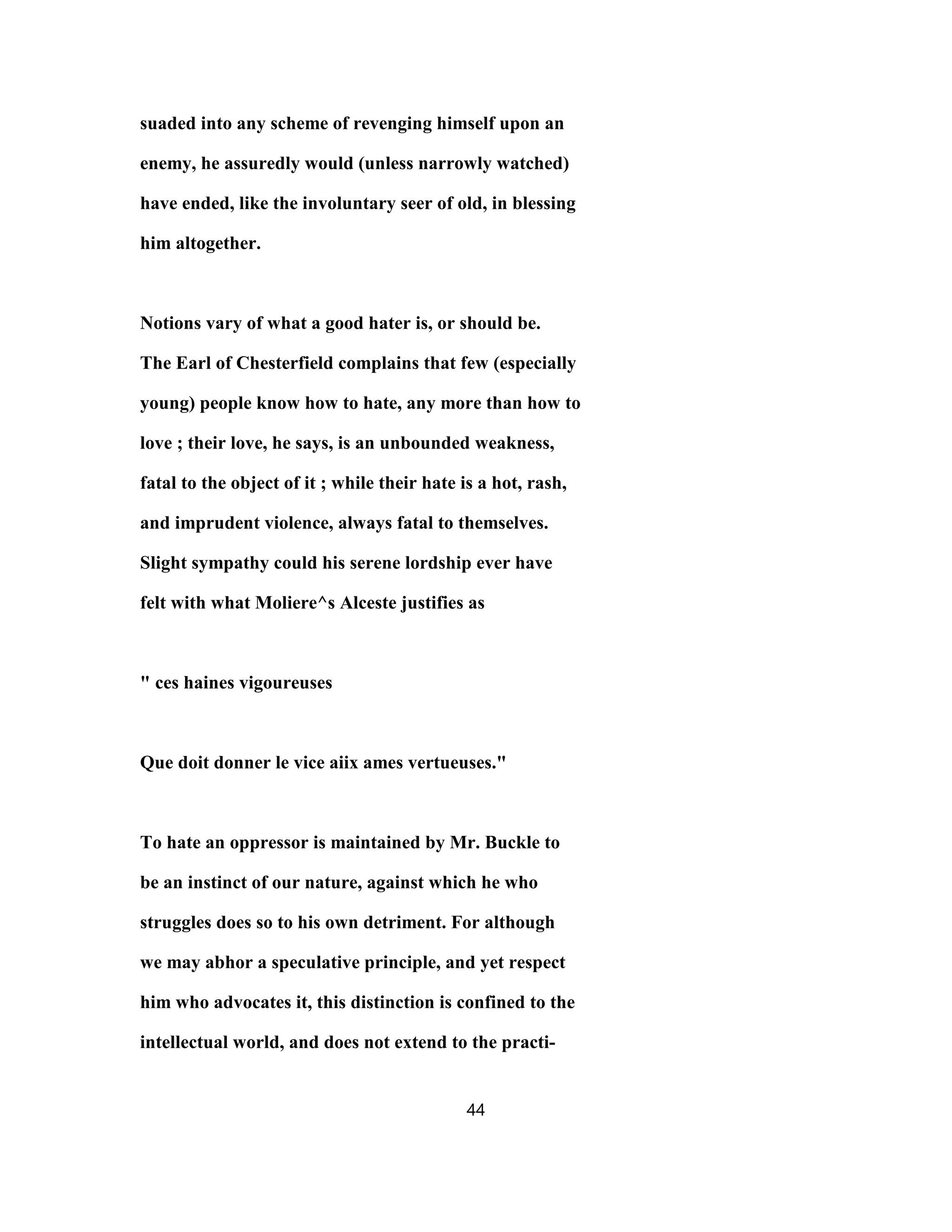
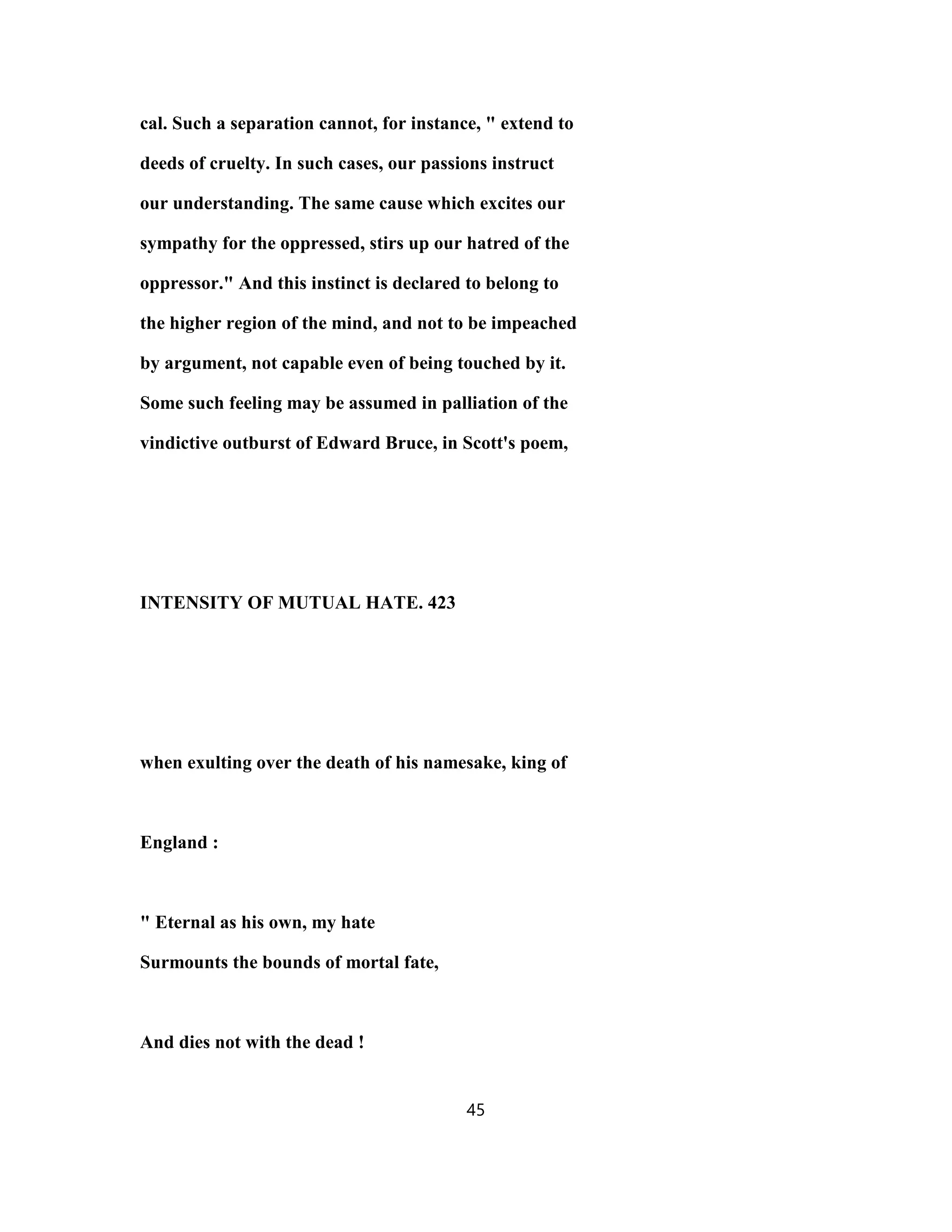
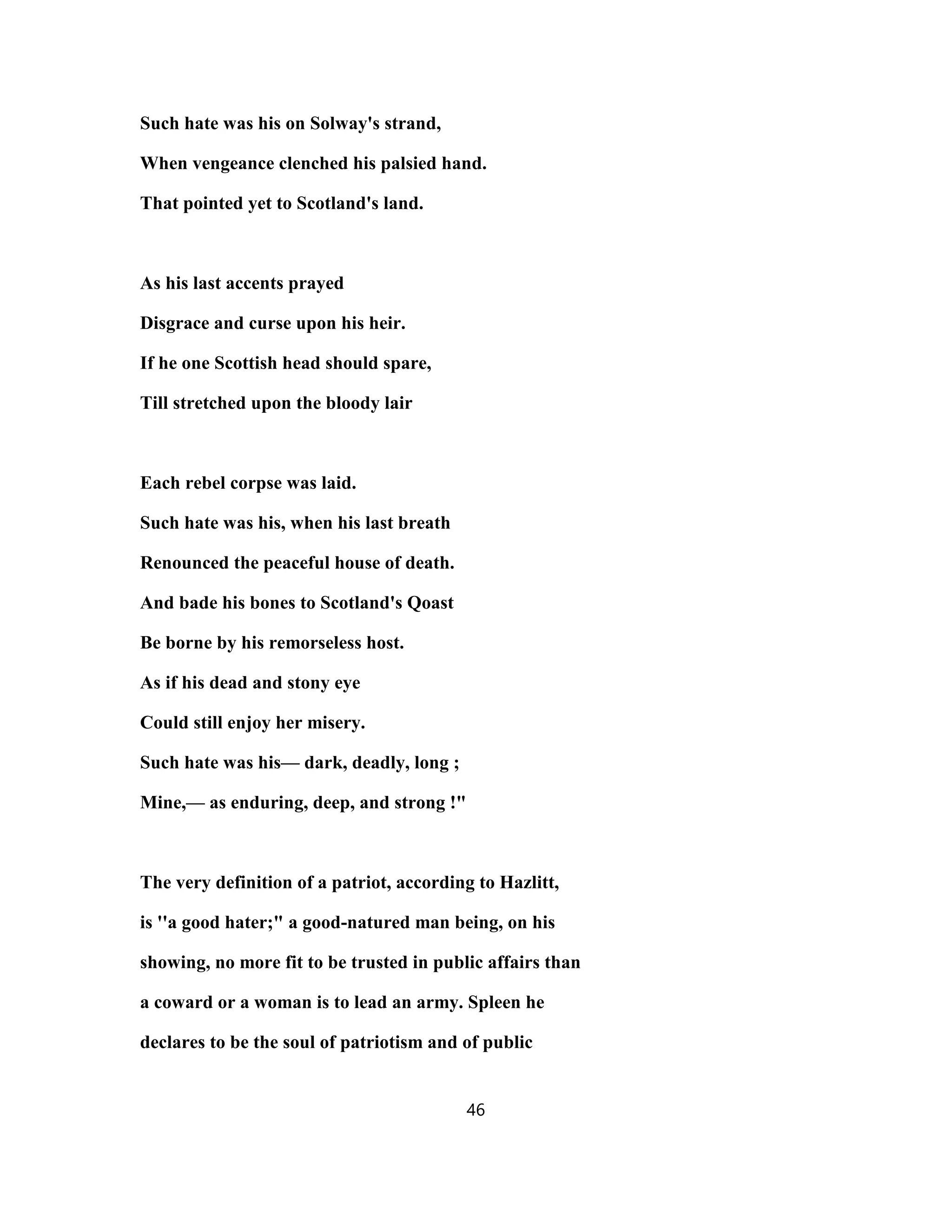
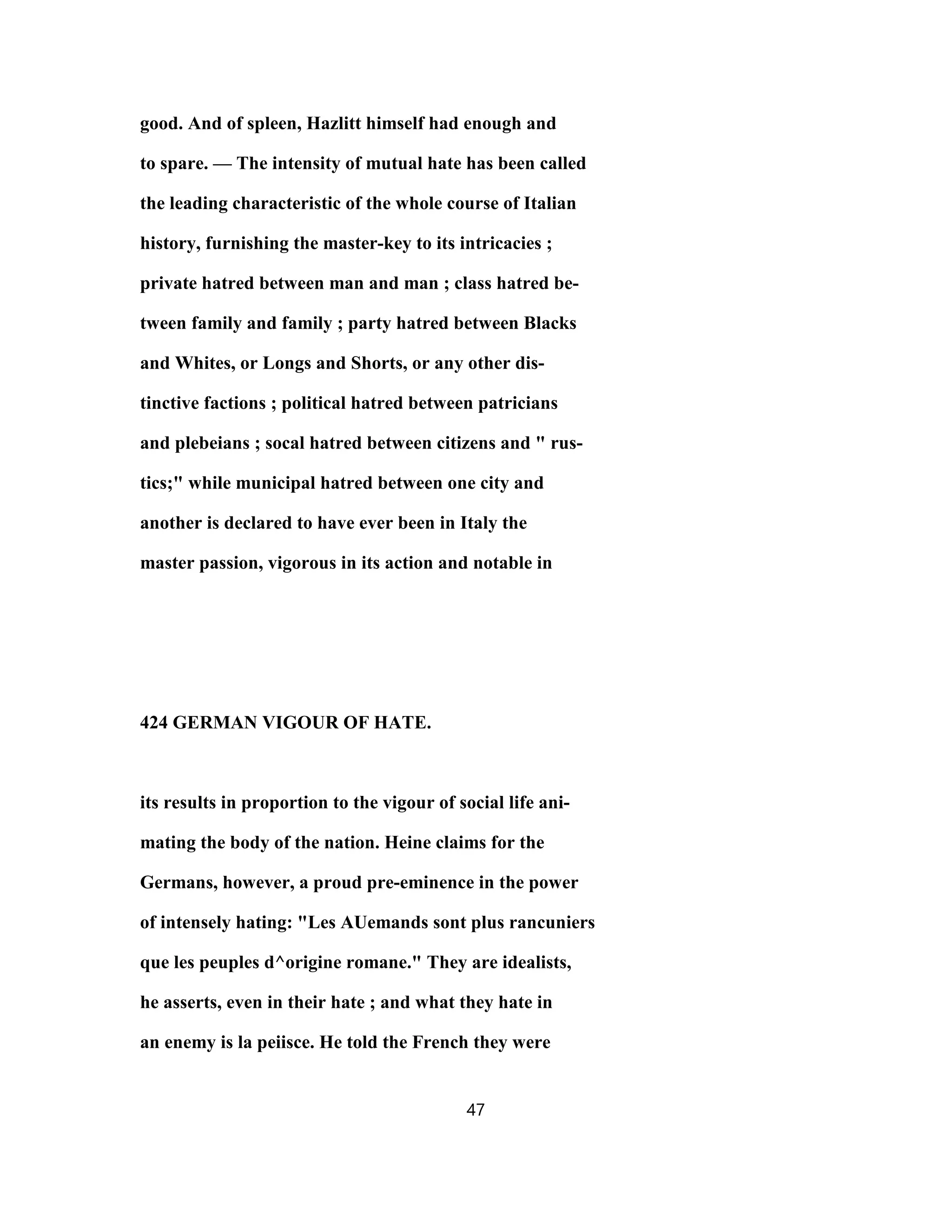
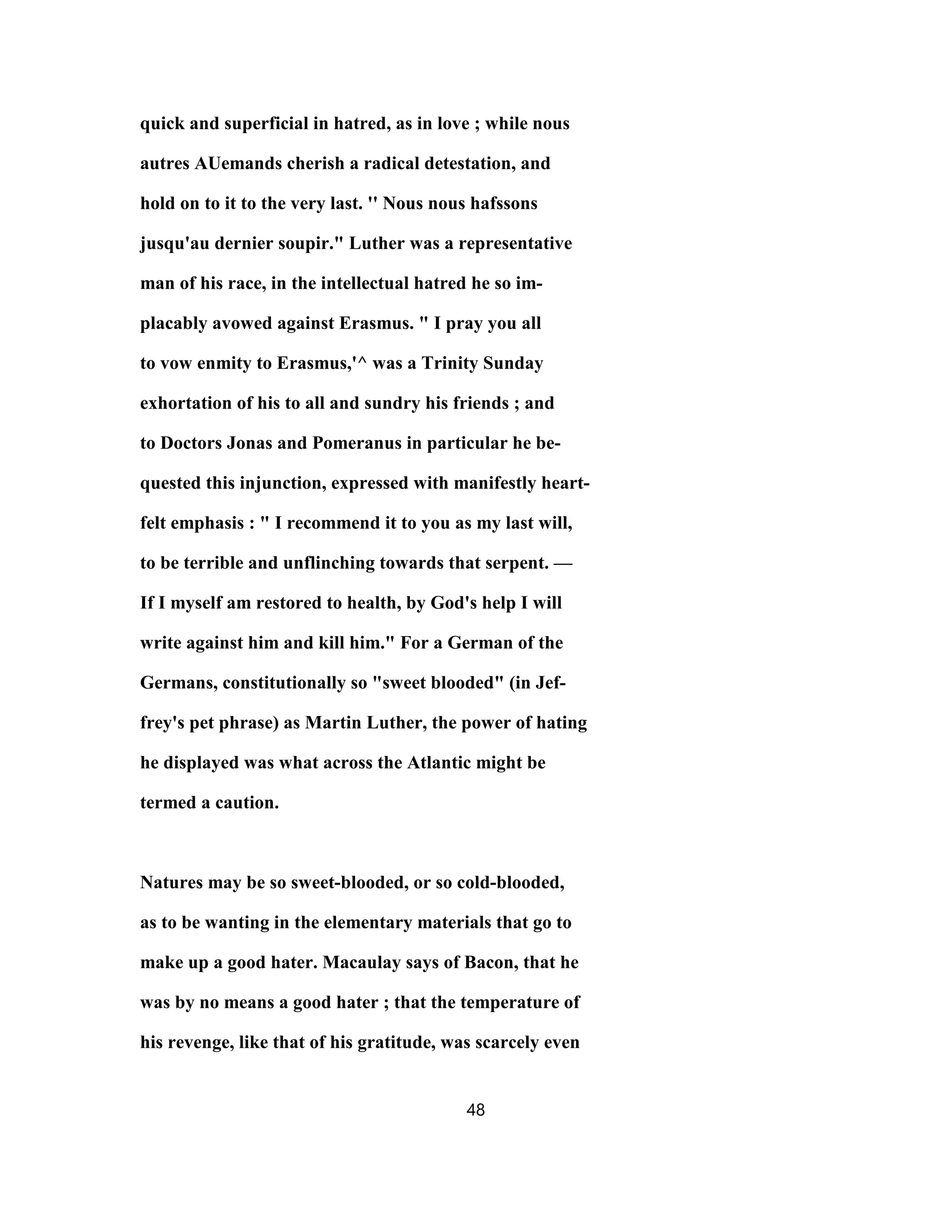
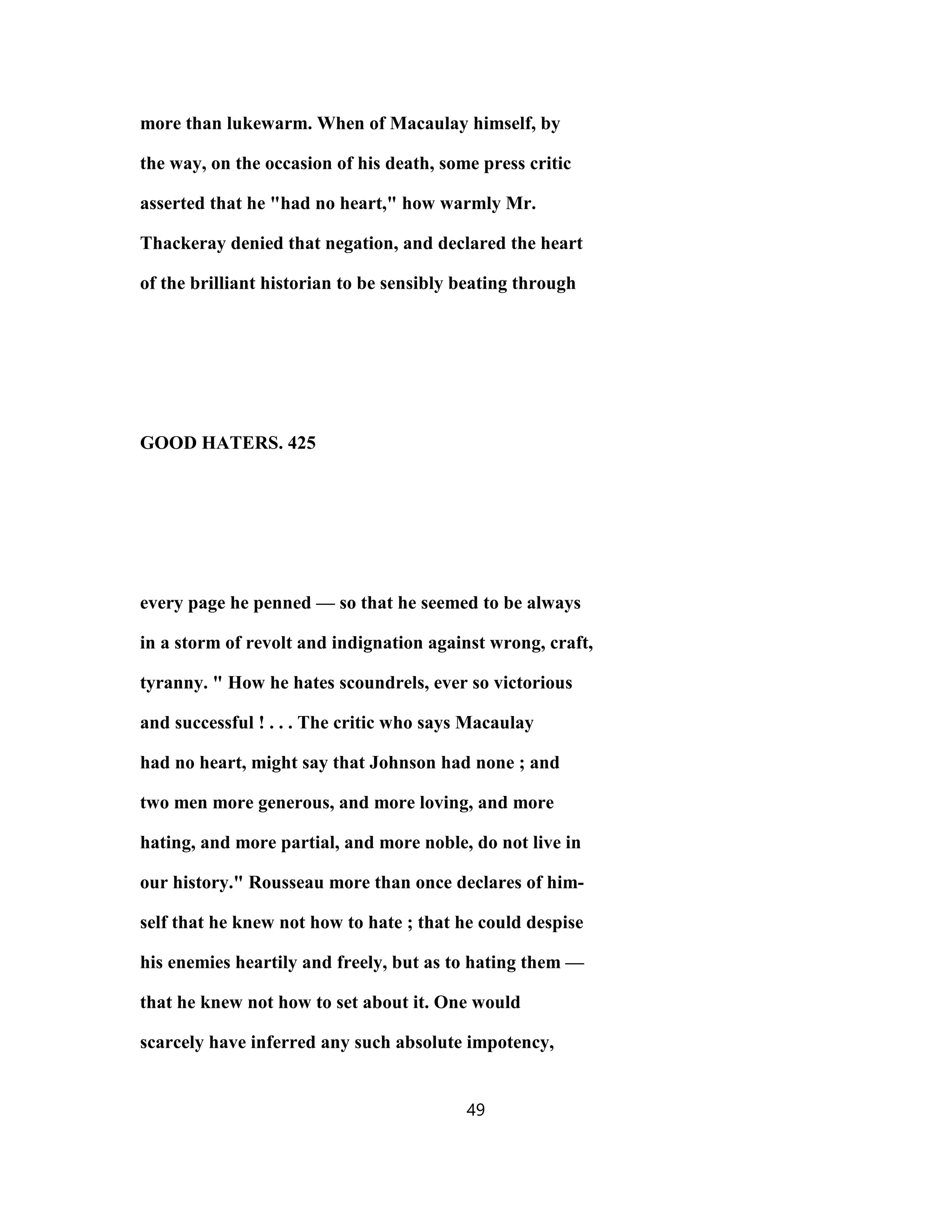
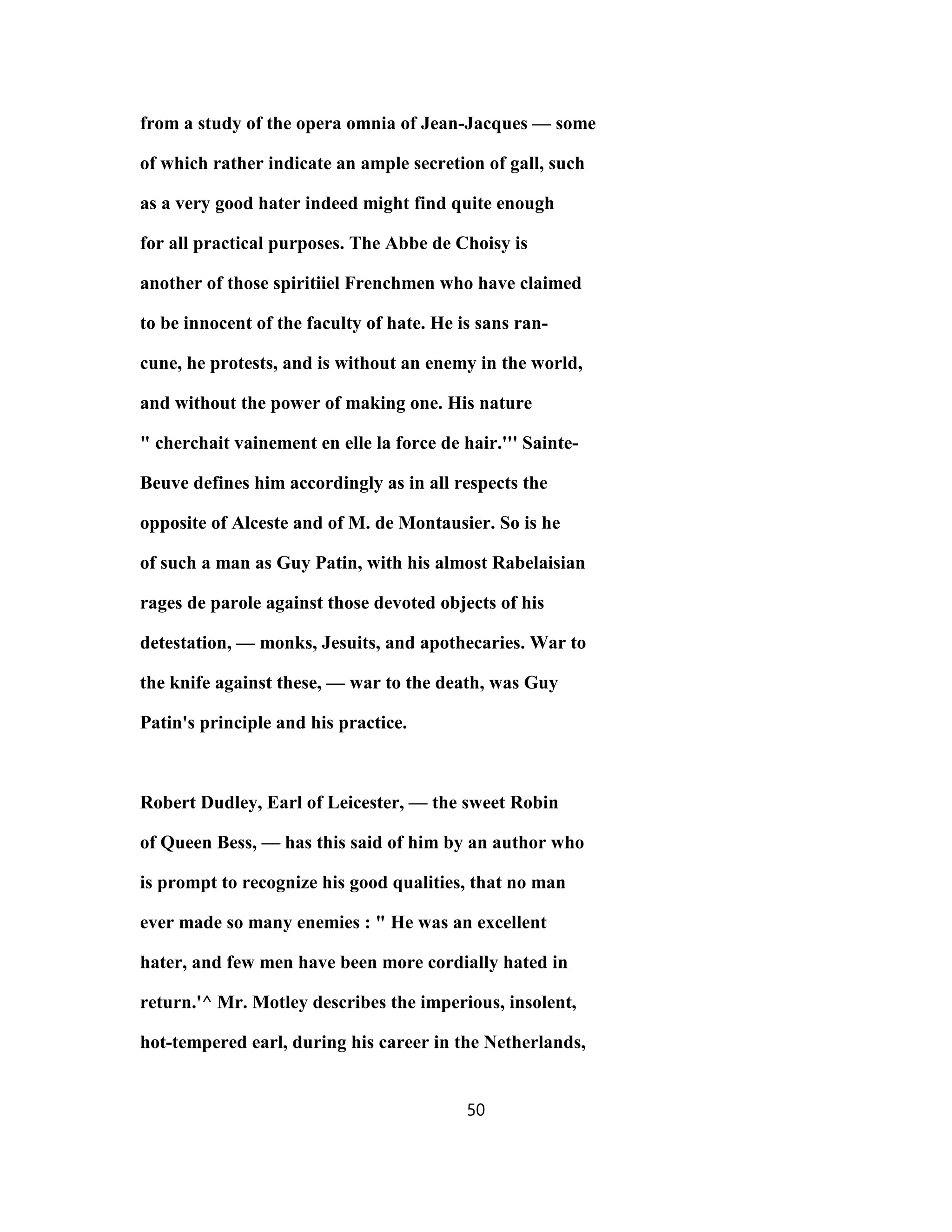
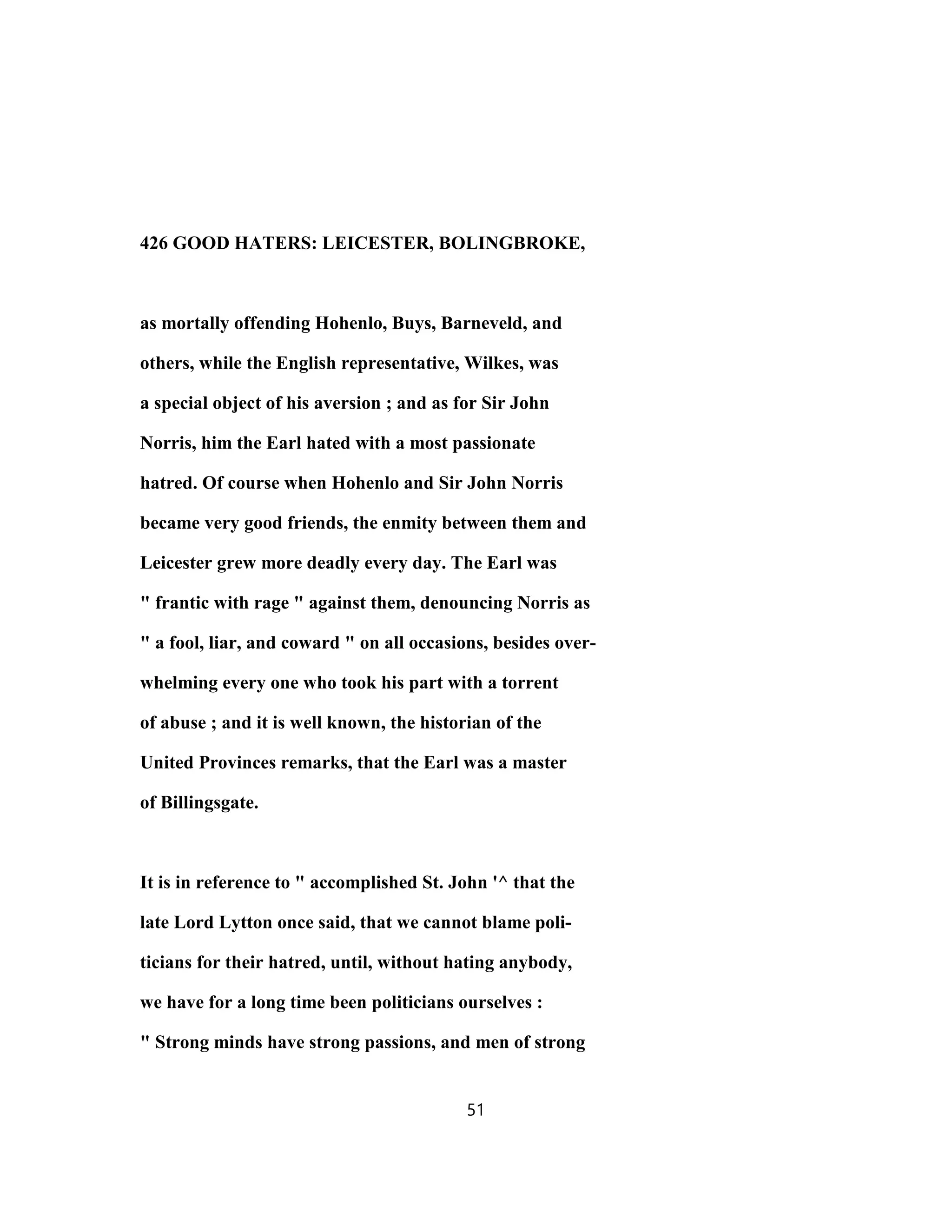
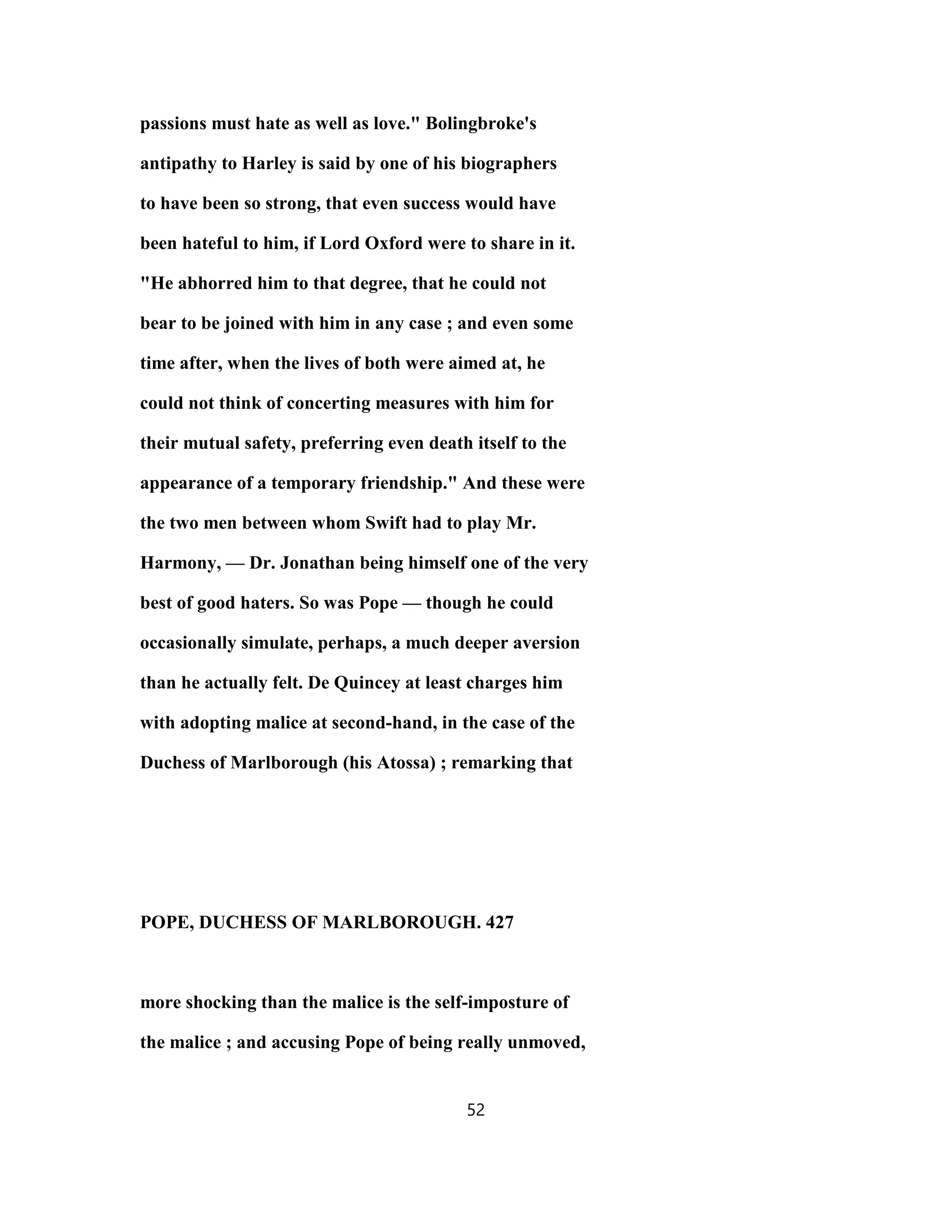
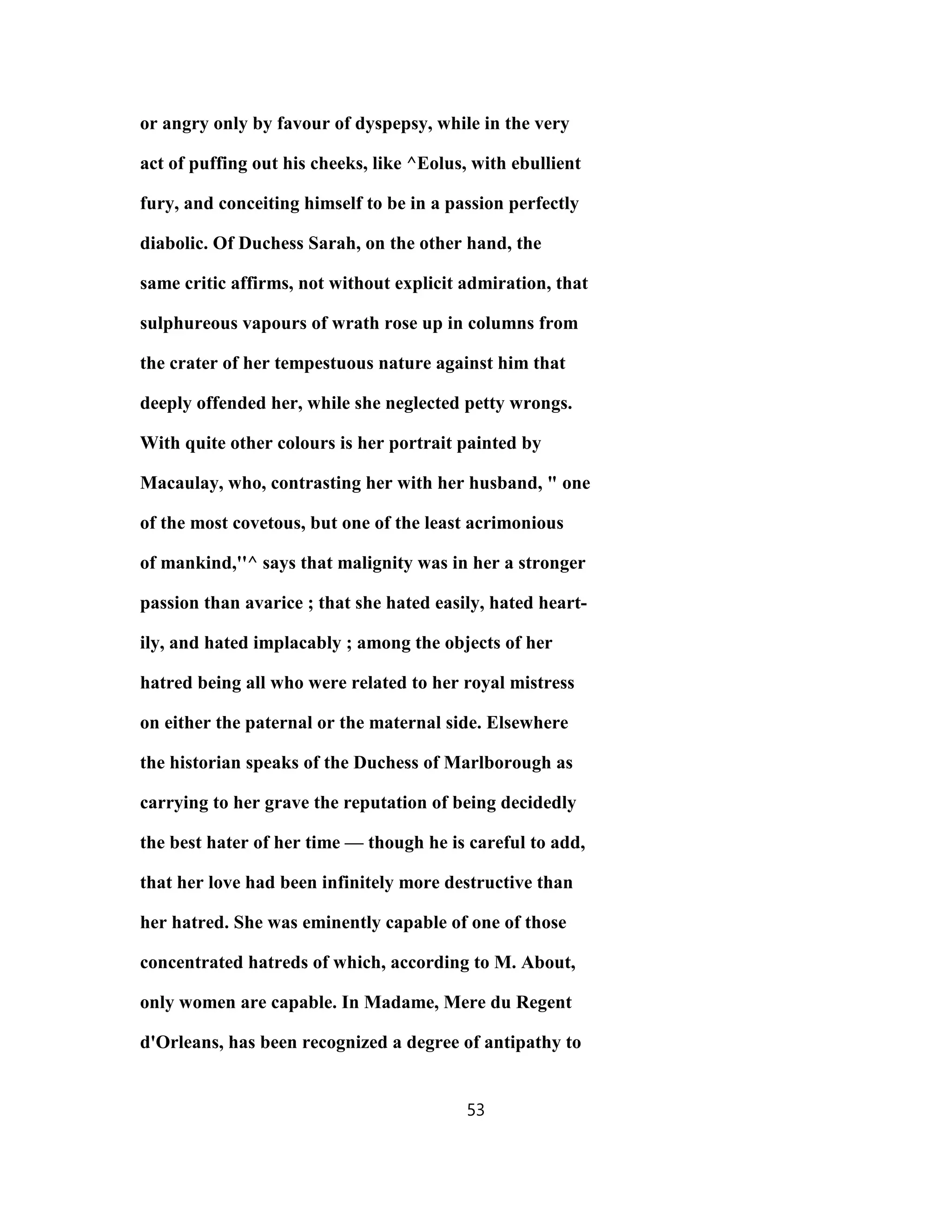
![Madame de Maintenon, almost inconceivable in its ex-
cess '*de haine, d^animosite, et si violent que cela devient
comique.-'^ Mr. Trollope incidentally observes, that for
a true spirit of persecution, one should always go to a
woman ; and that the milder, the sweeter, the more
womanly the woman, the stronger will be that spirit
within her. "Strong love for the thing loved necessi-
tates strong hatred for the thing hated ; and thence
comes the spirit of persecution." M. Ampere makes
428 GOOD HATERS AND BAD.
Sylla a laggard in his knowledge of the sex when he
puts the note of interrogation to one of them]: " Tu sais
done, comme moi, bien hair ? " " Je suis femme/^ is the
only and all-sufficient reply to such a query as that.
Commend us to Horace Walpole as one of the fullest-
grown specimens extant of a good hater. And there
was such a wonderful breadth in his animosity, as the
critics have observed ; for he displays equal, or nearly
equal bitterness towards men of all parties. Invited by
54](https://image.slidesharecdn.com/vol-171101104904/75/Vol-4-scripture-proverbs-illustrated-annotated-and-applied-54-2048.jpg)
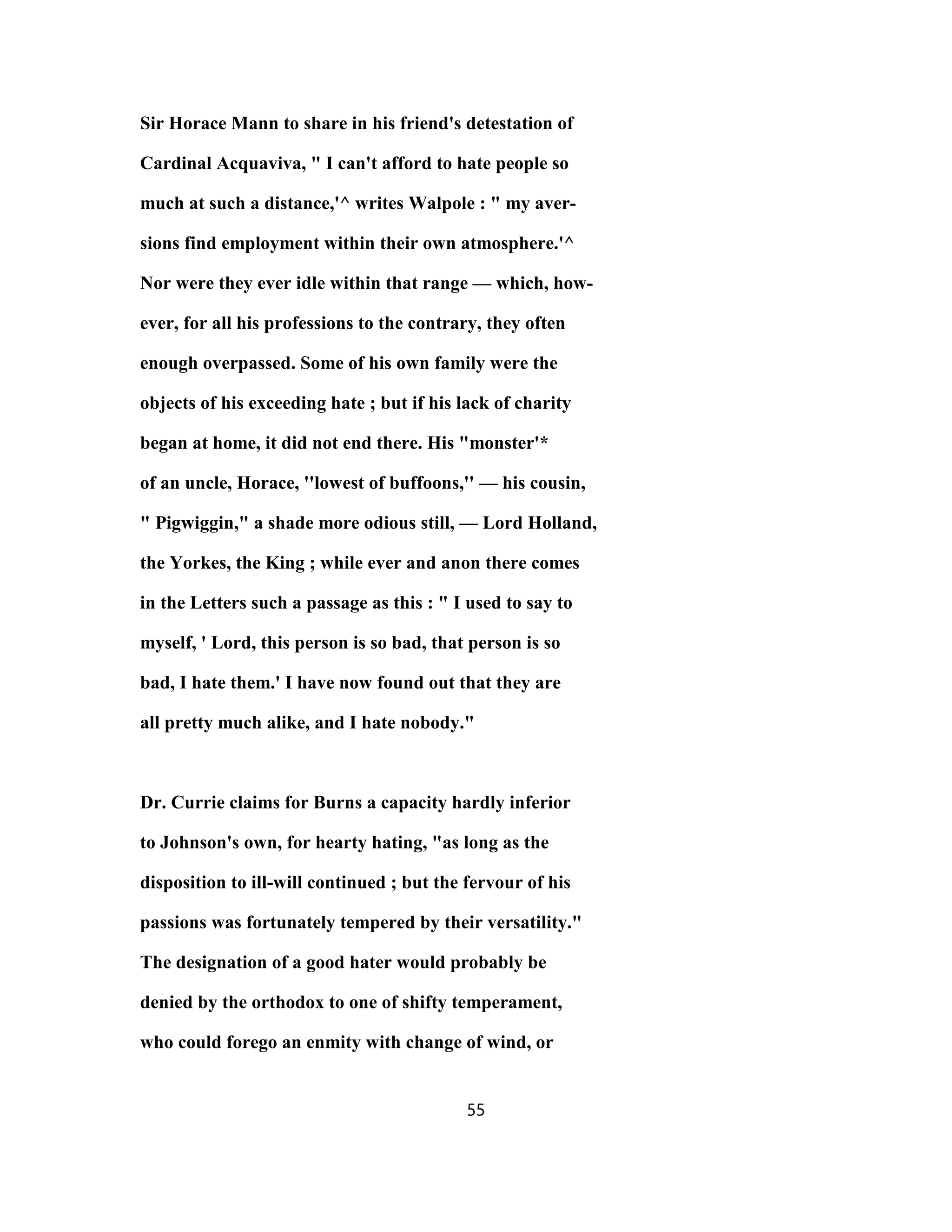
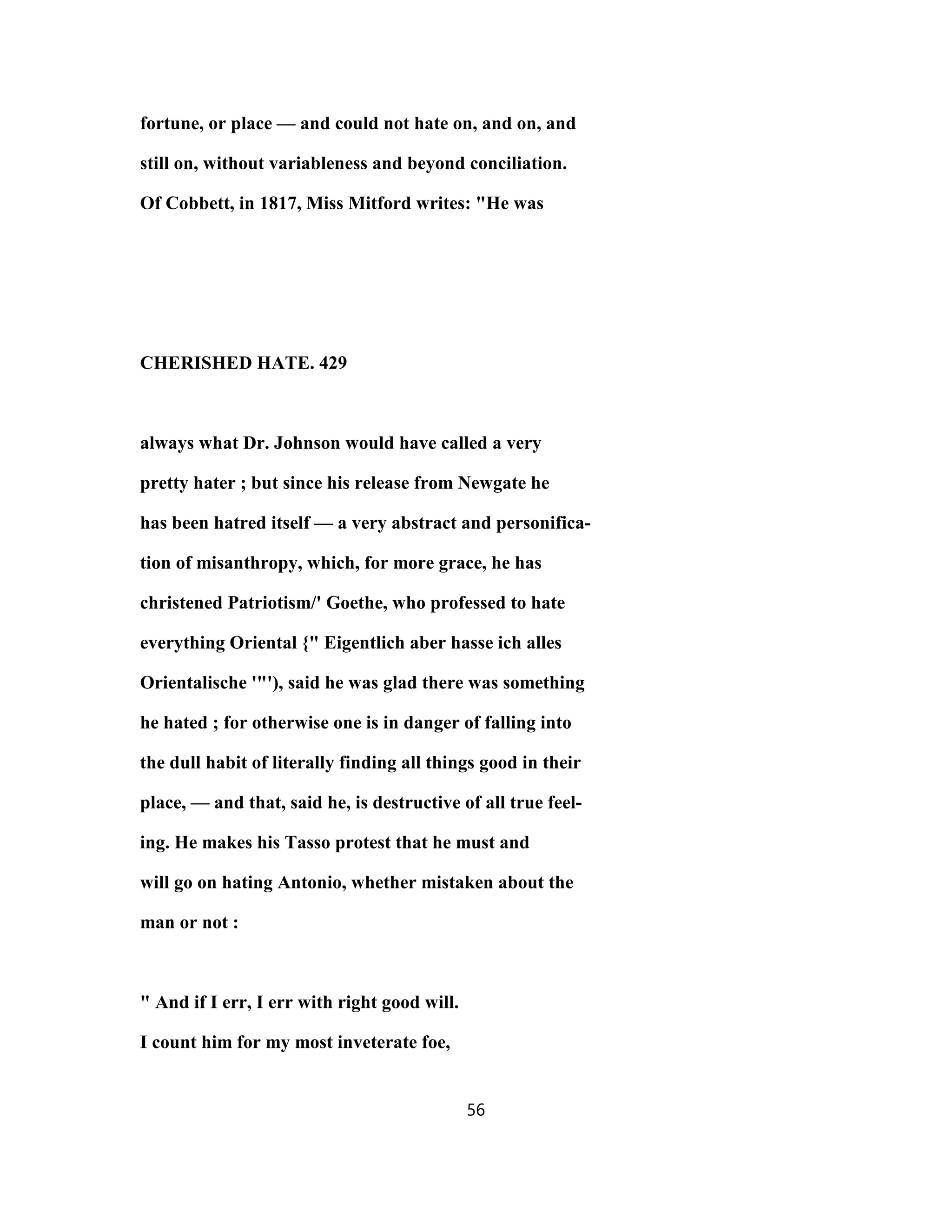
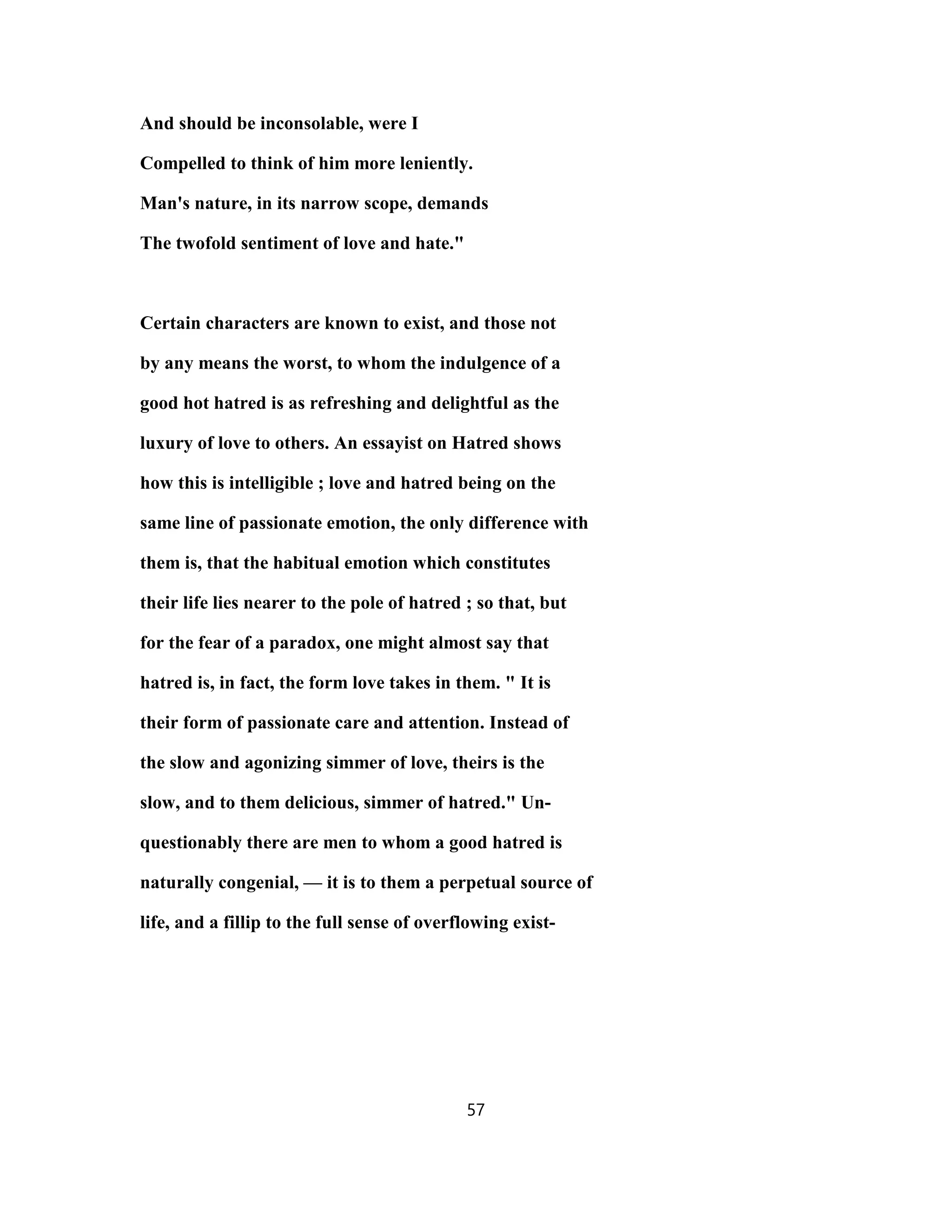
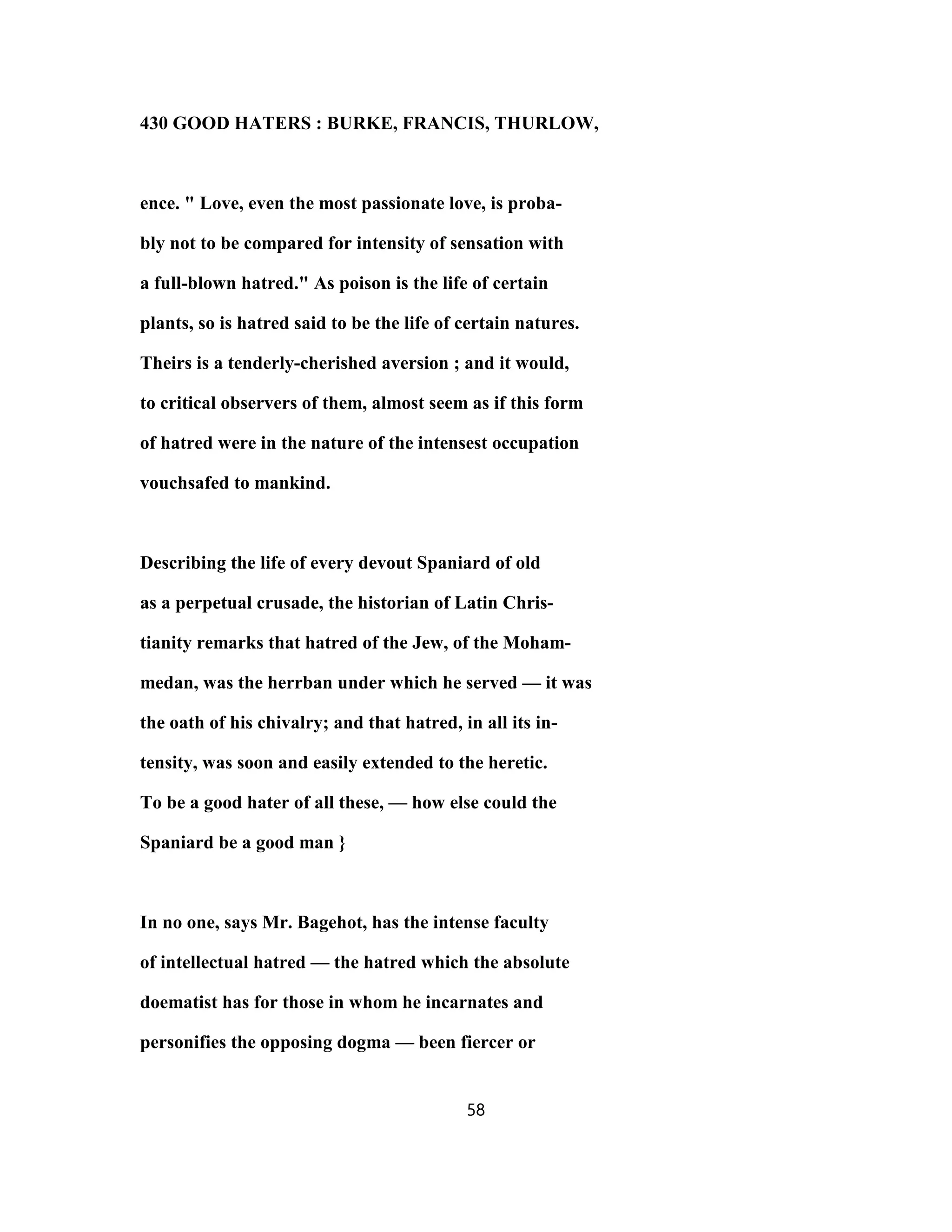
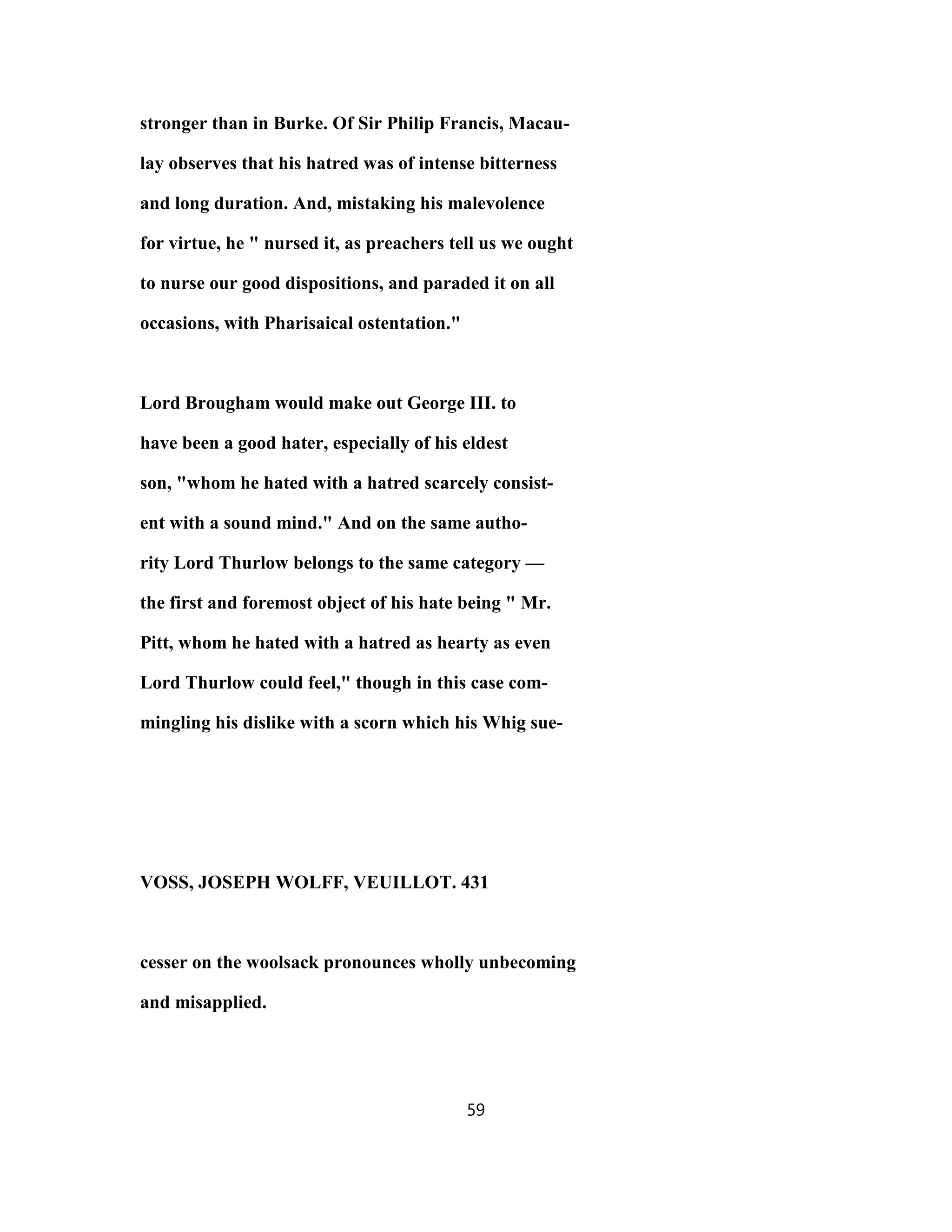
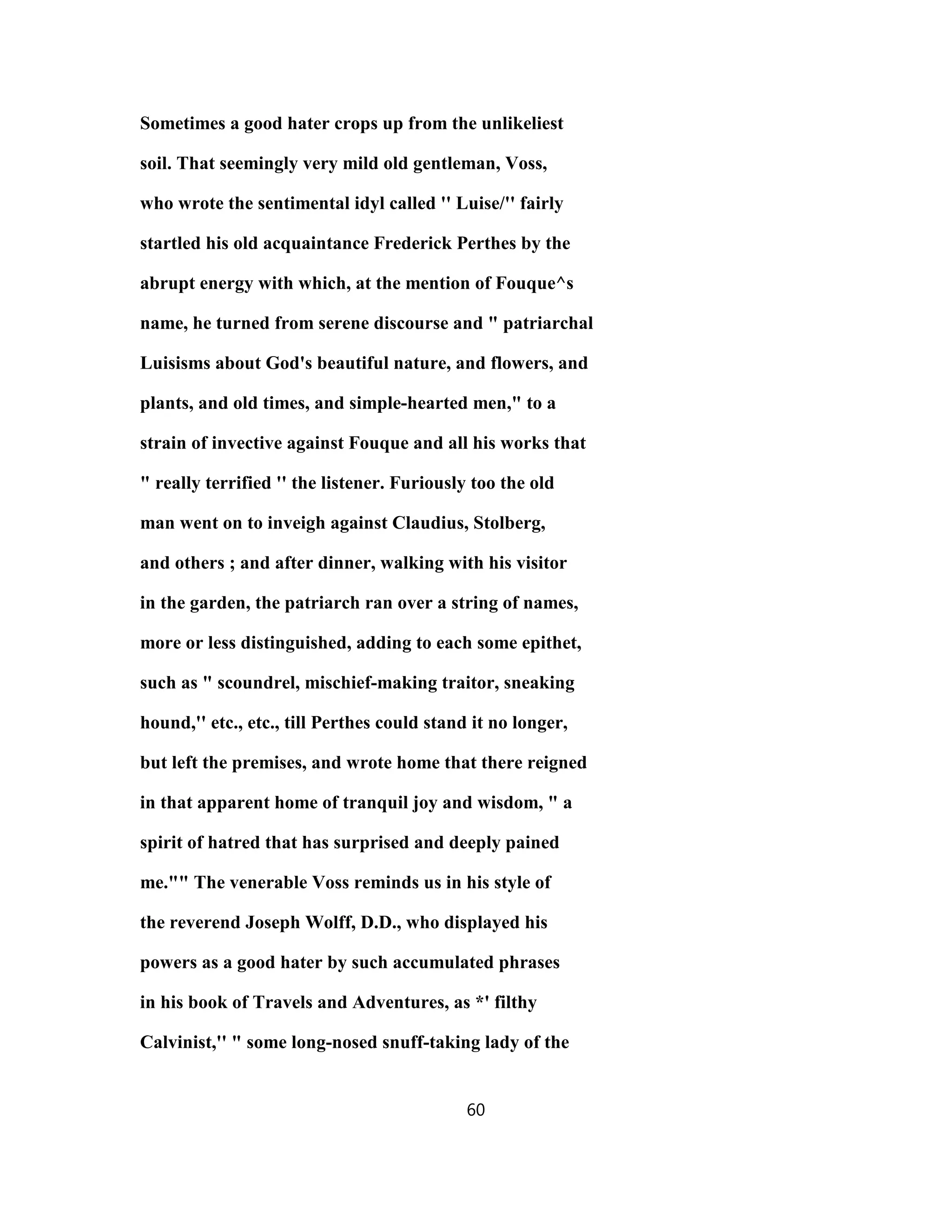
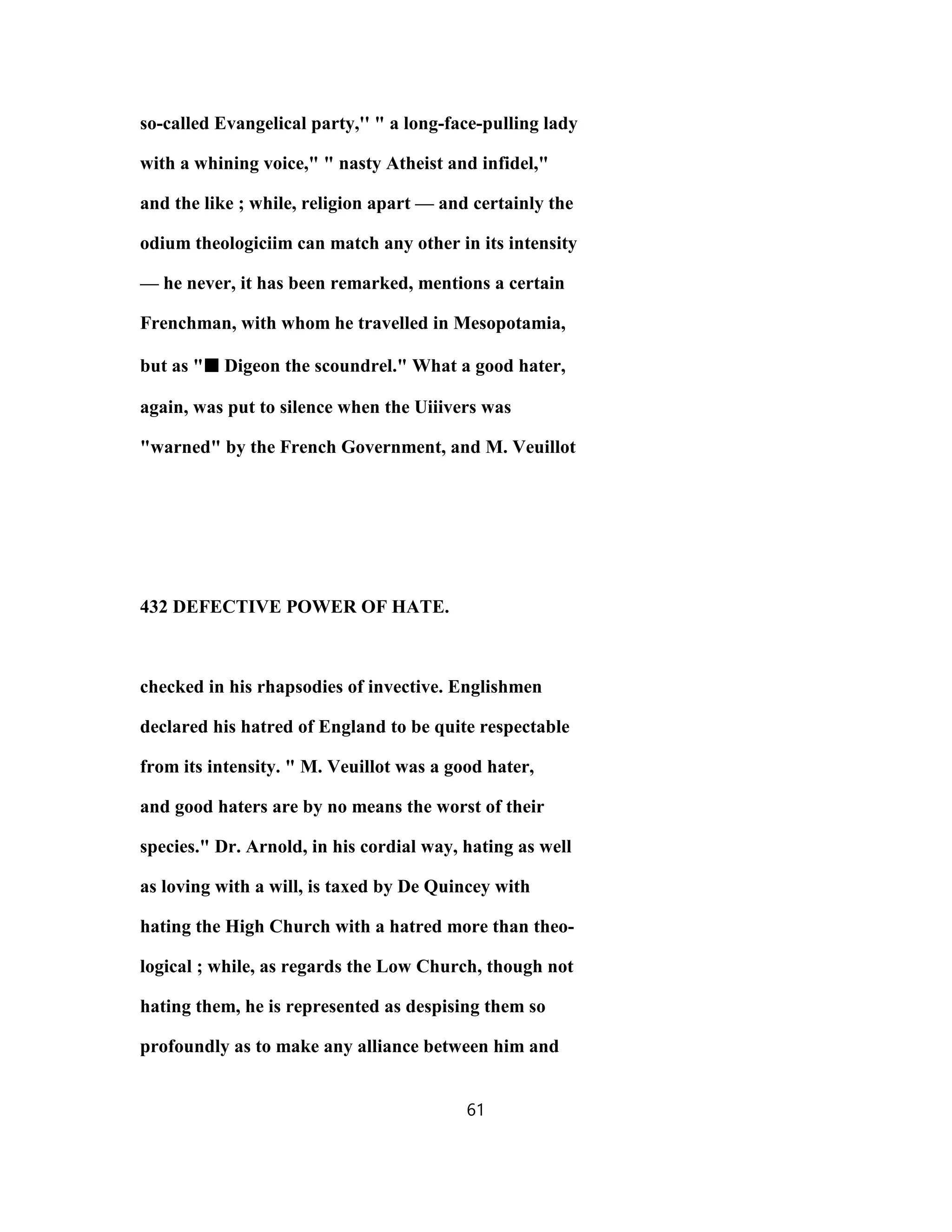
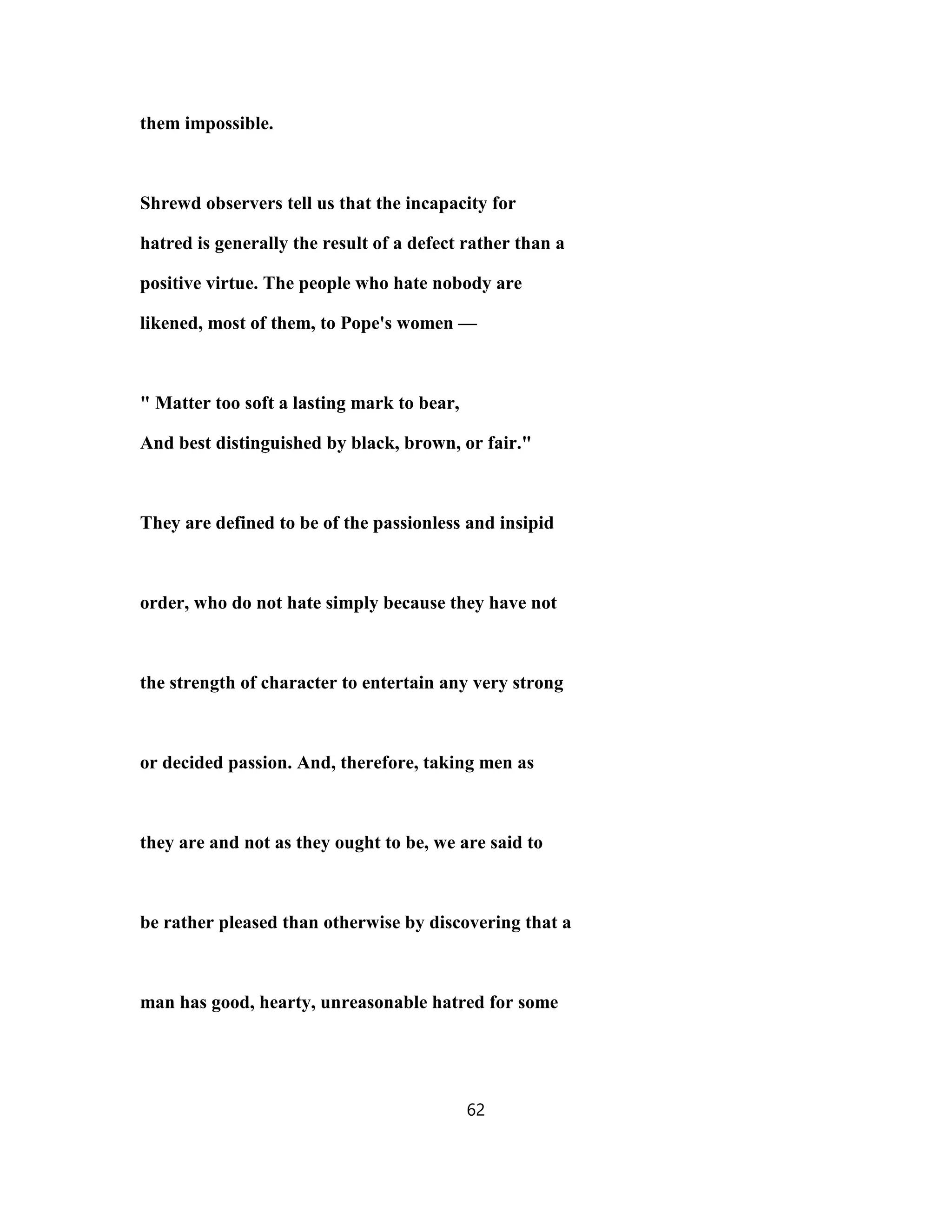
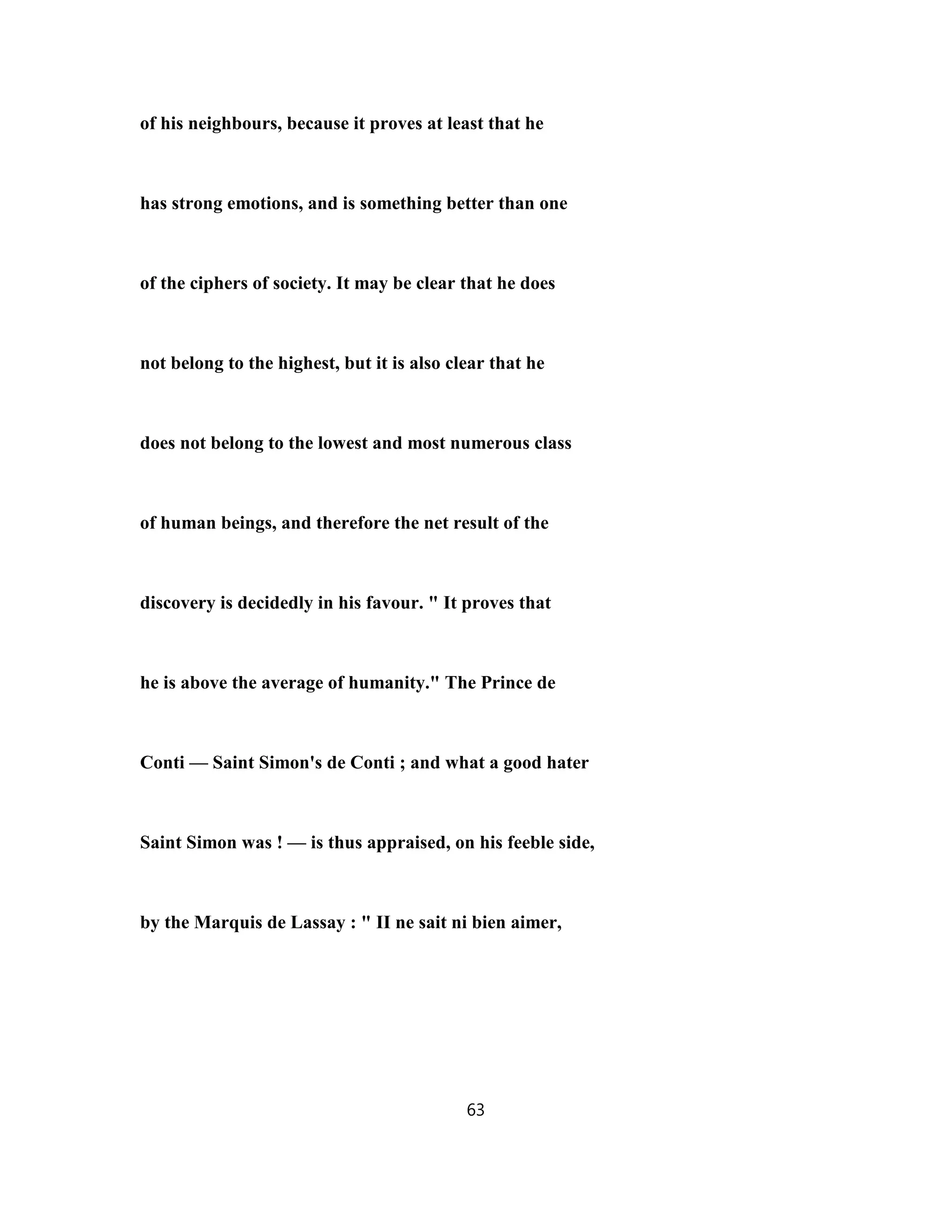
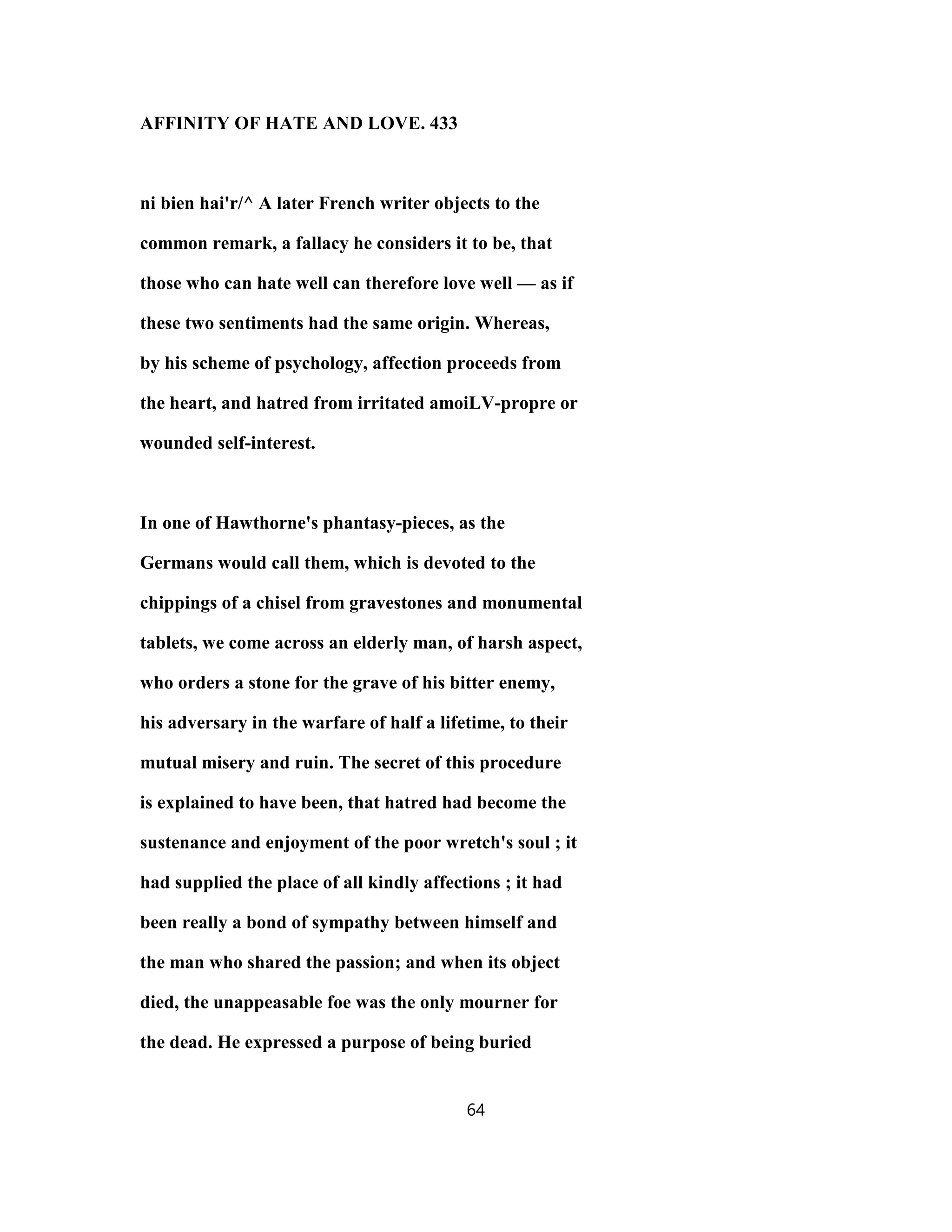
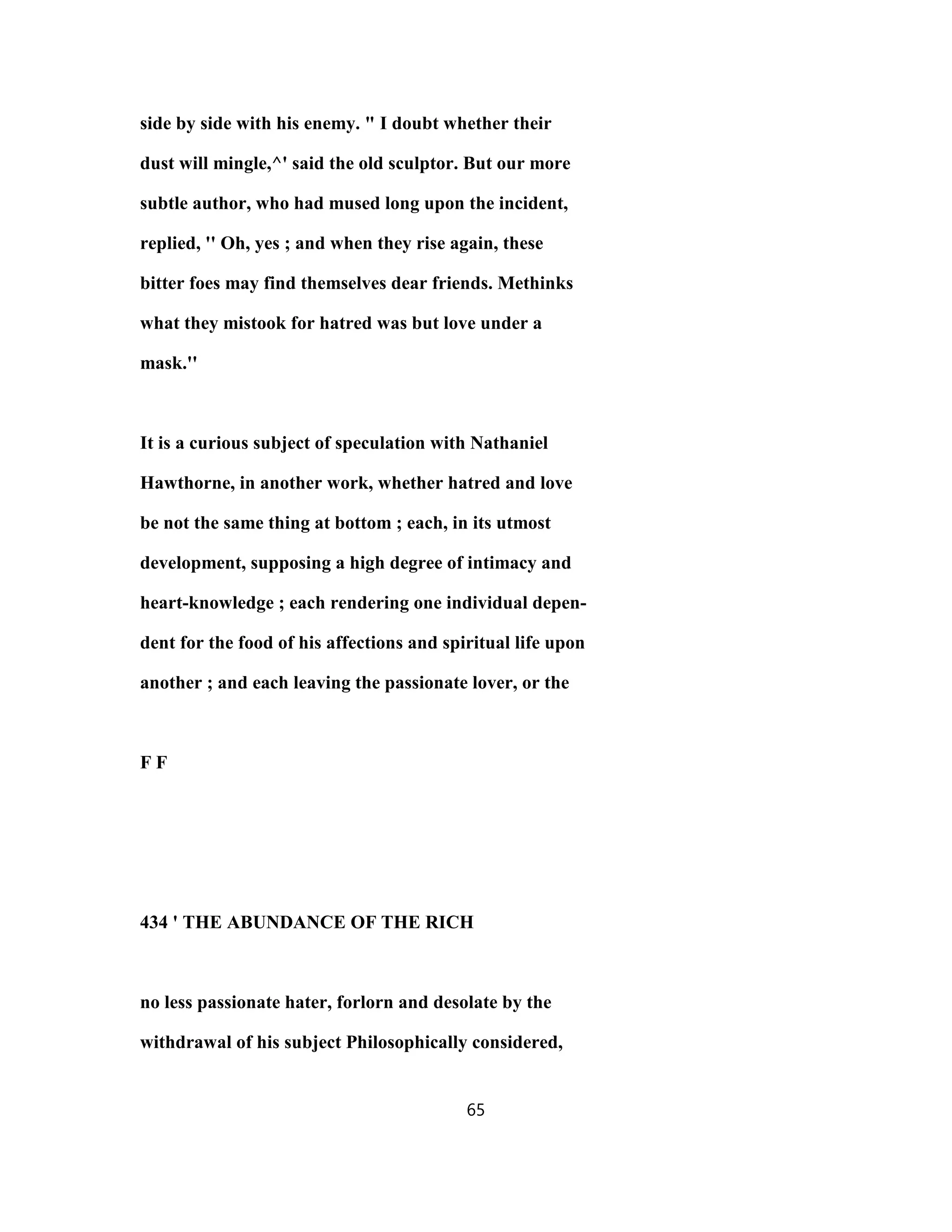
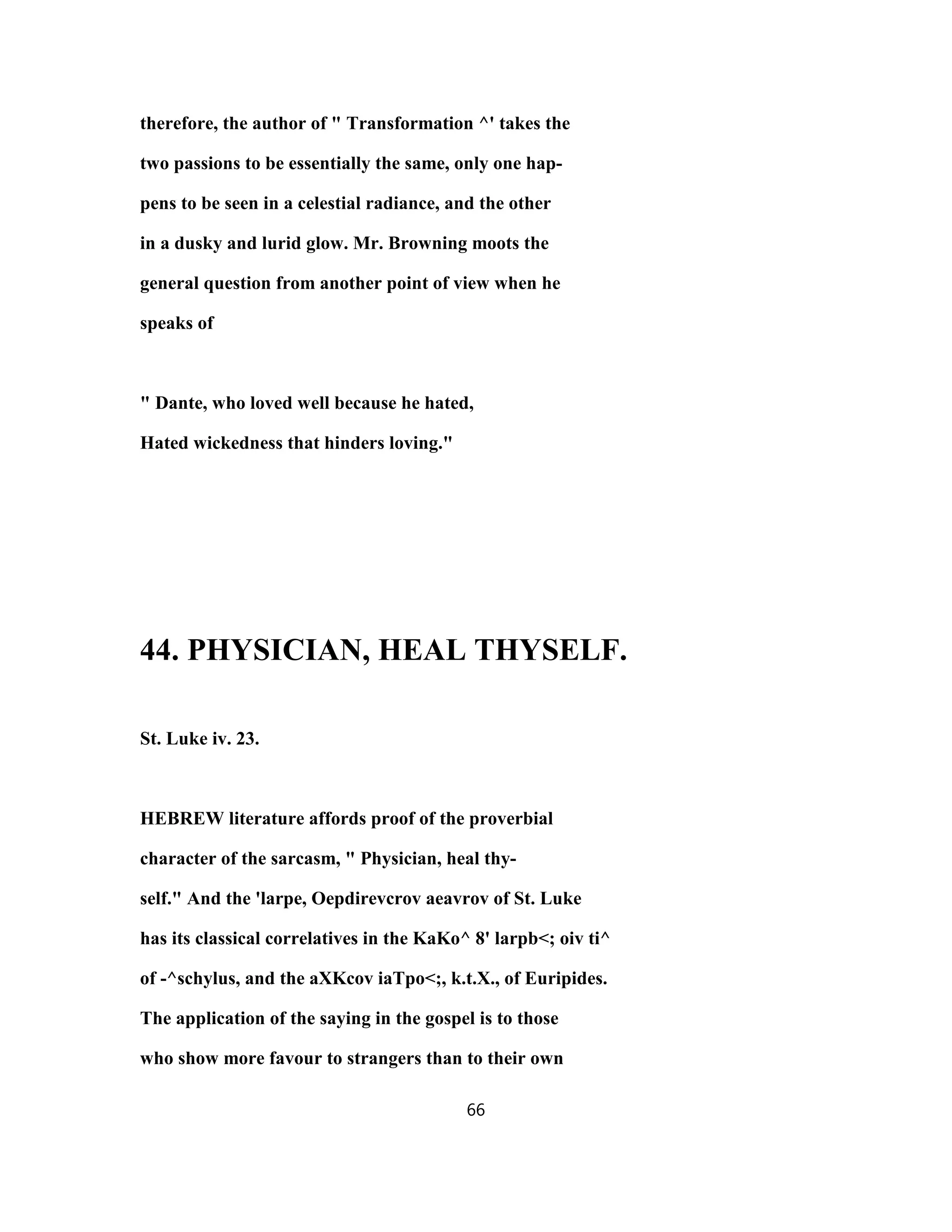
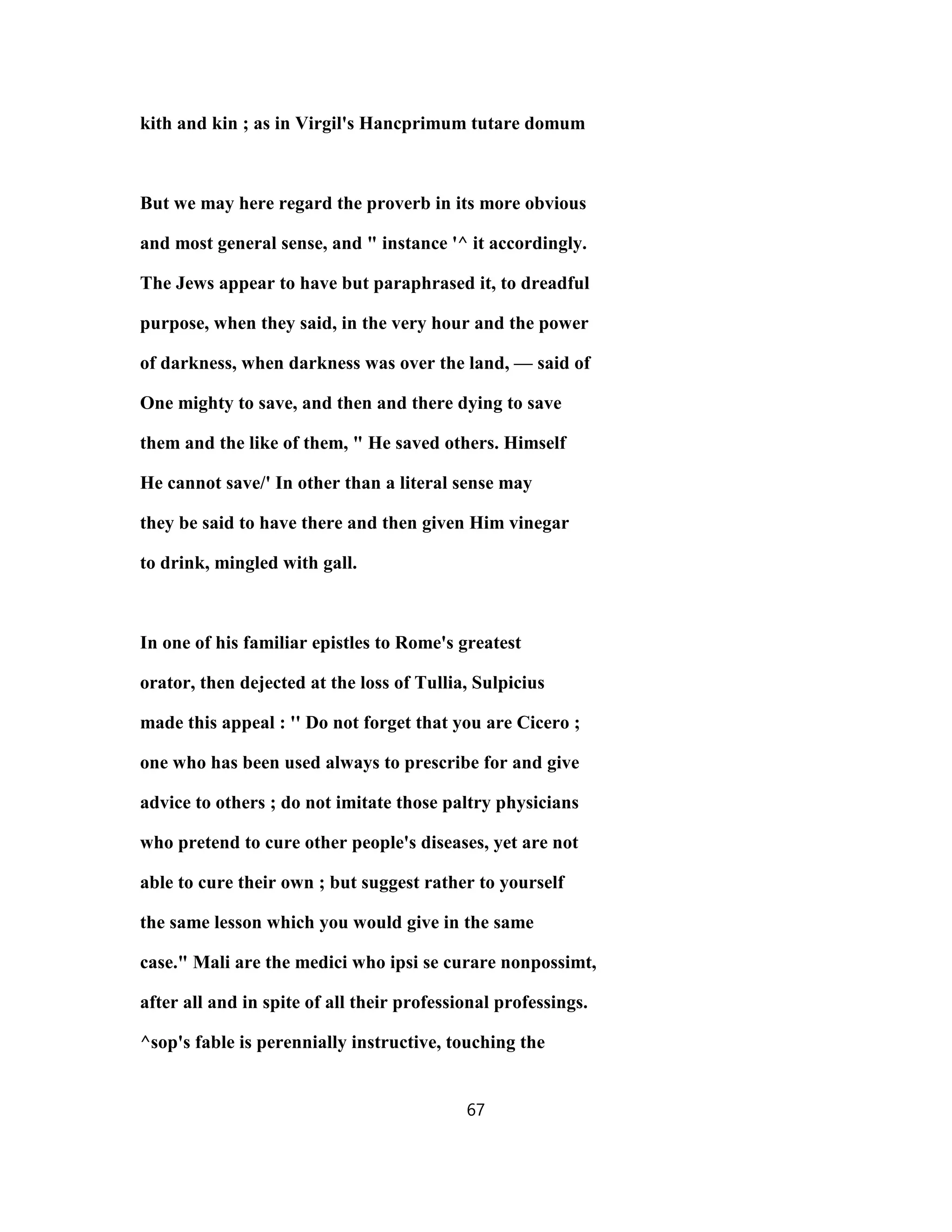
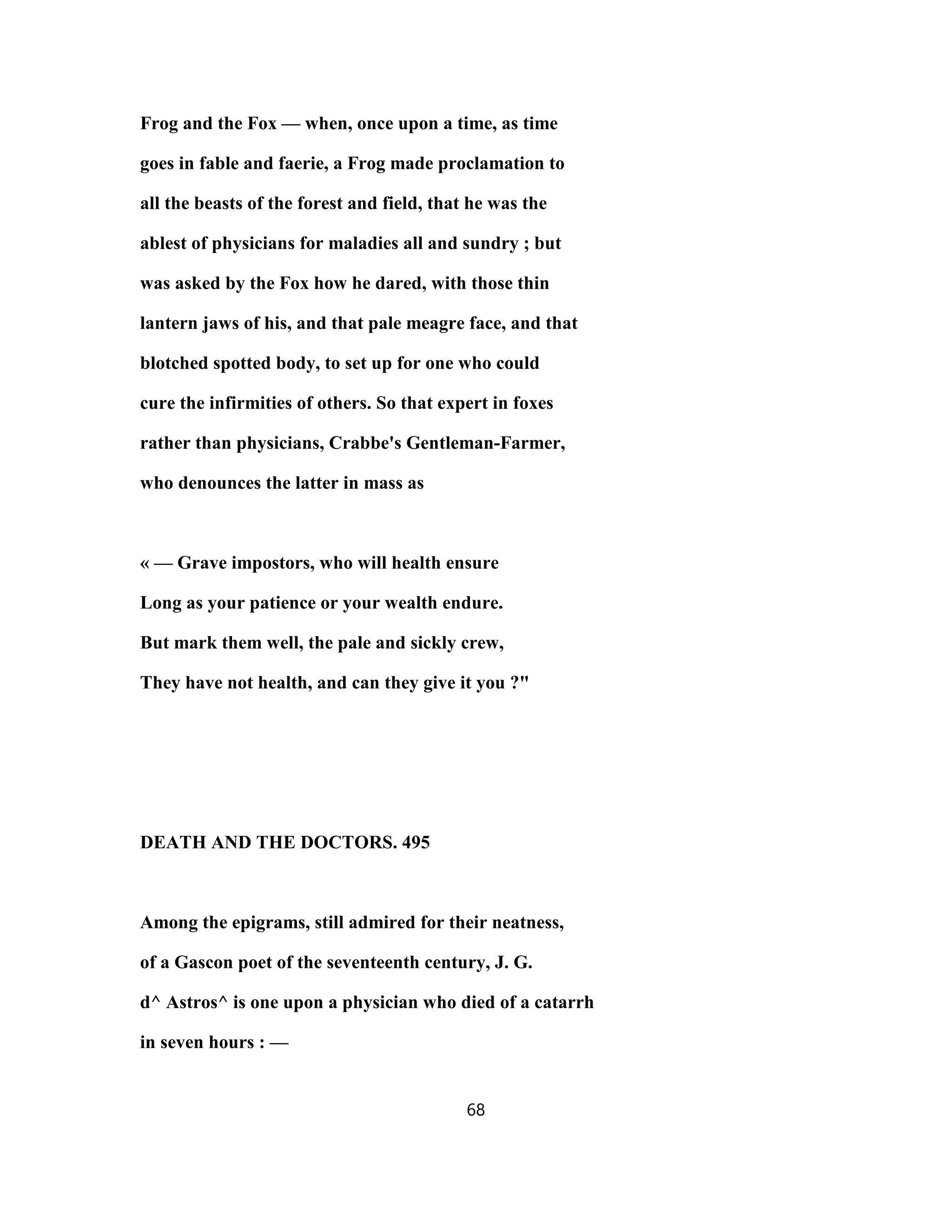
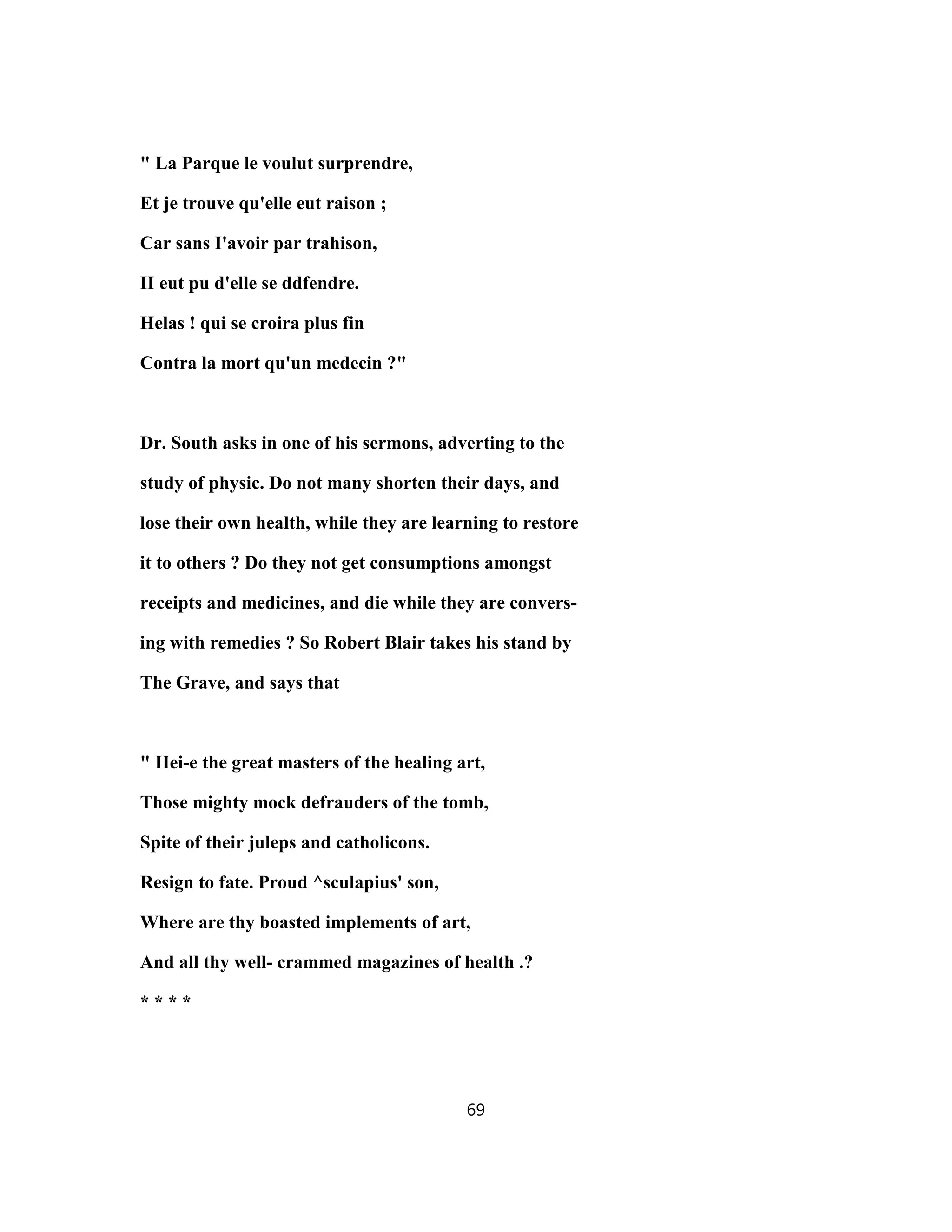
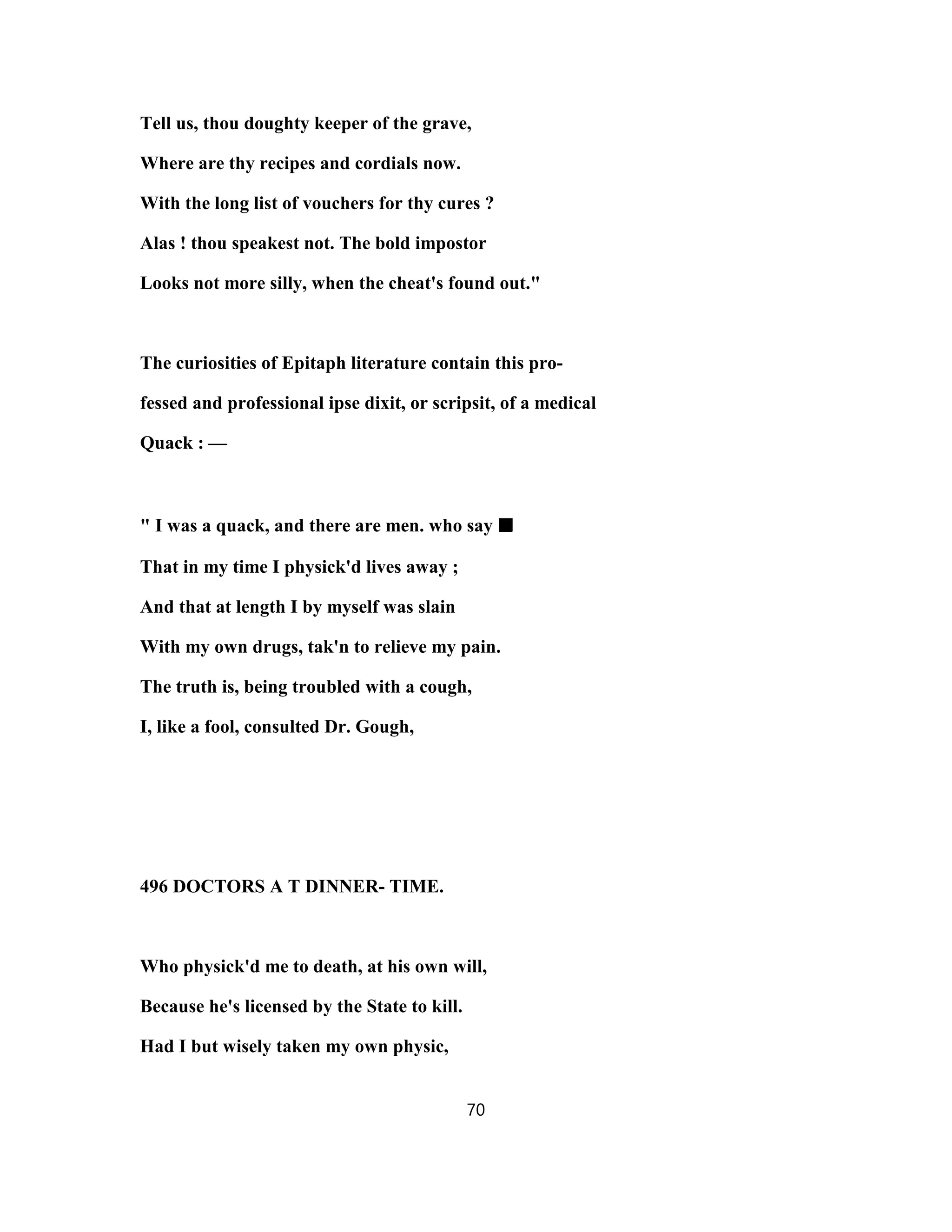
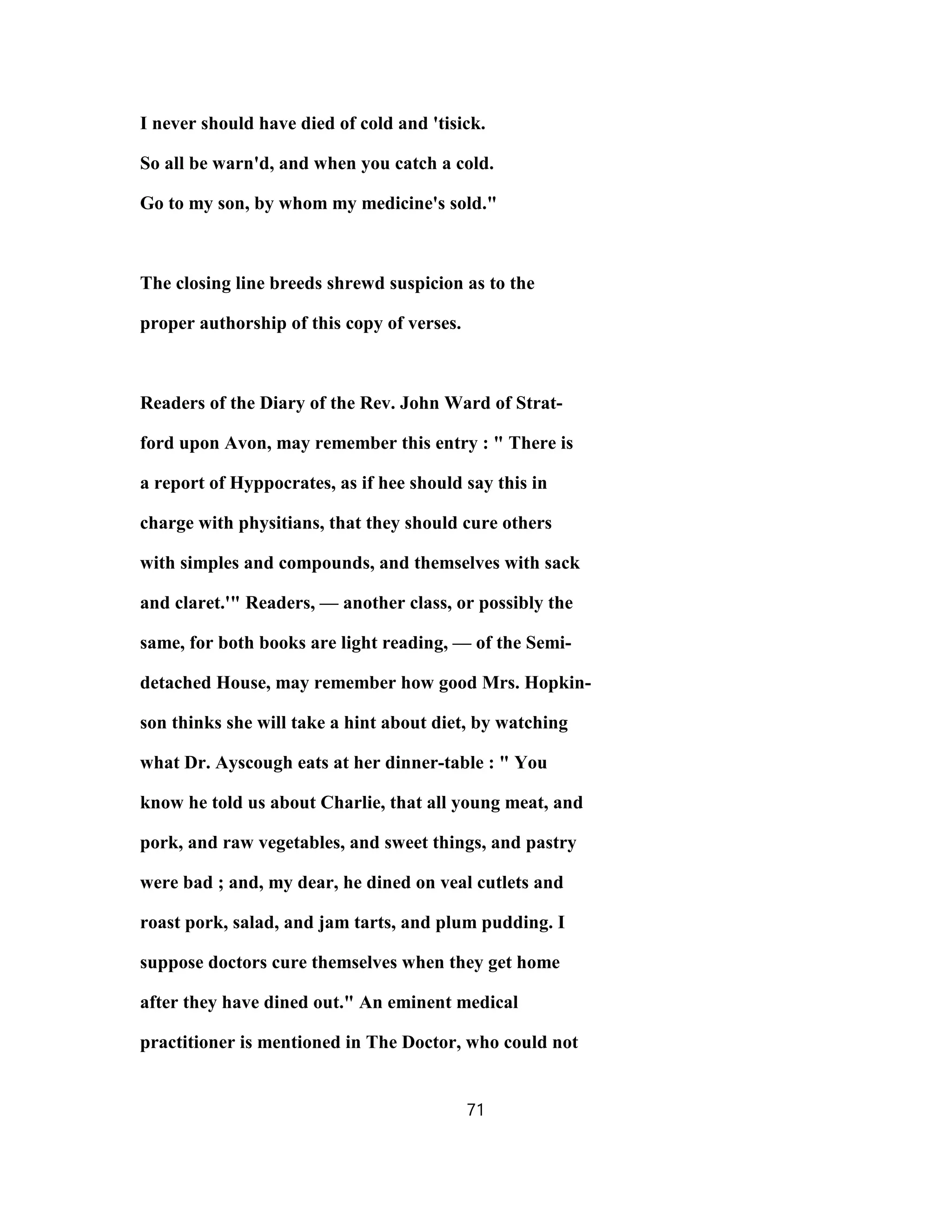
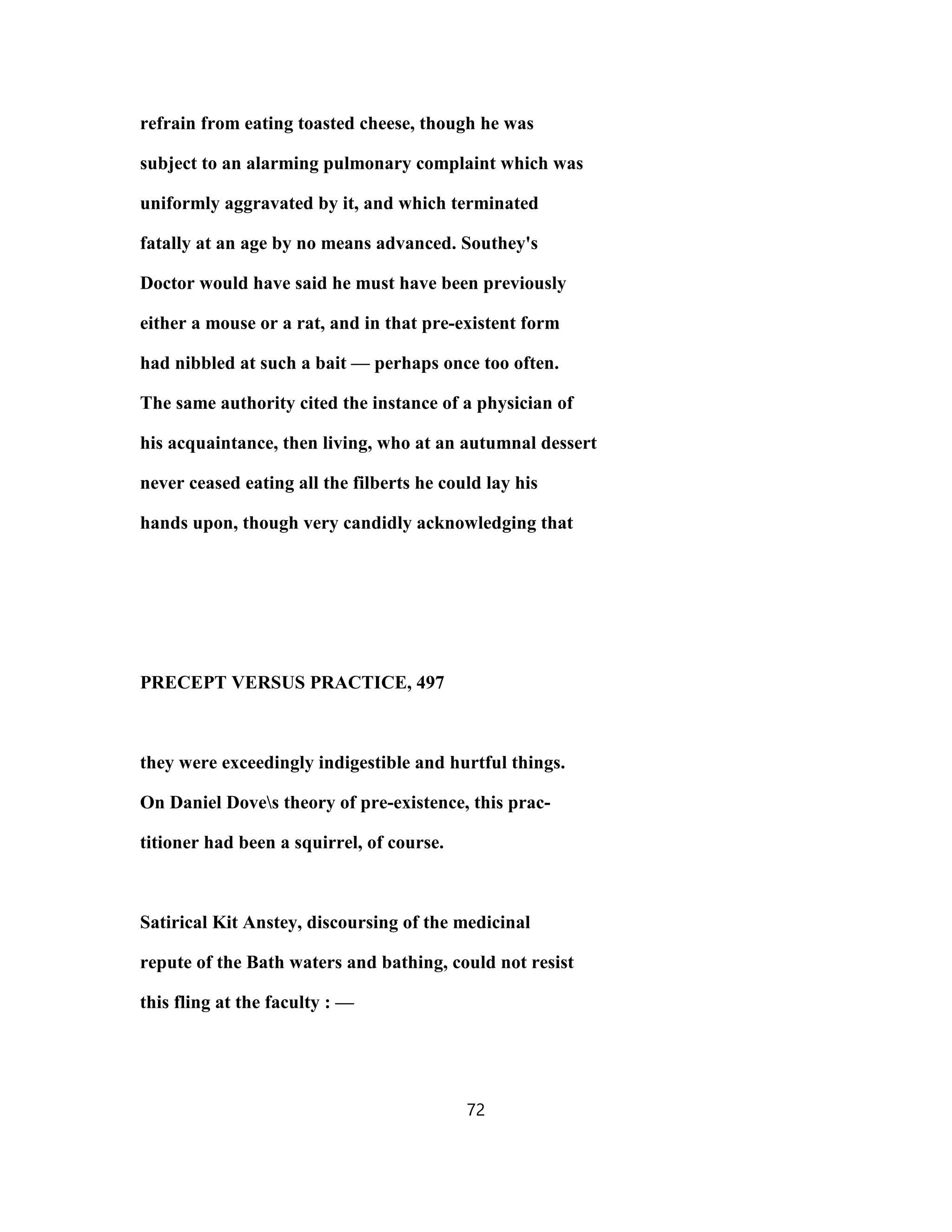
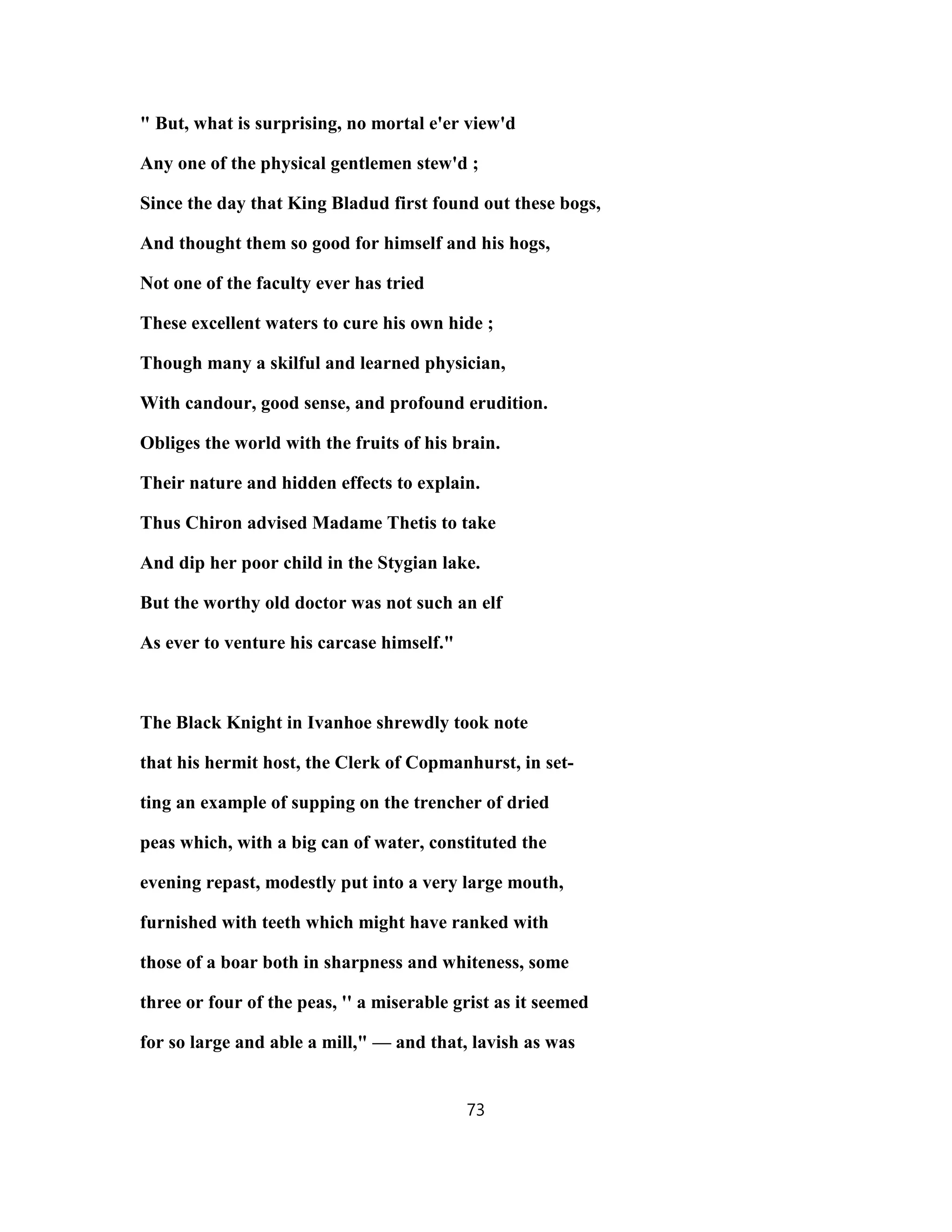
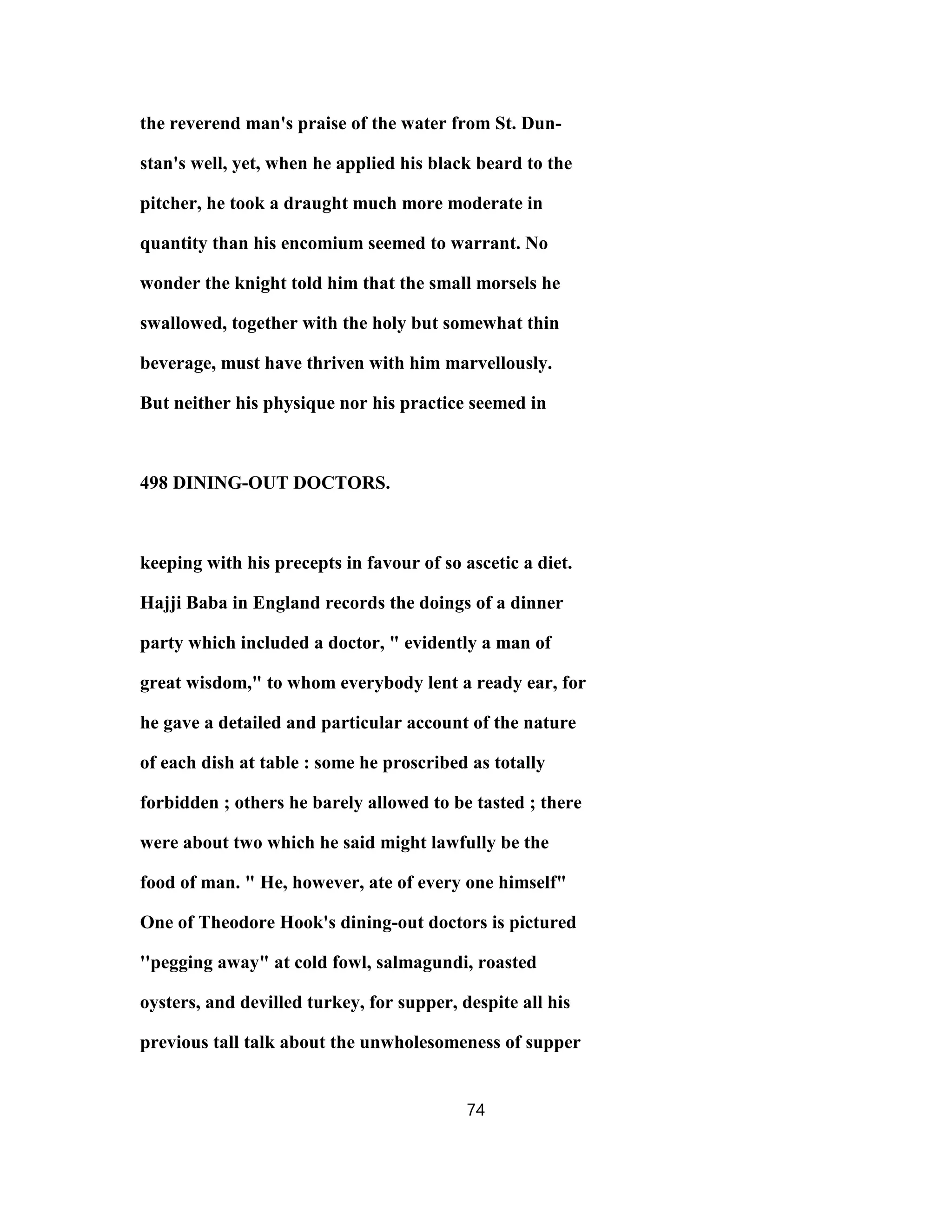
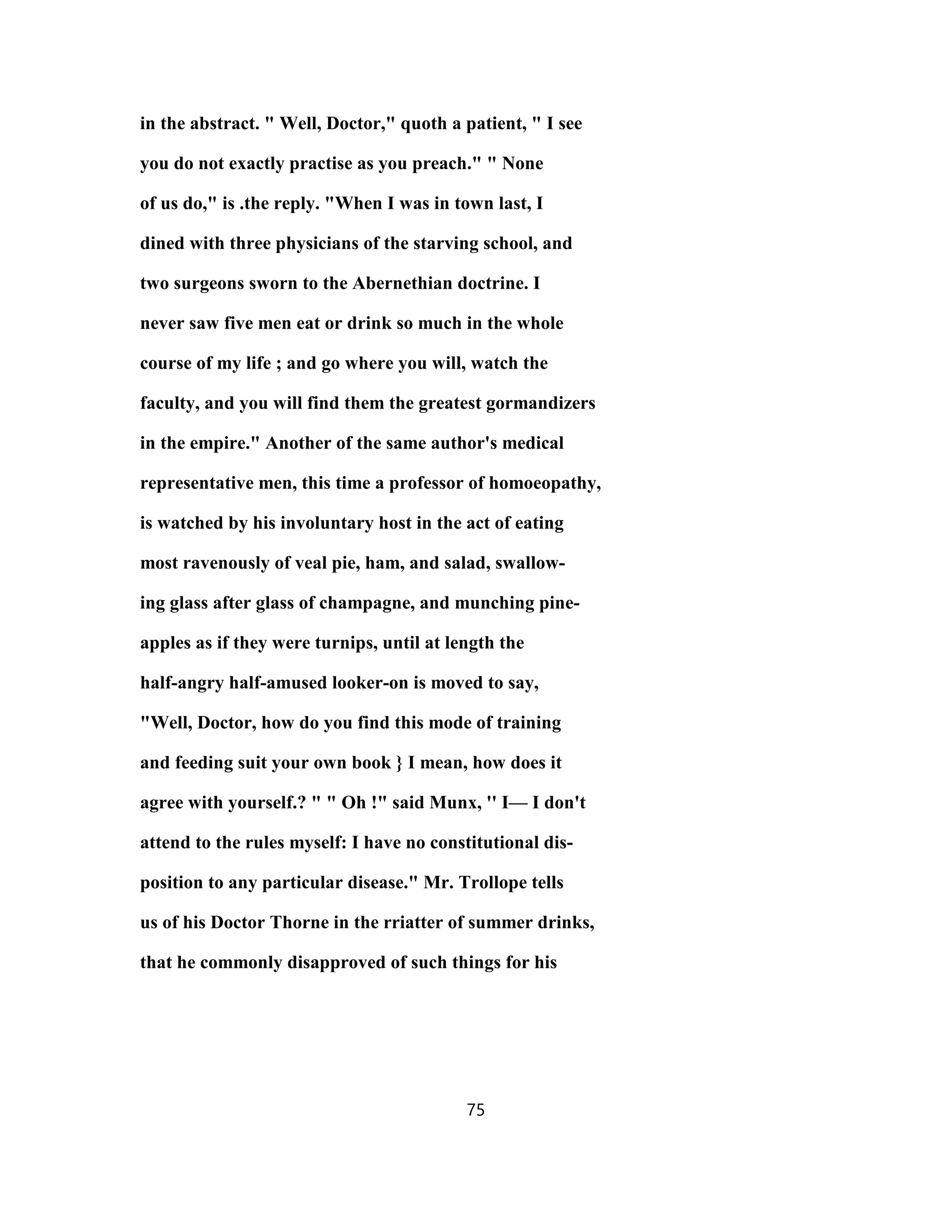
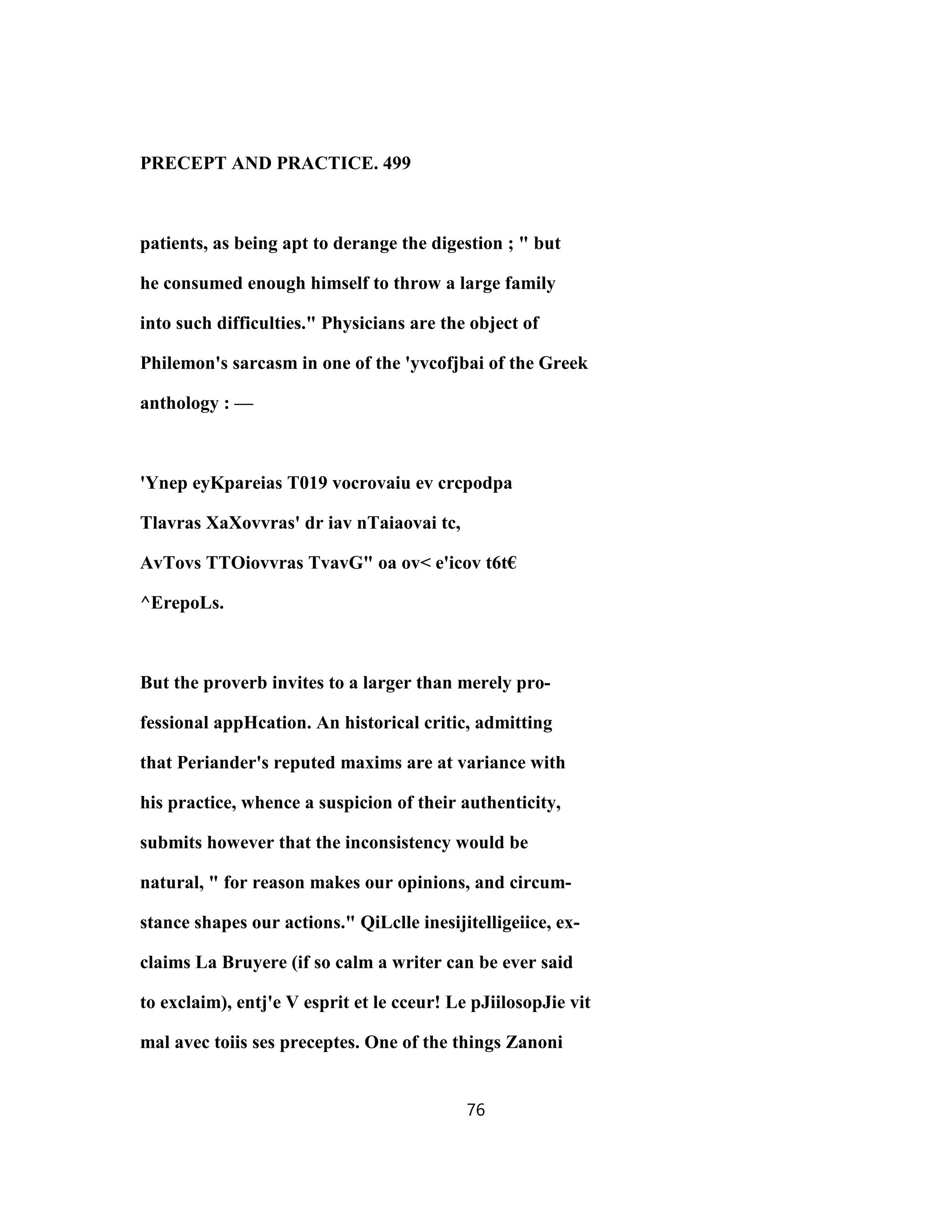
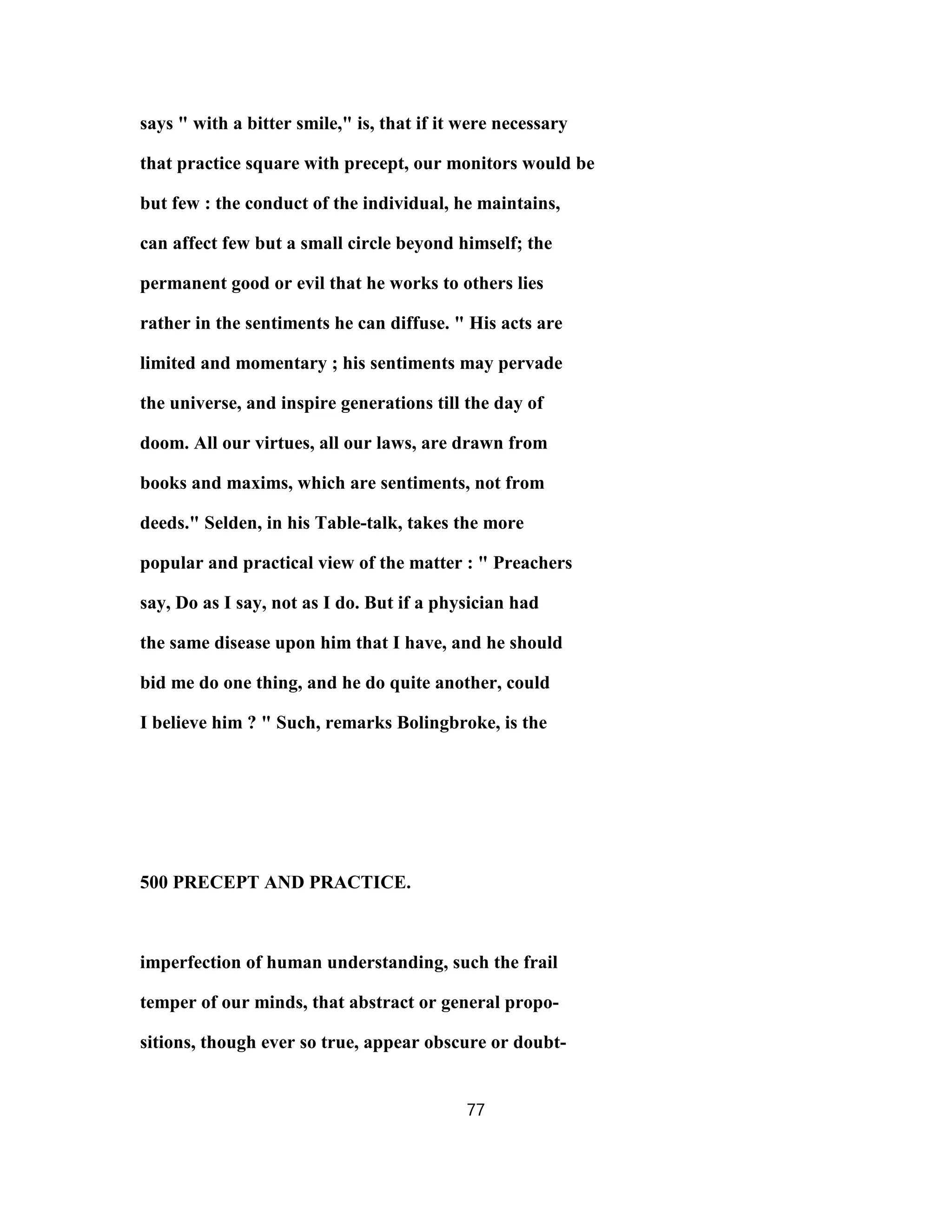
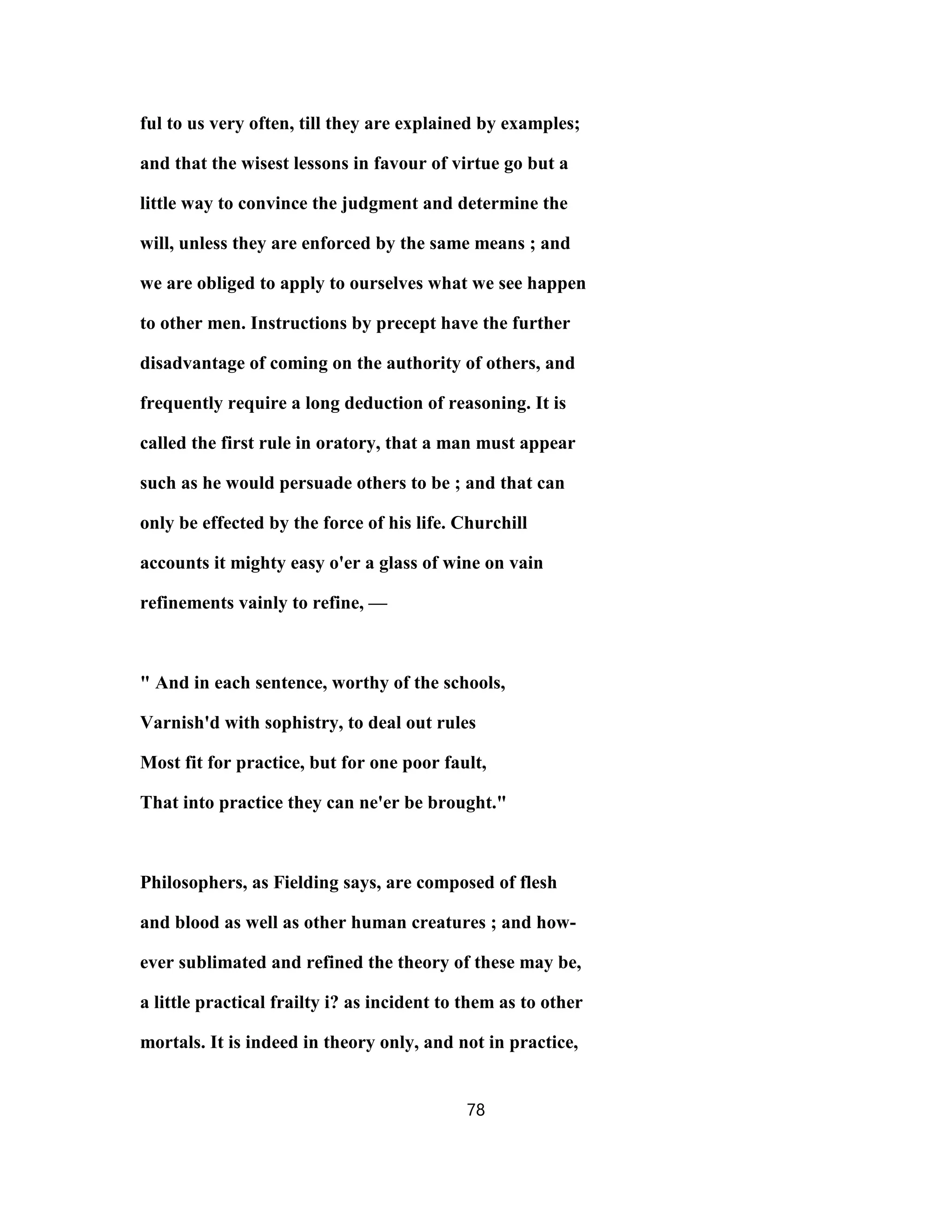
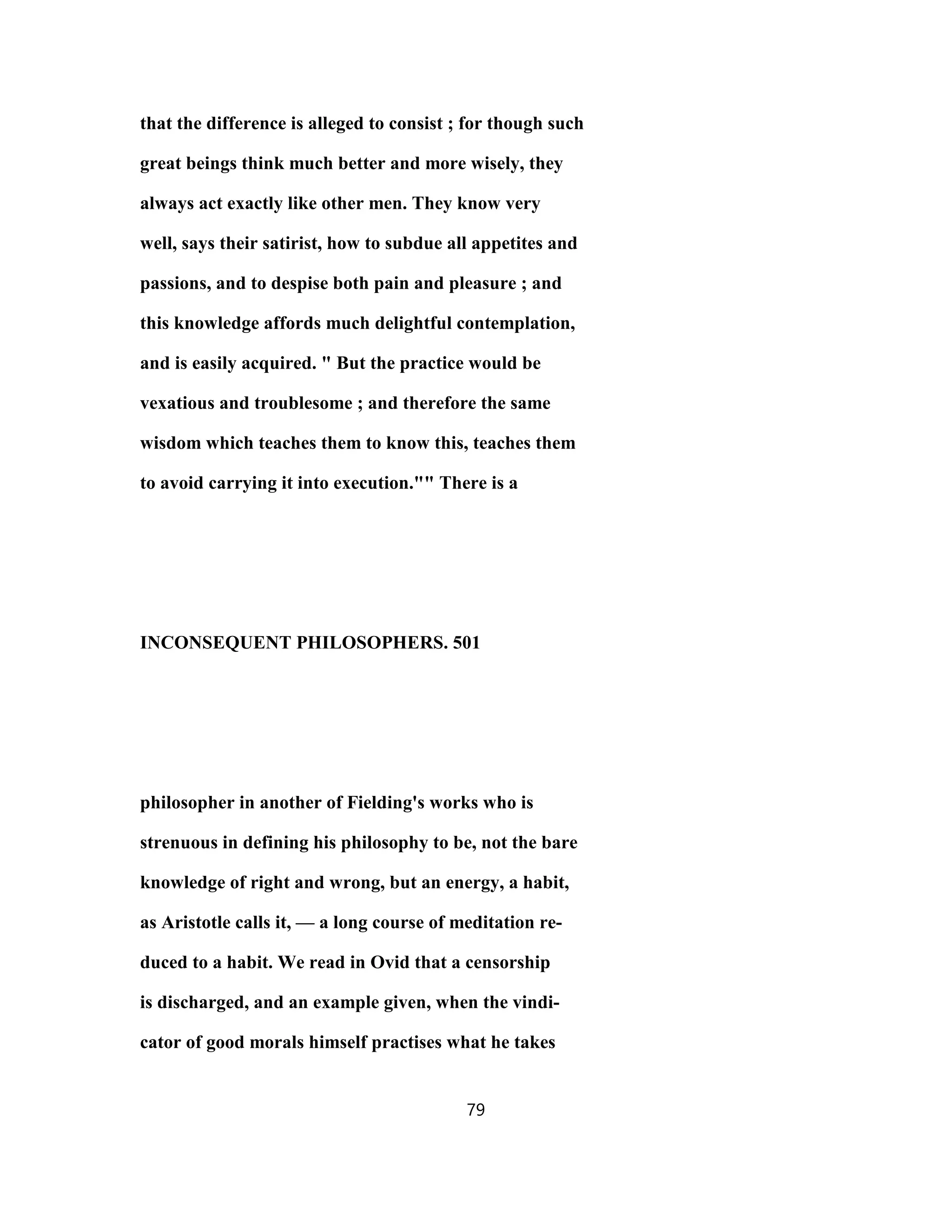
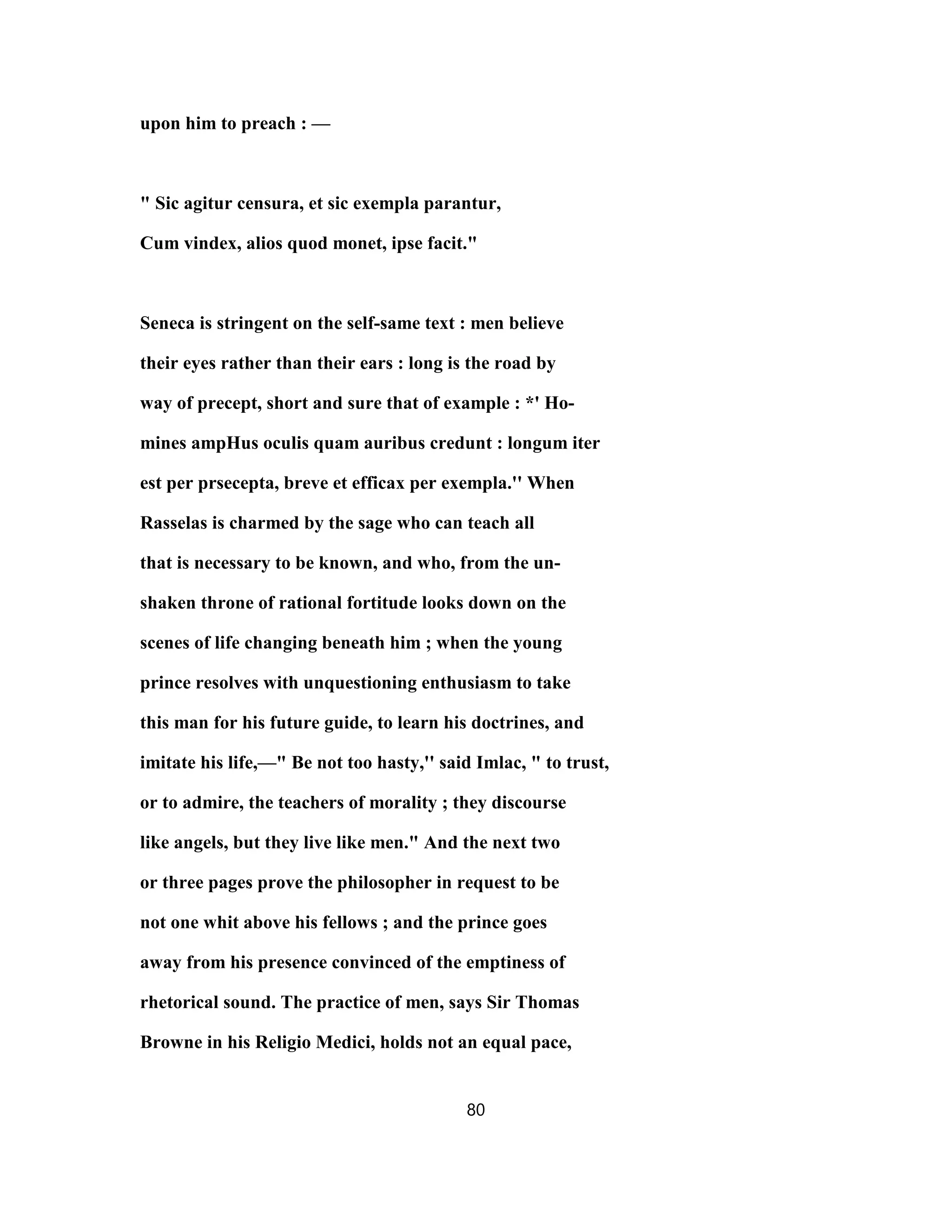
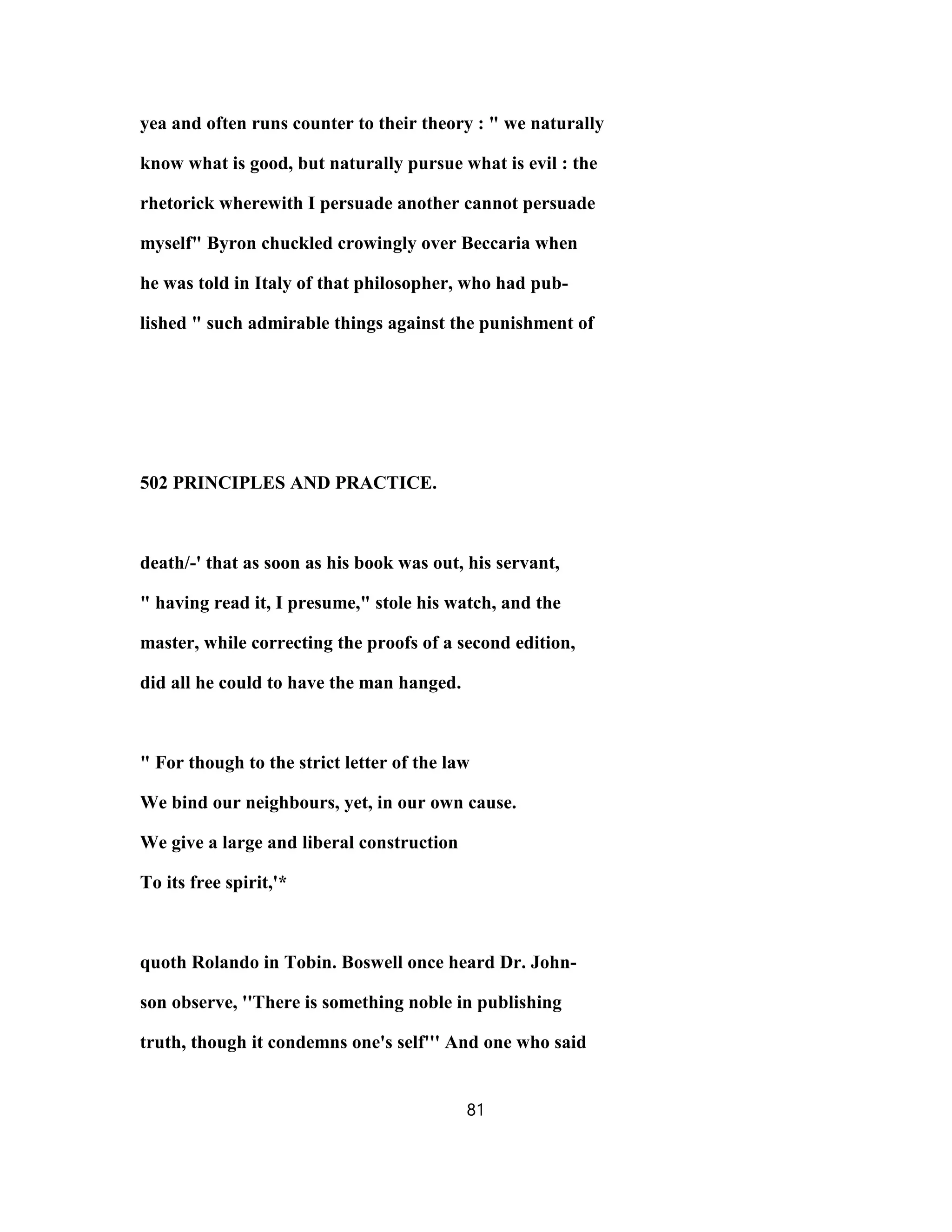
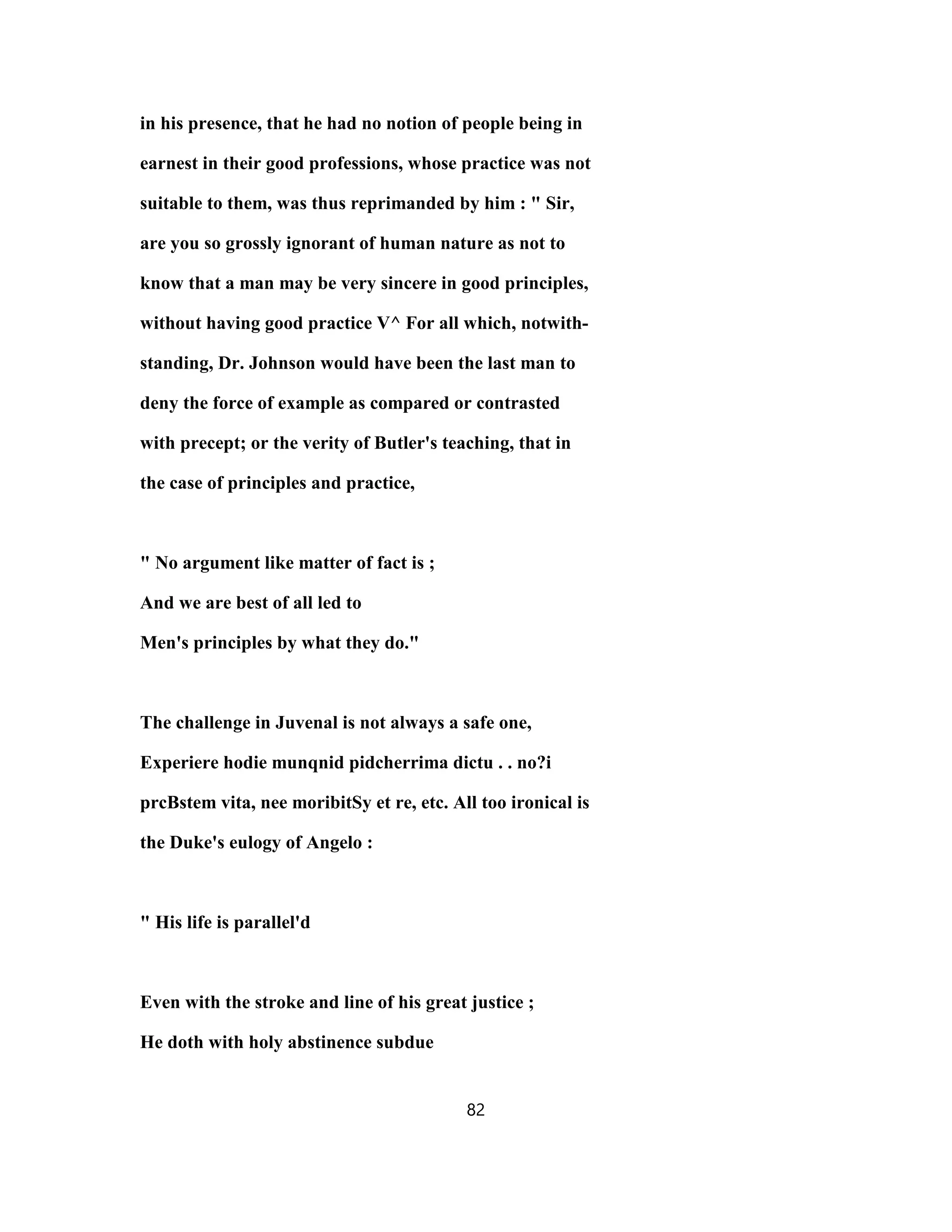
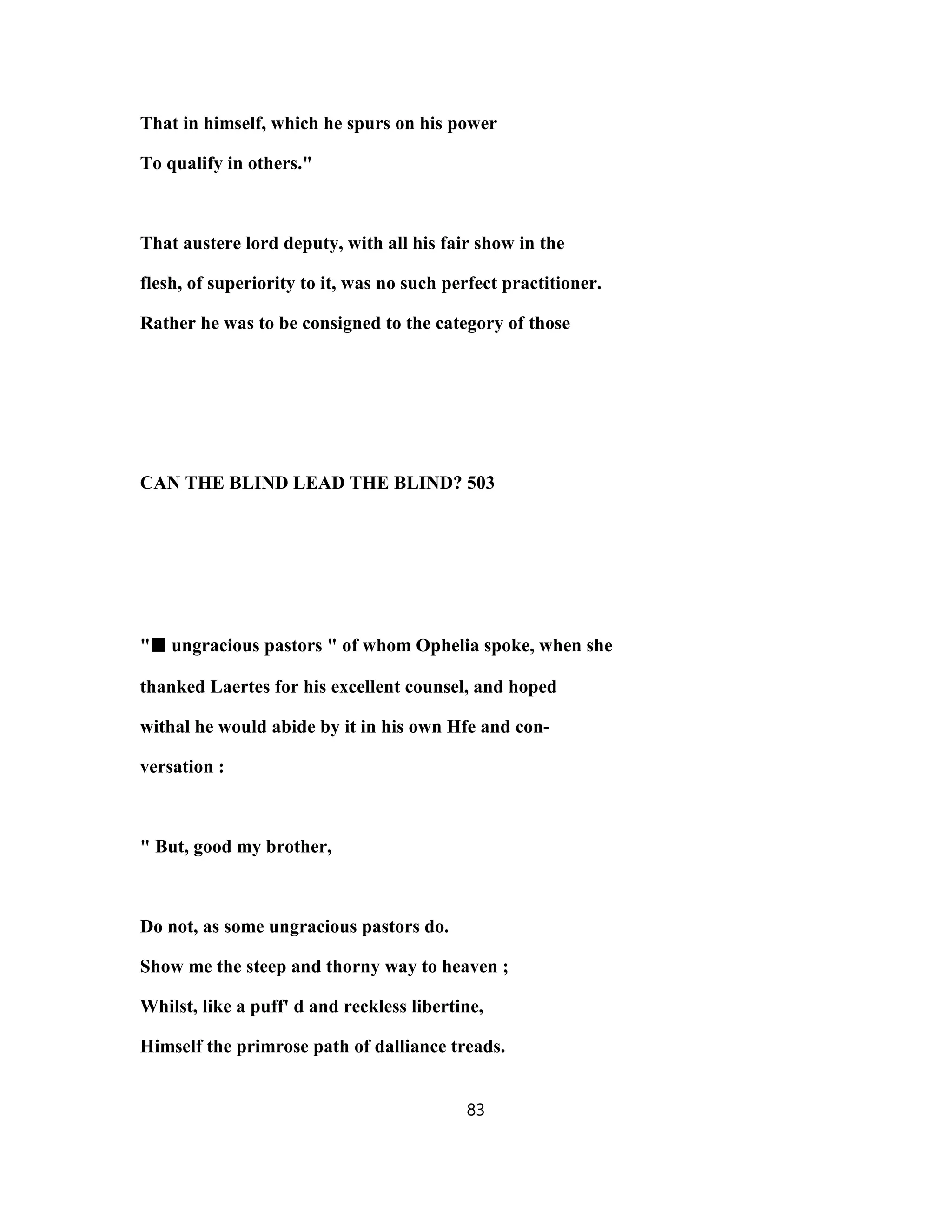
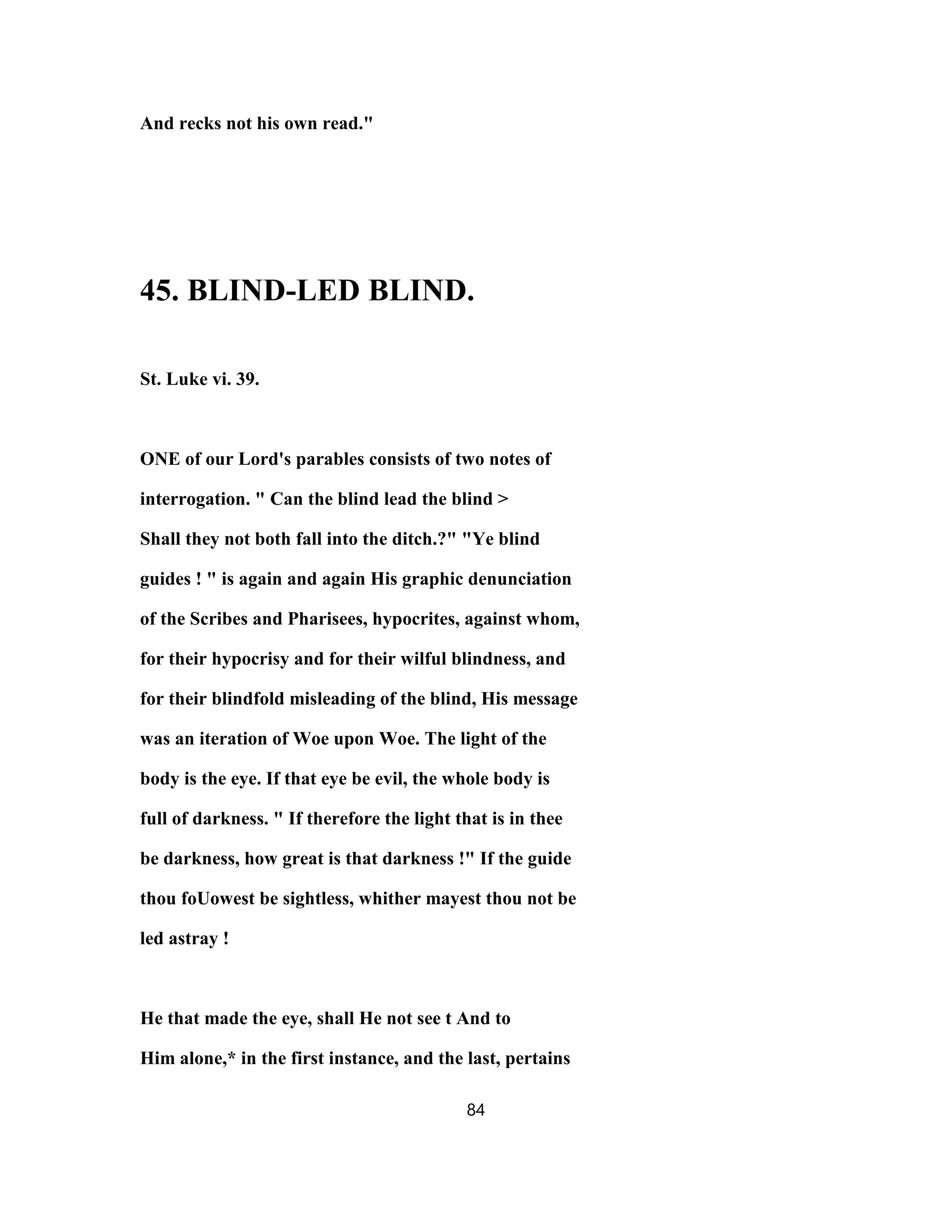
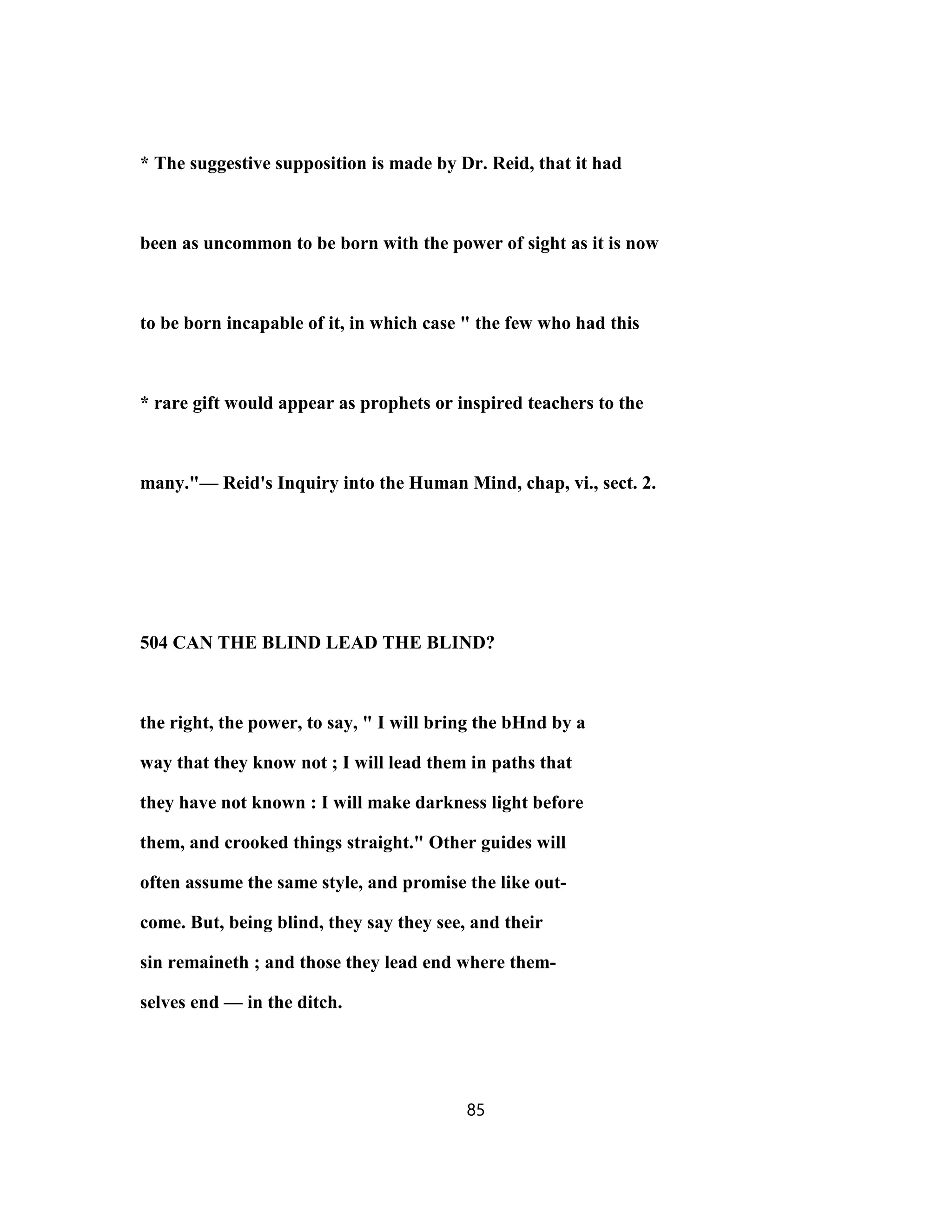
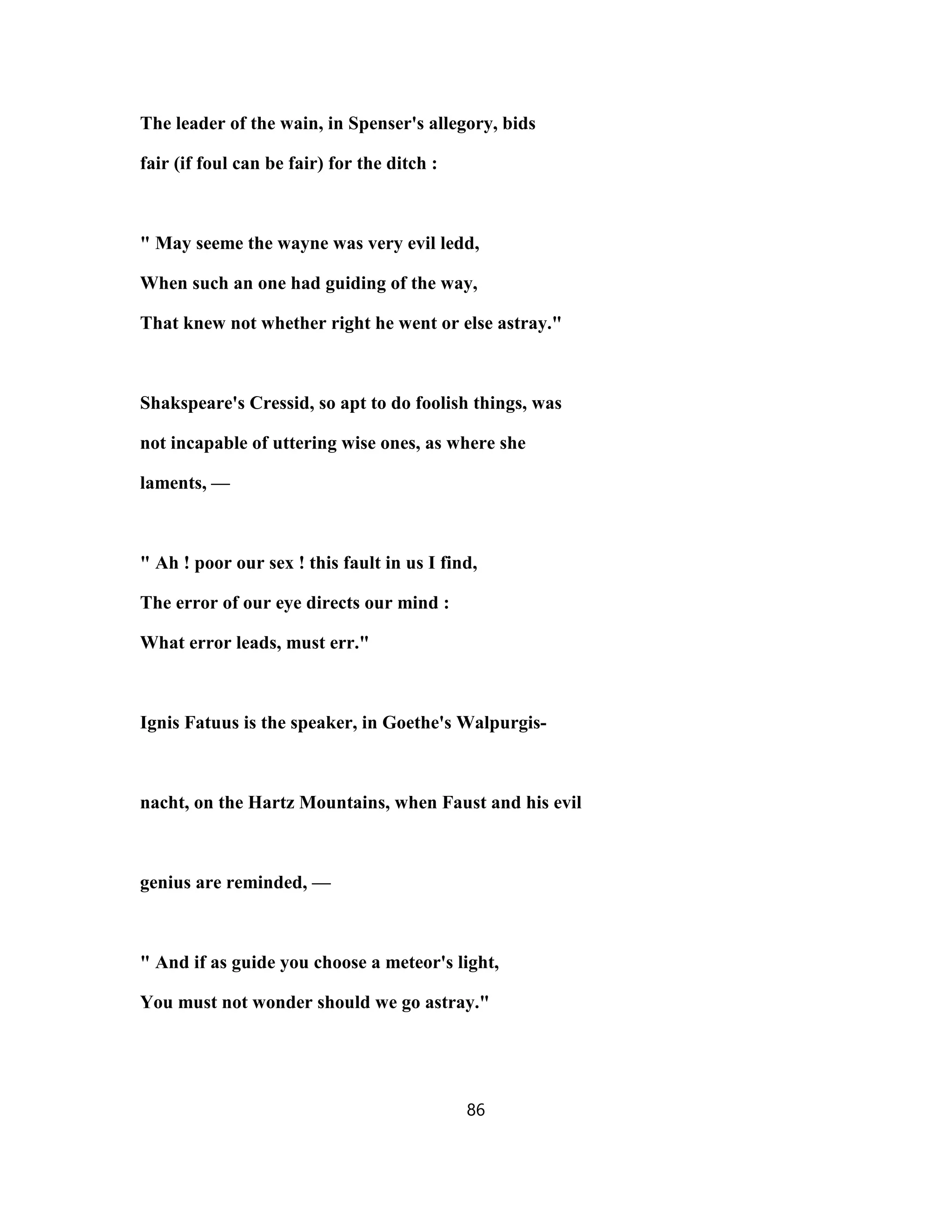
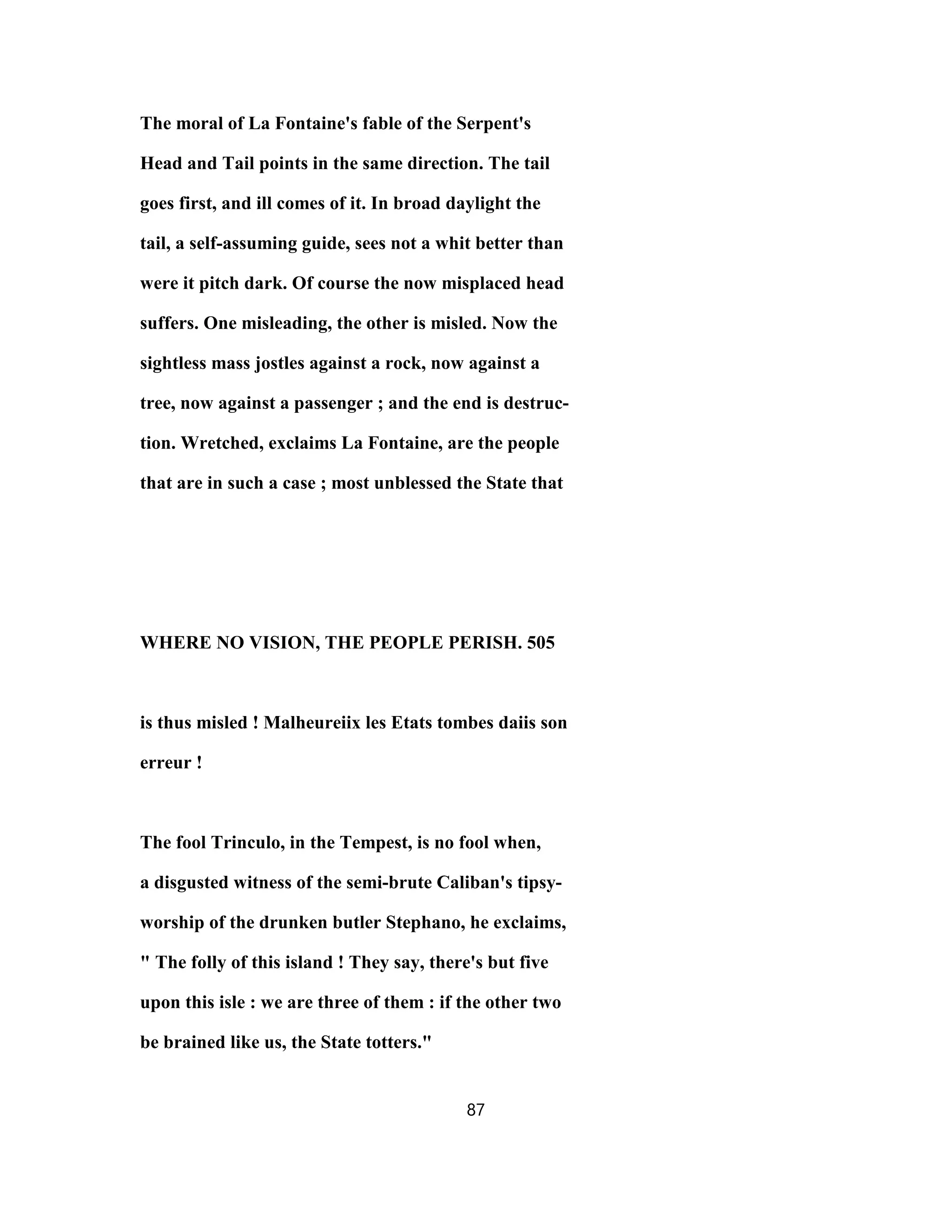
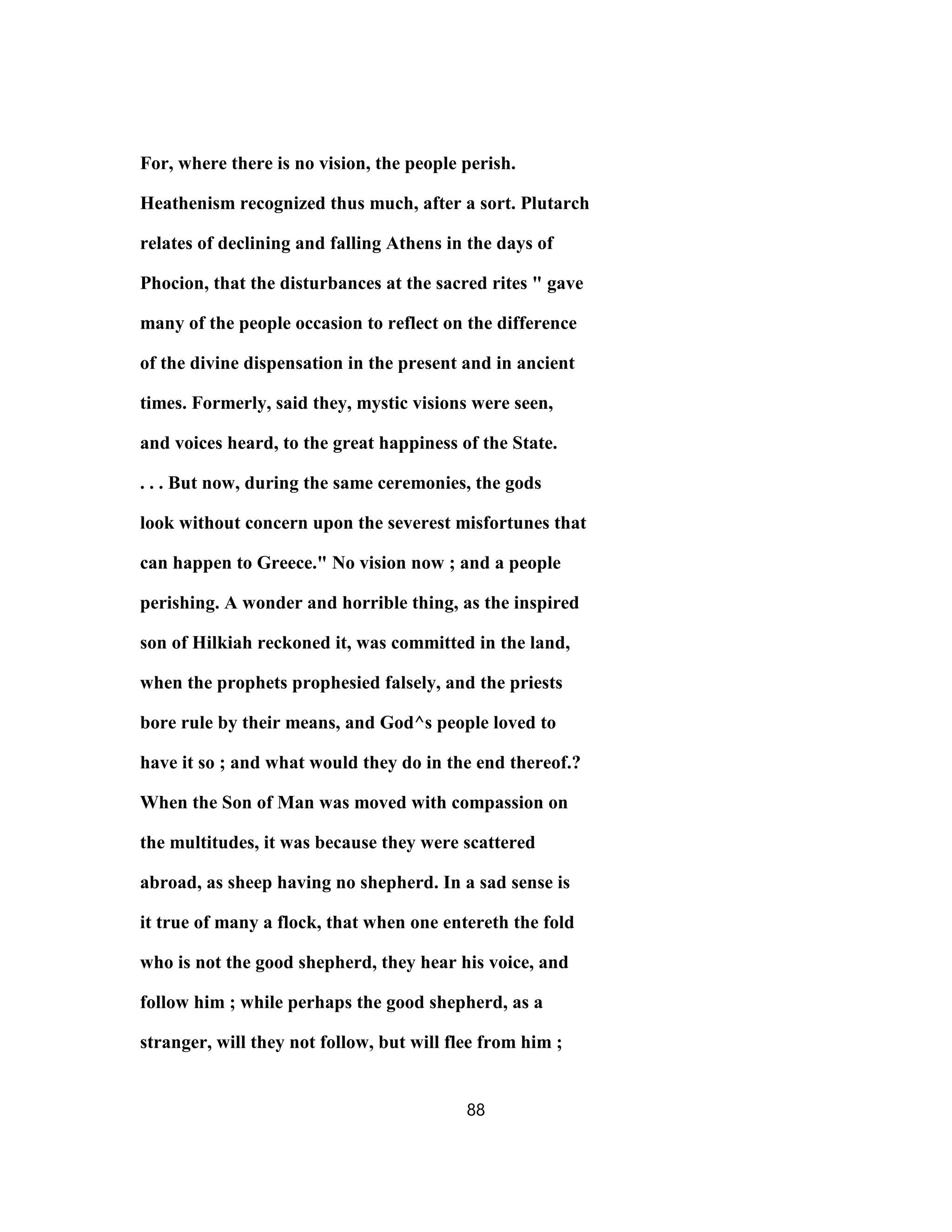
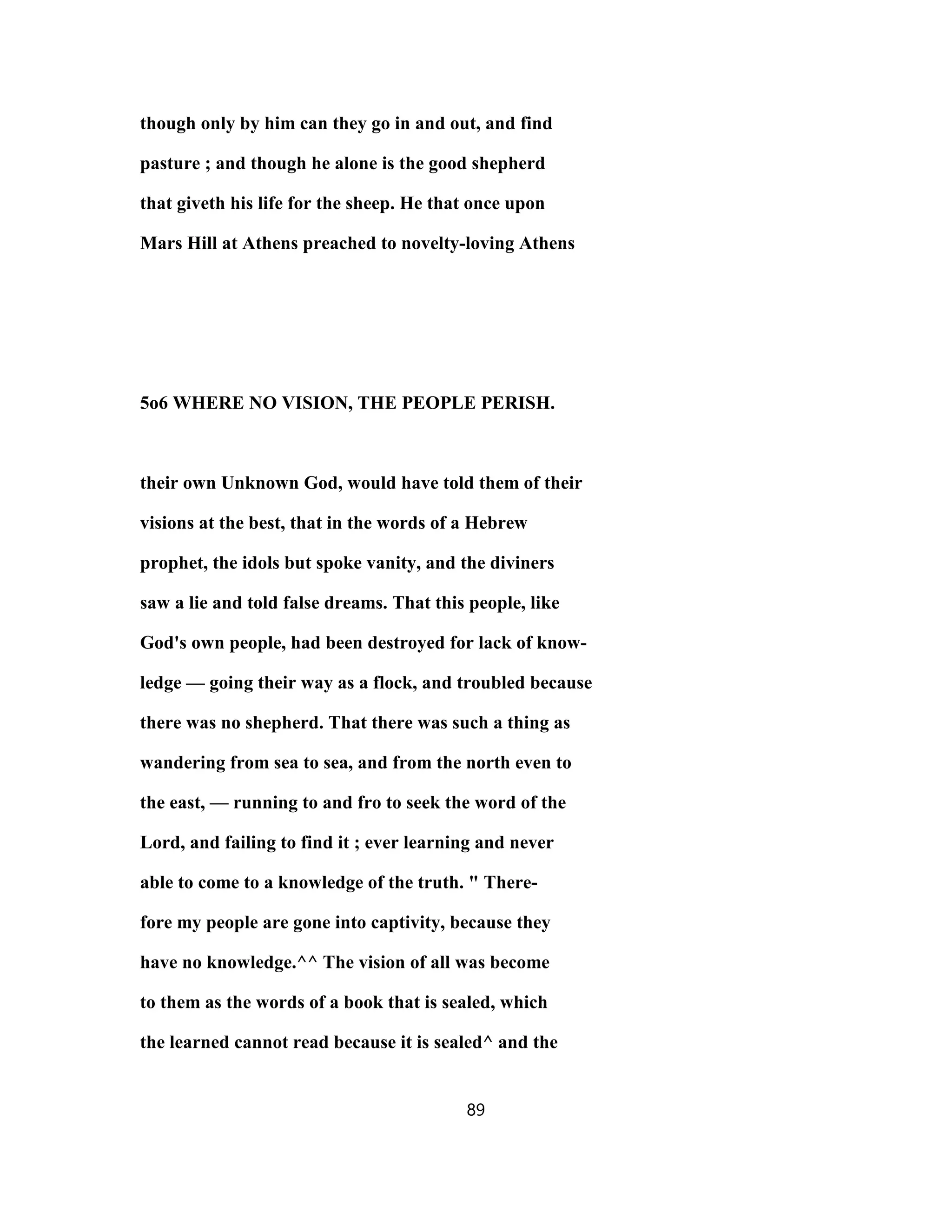
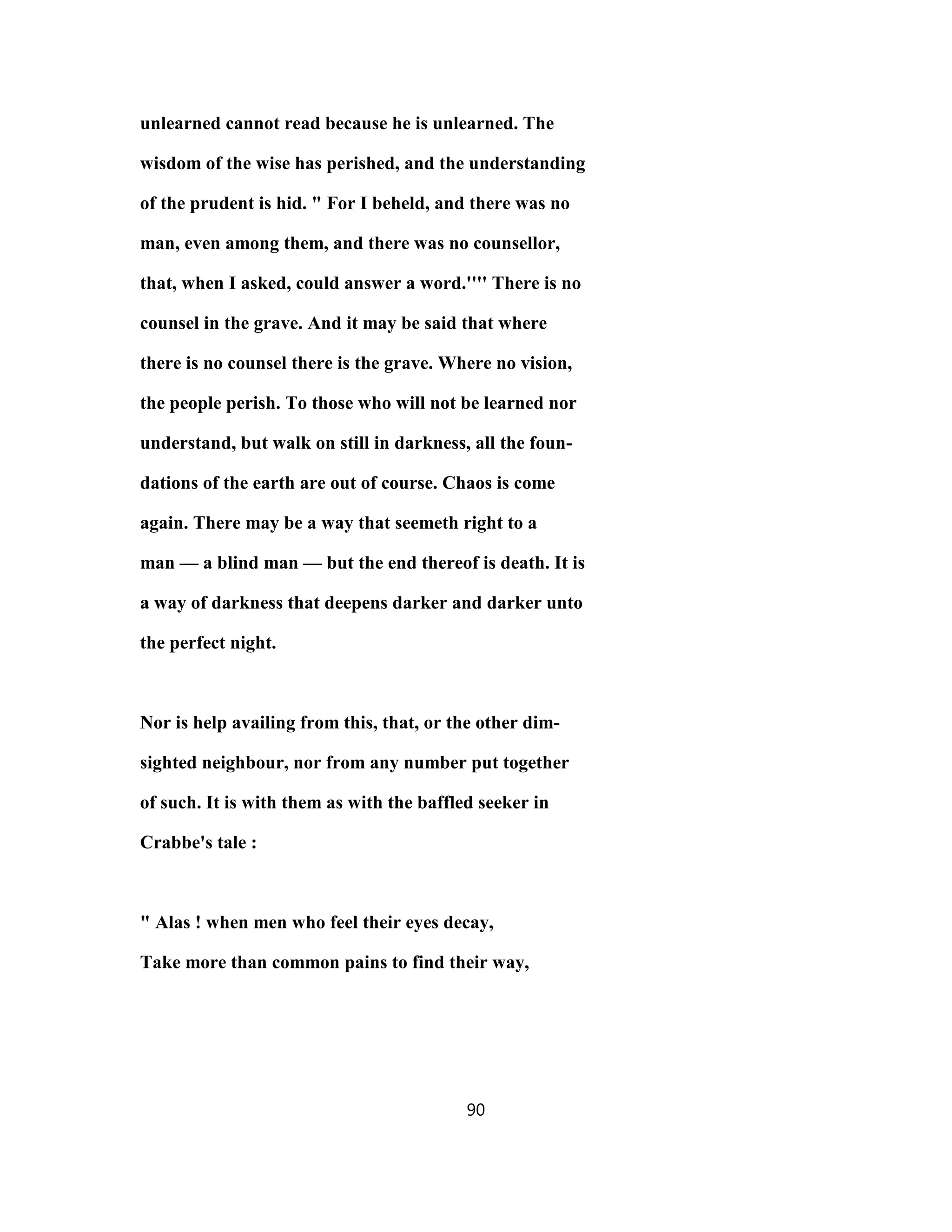
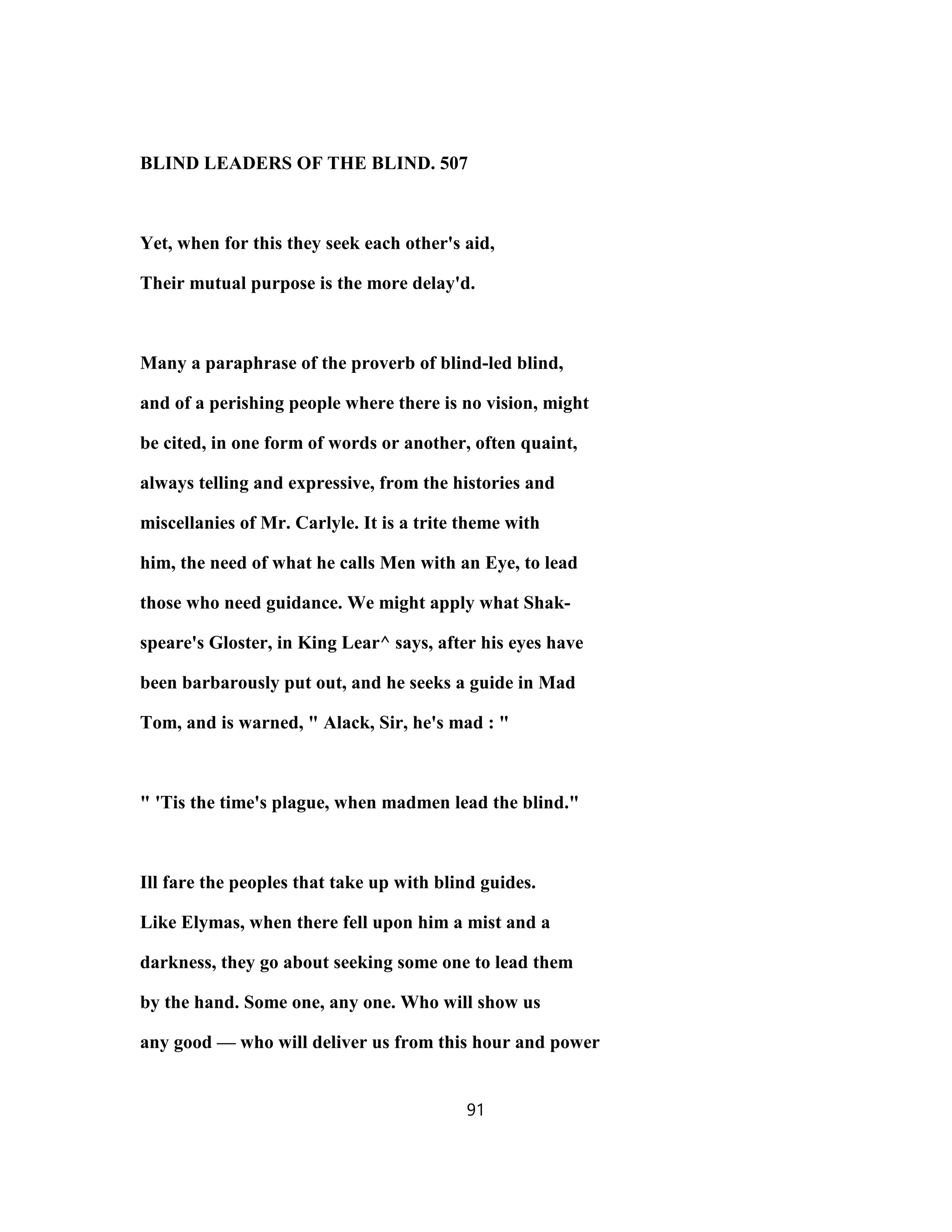
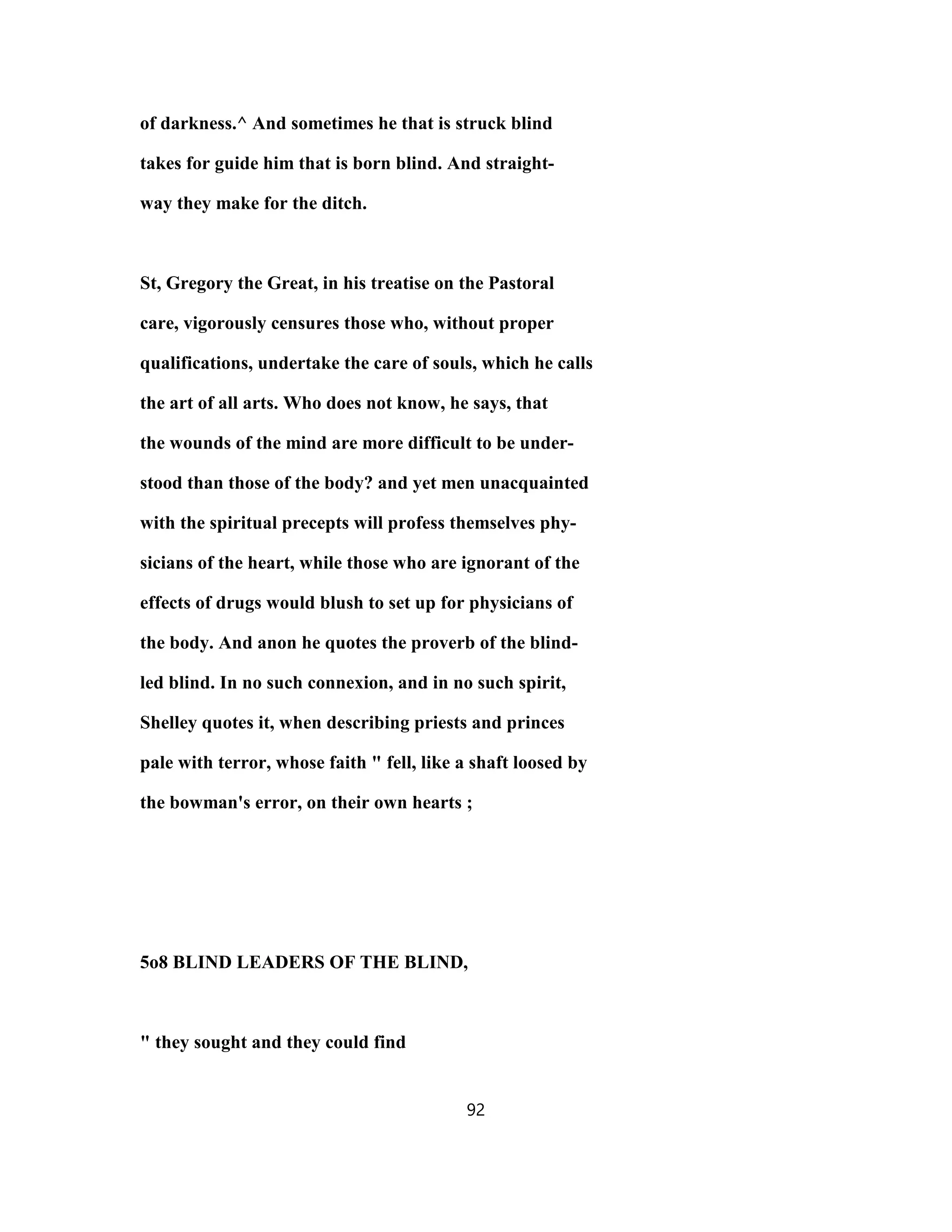
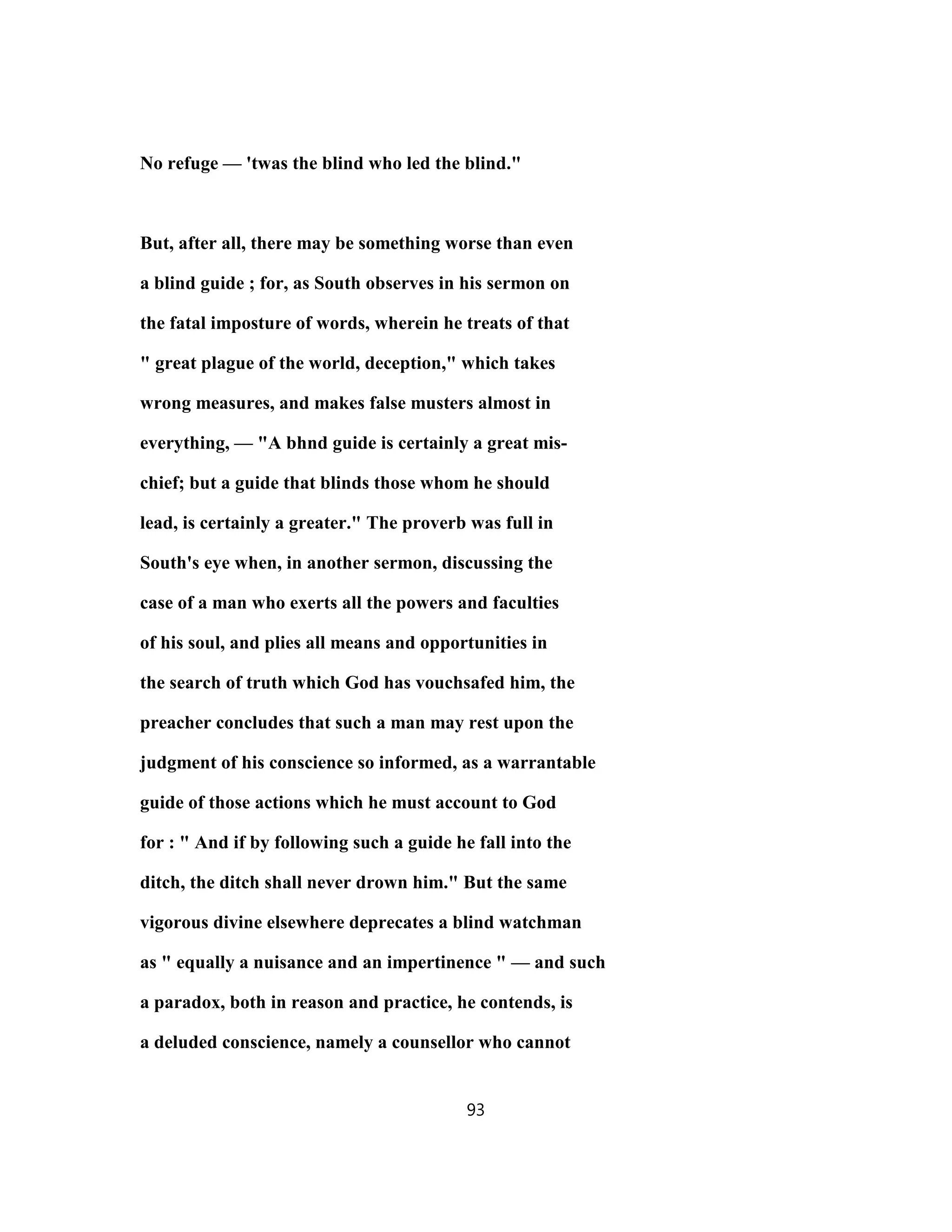
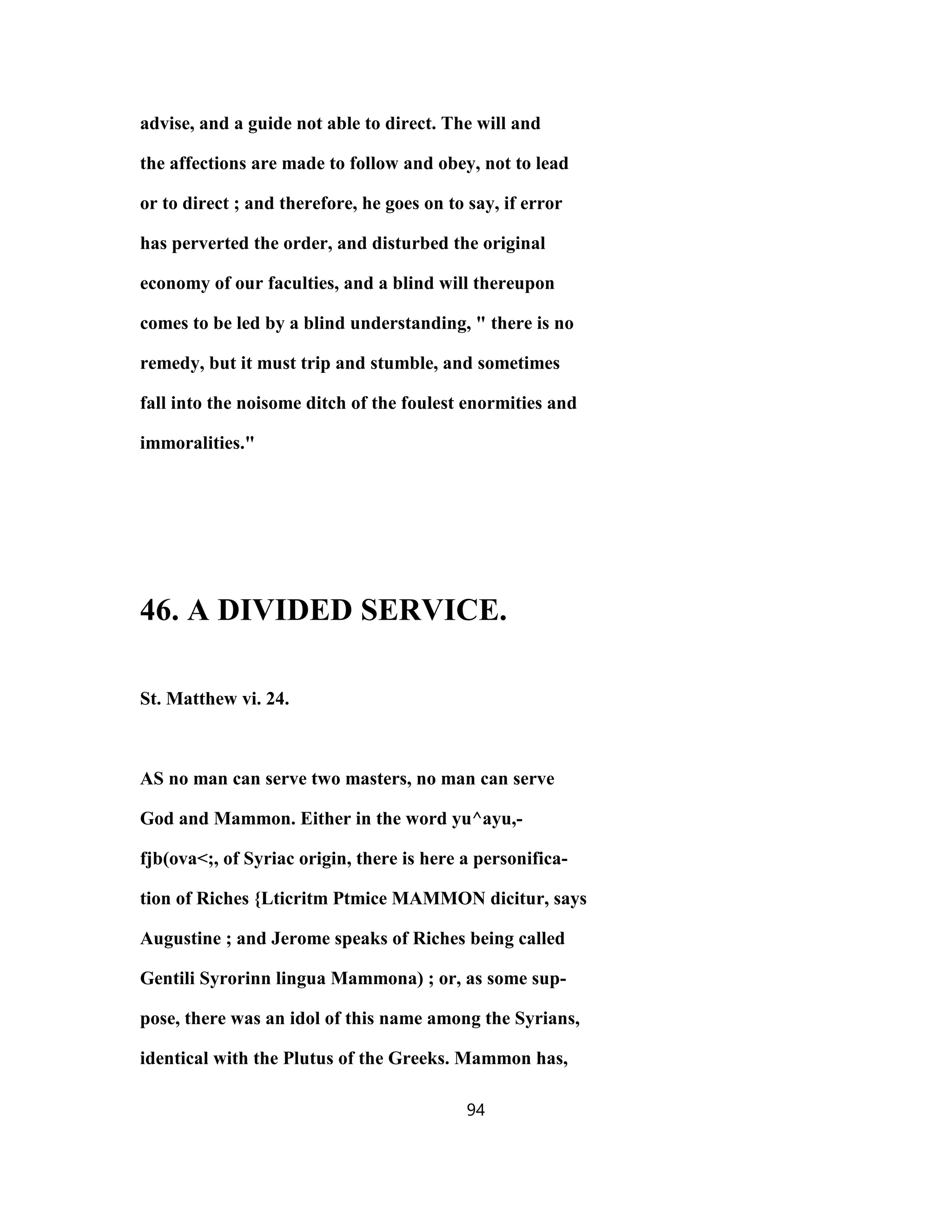
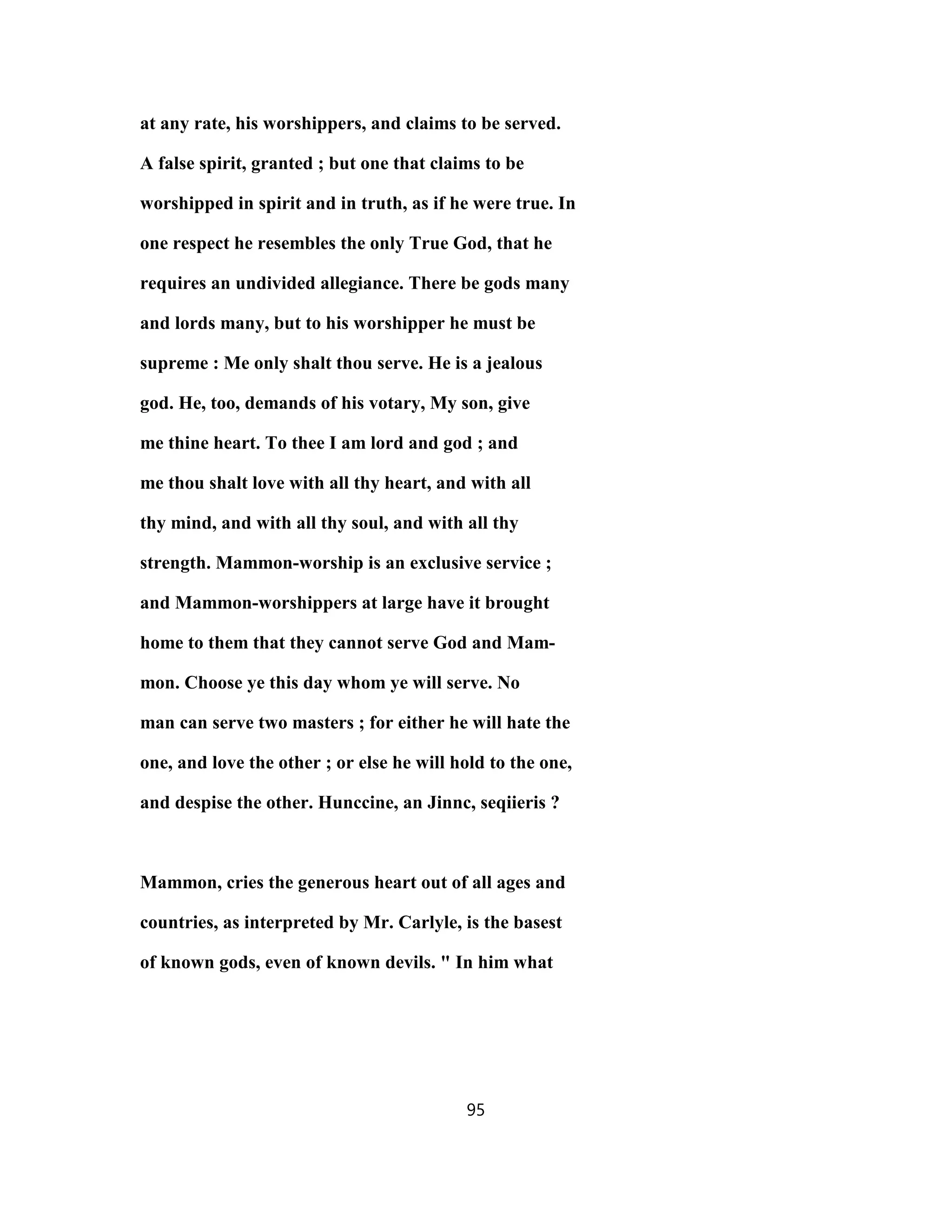
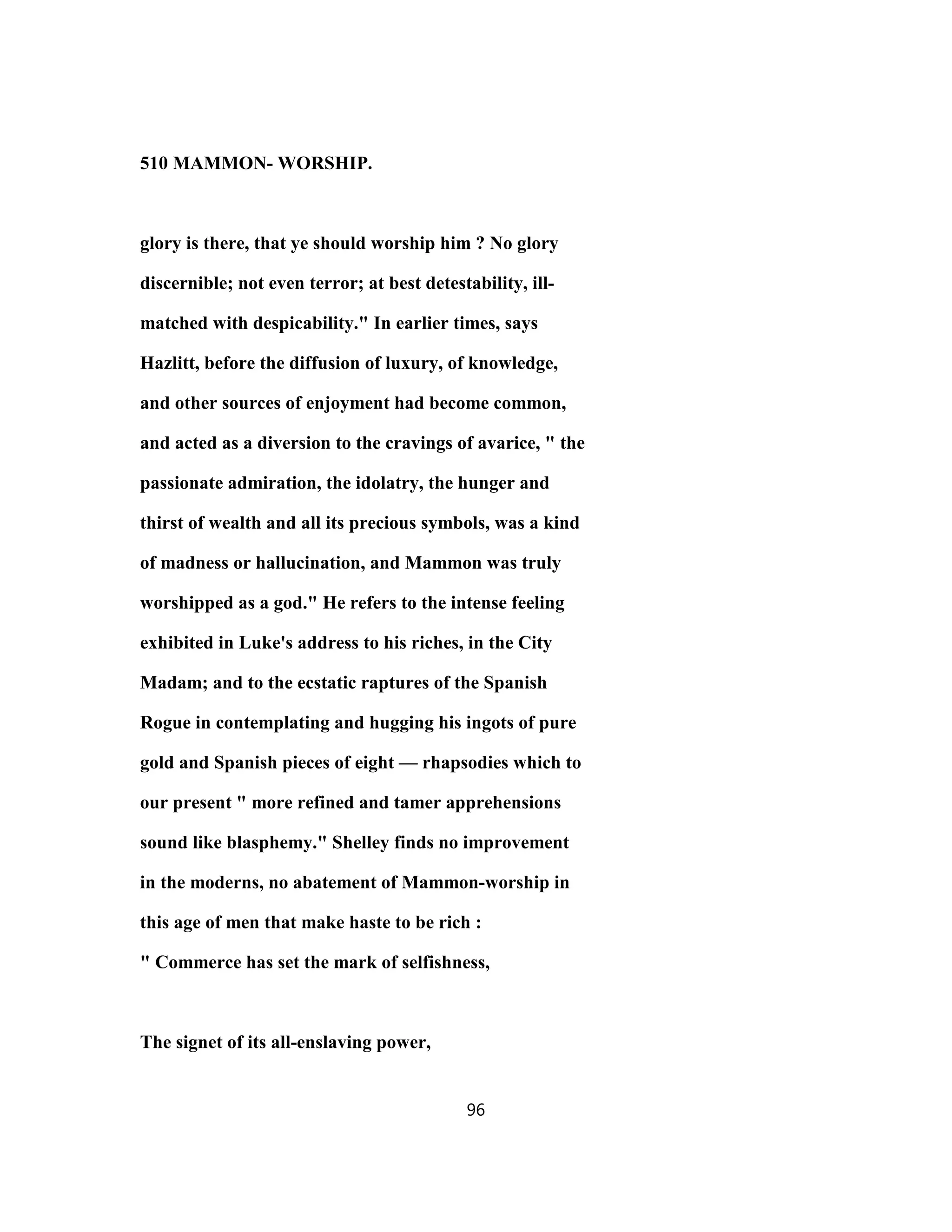
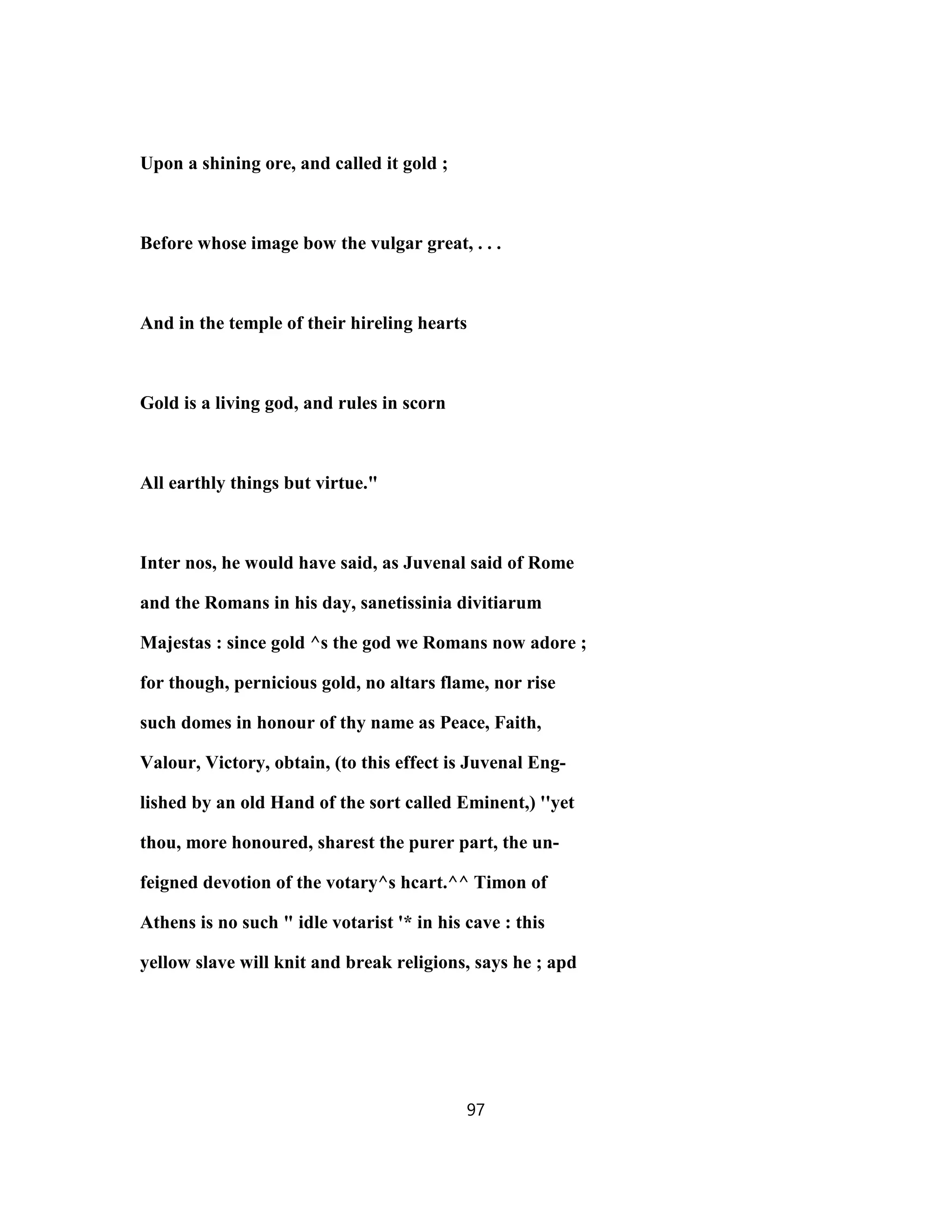
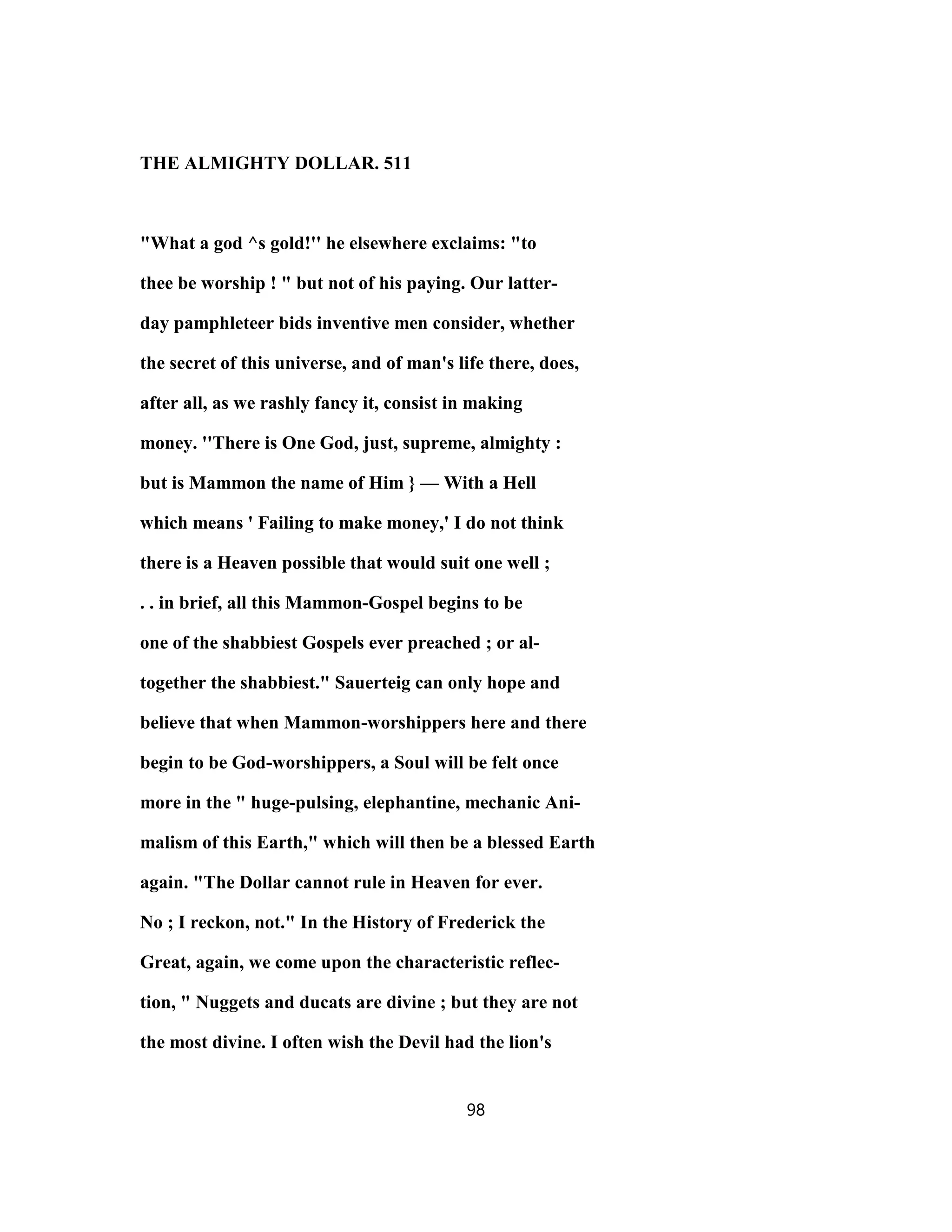
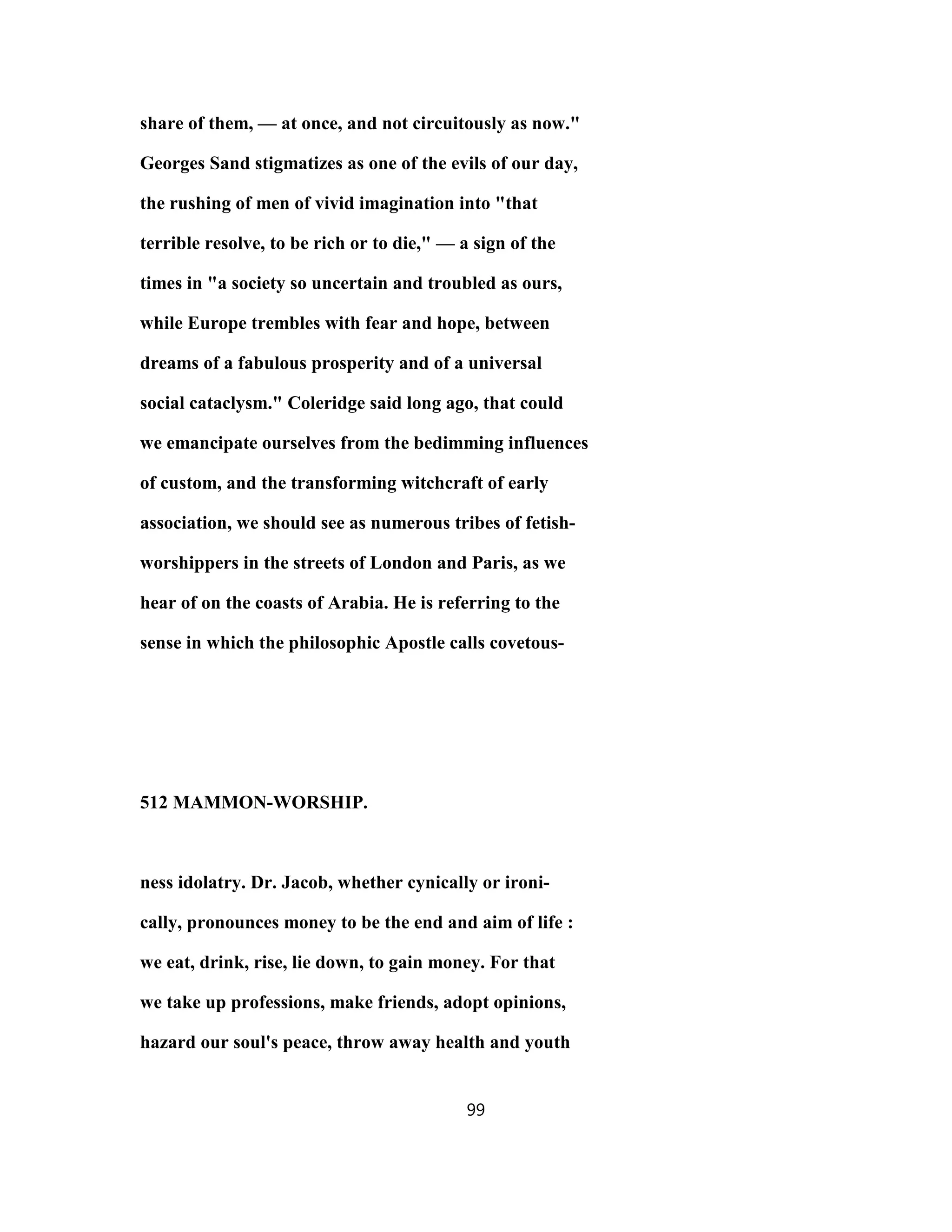
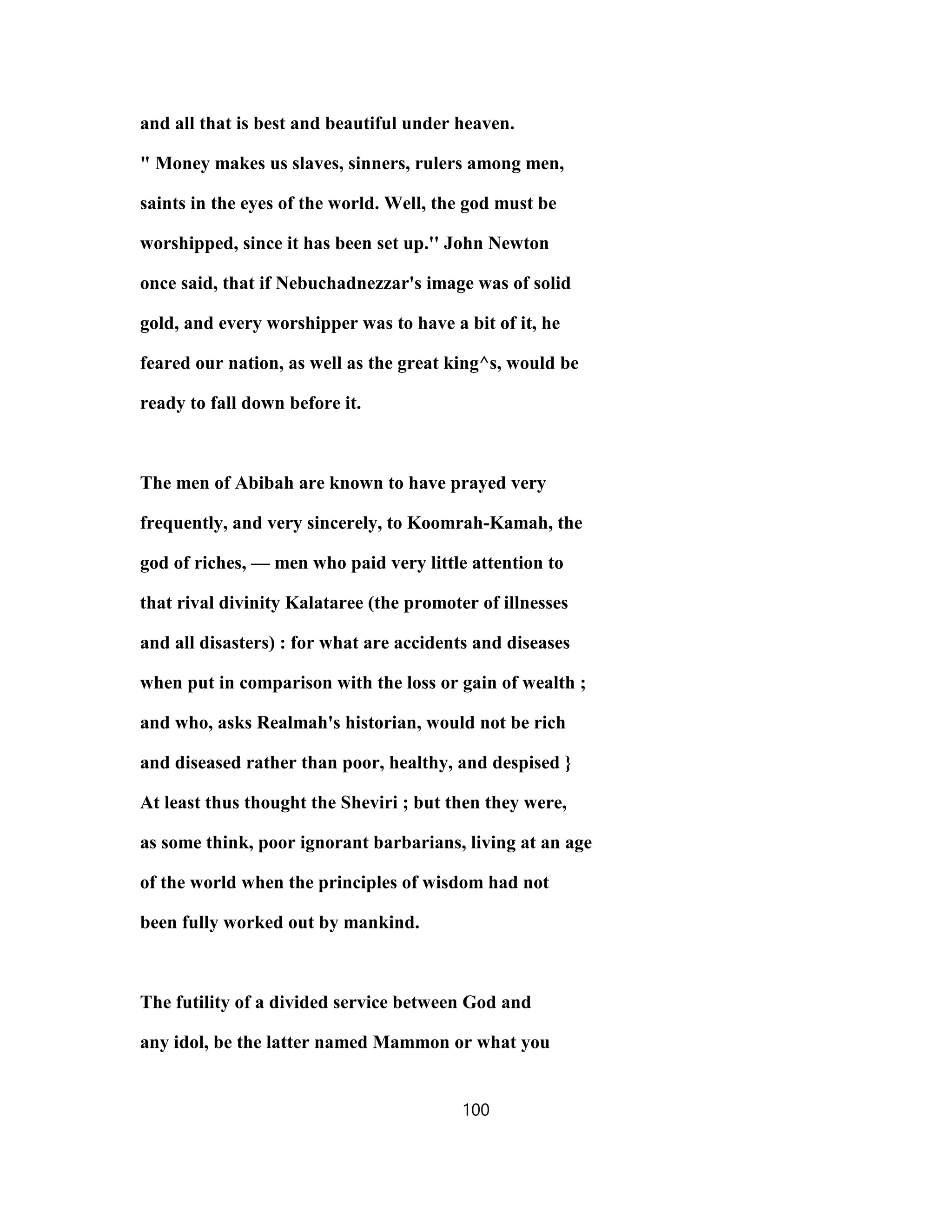
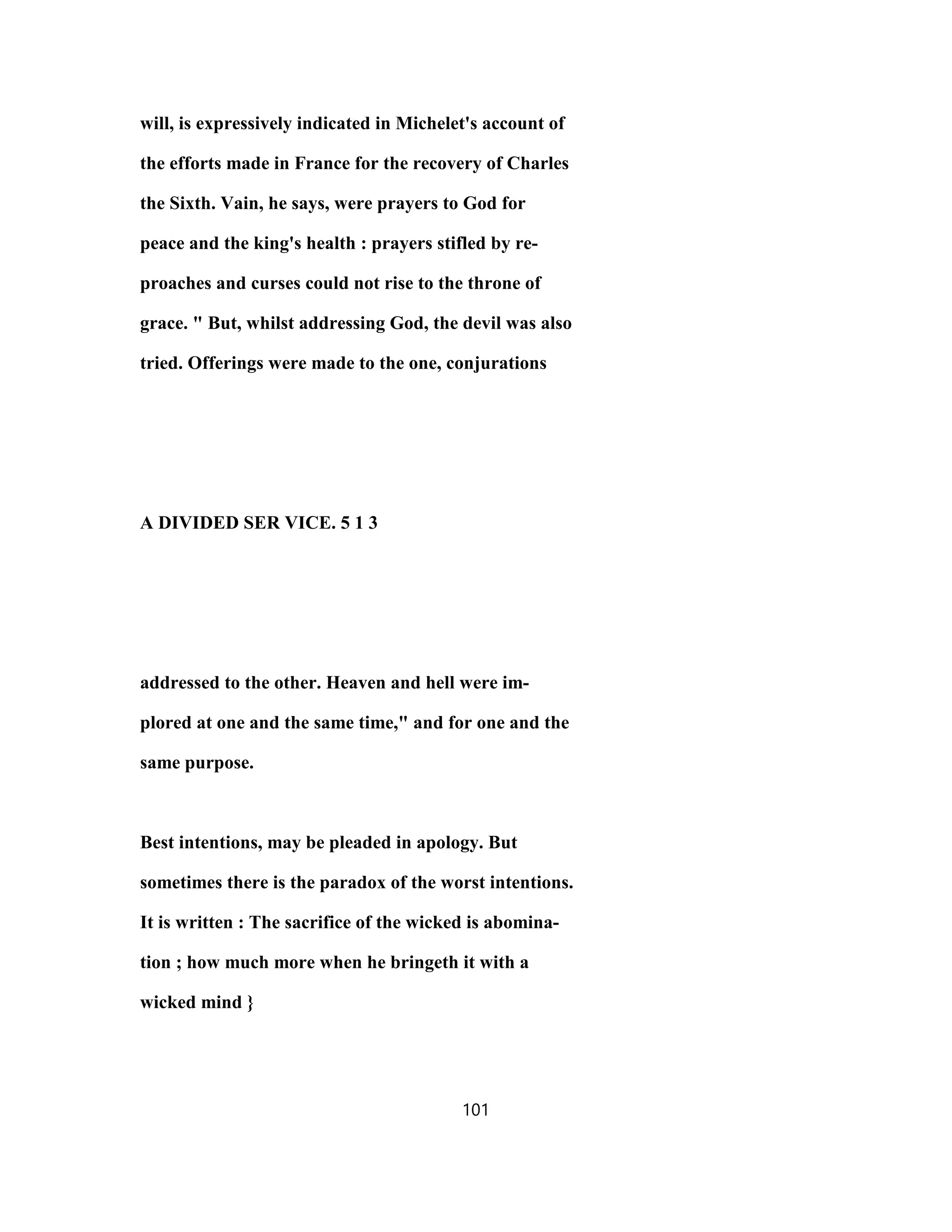
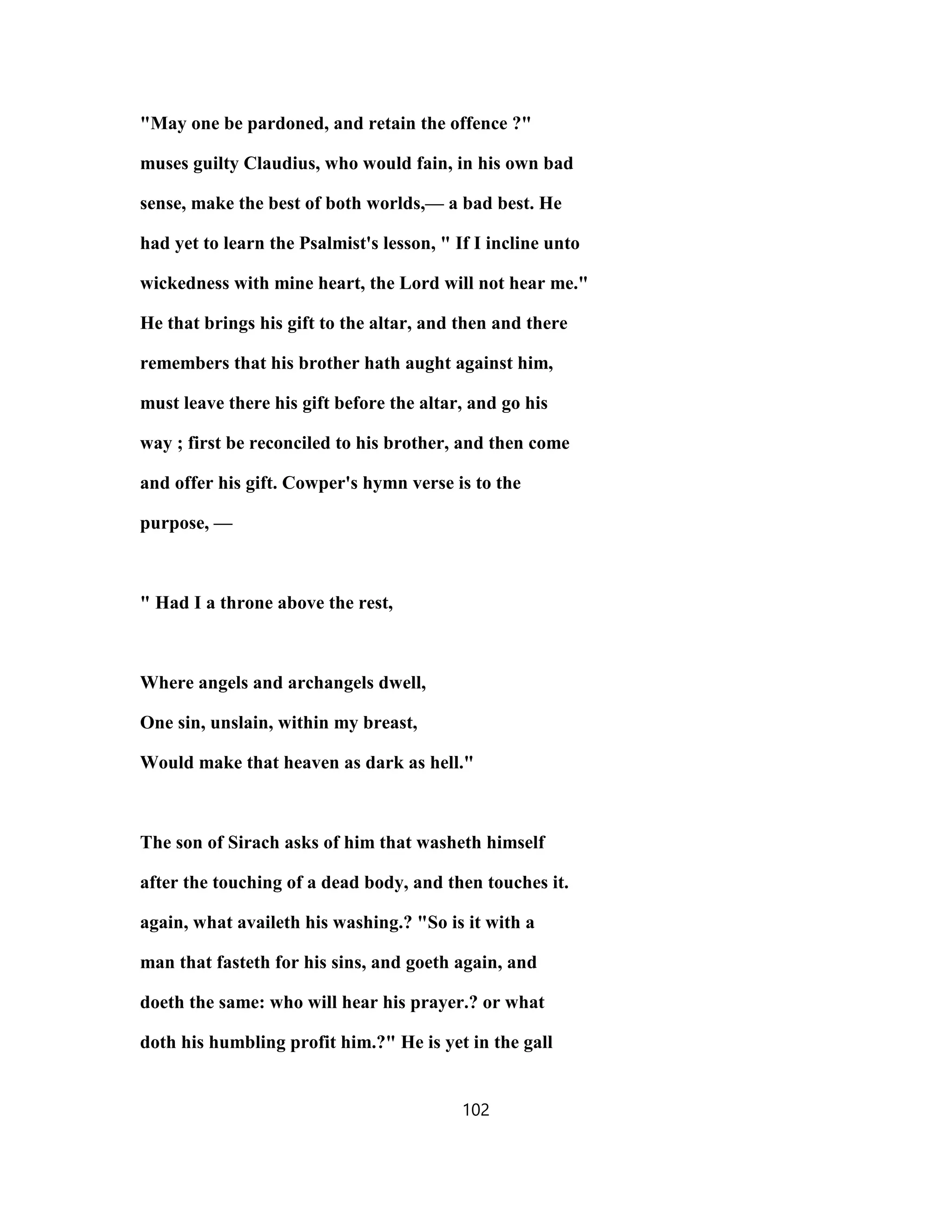
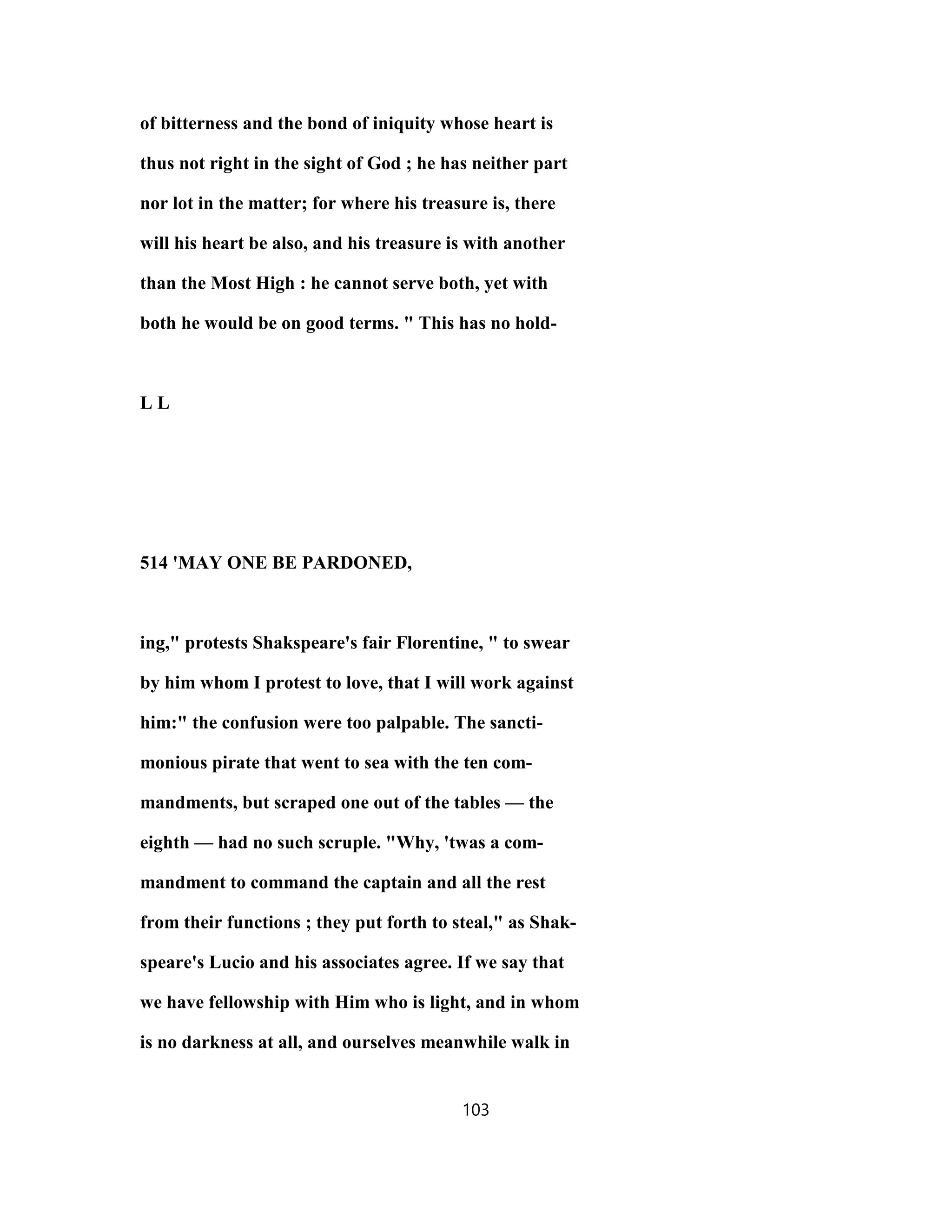
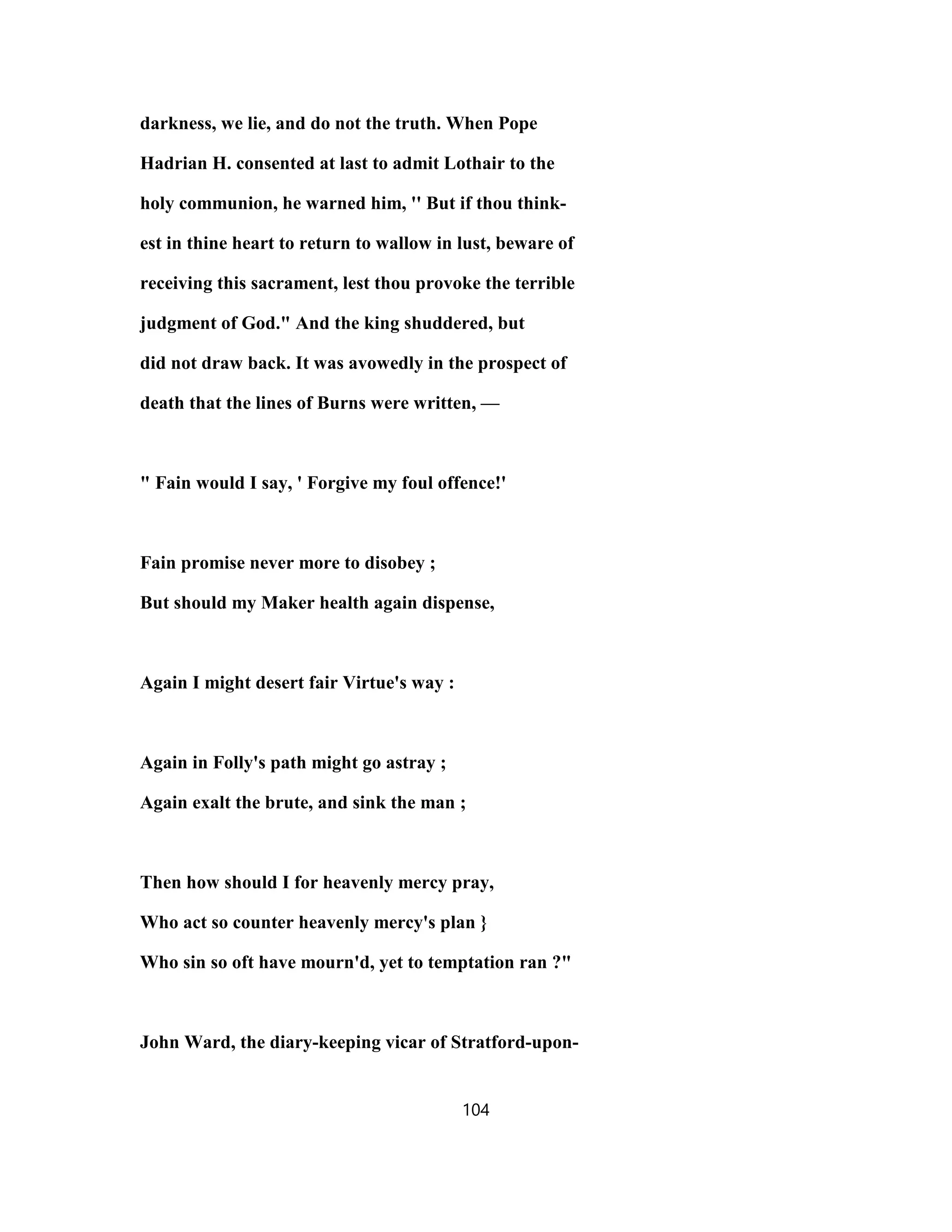
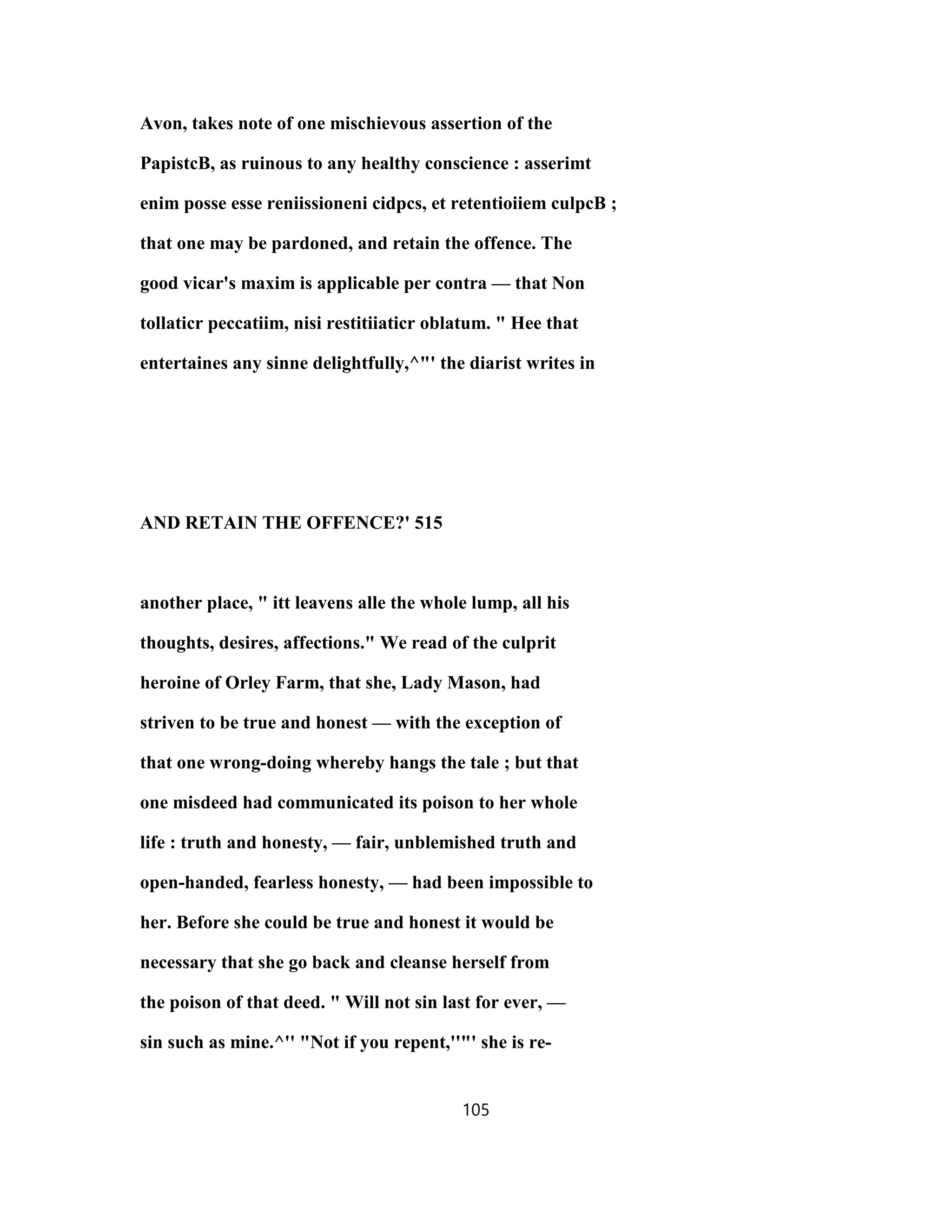
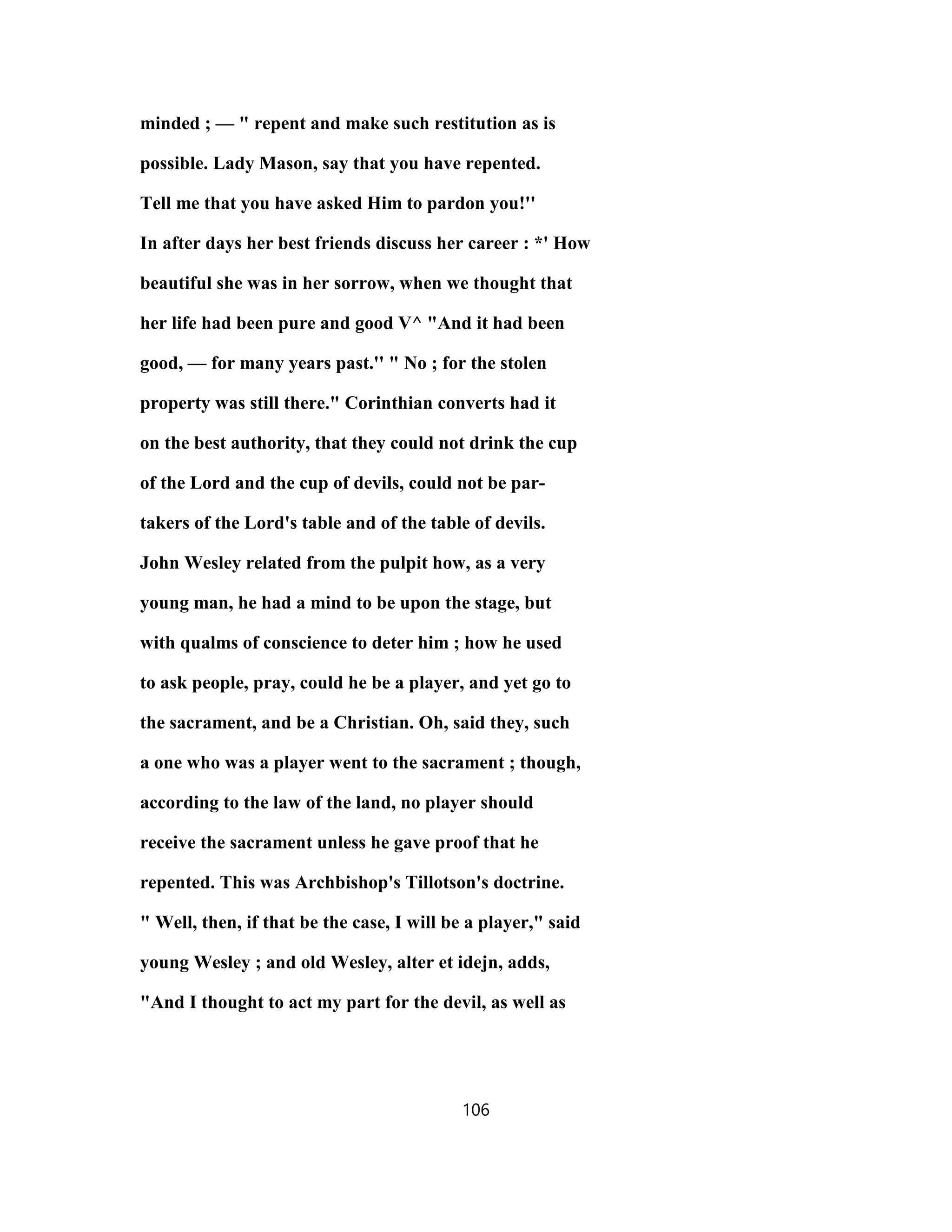
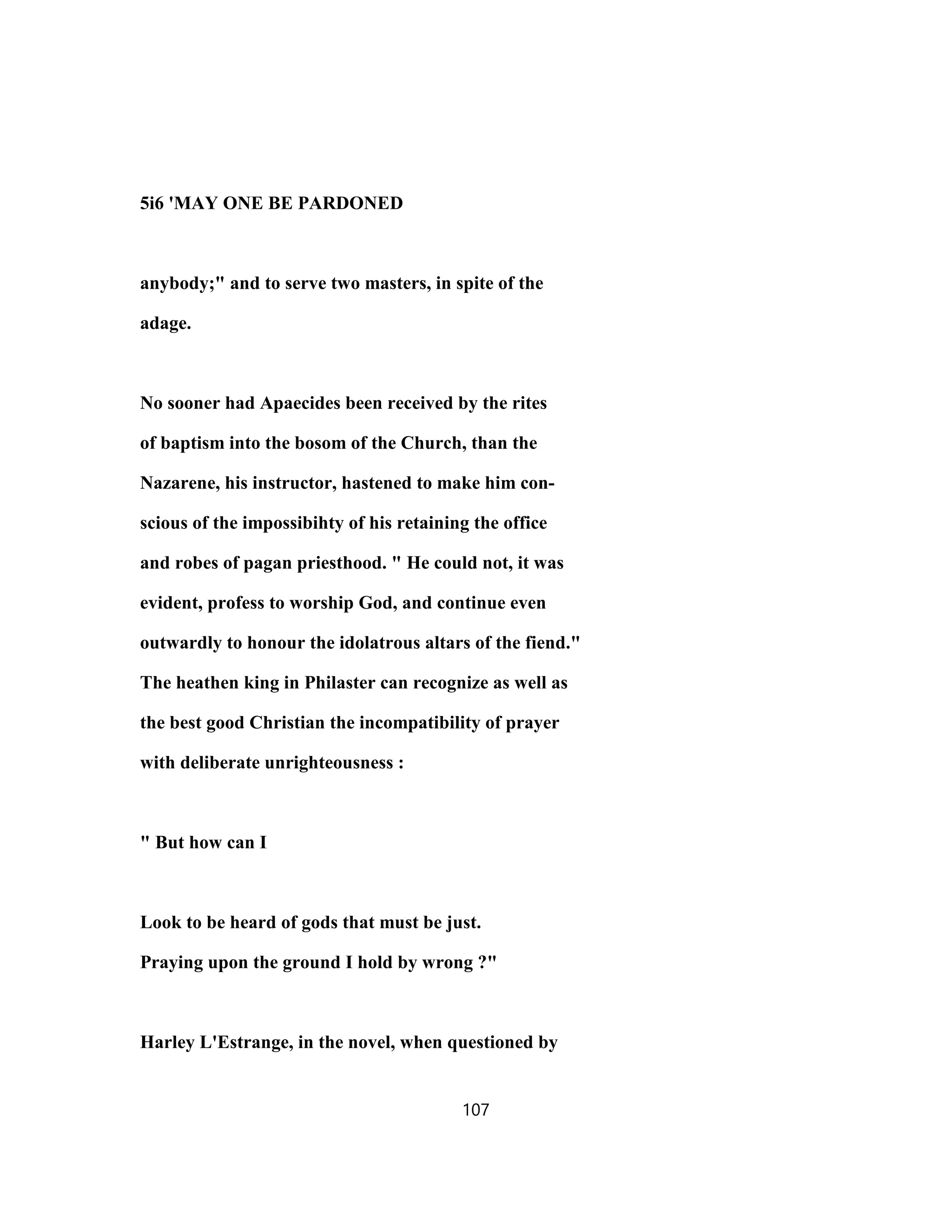
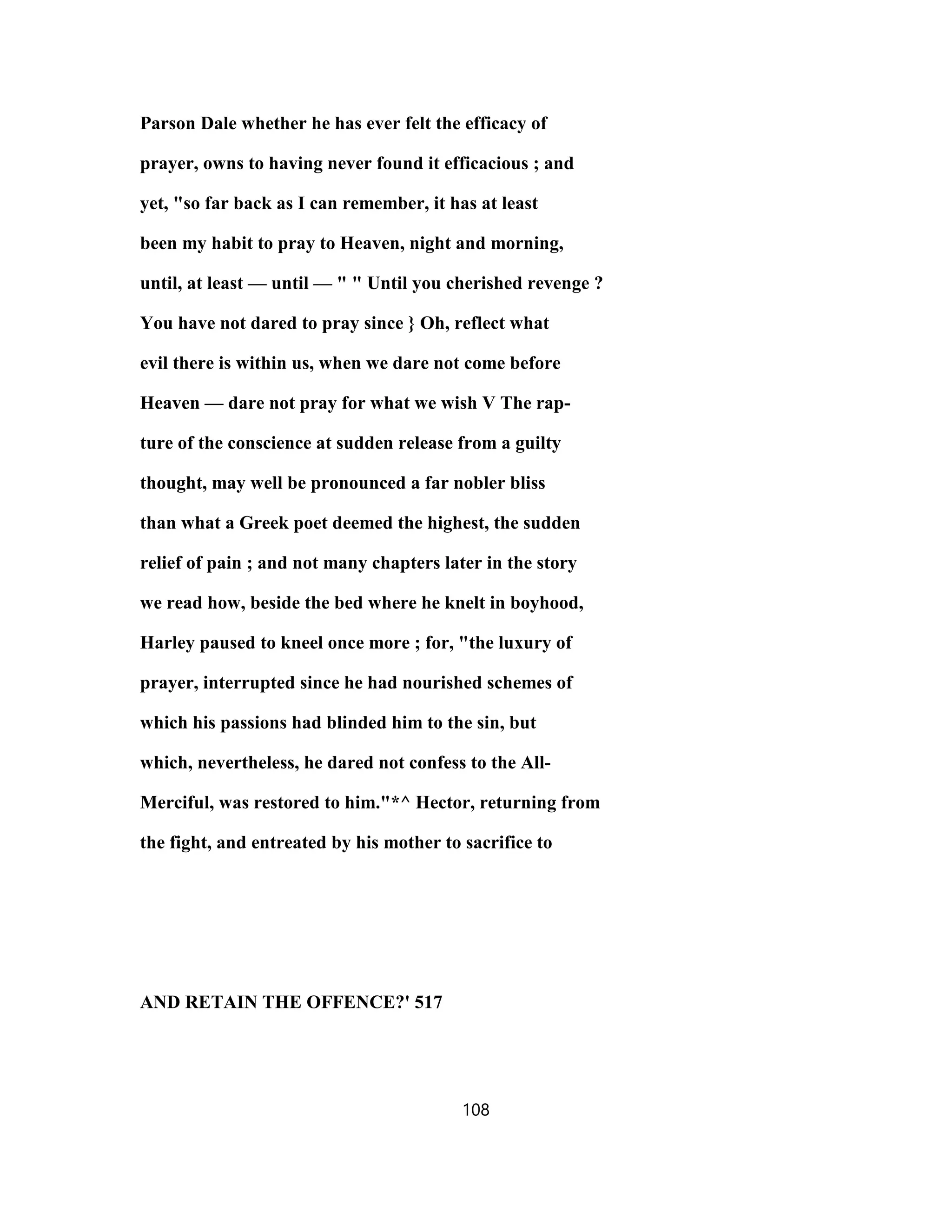
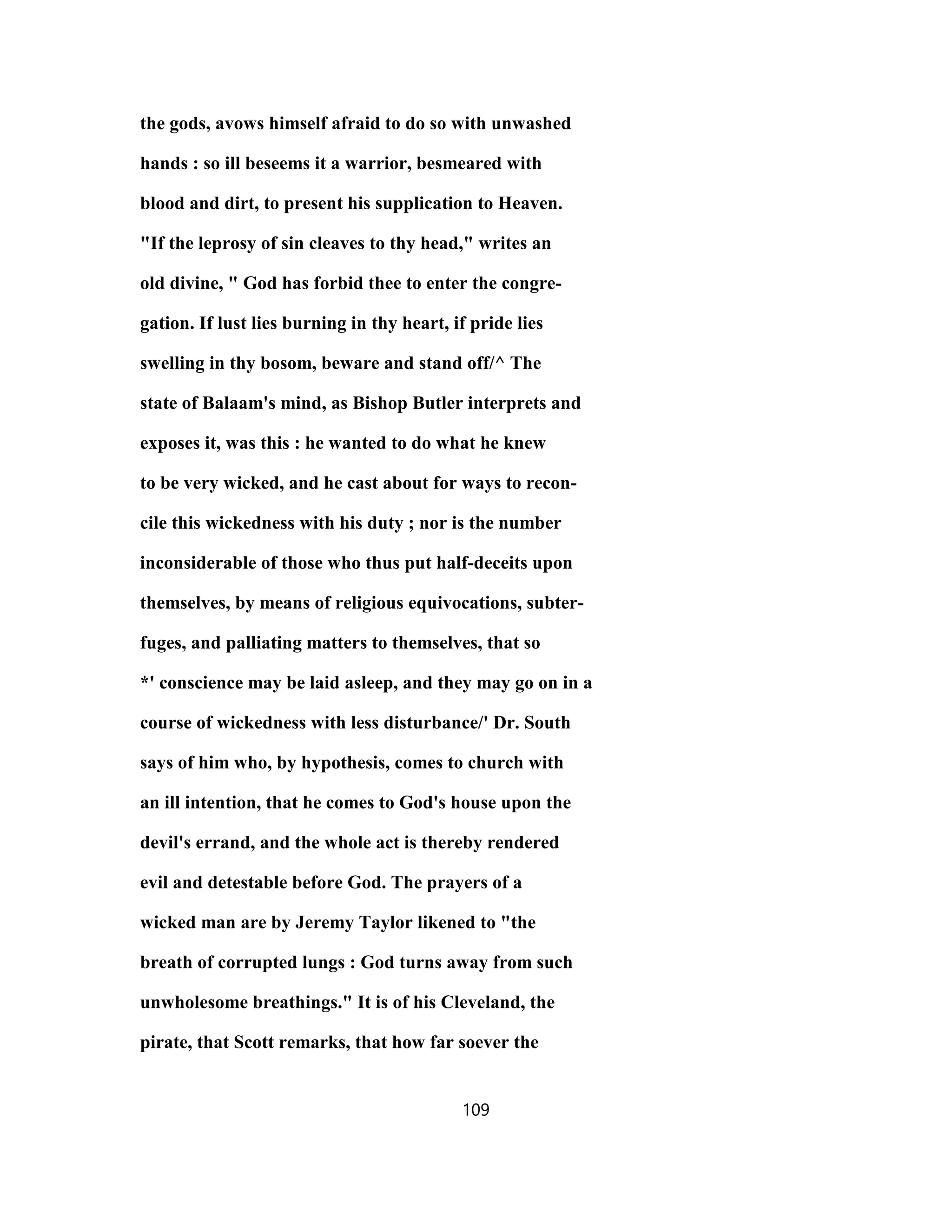
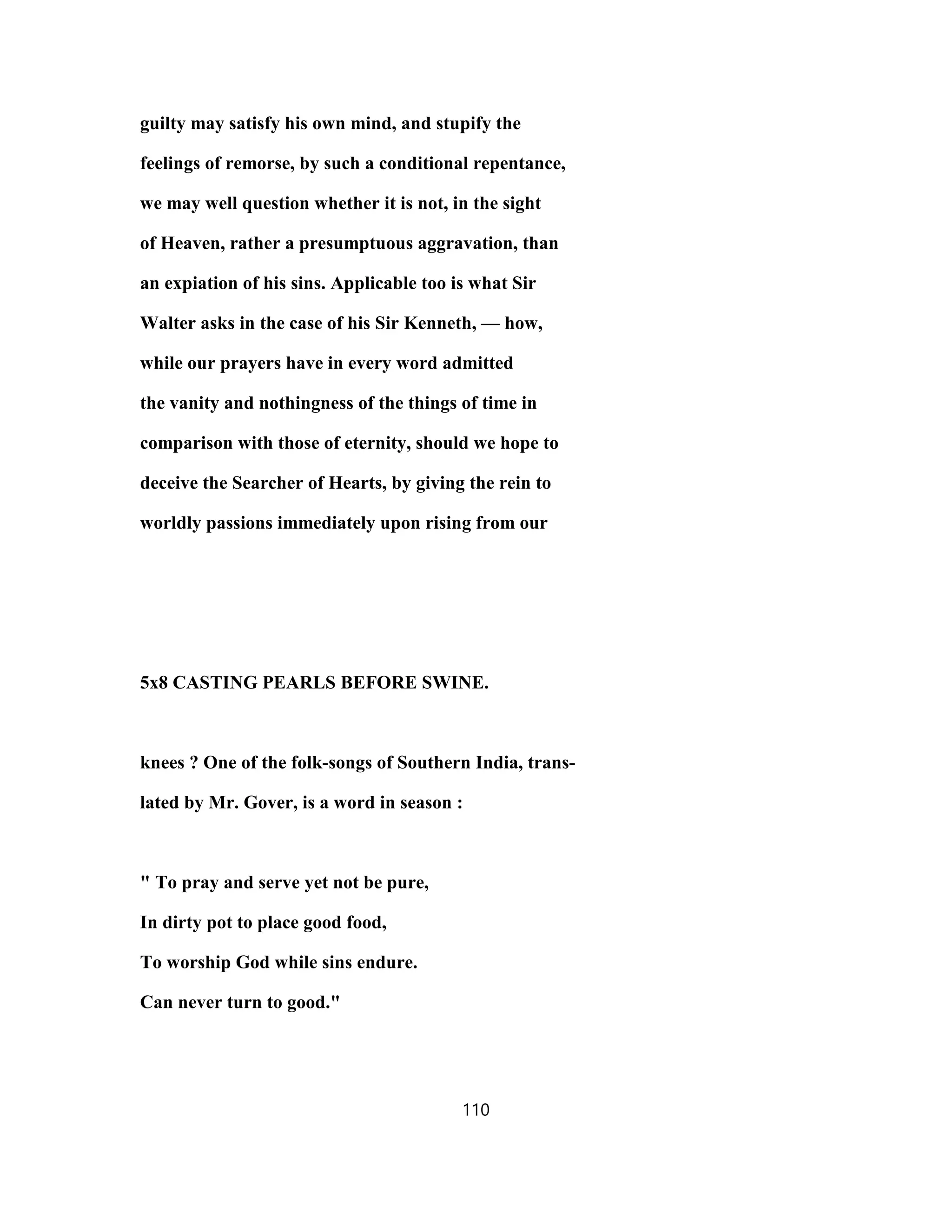
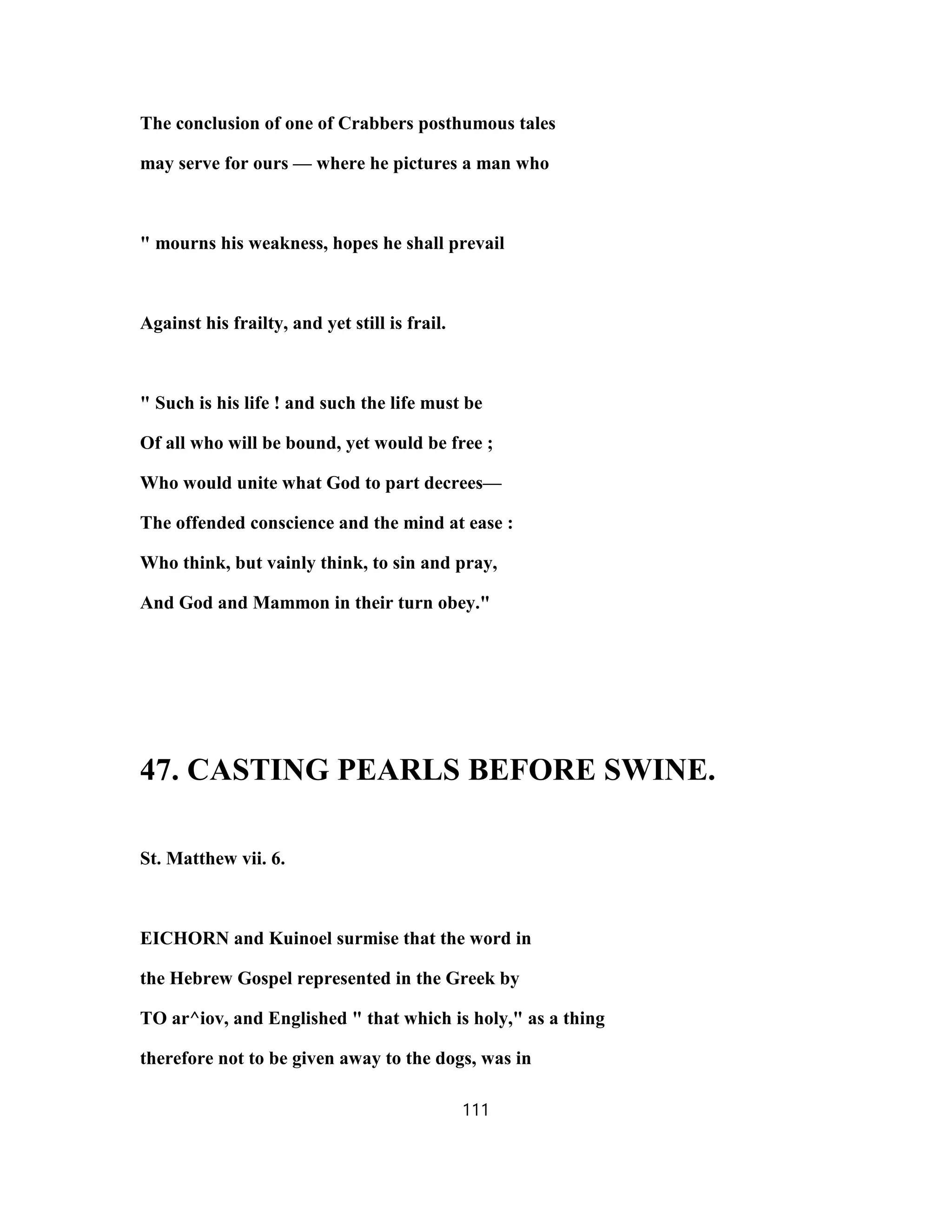
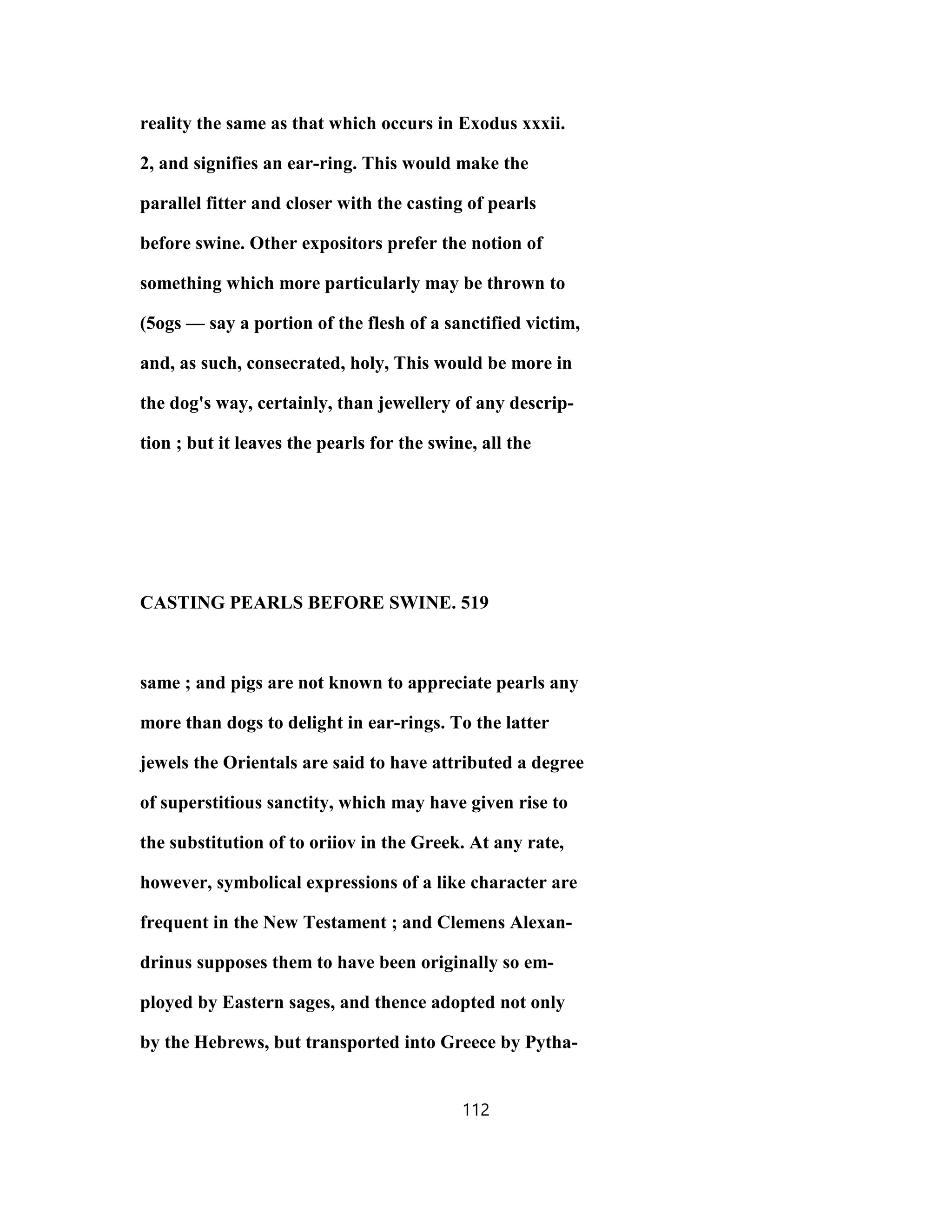
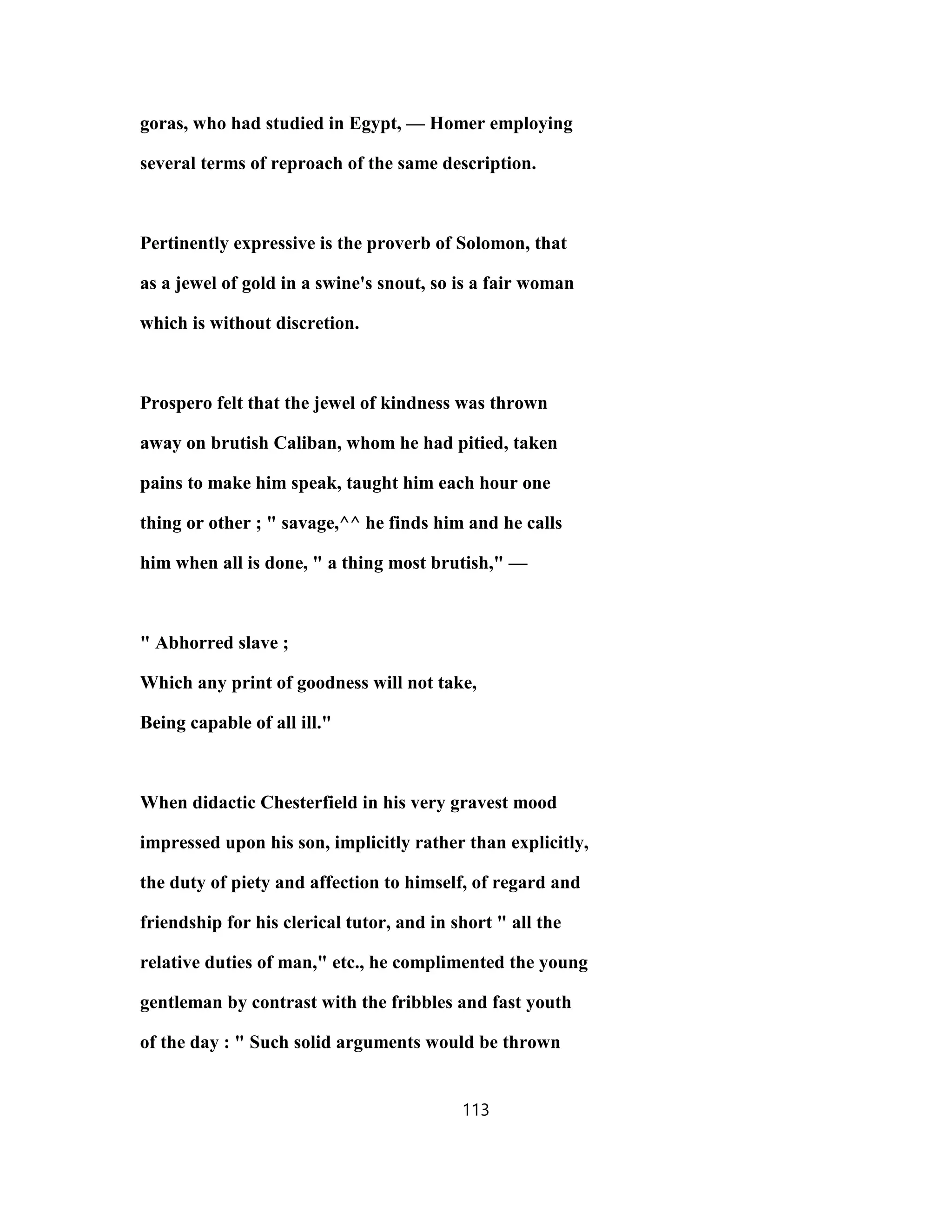
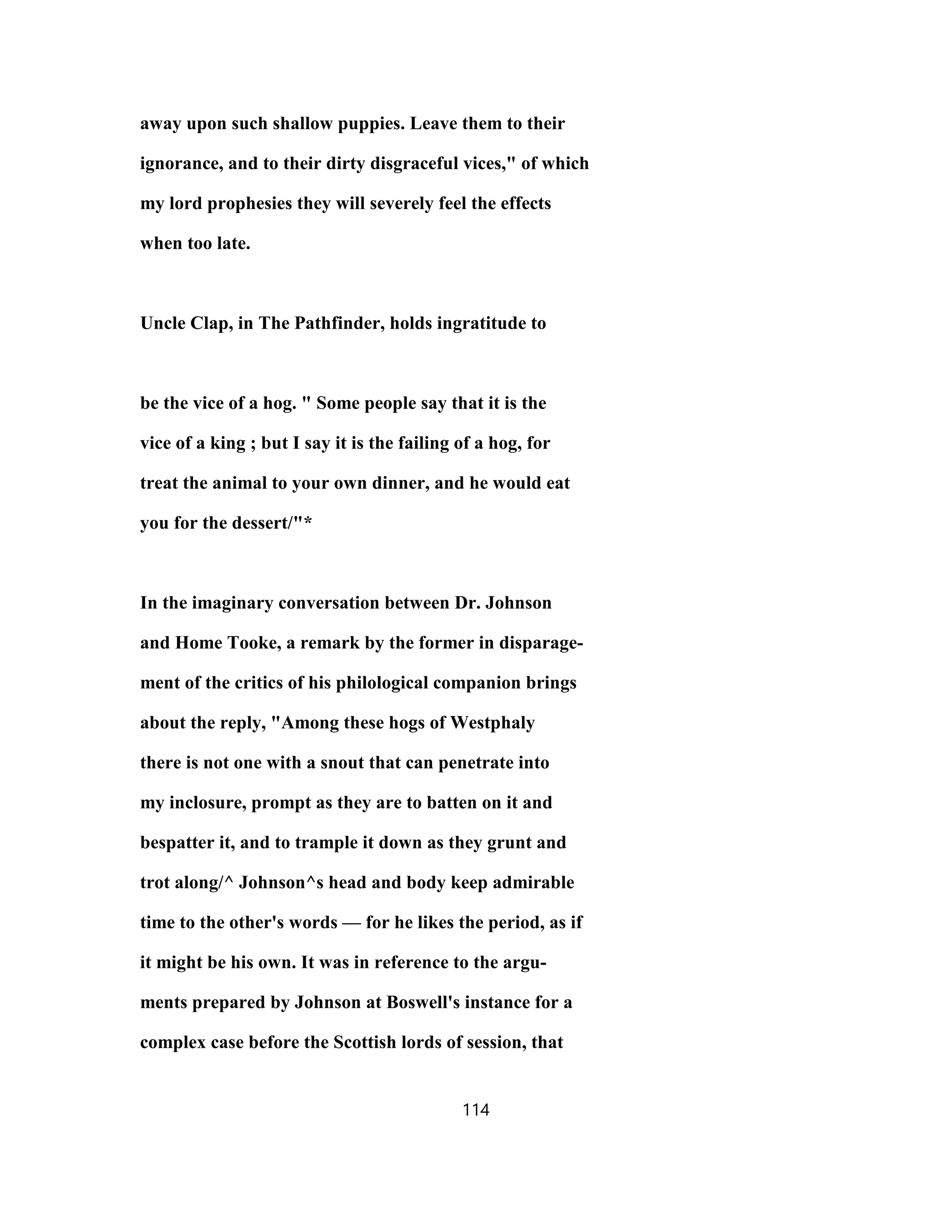
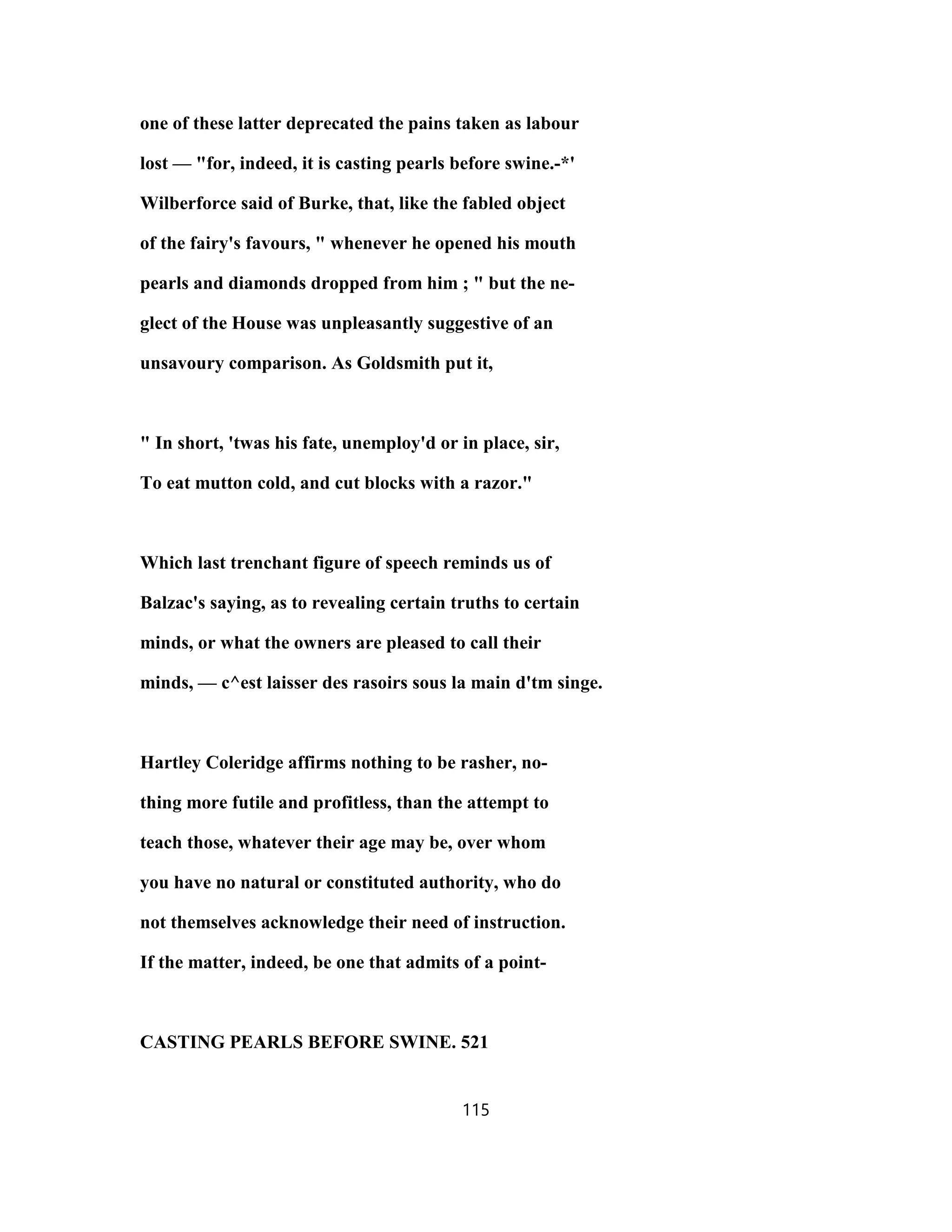
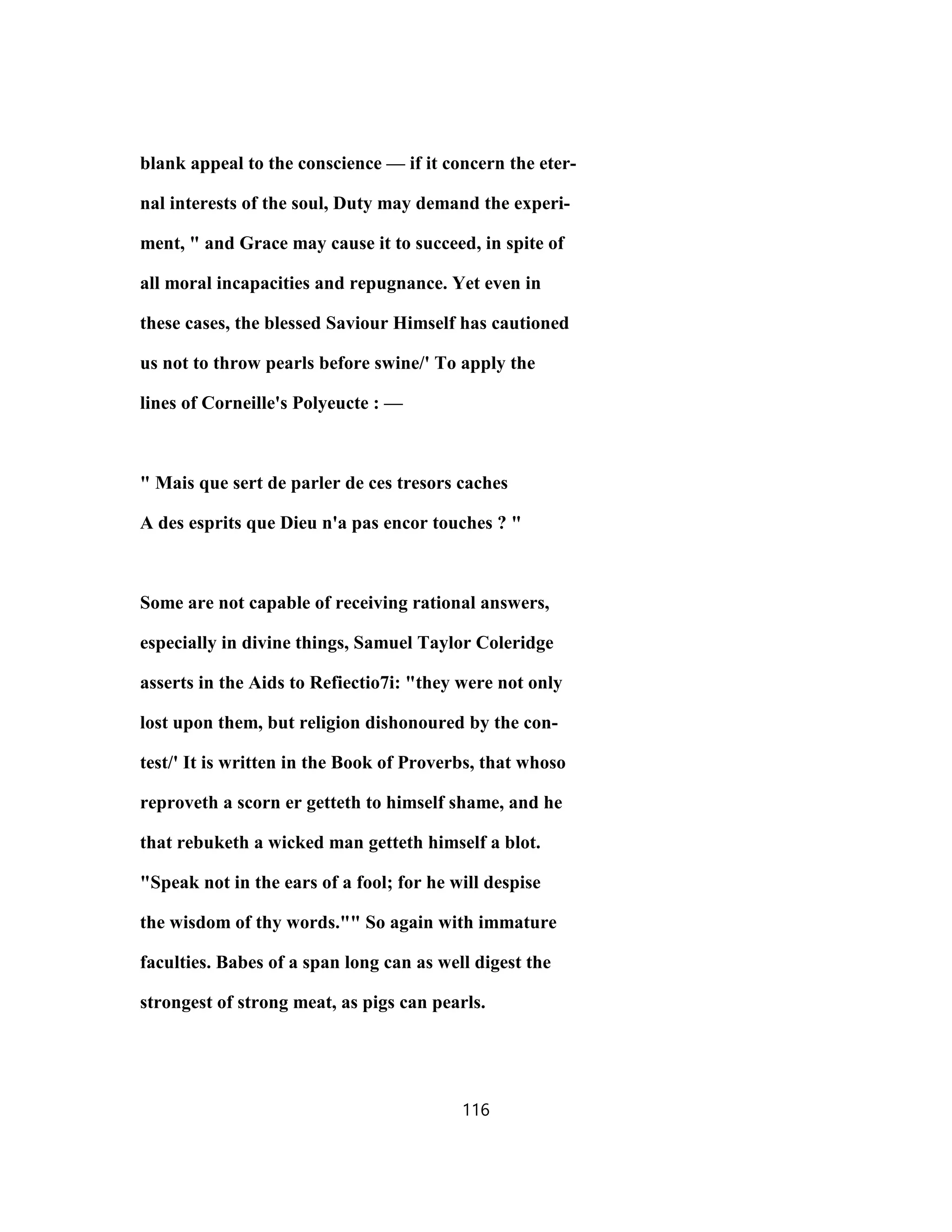
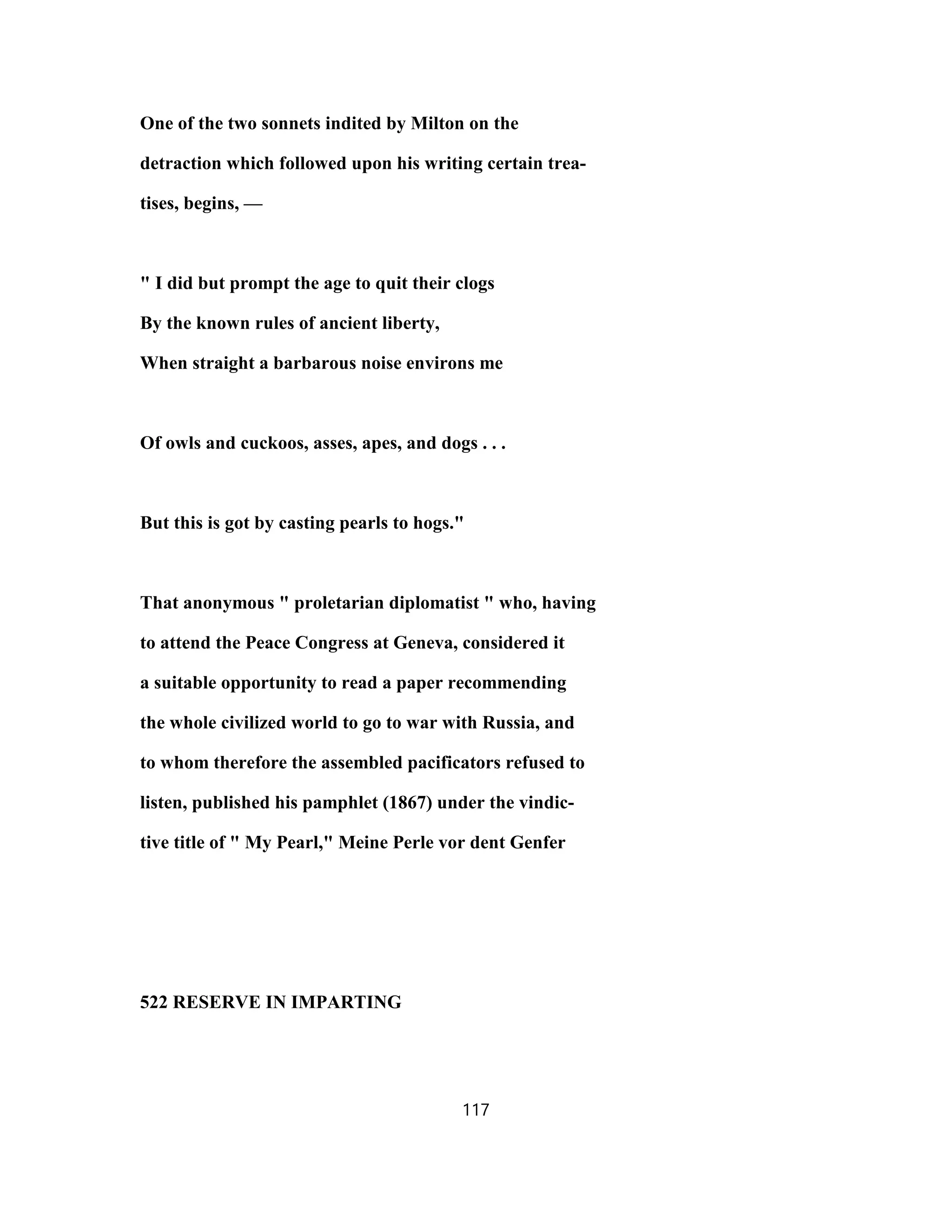
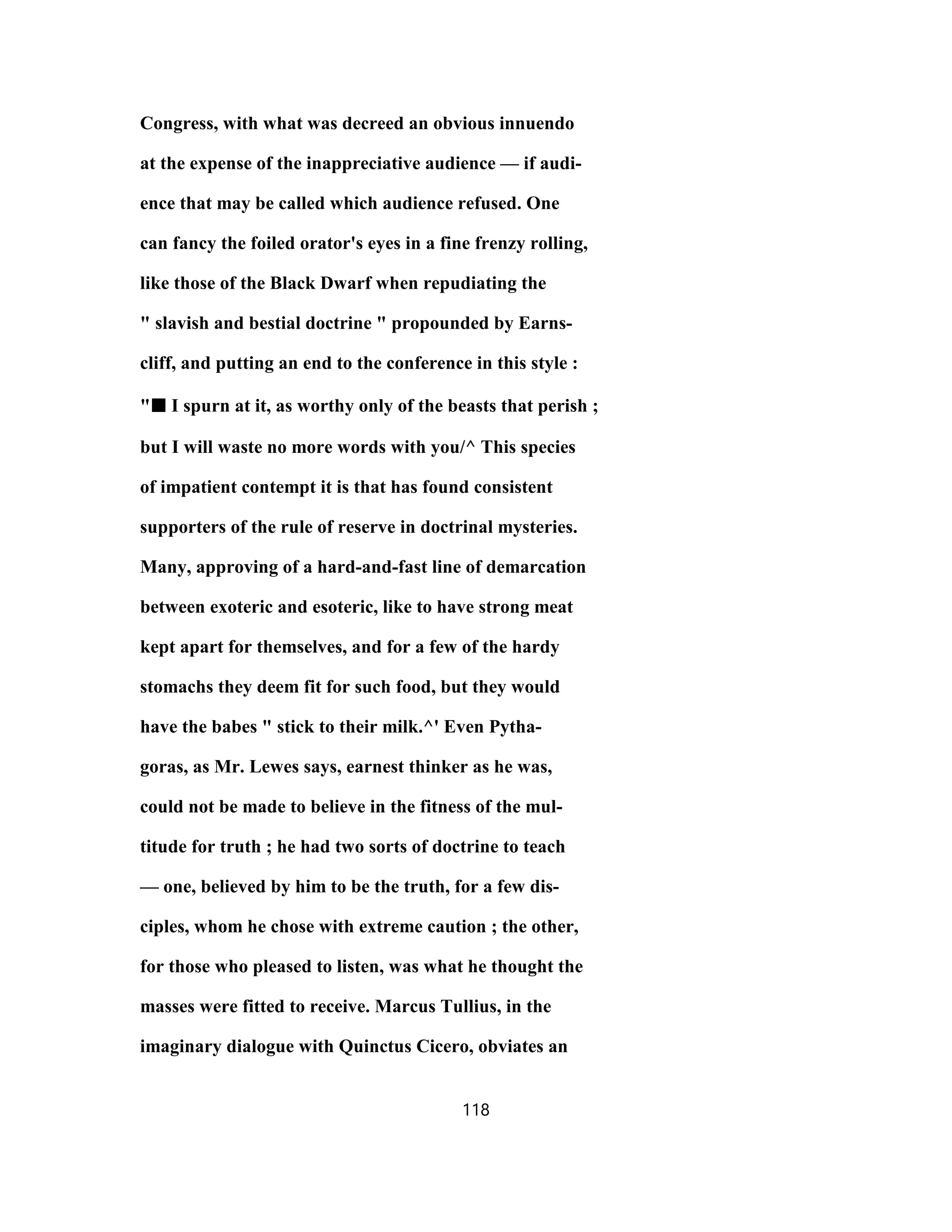
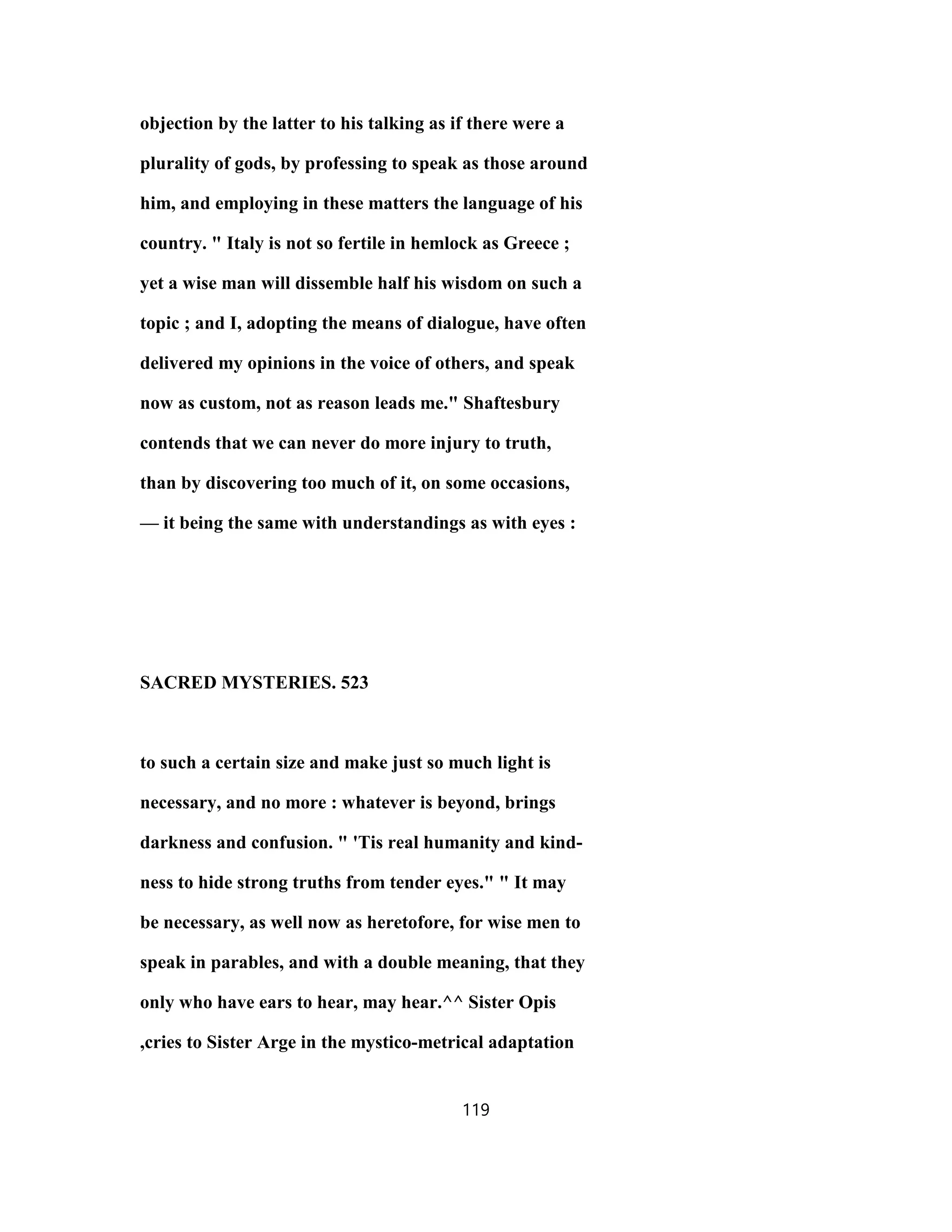
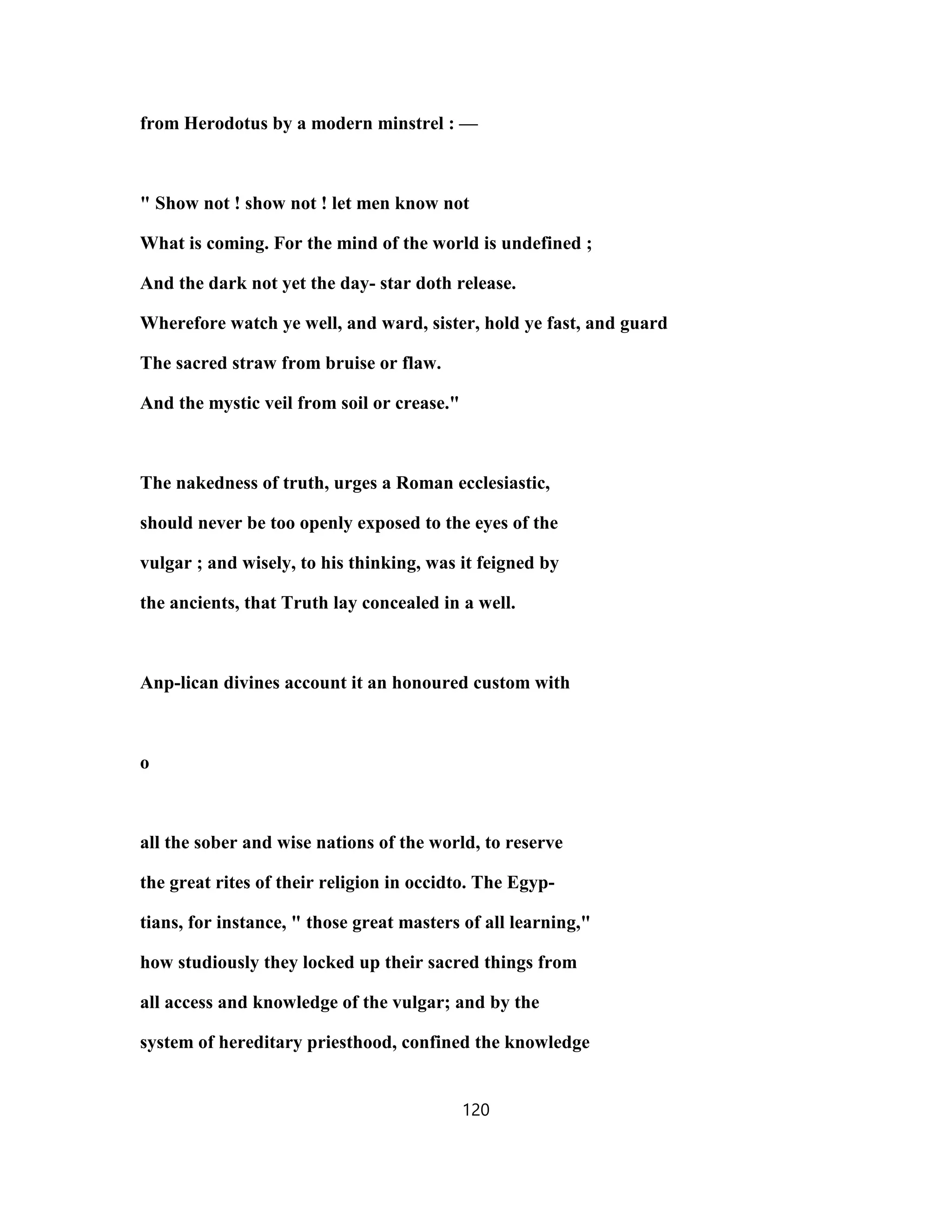
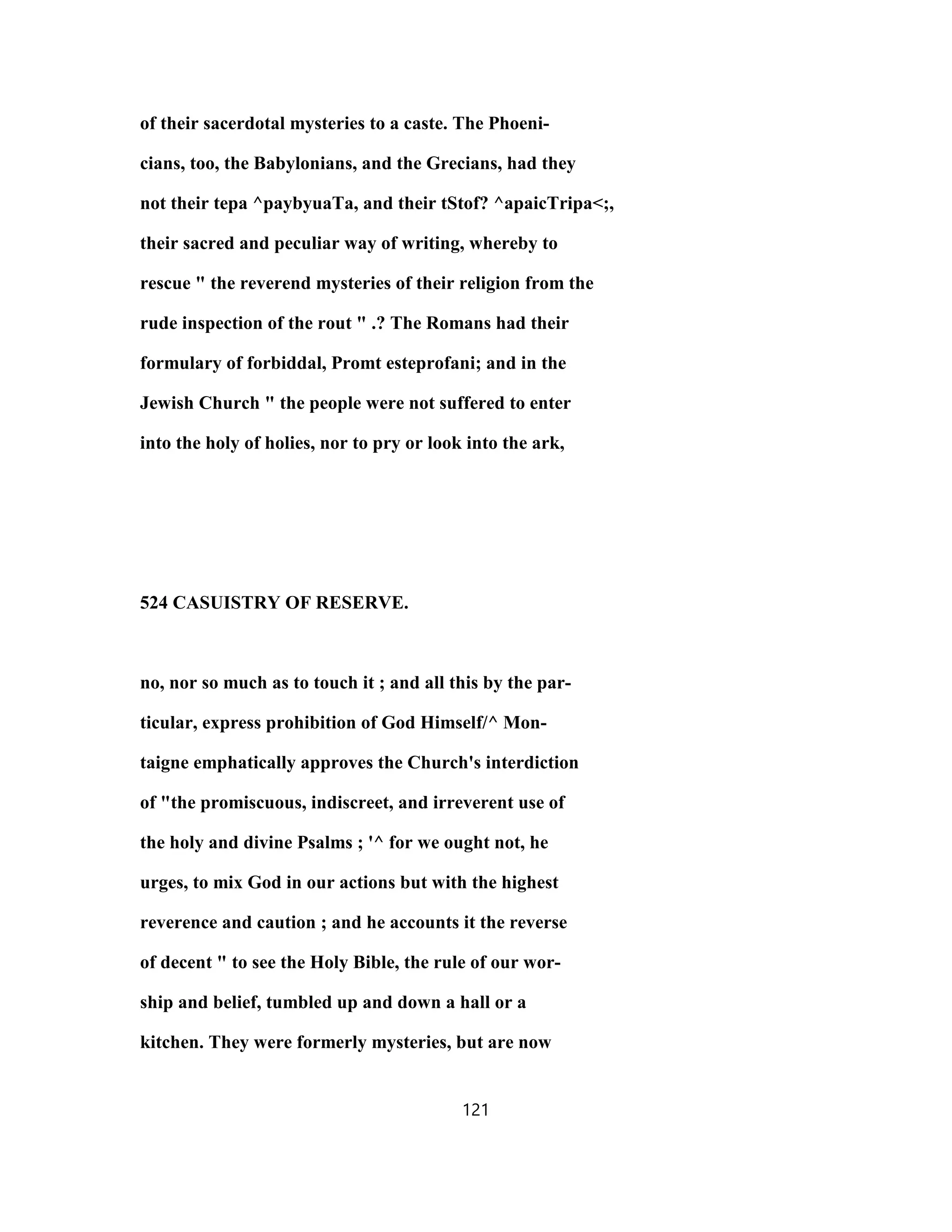
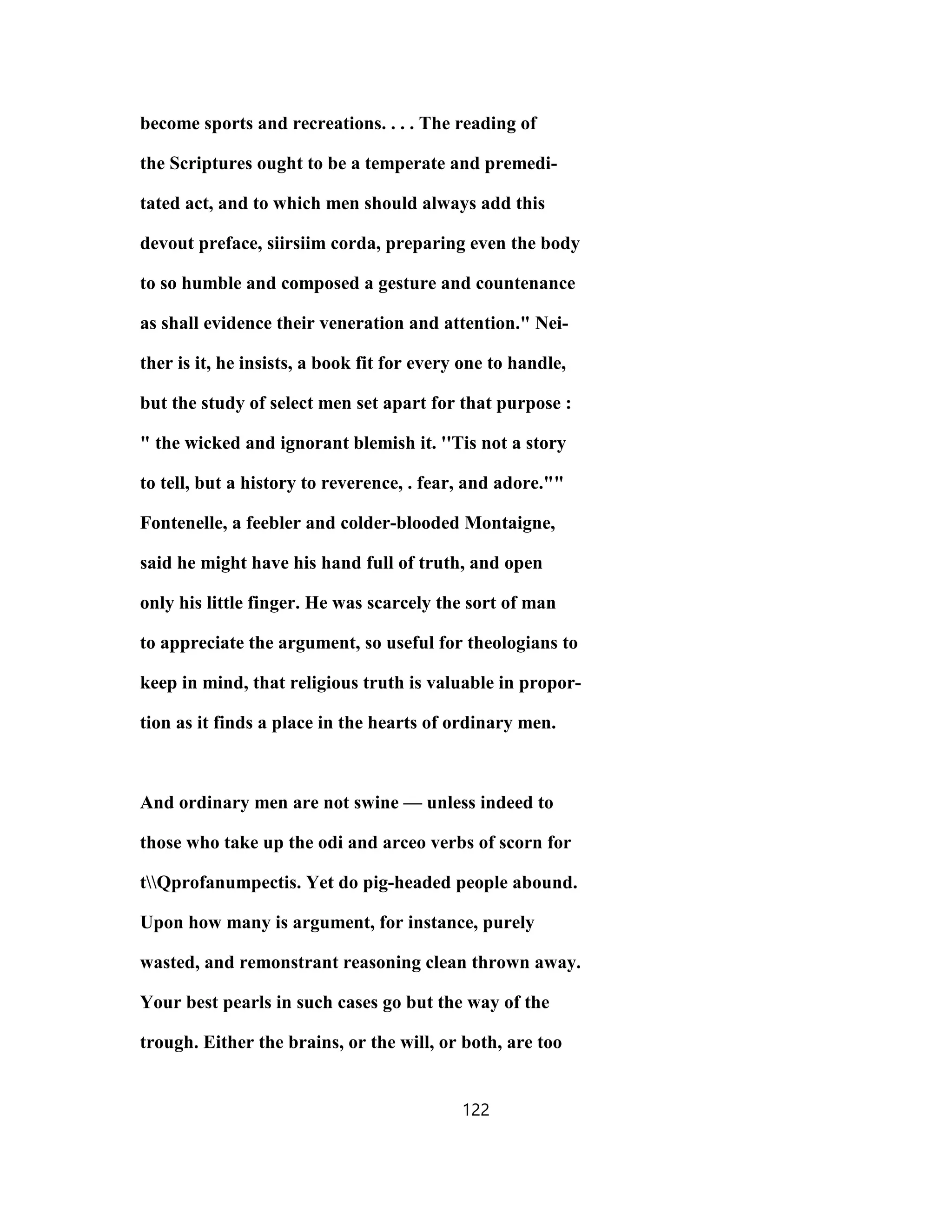
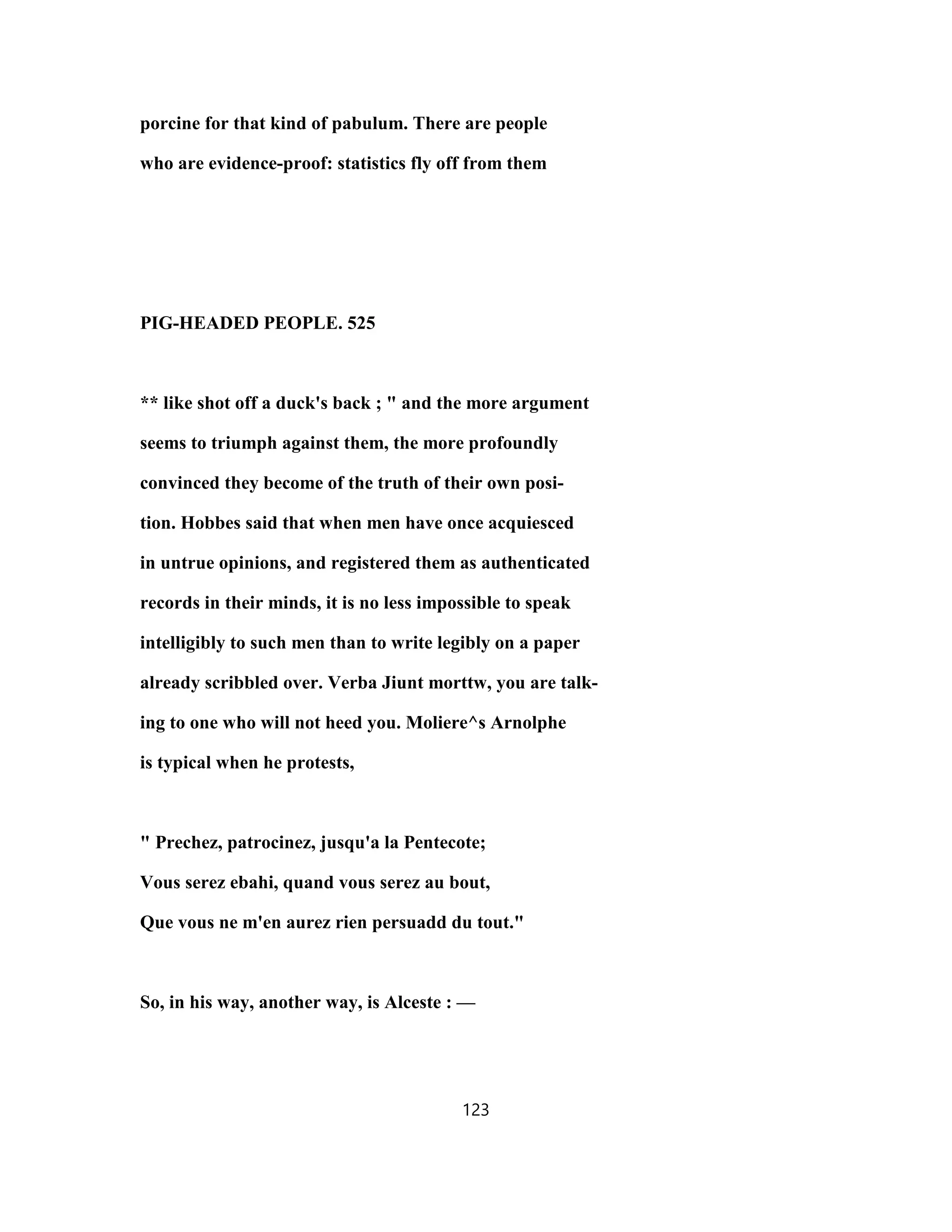
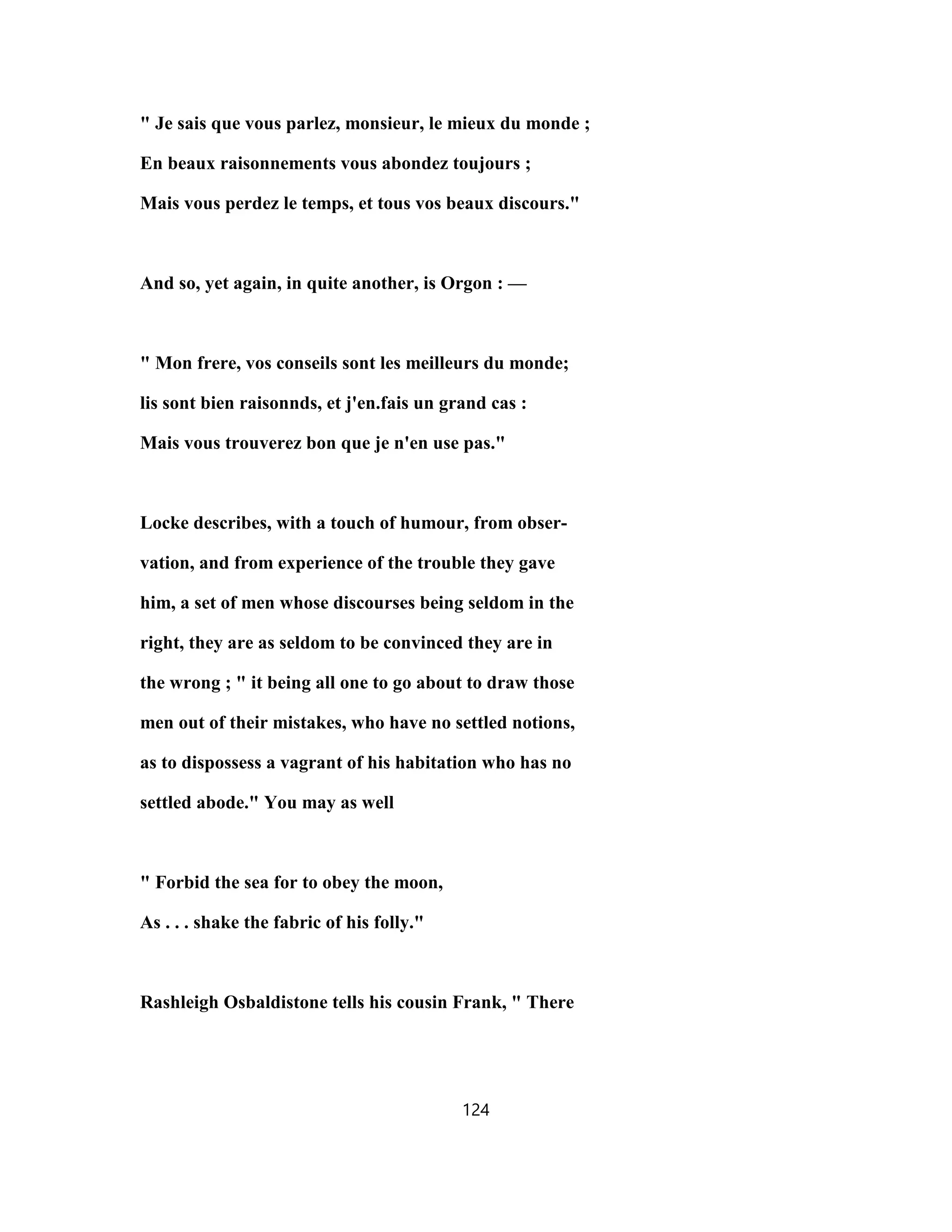
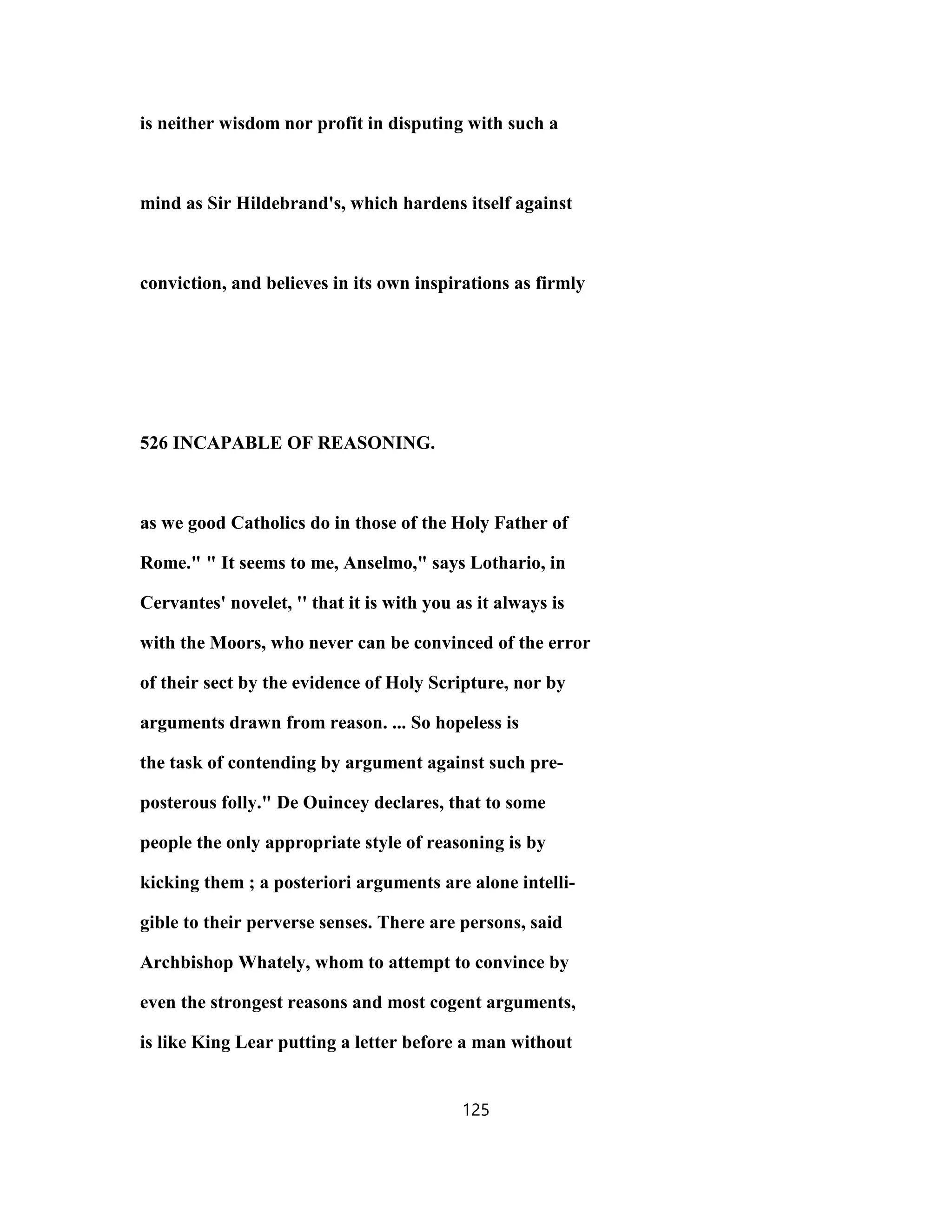
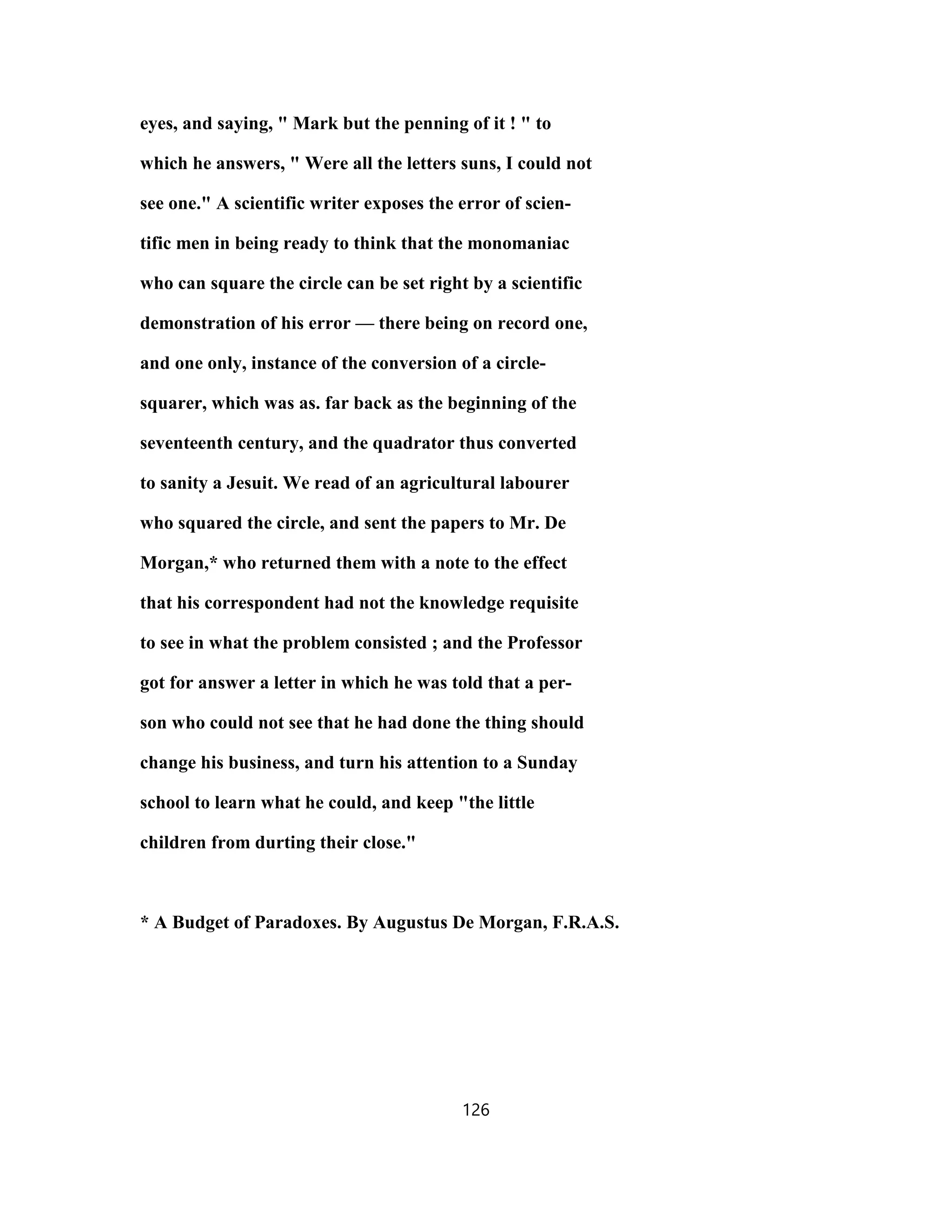
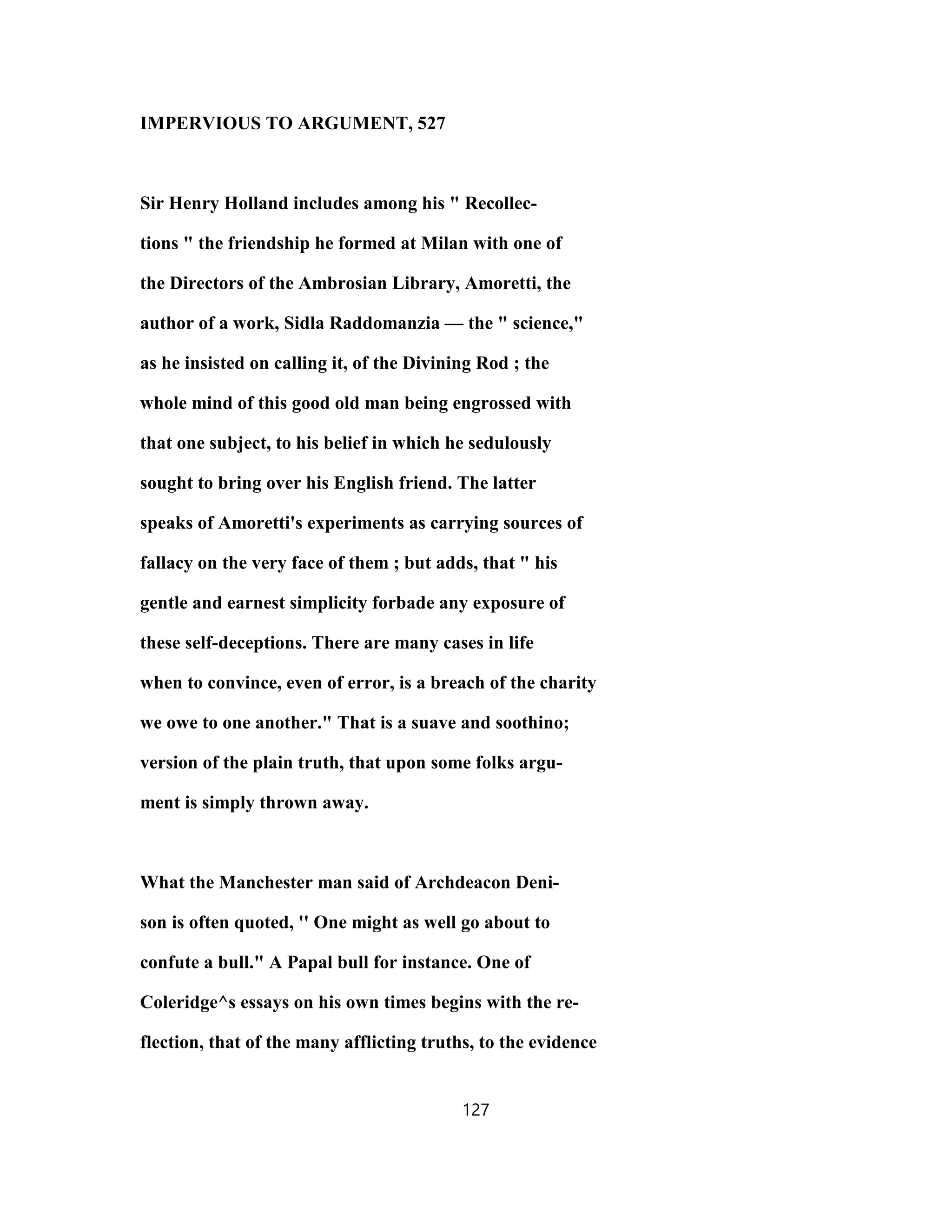
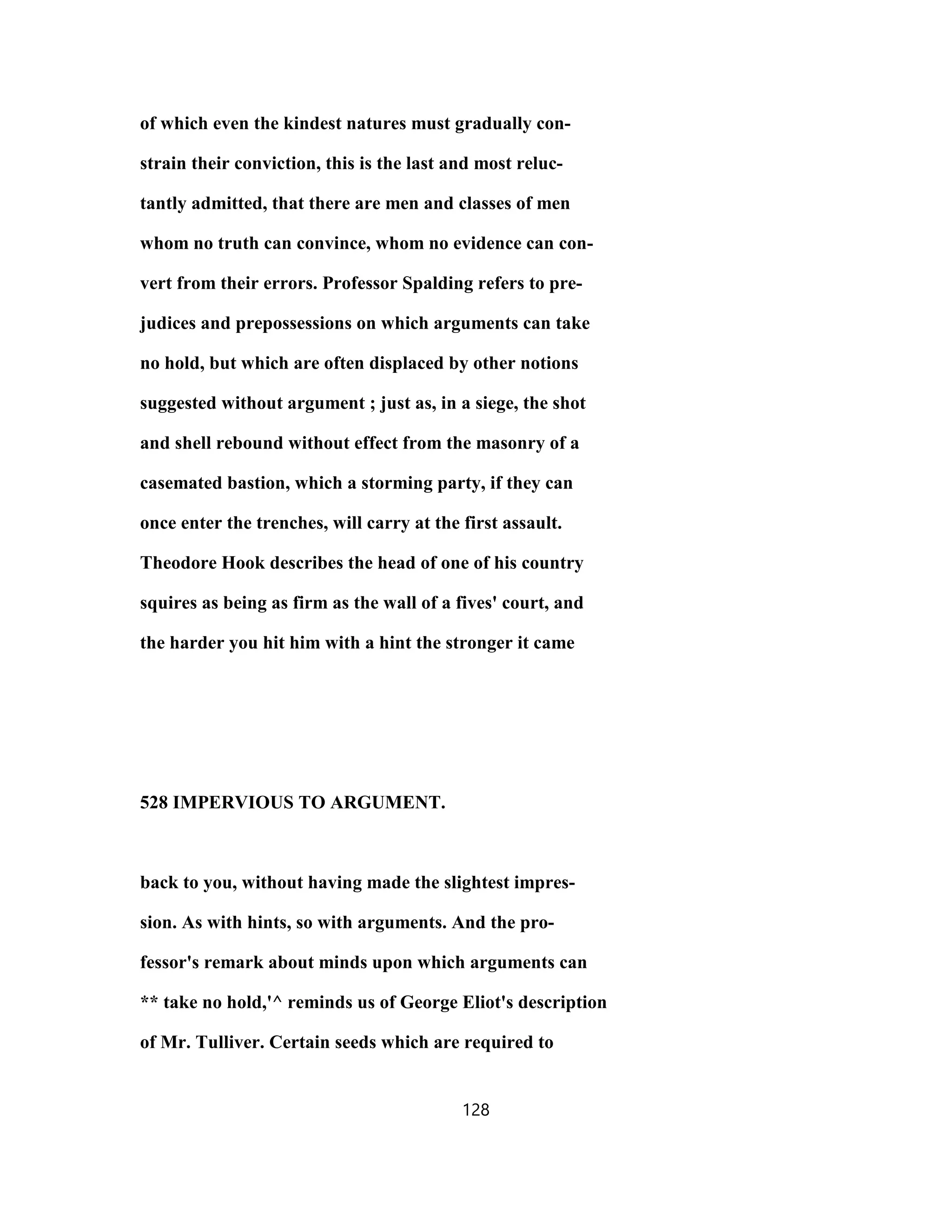
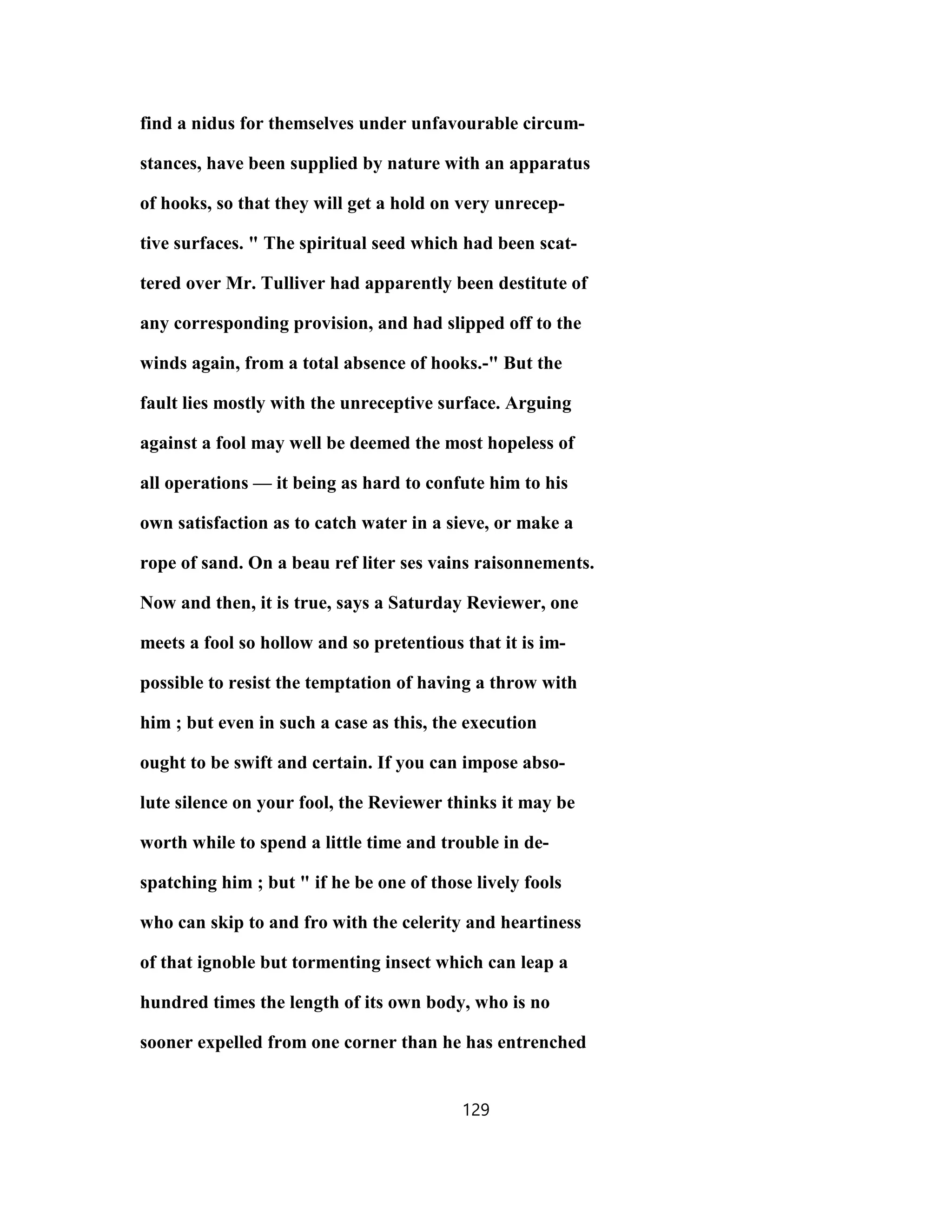
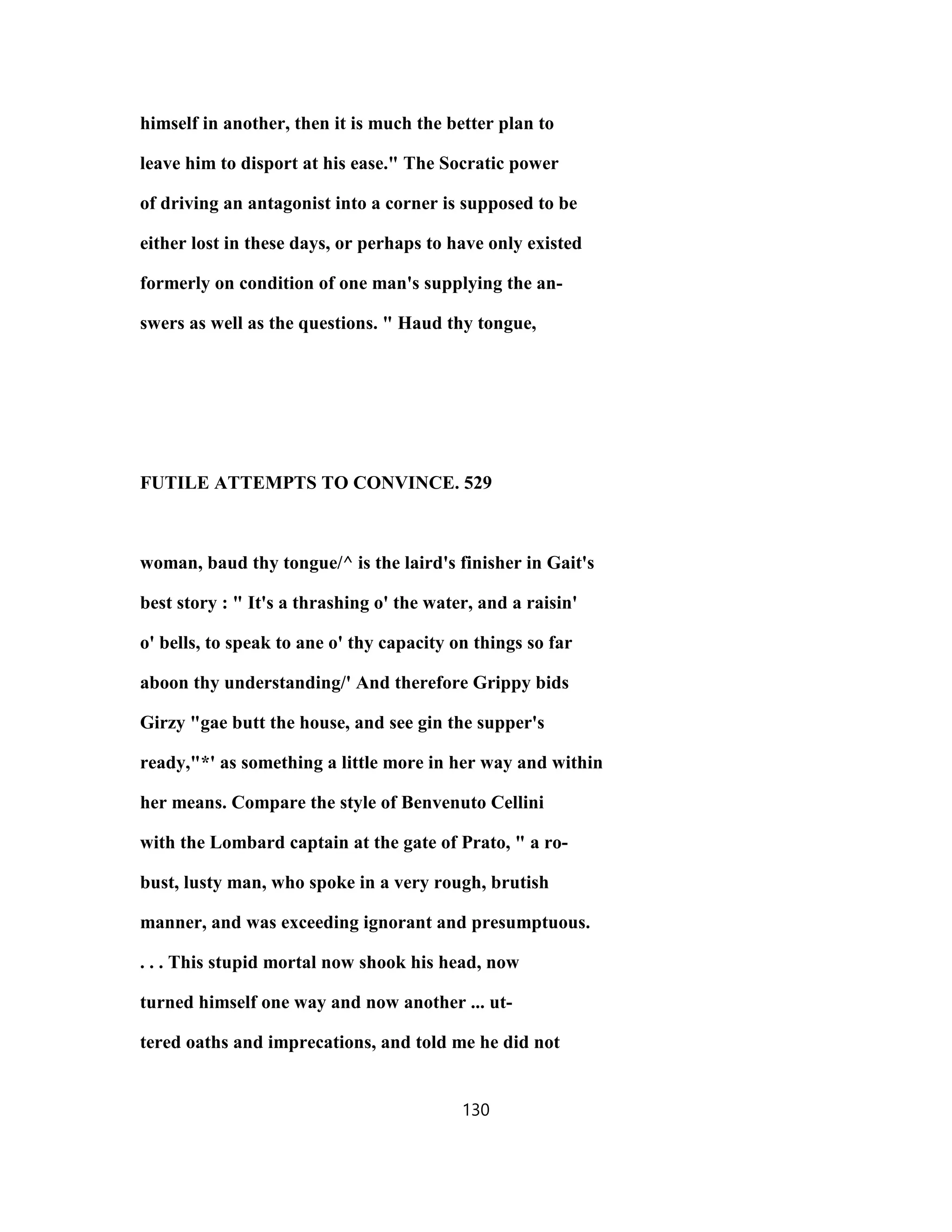
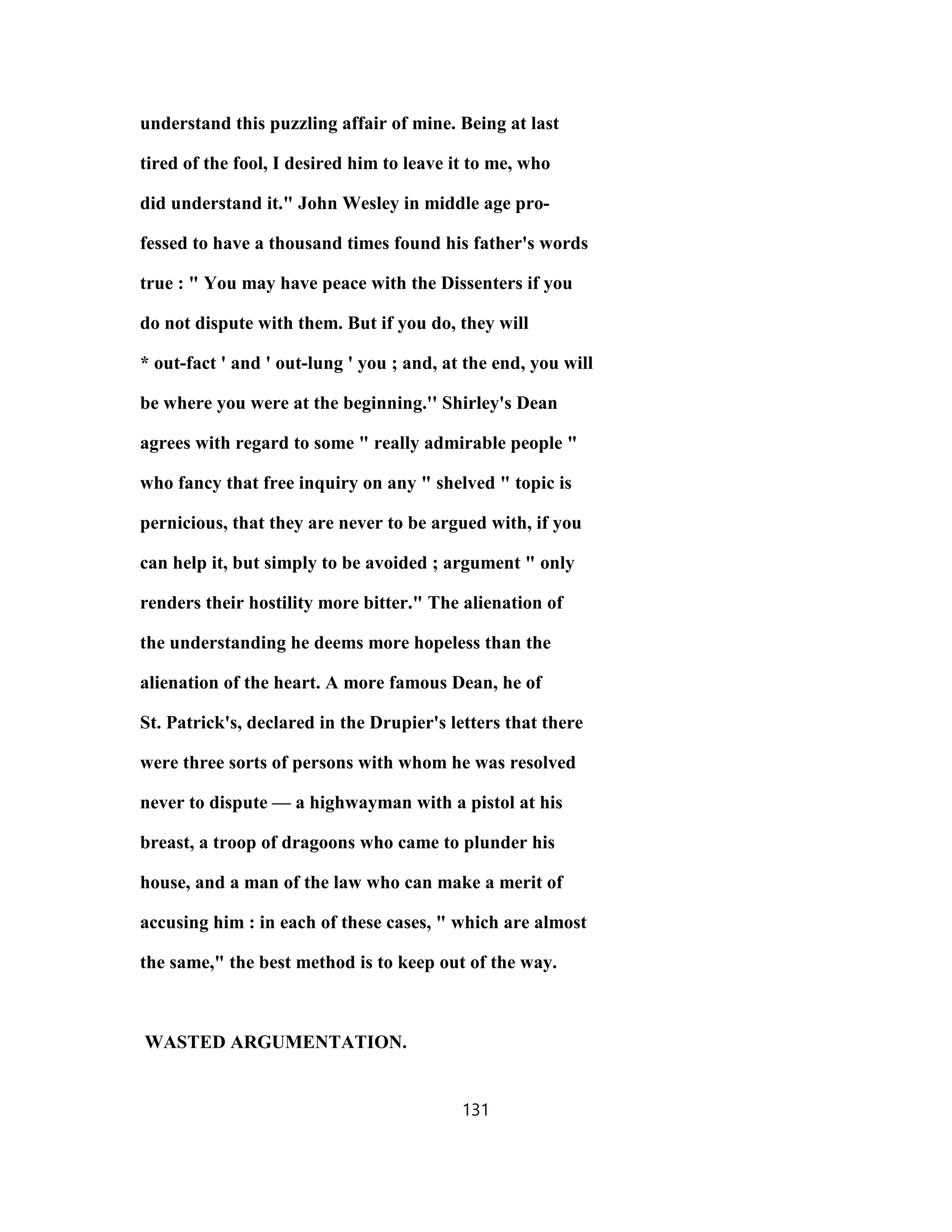
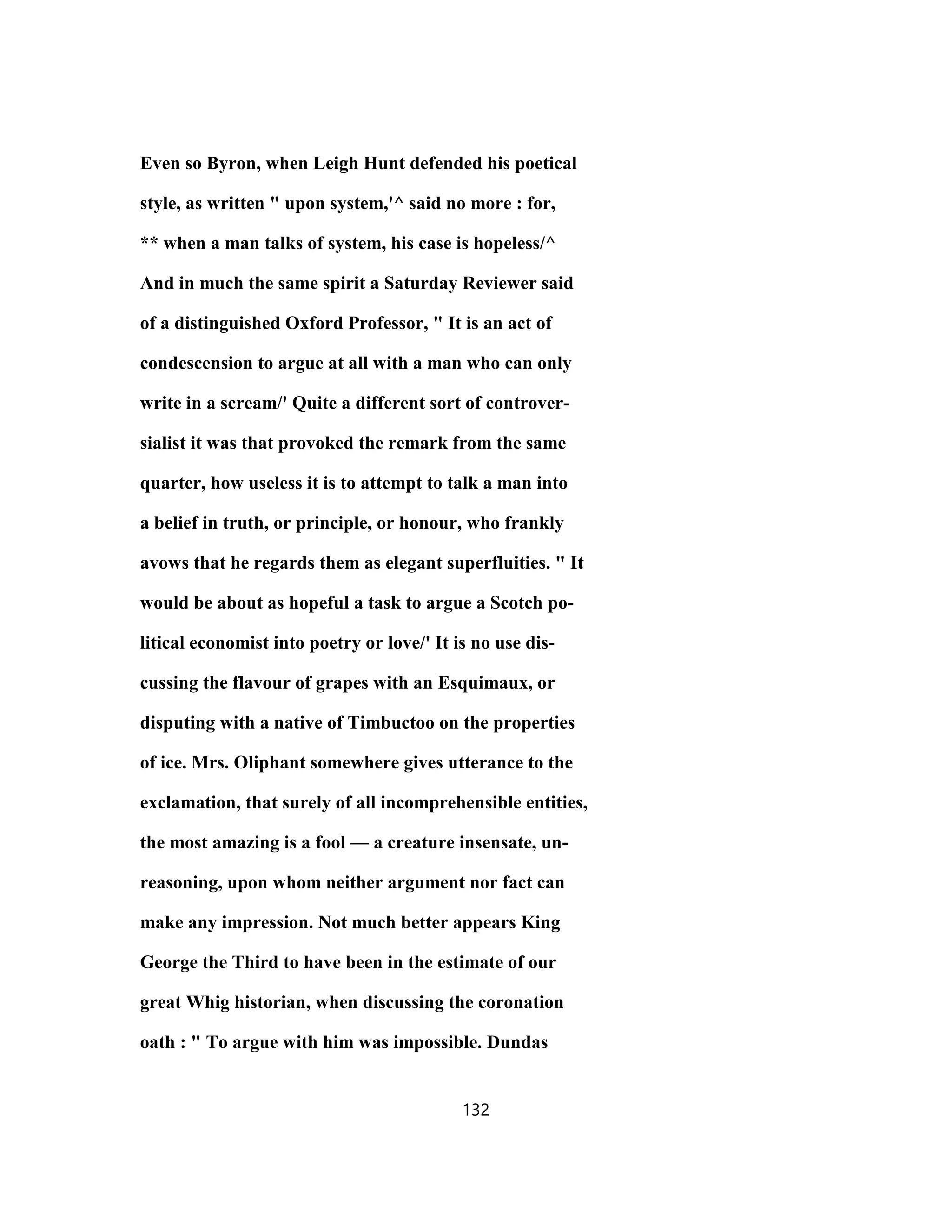
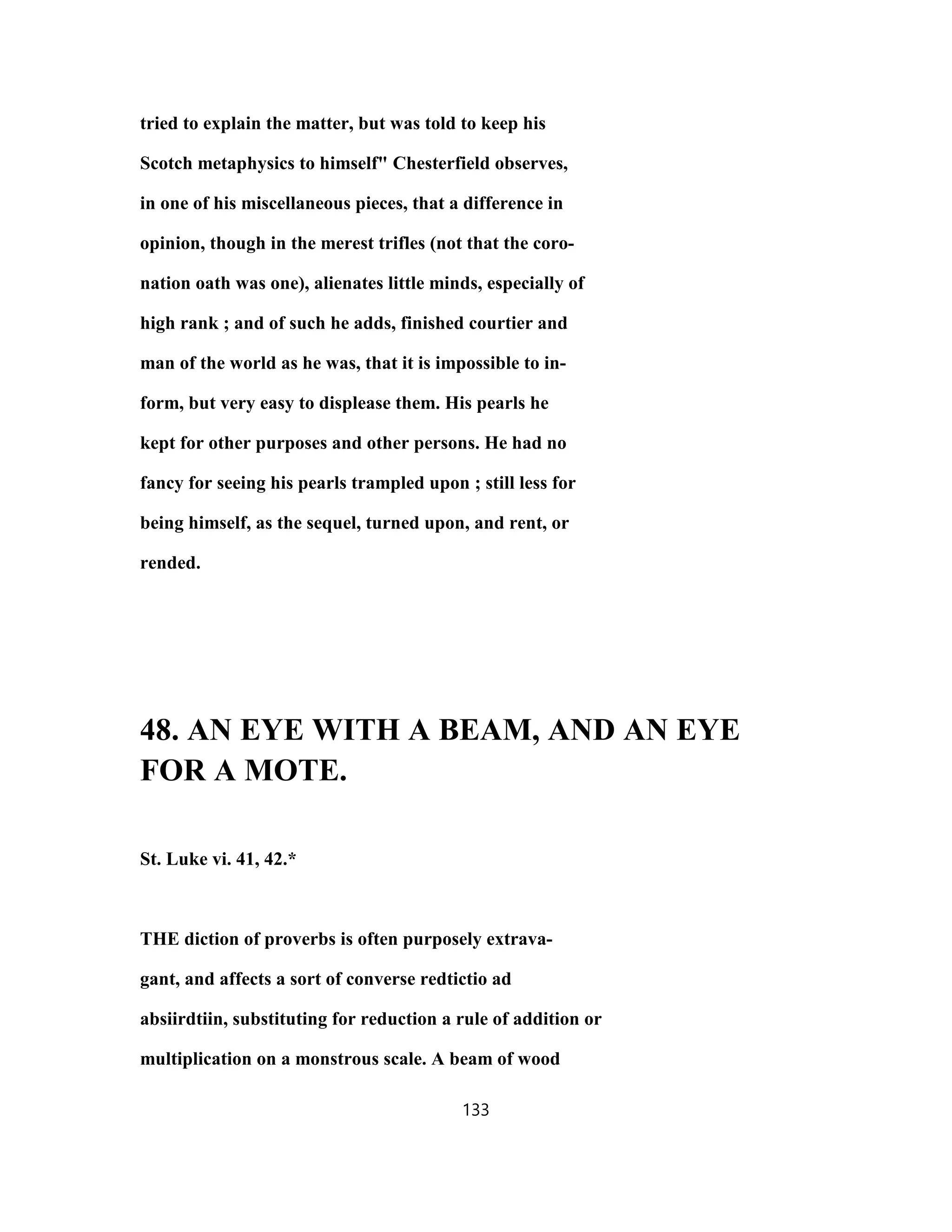
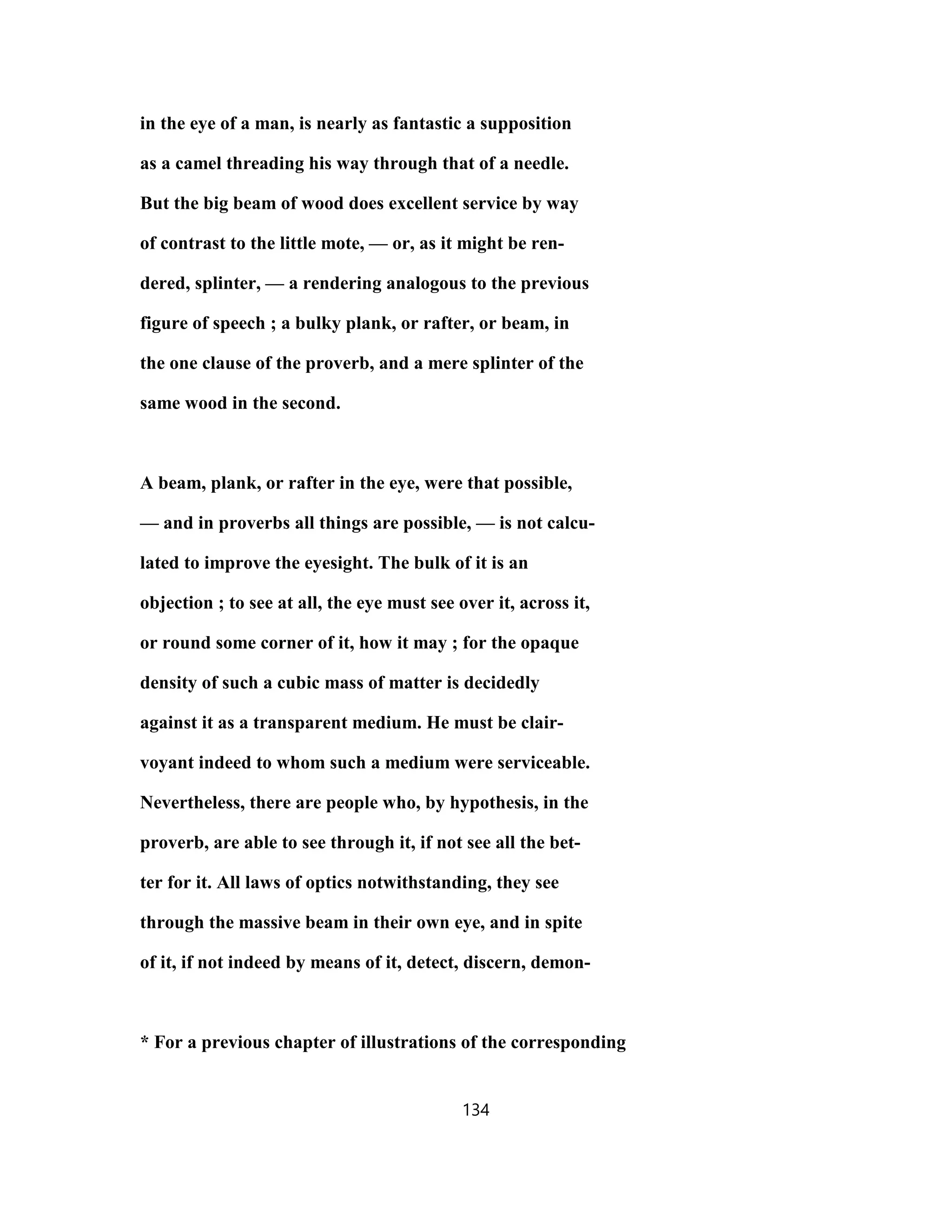
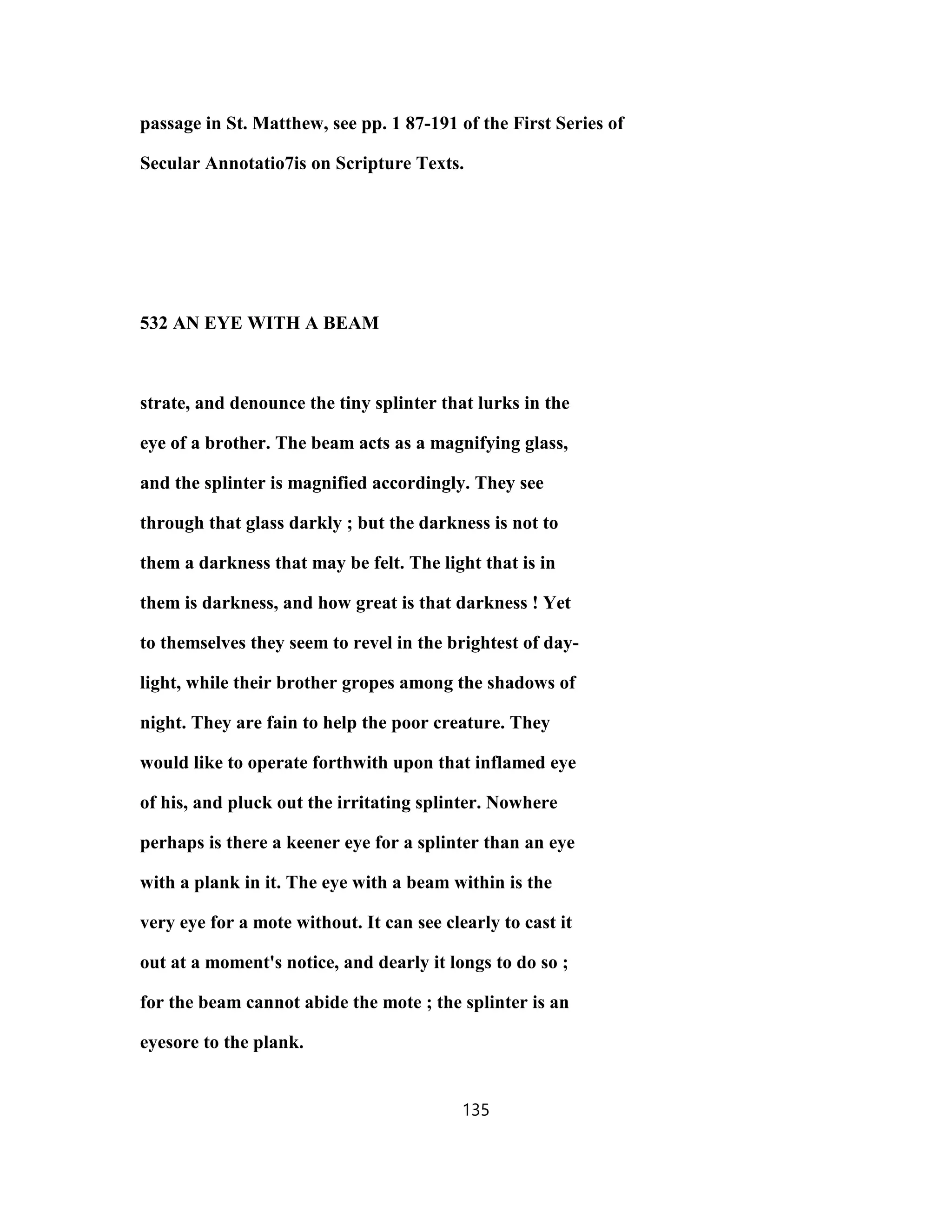
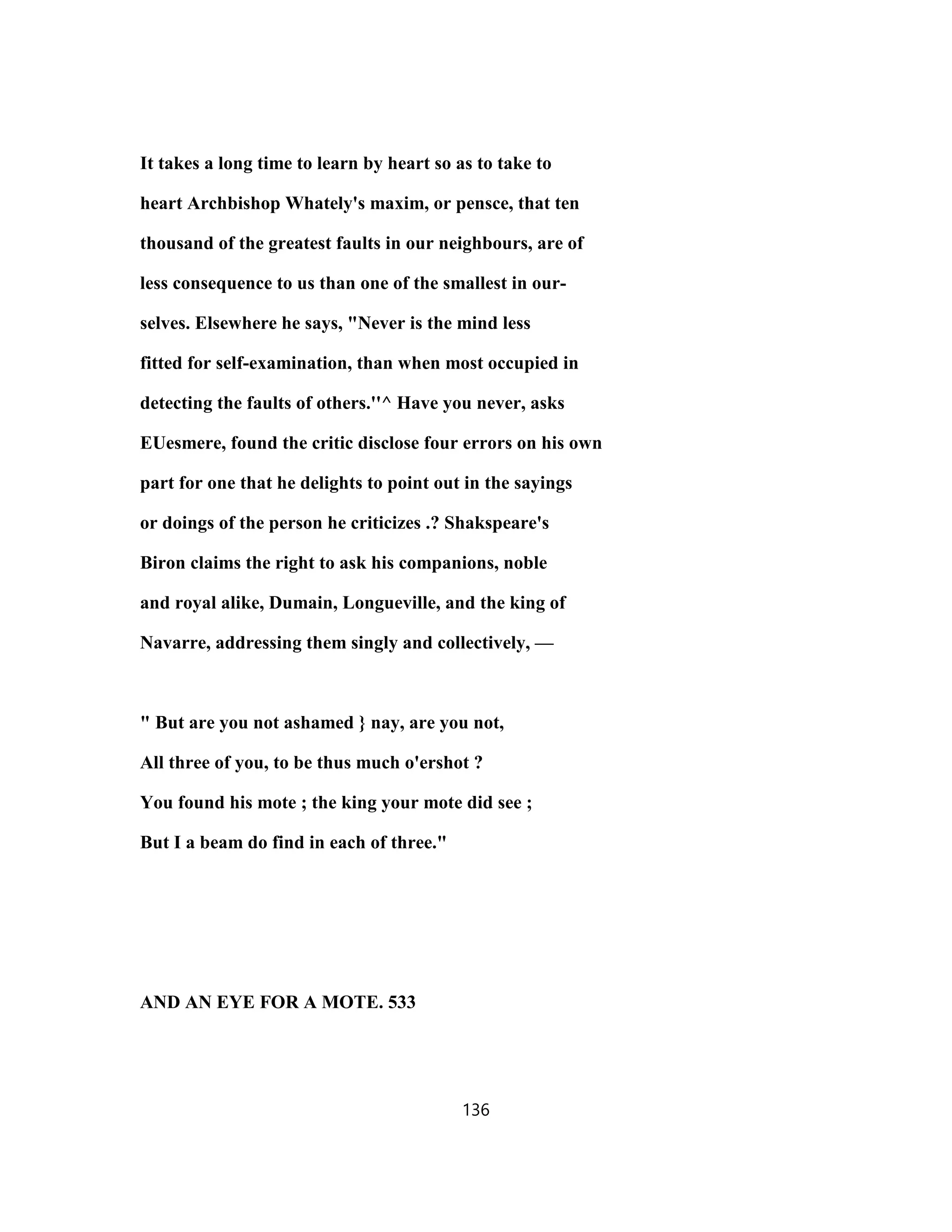
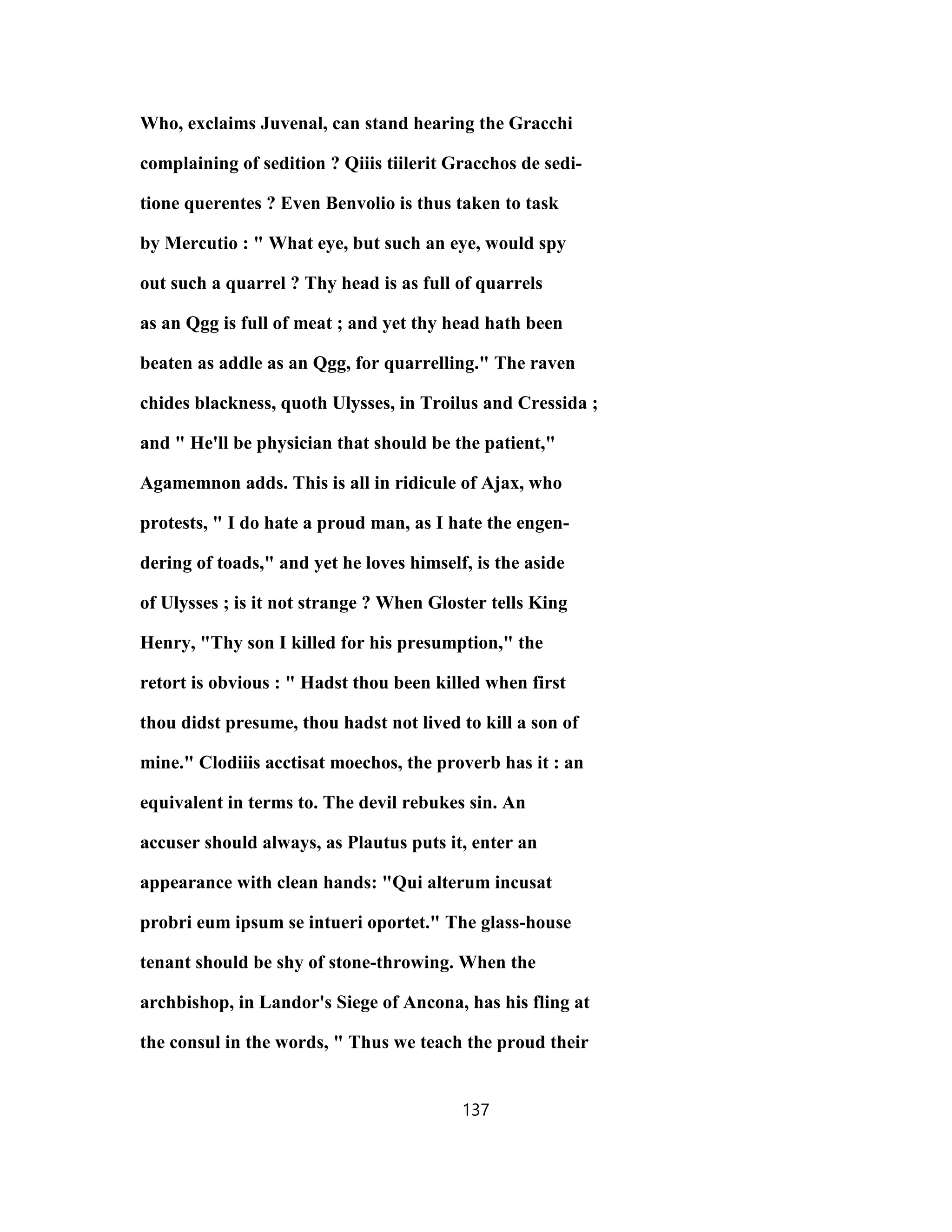
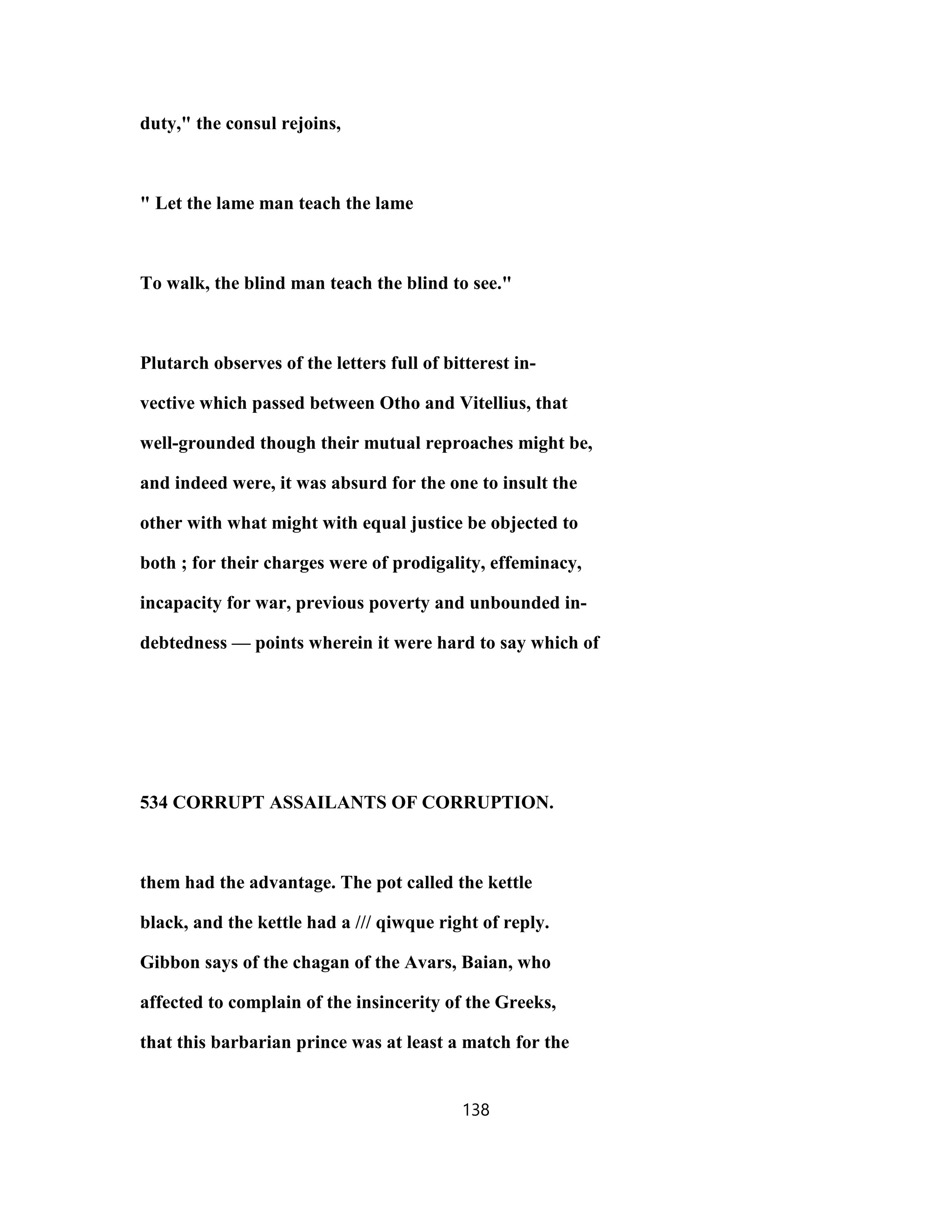
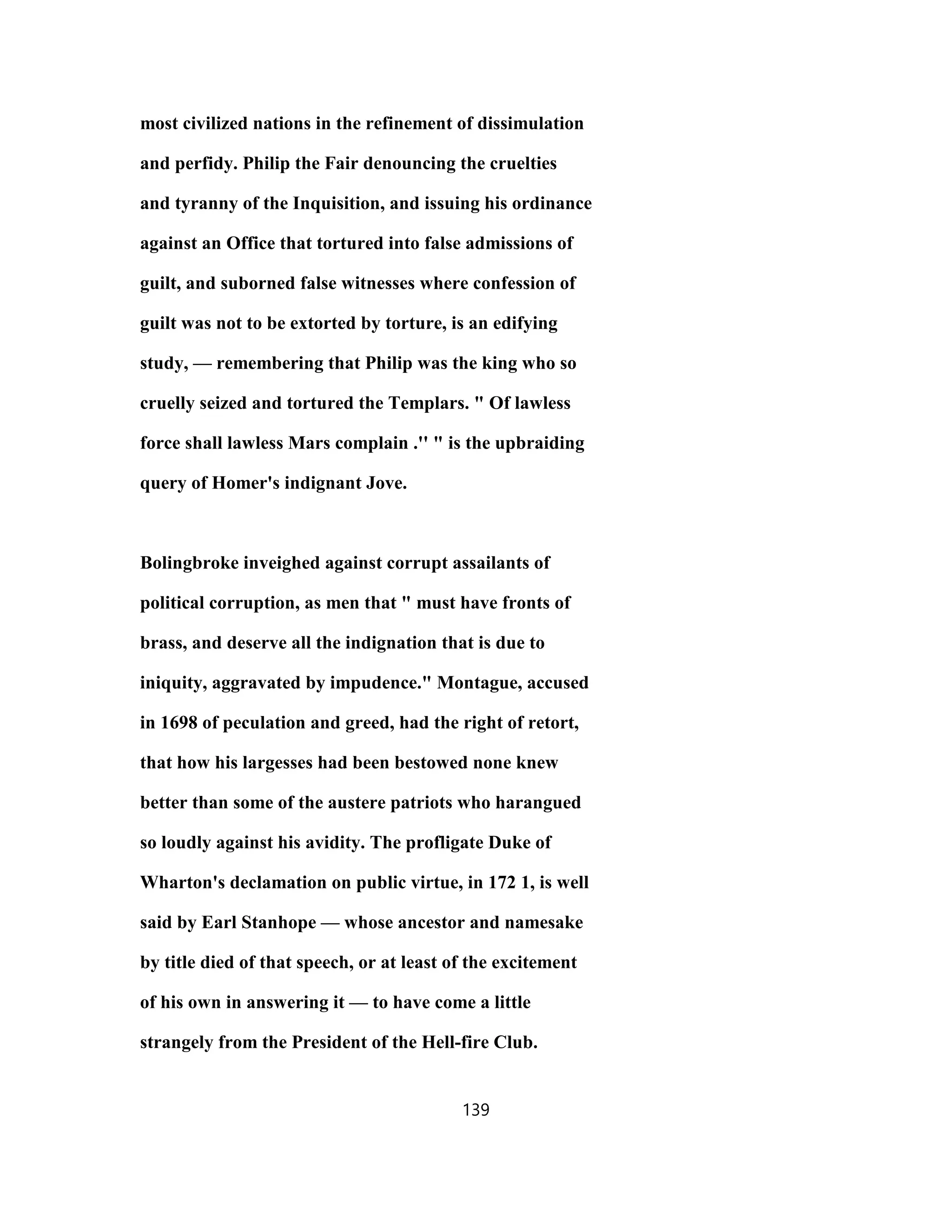
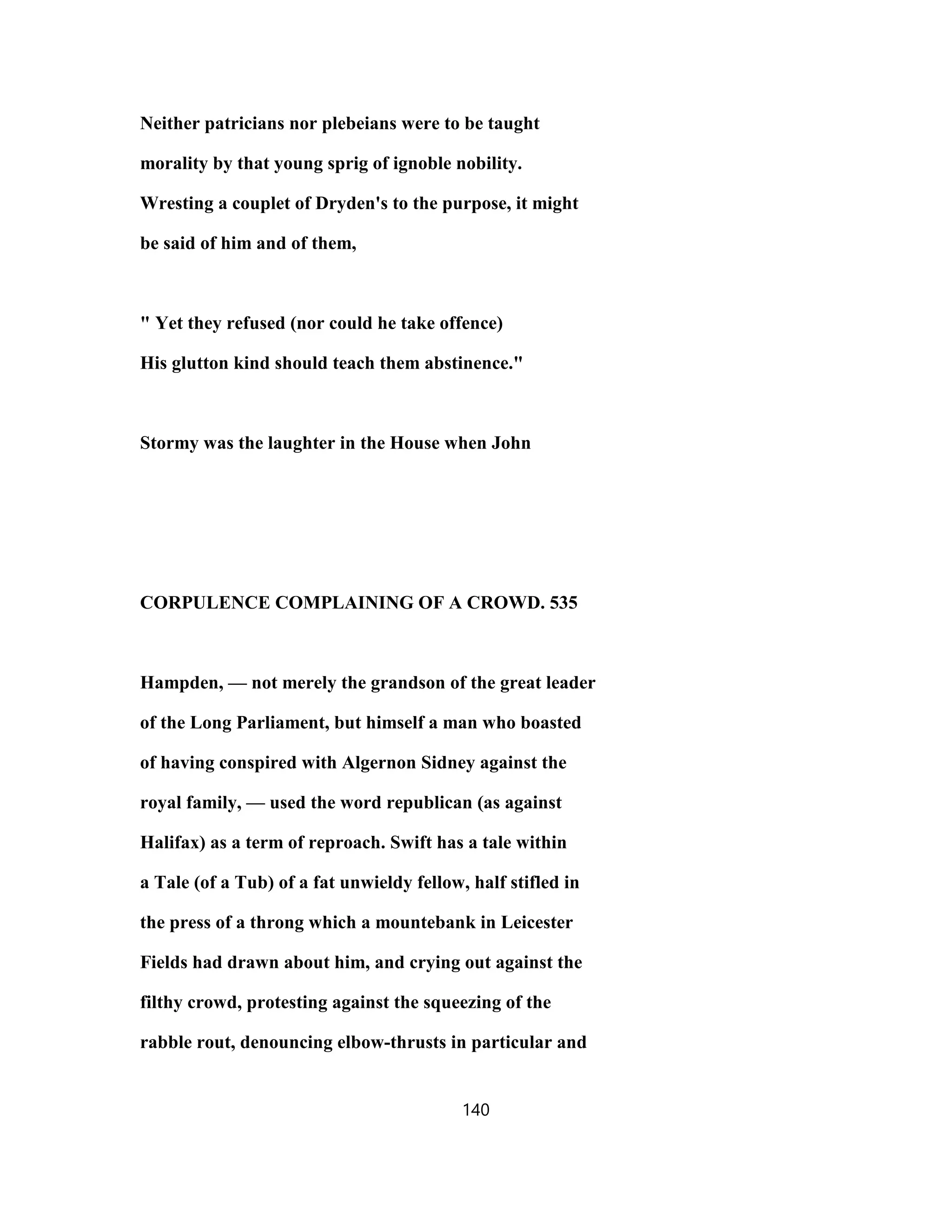
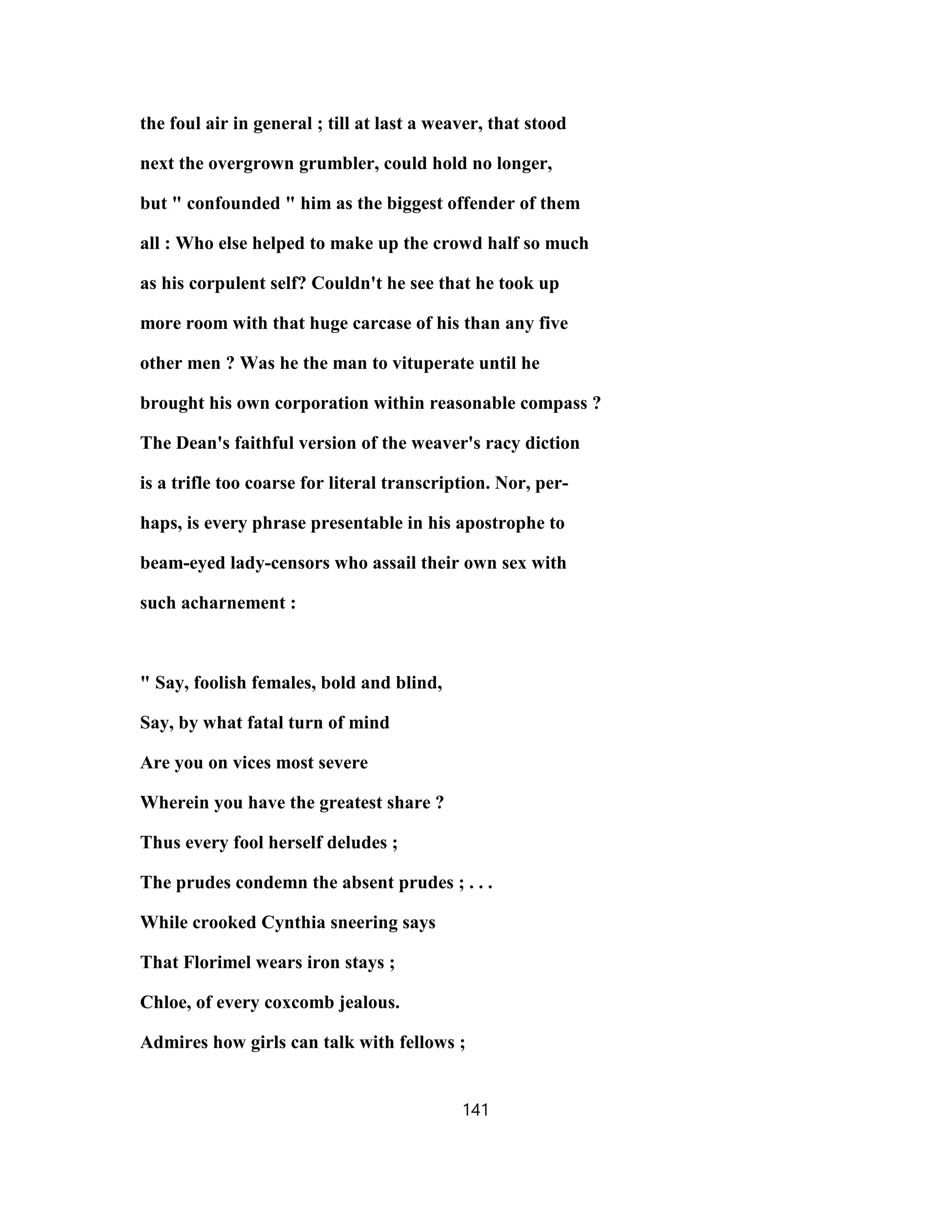
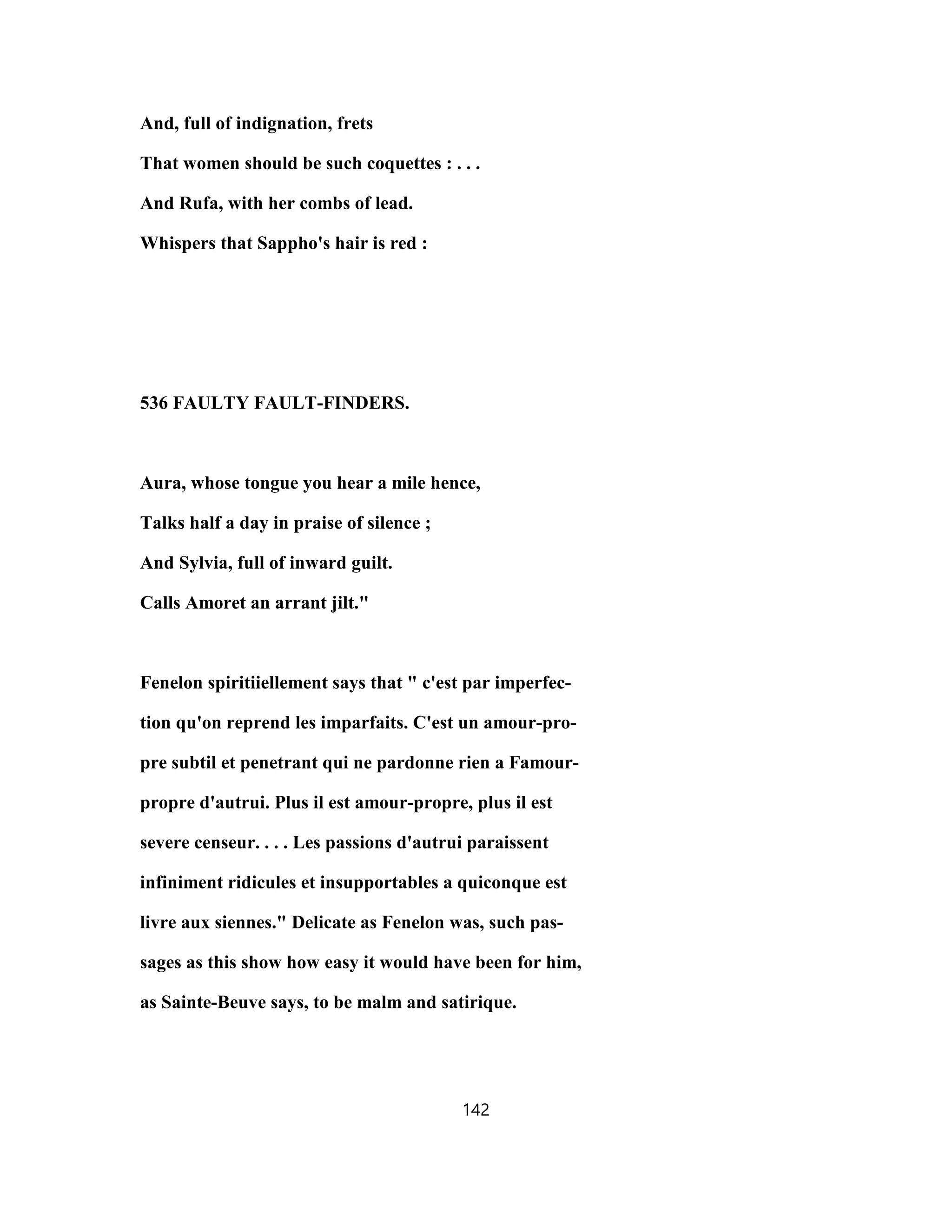
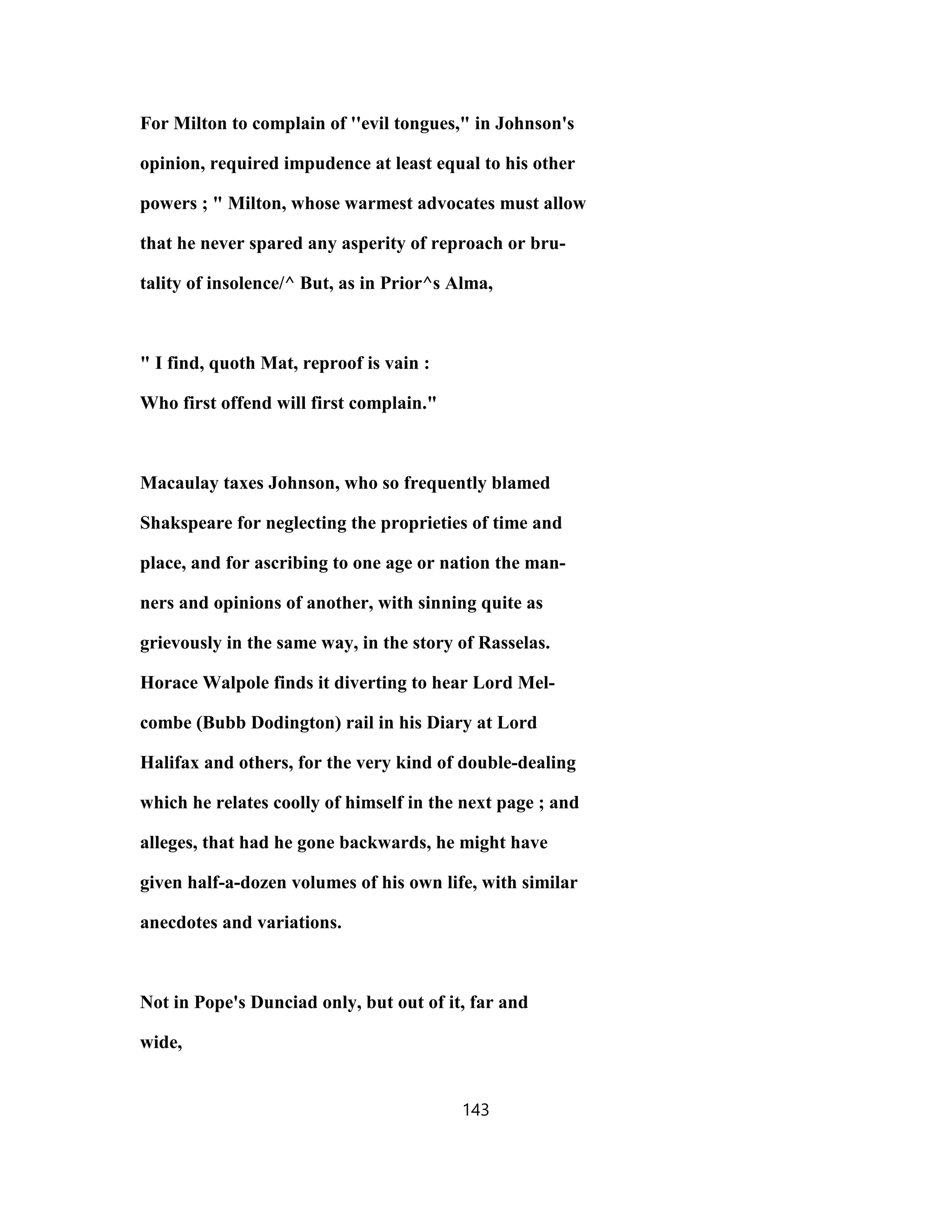
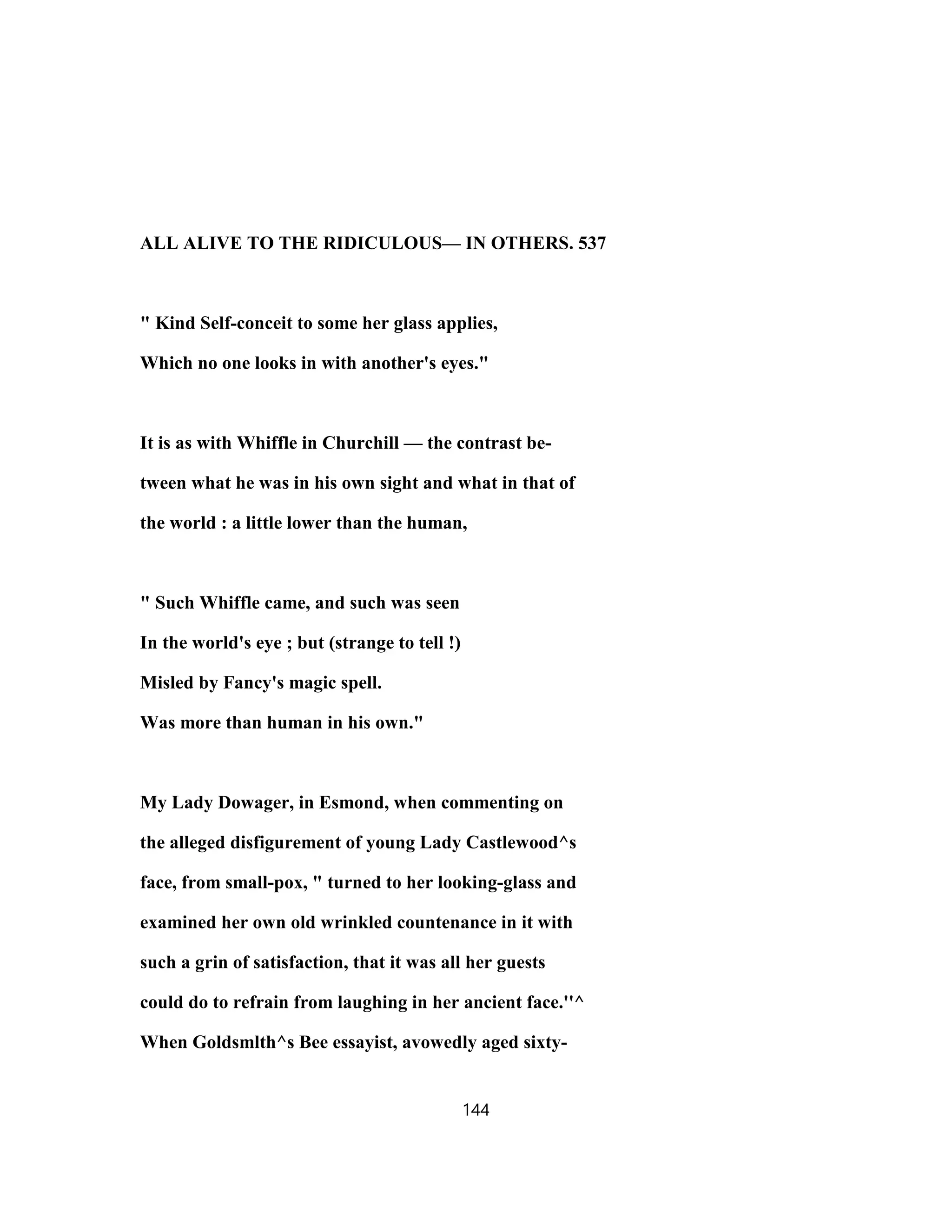
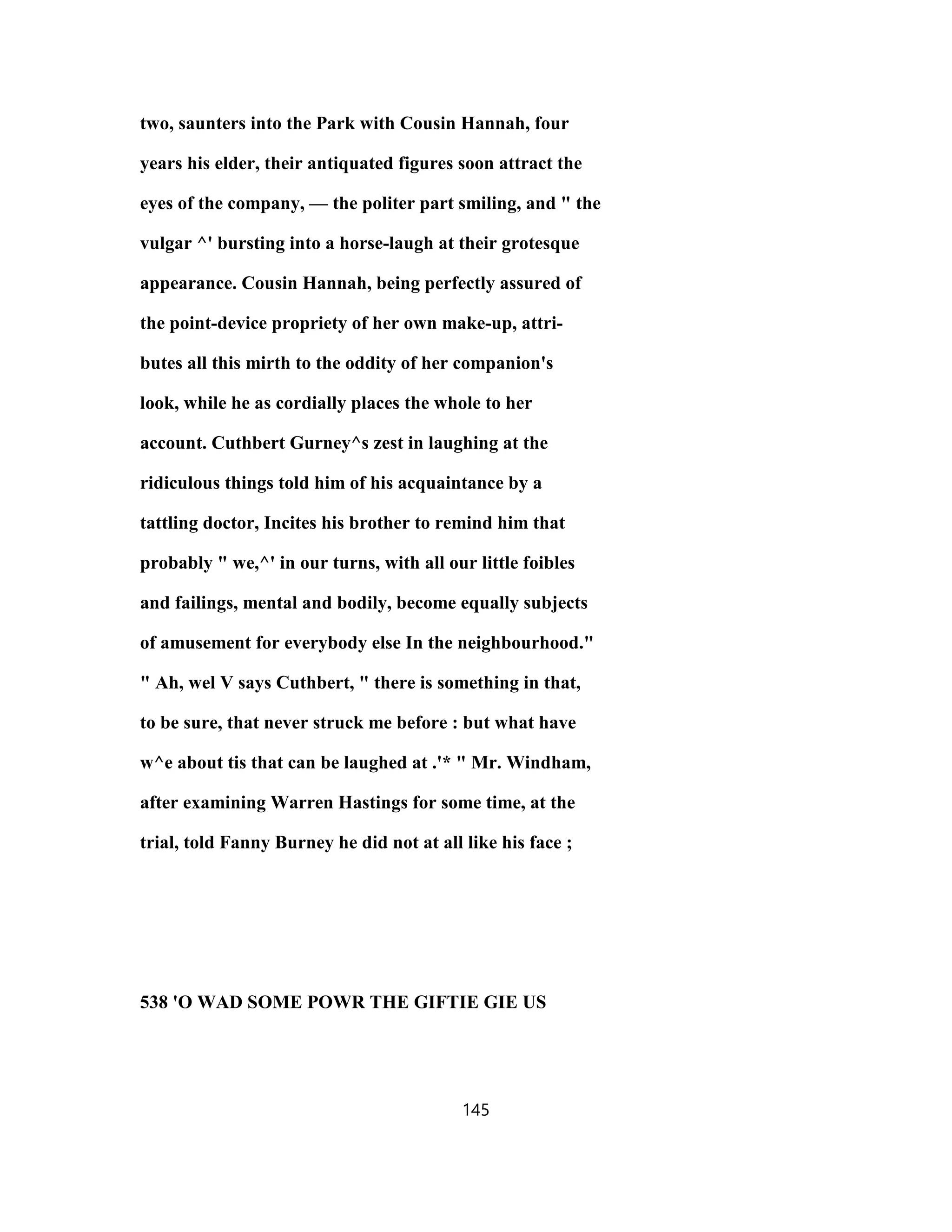
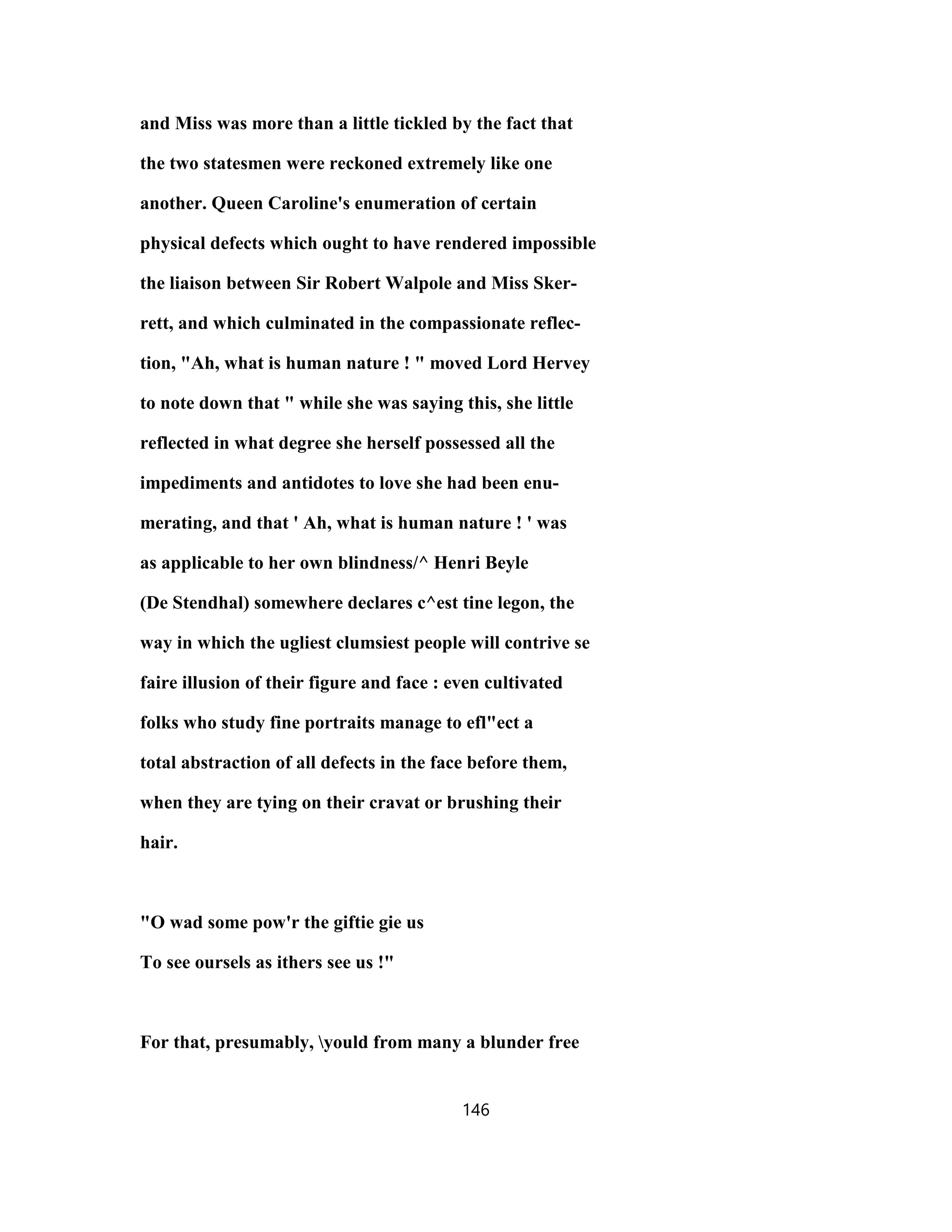
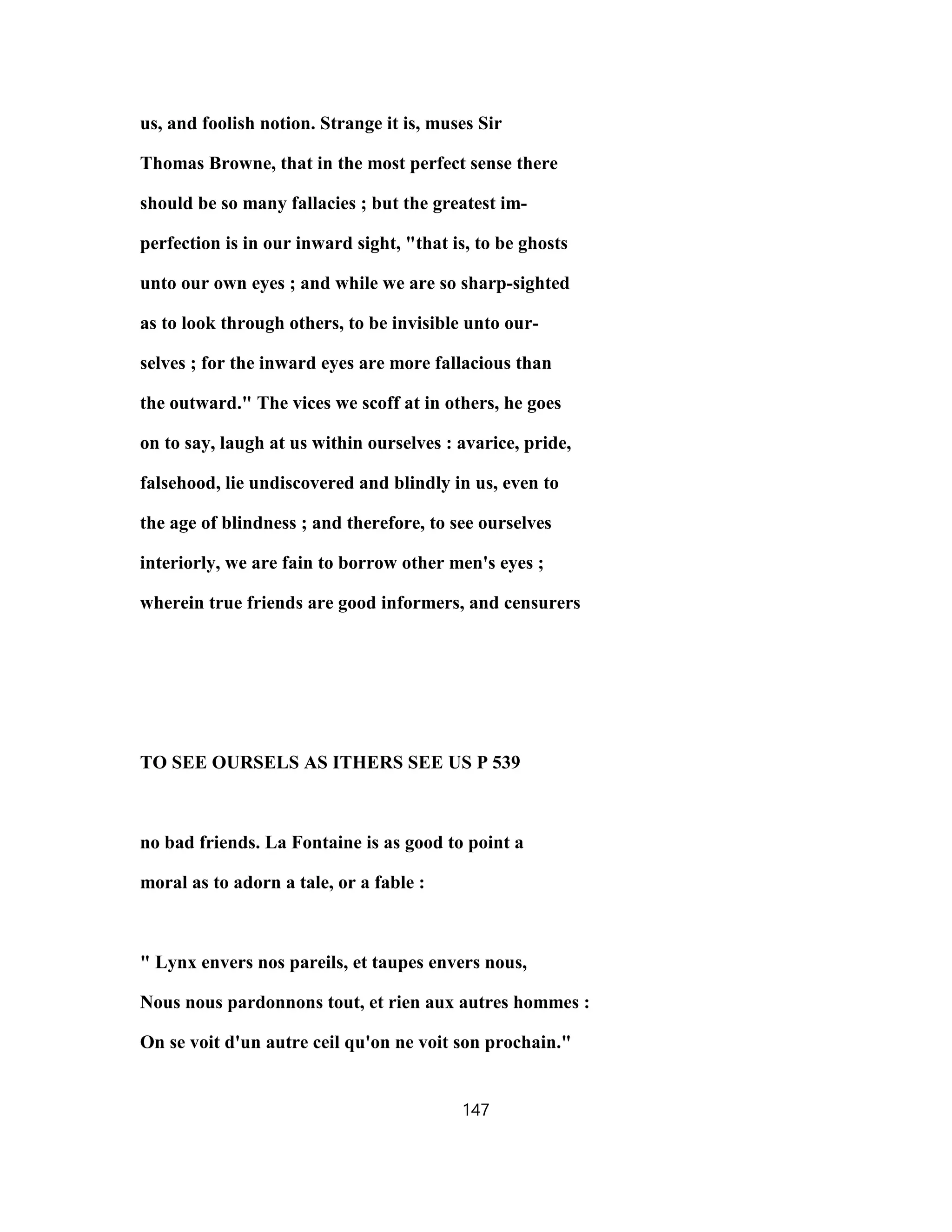
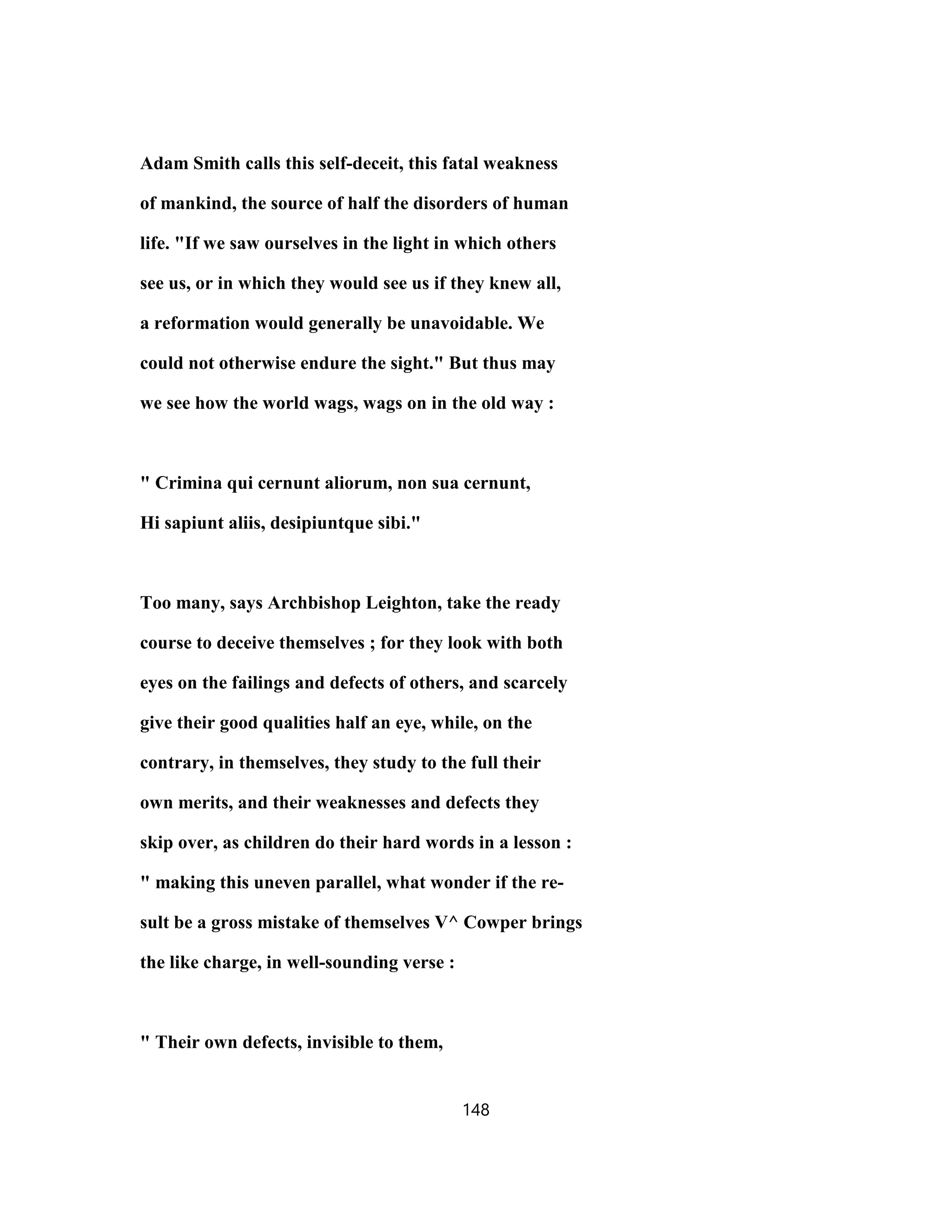
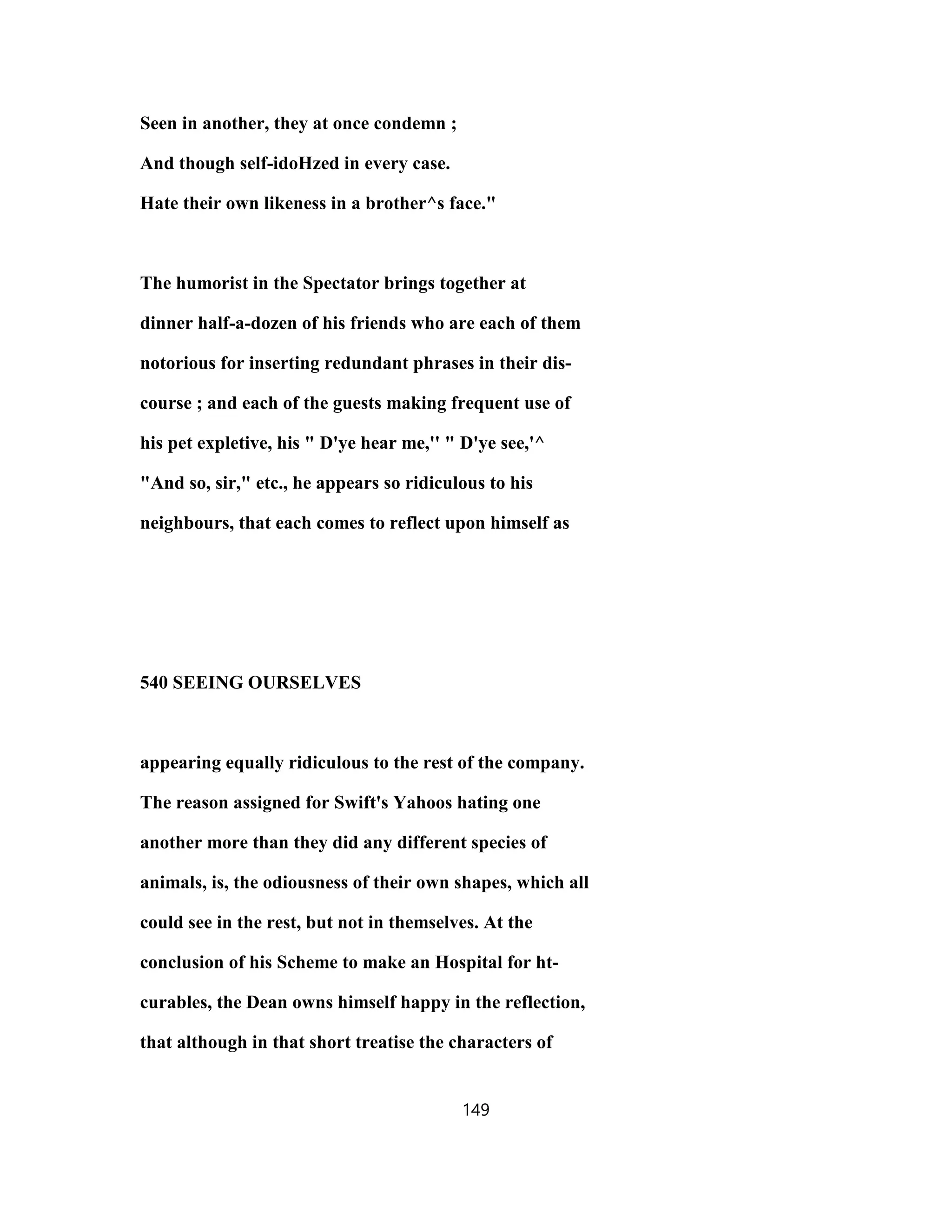
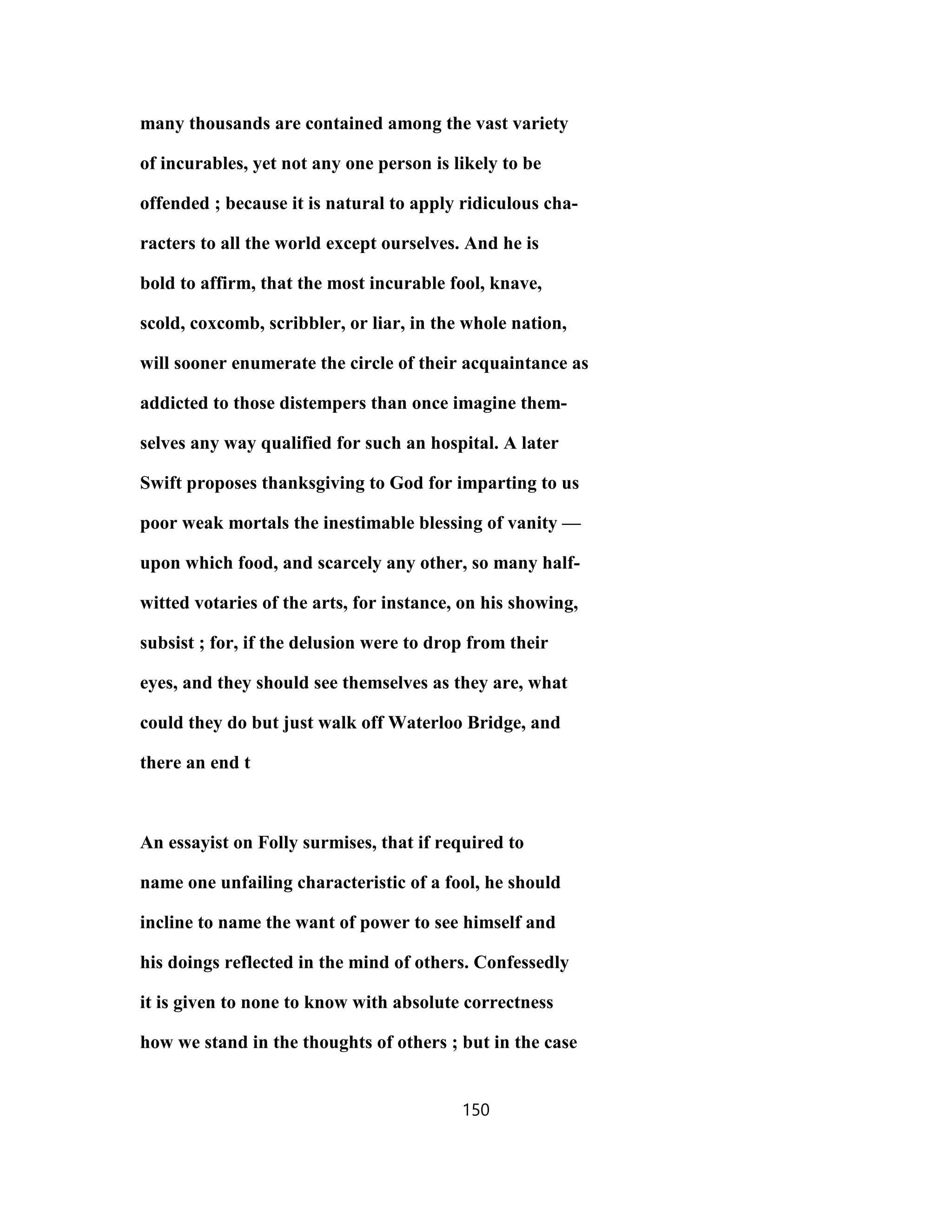
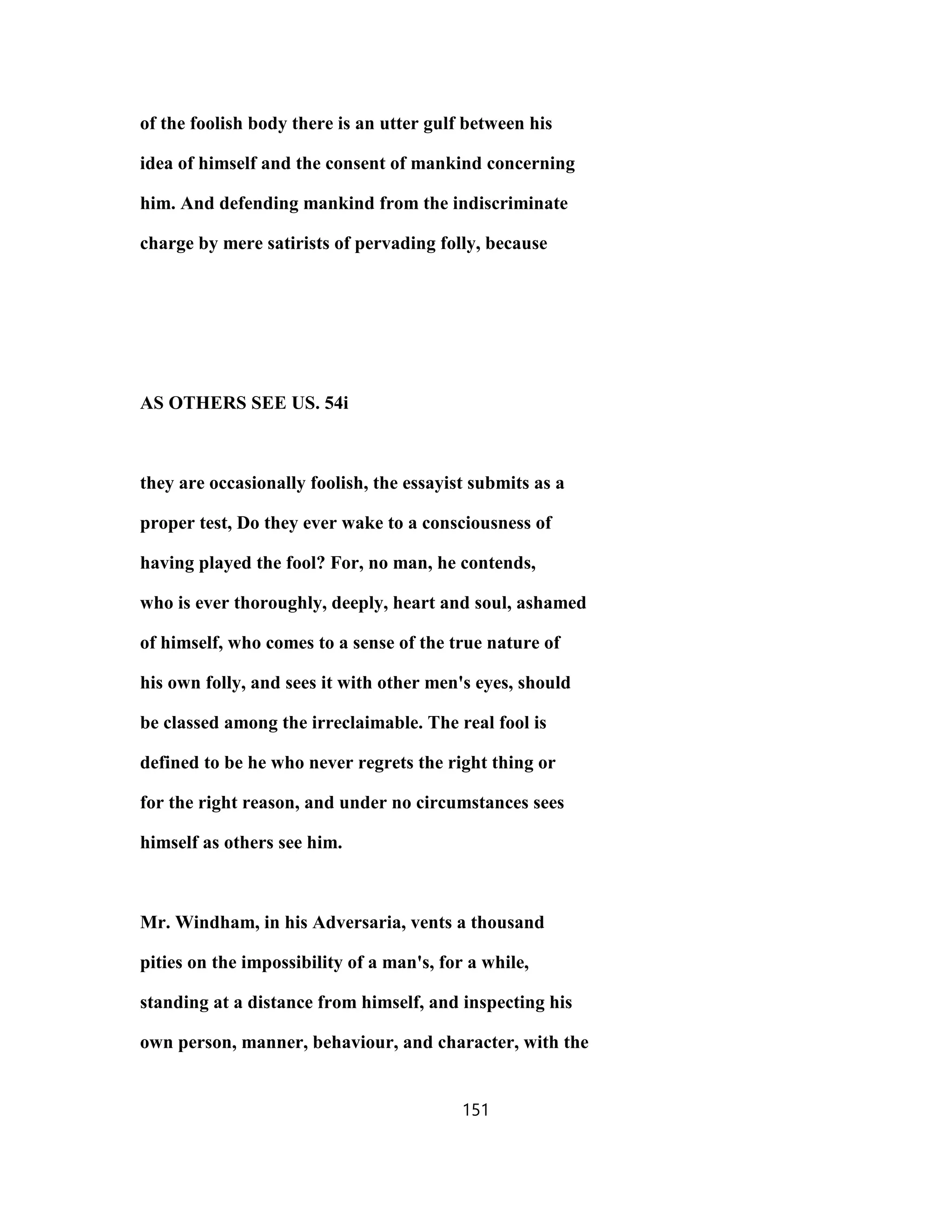
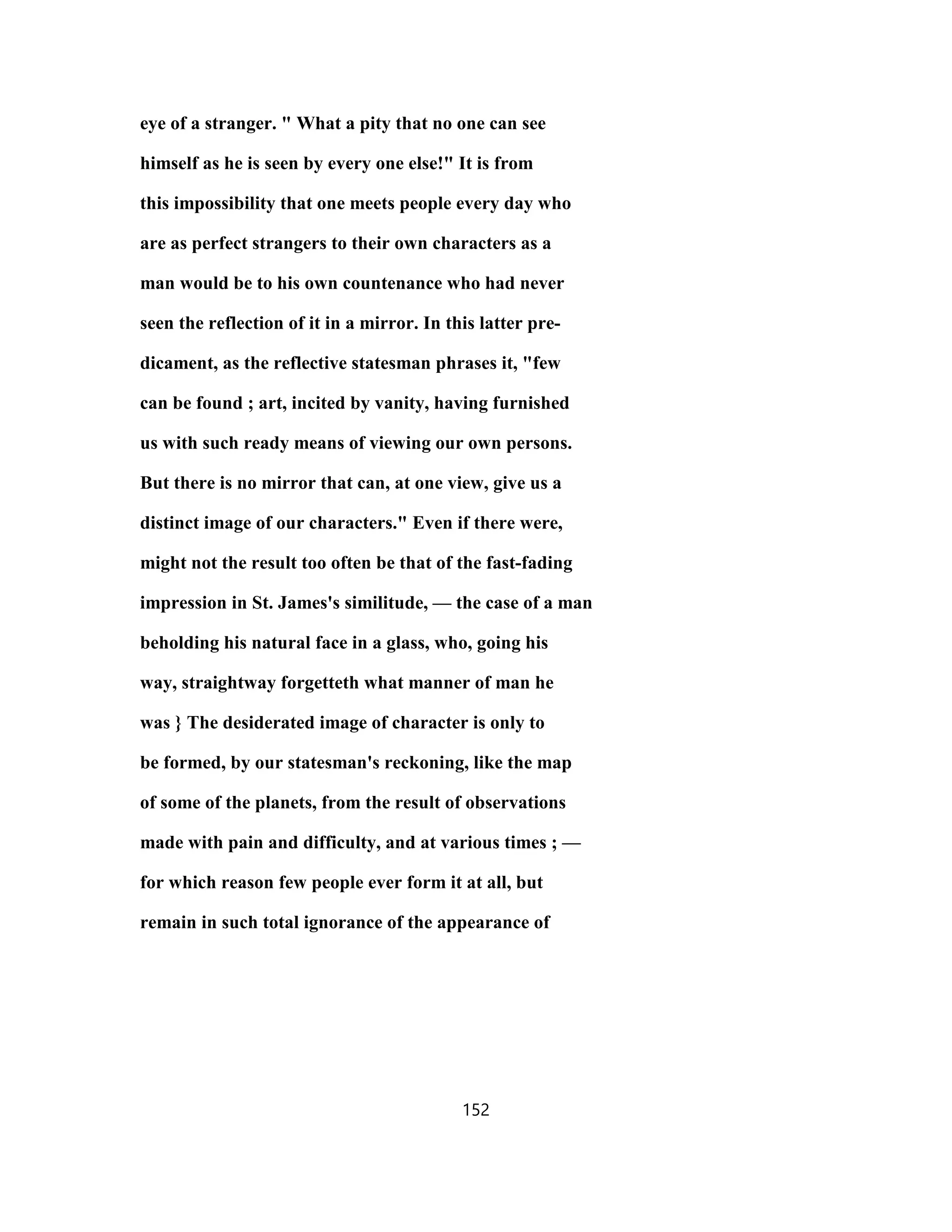
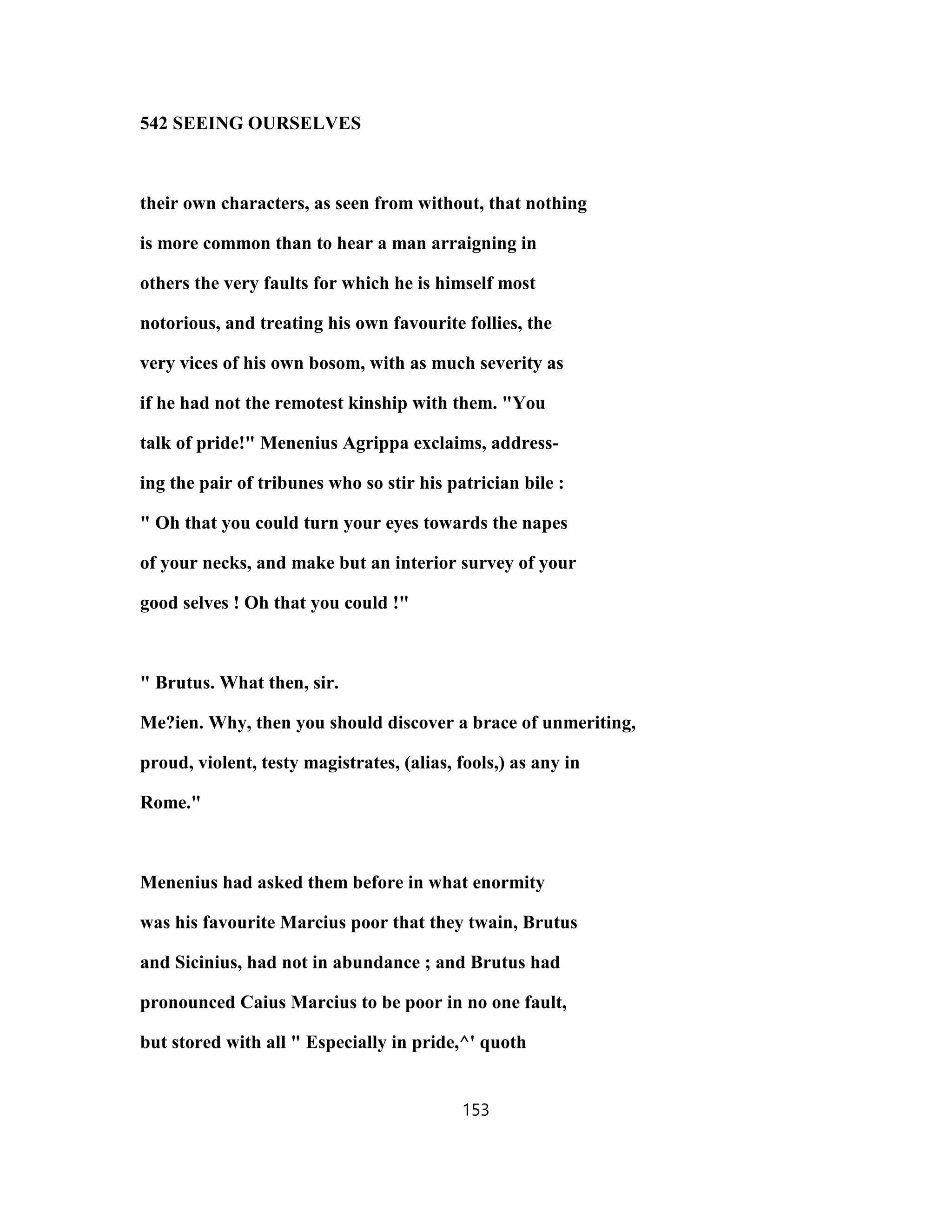
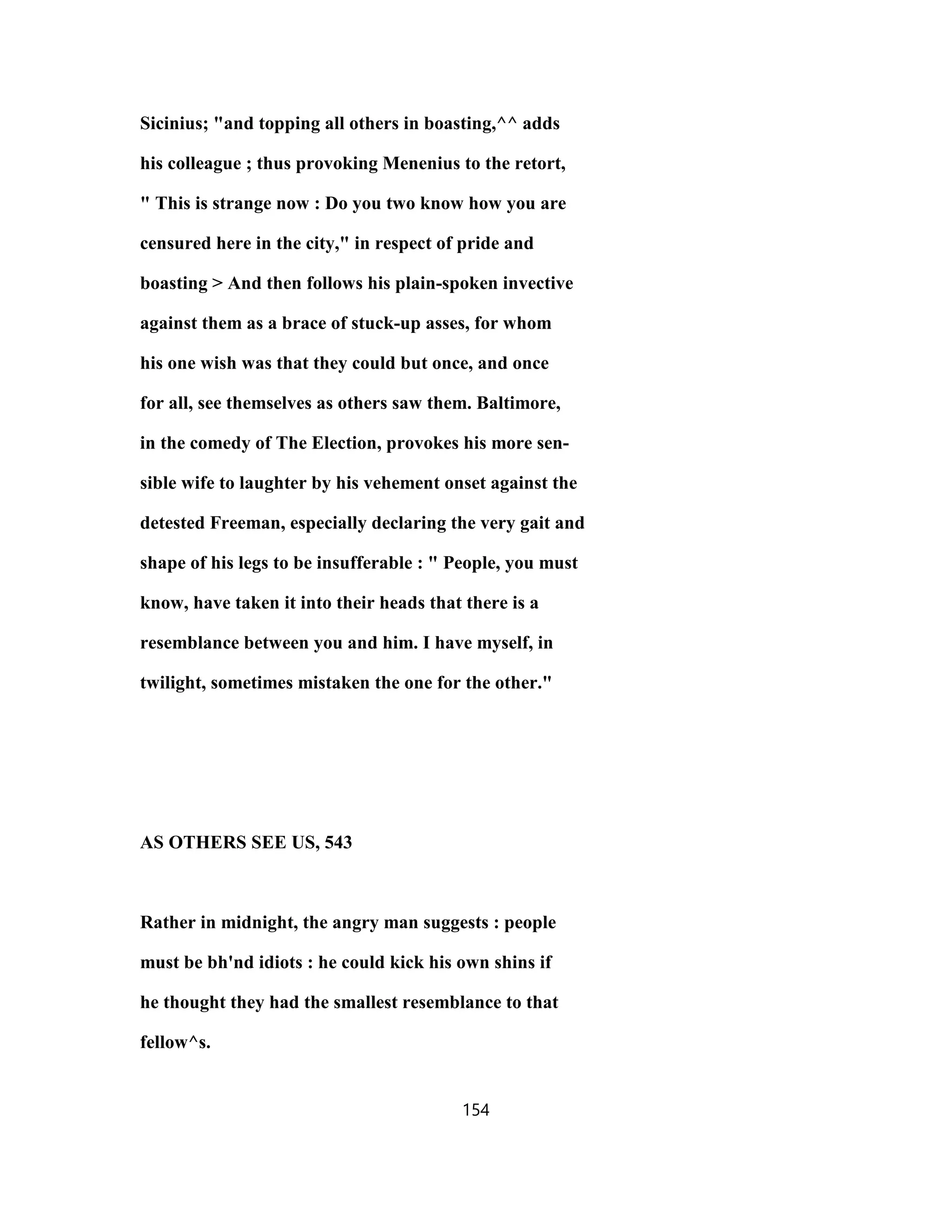
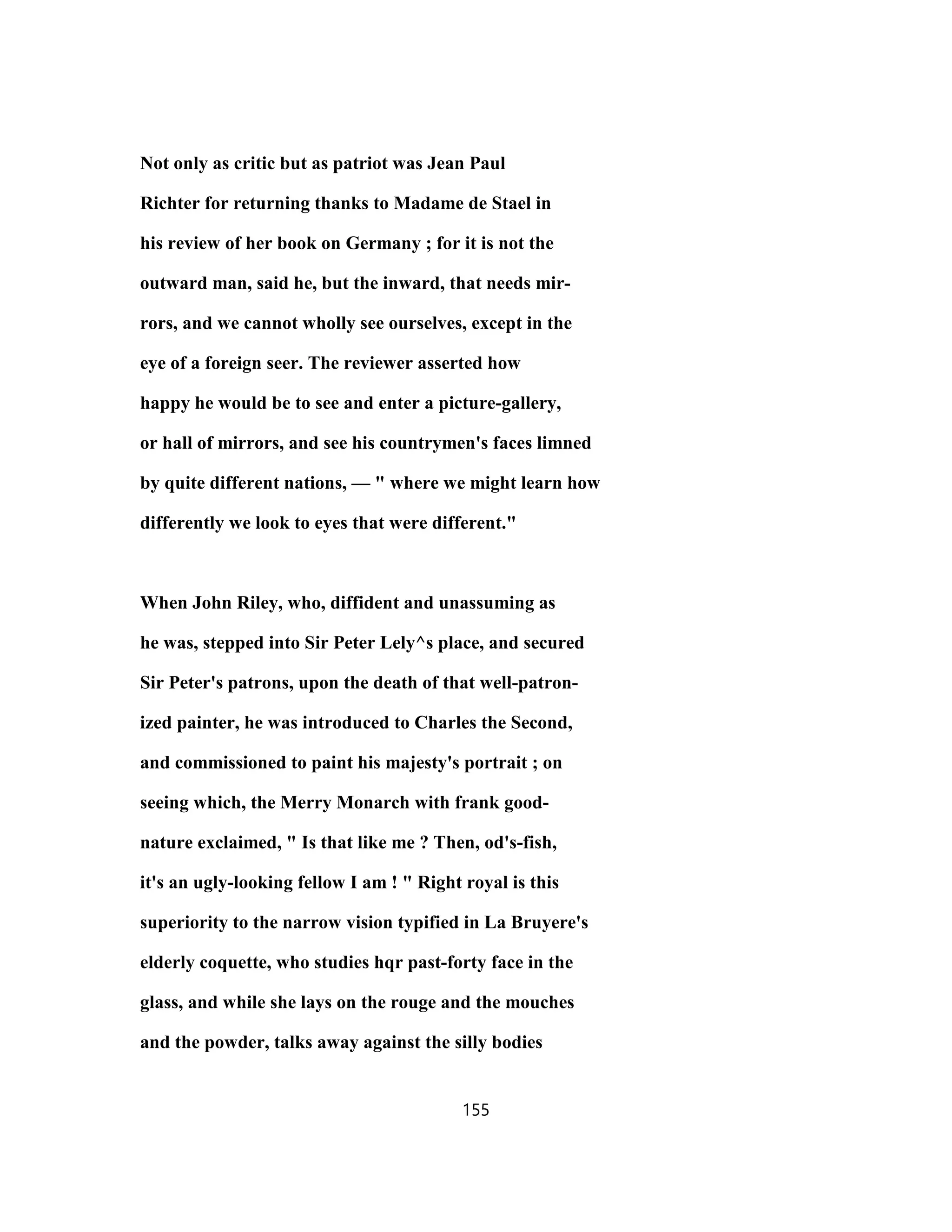
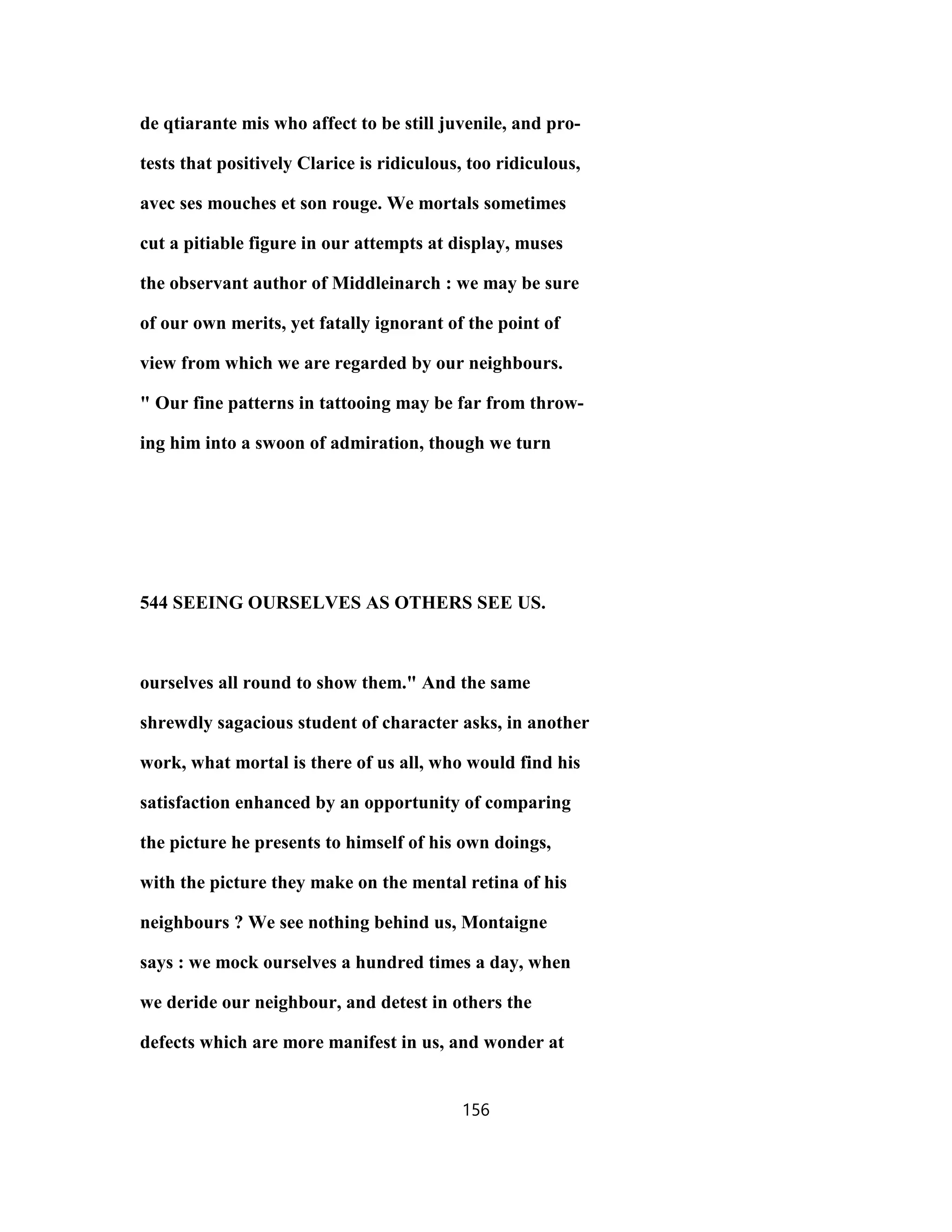
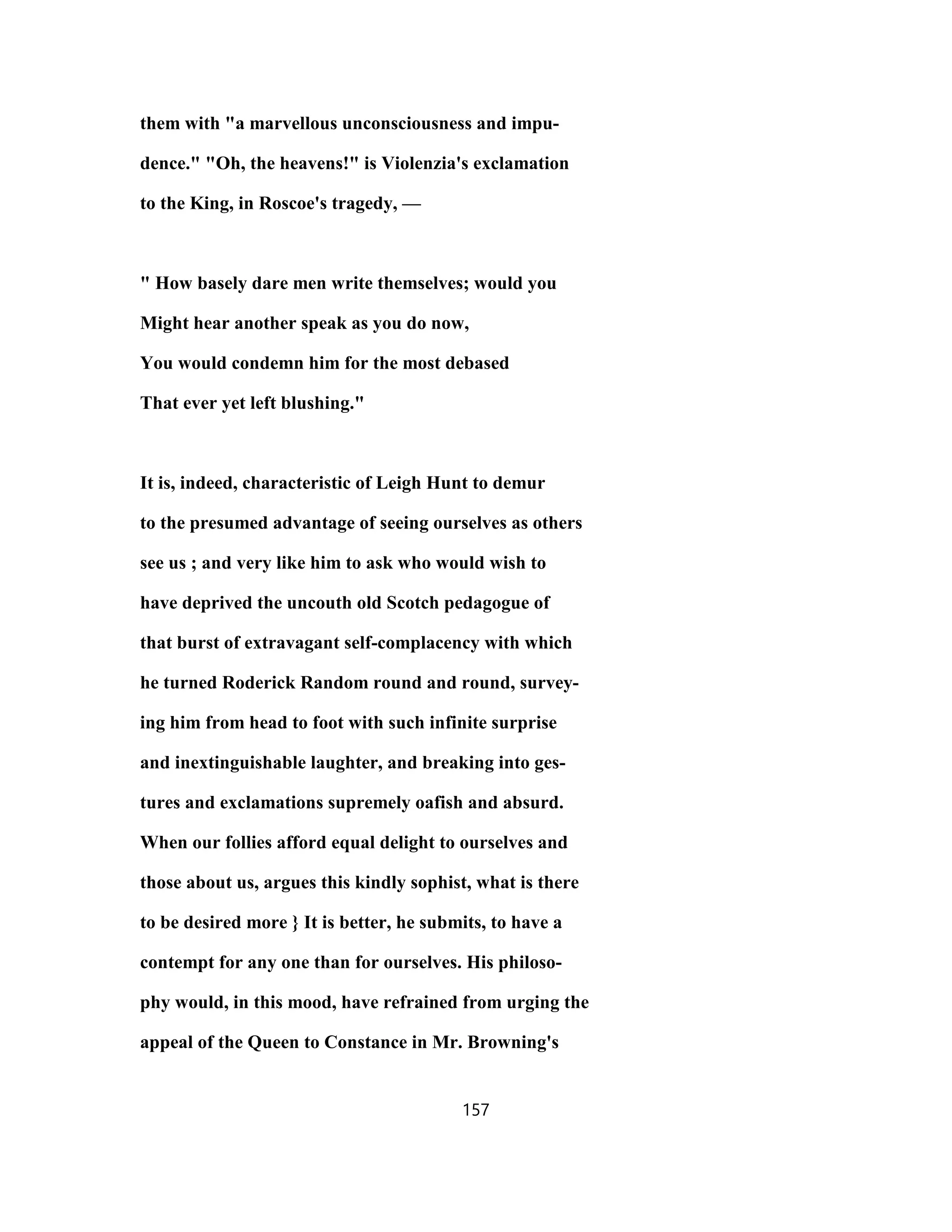
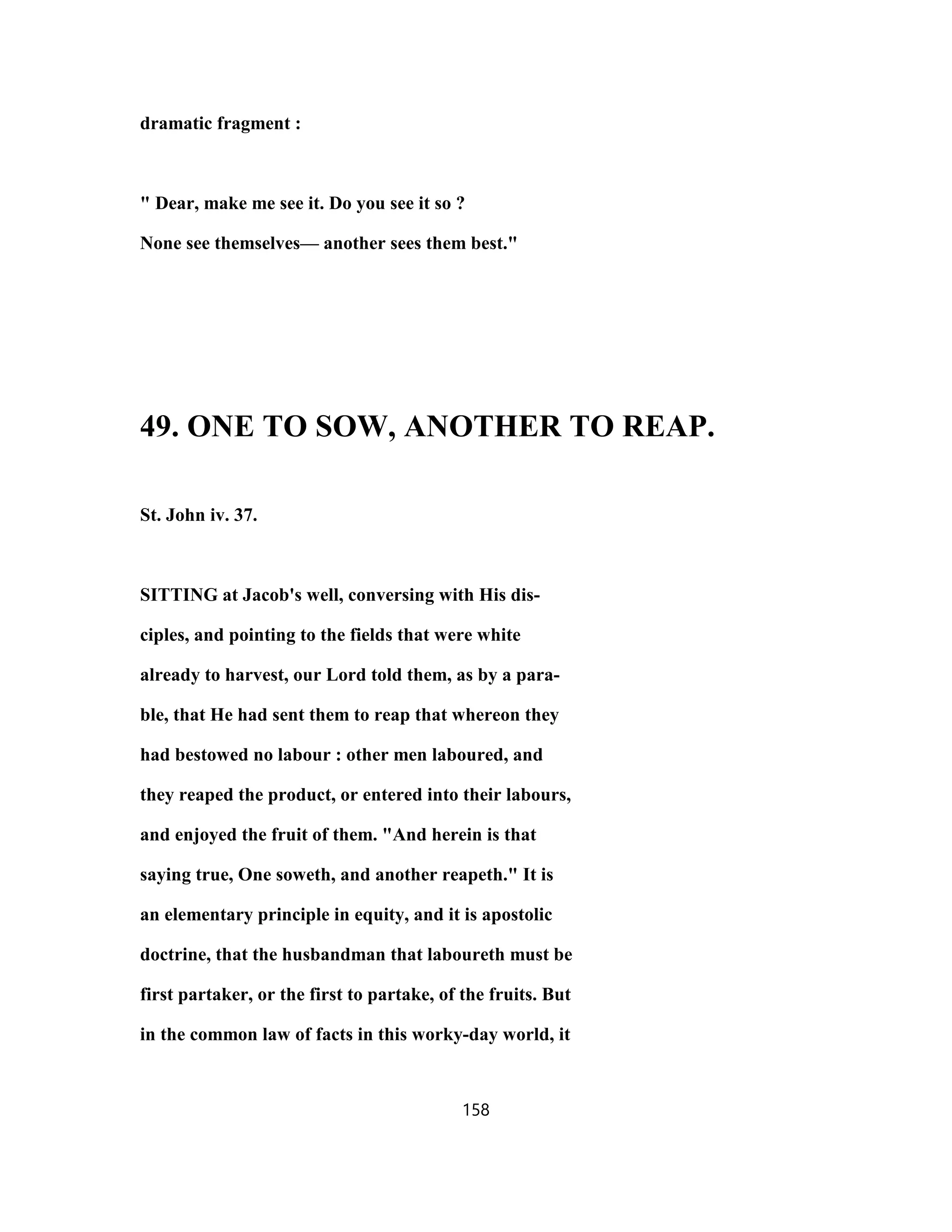
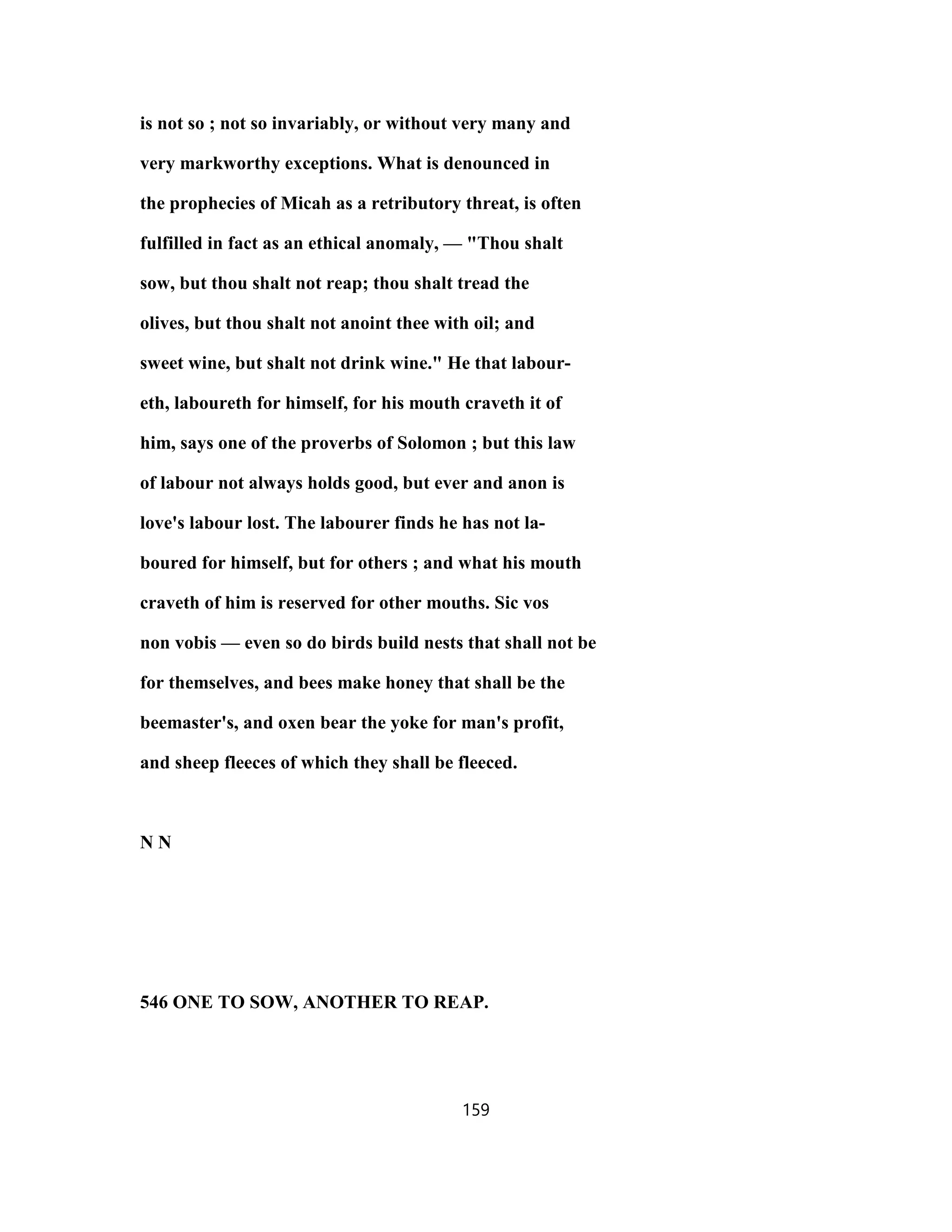
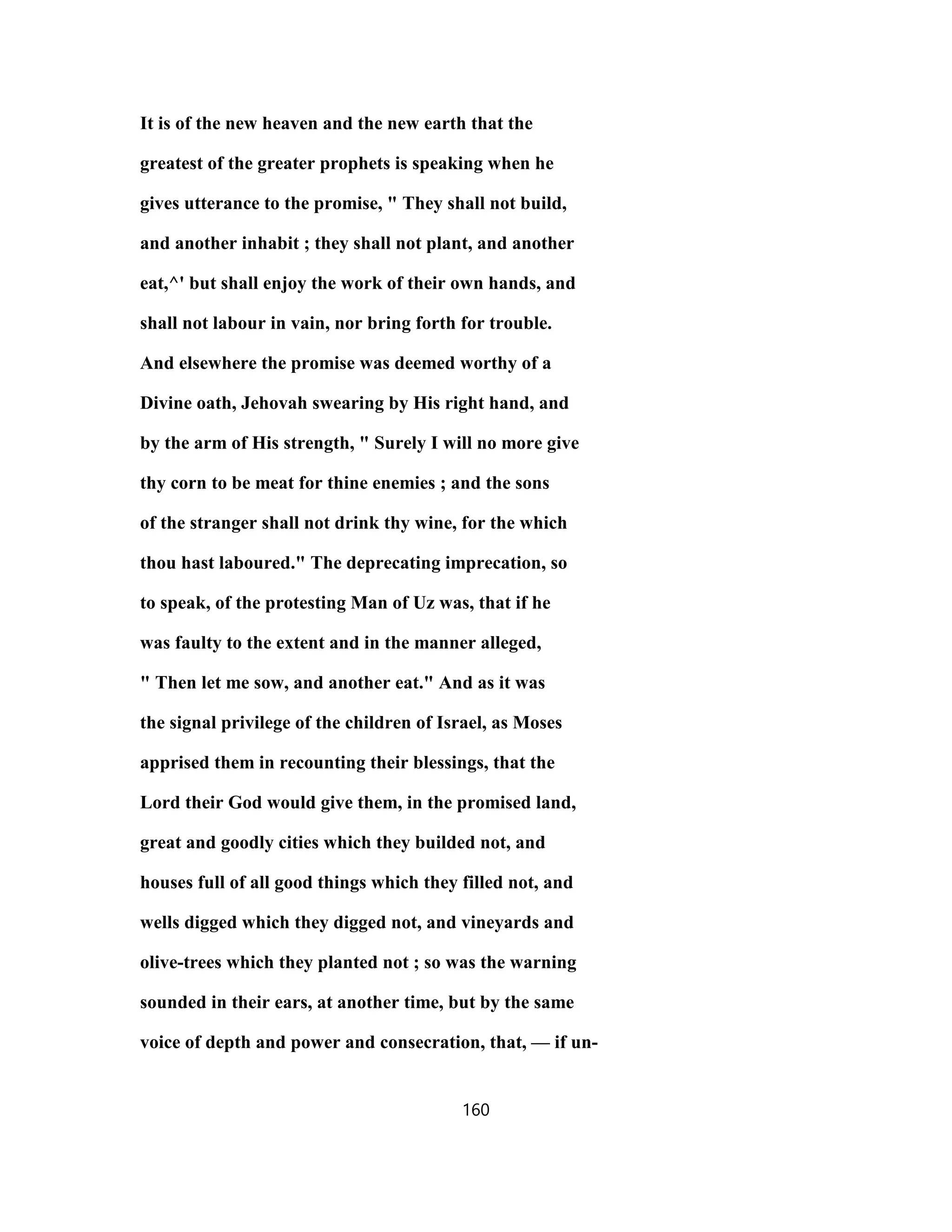
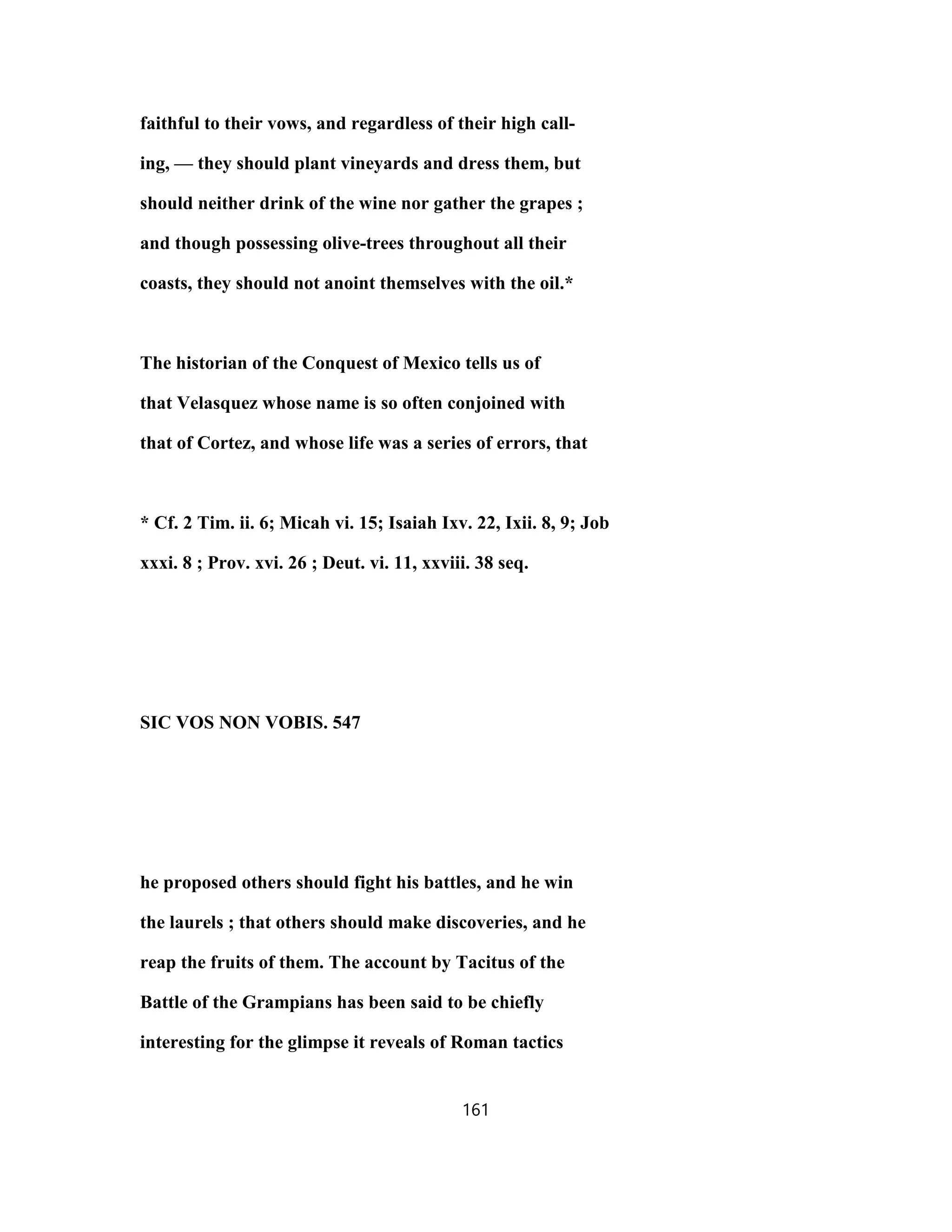
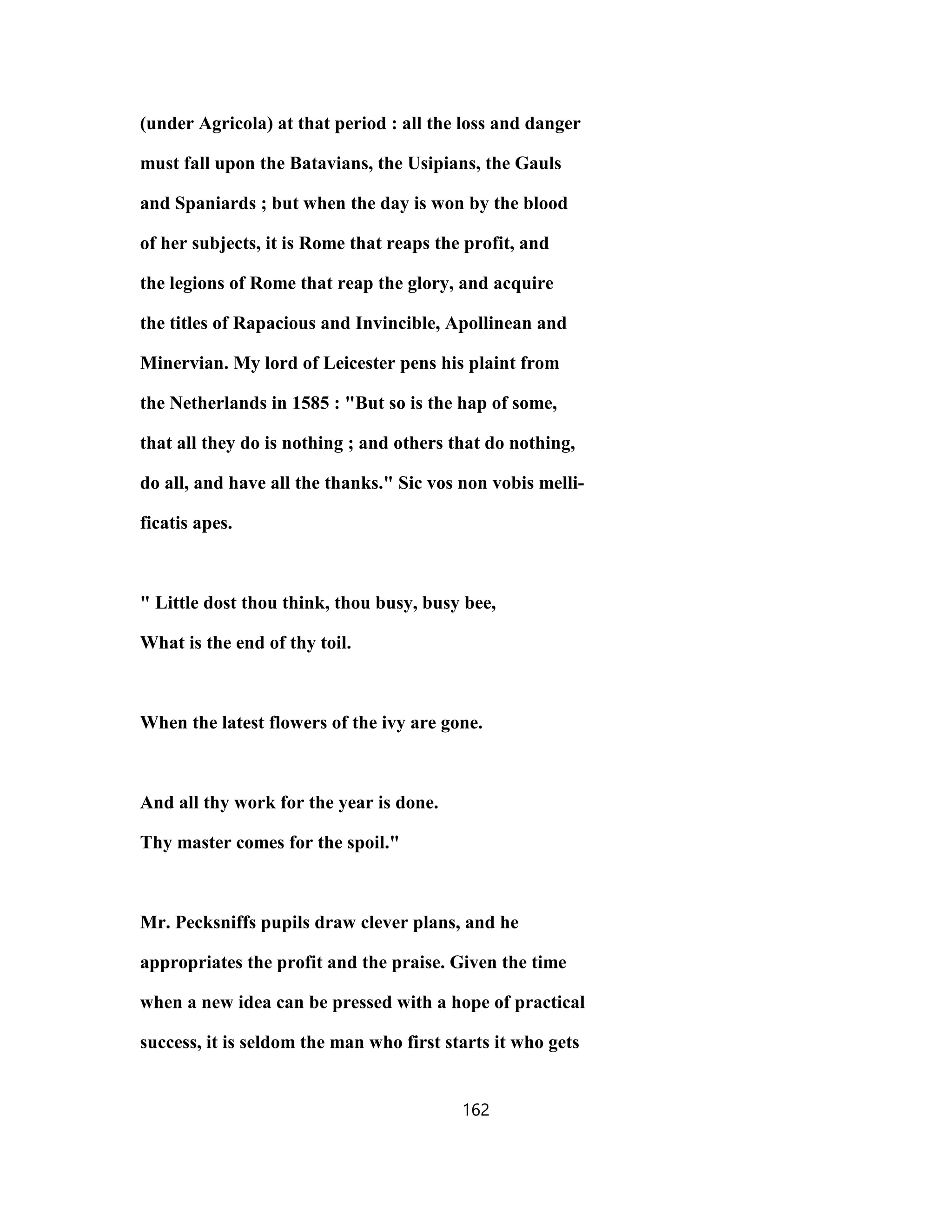
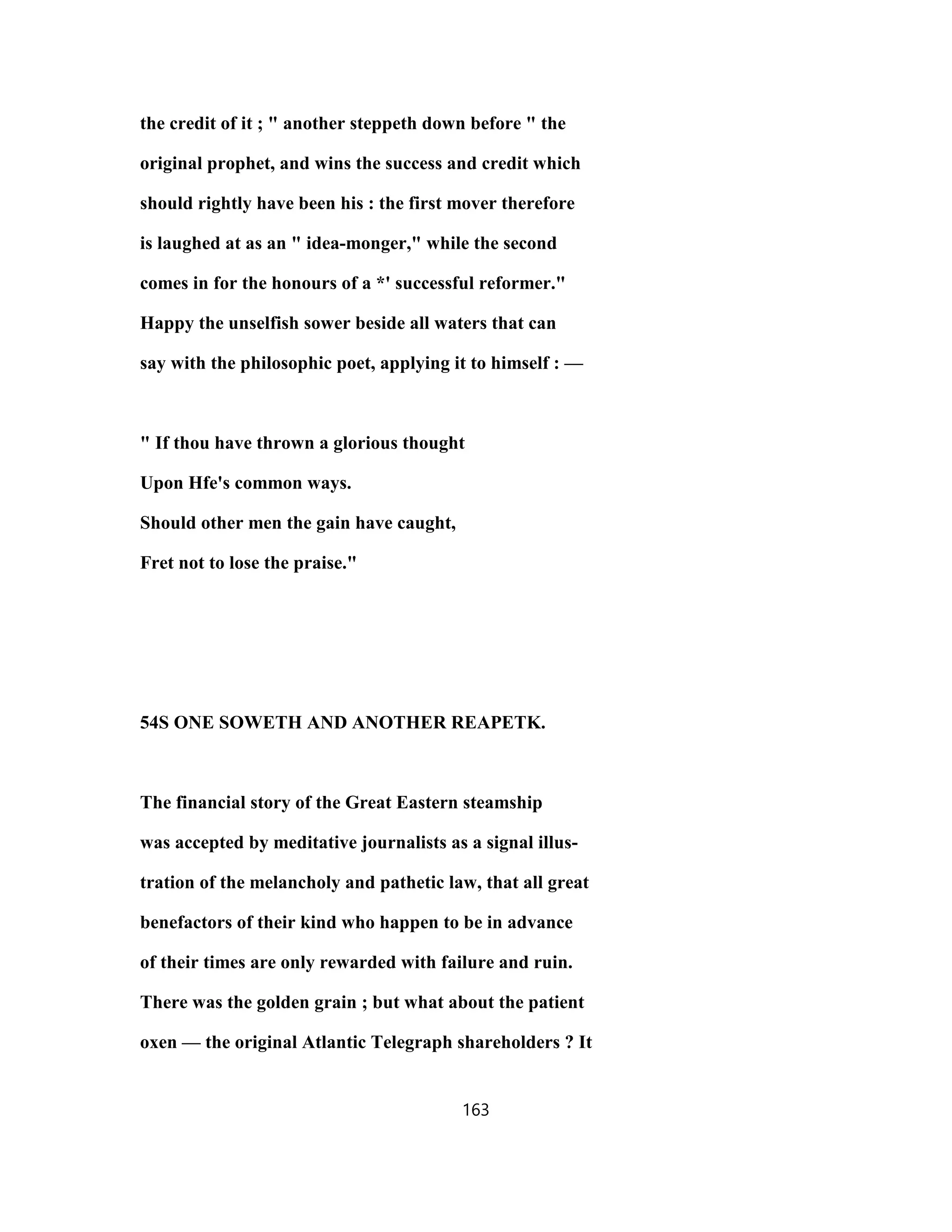
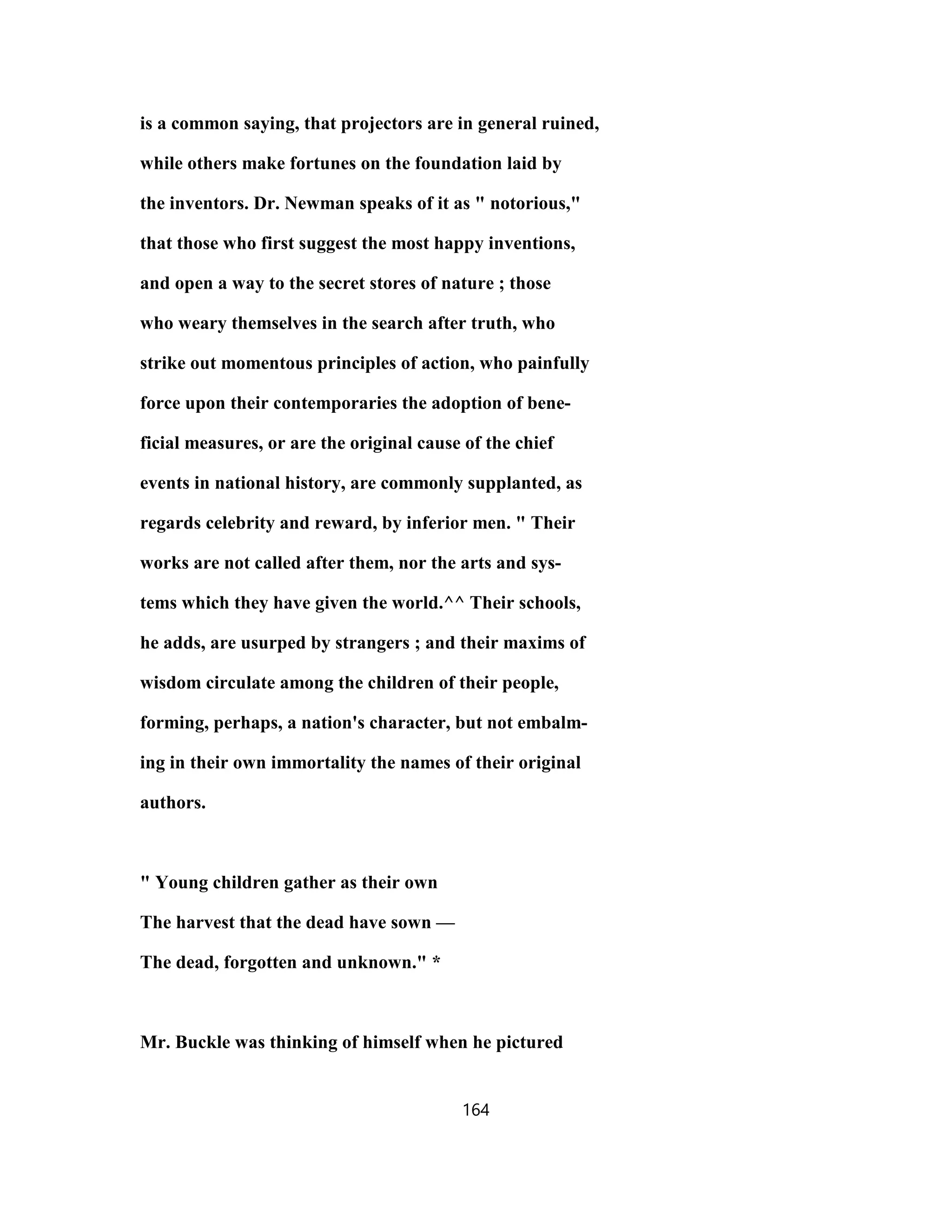
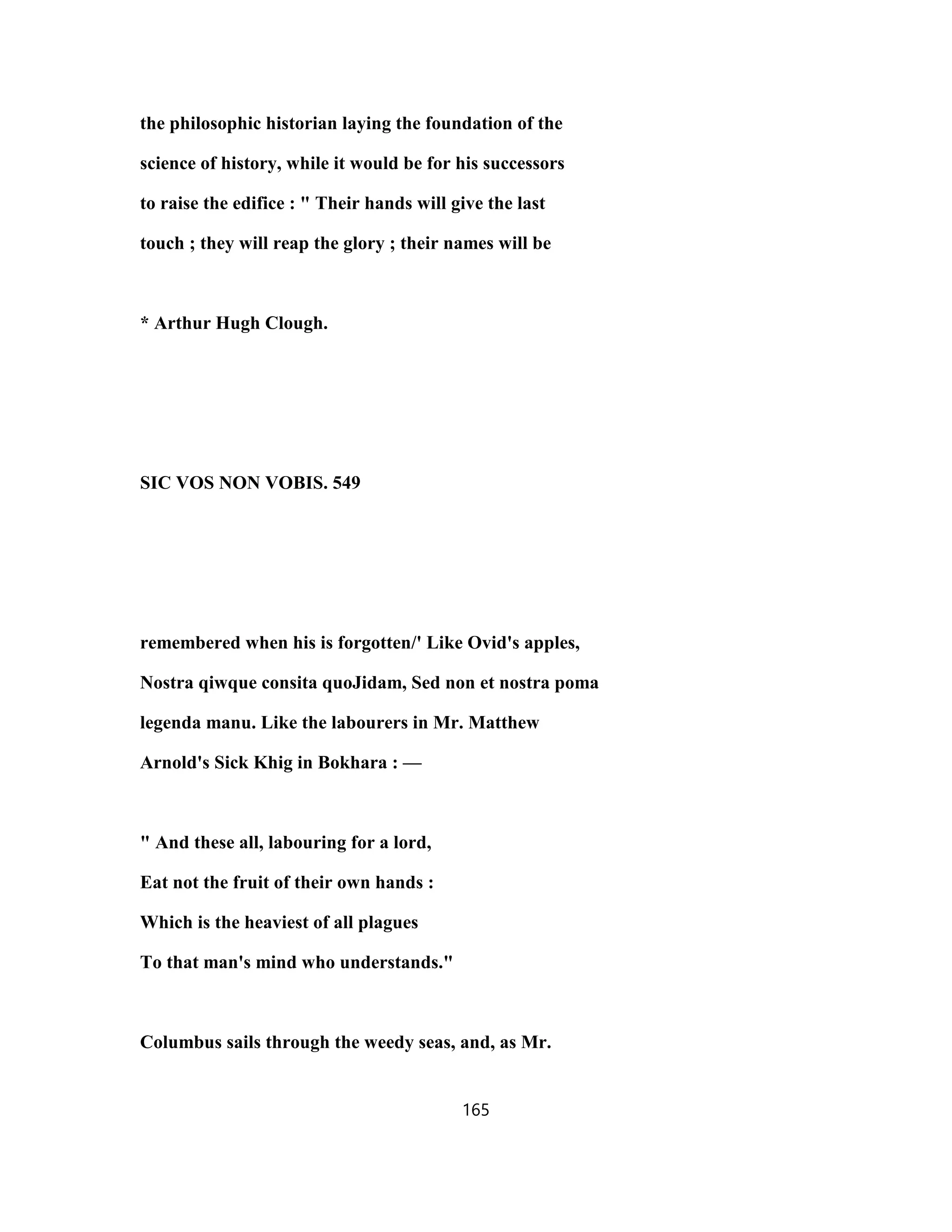
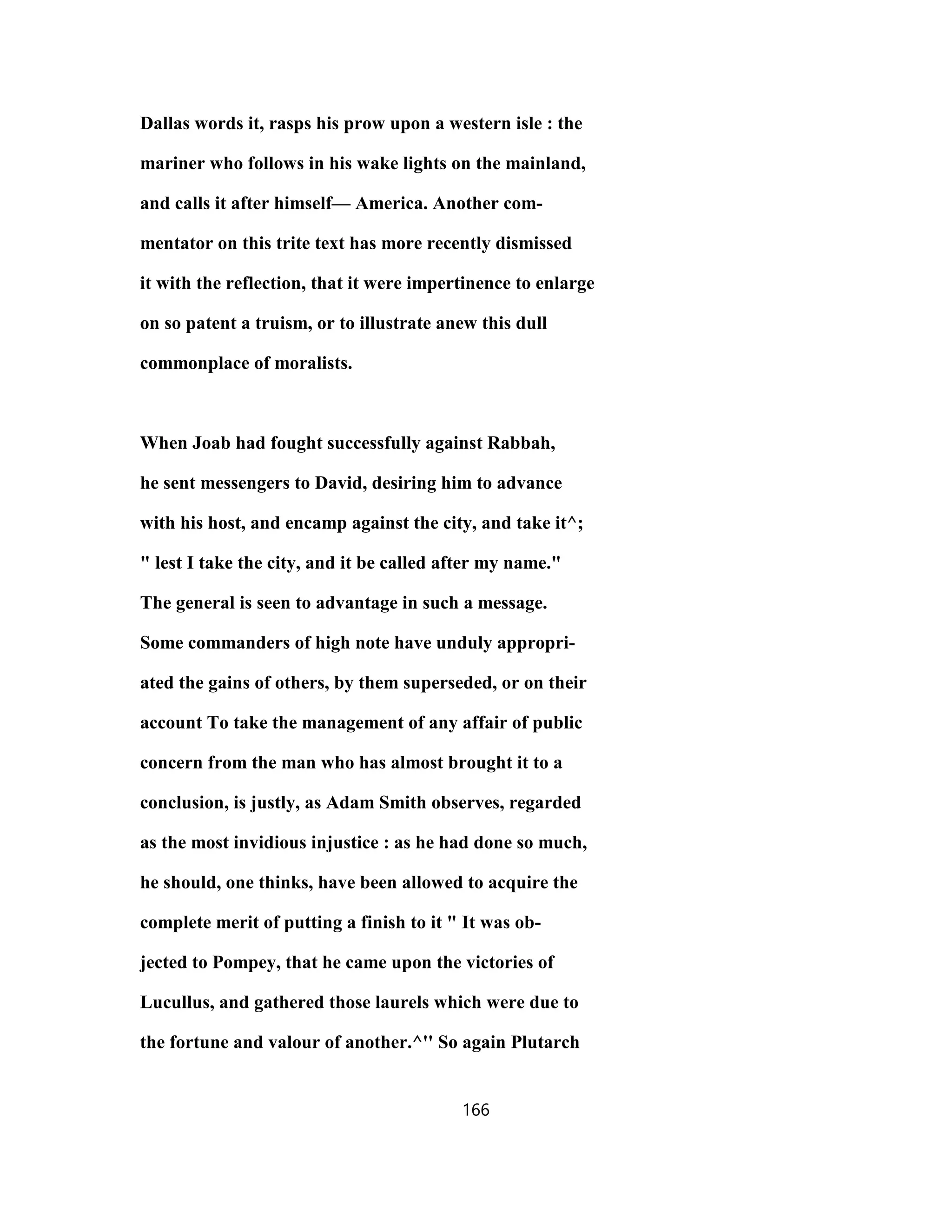
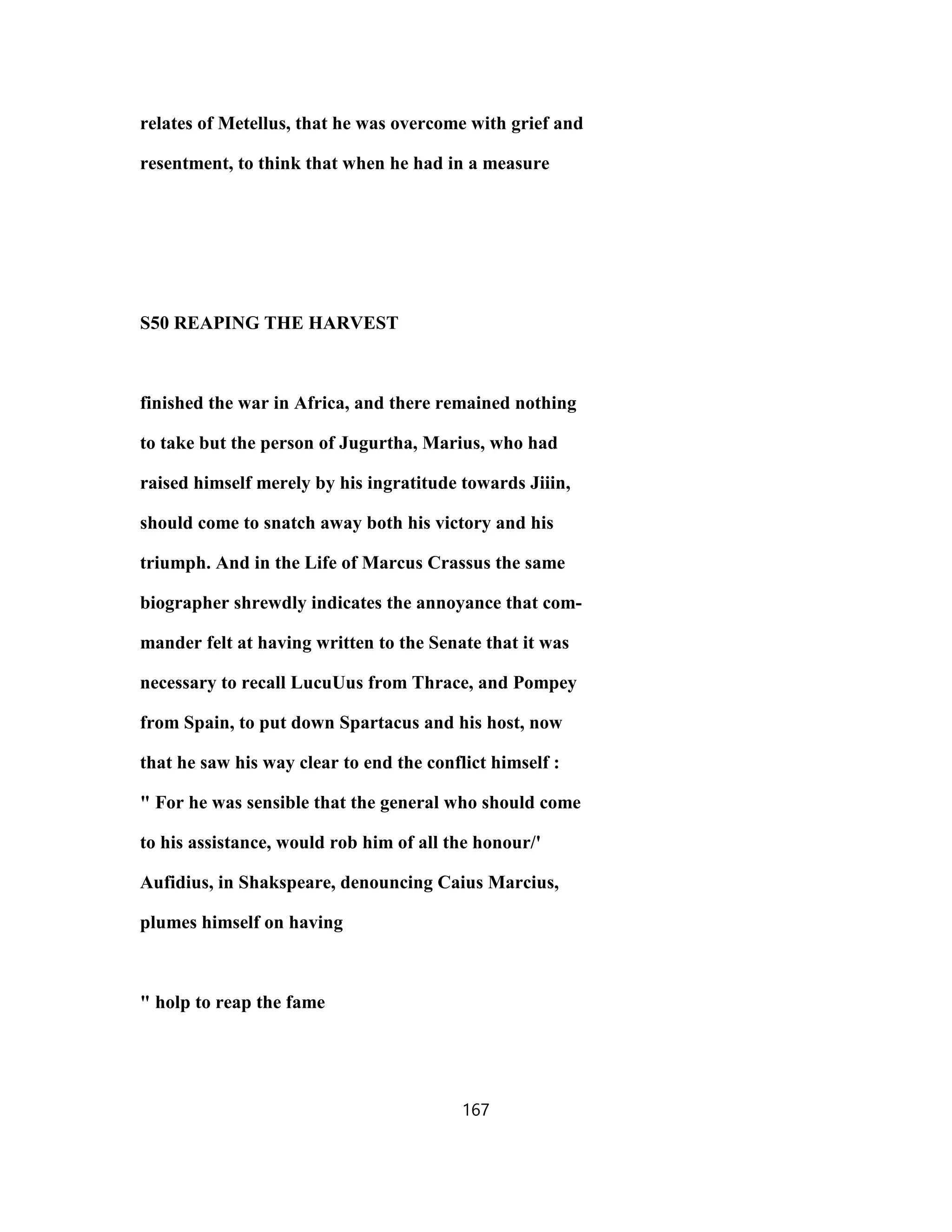
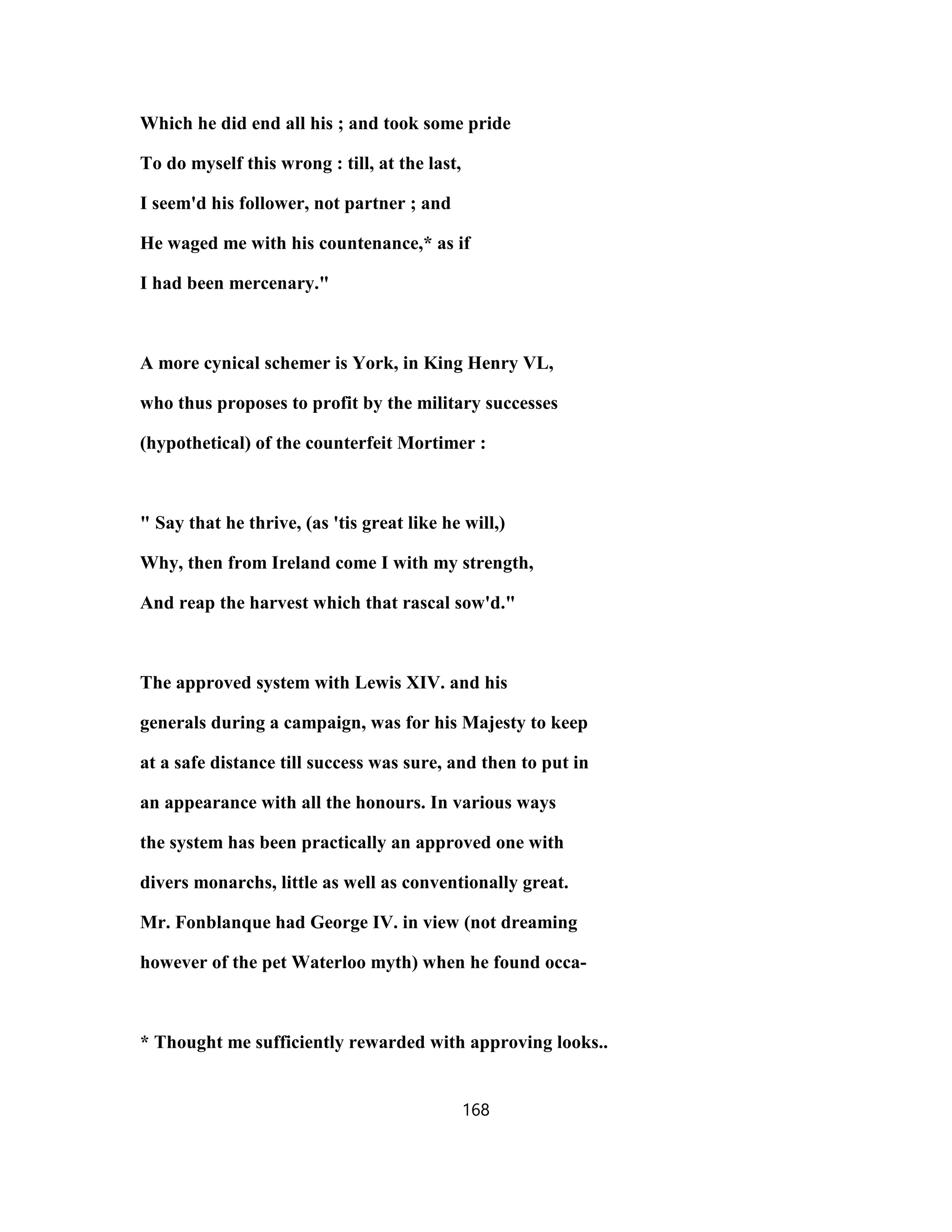
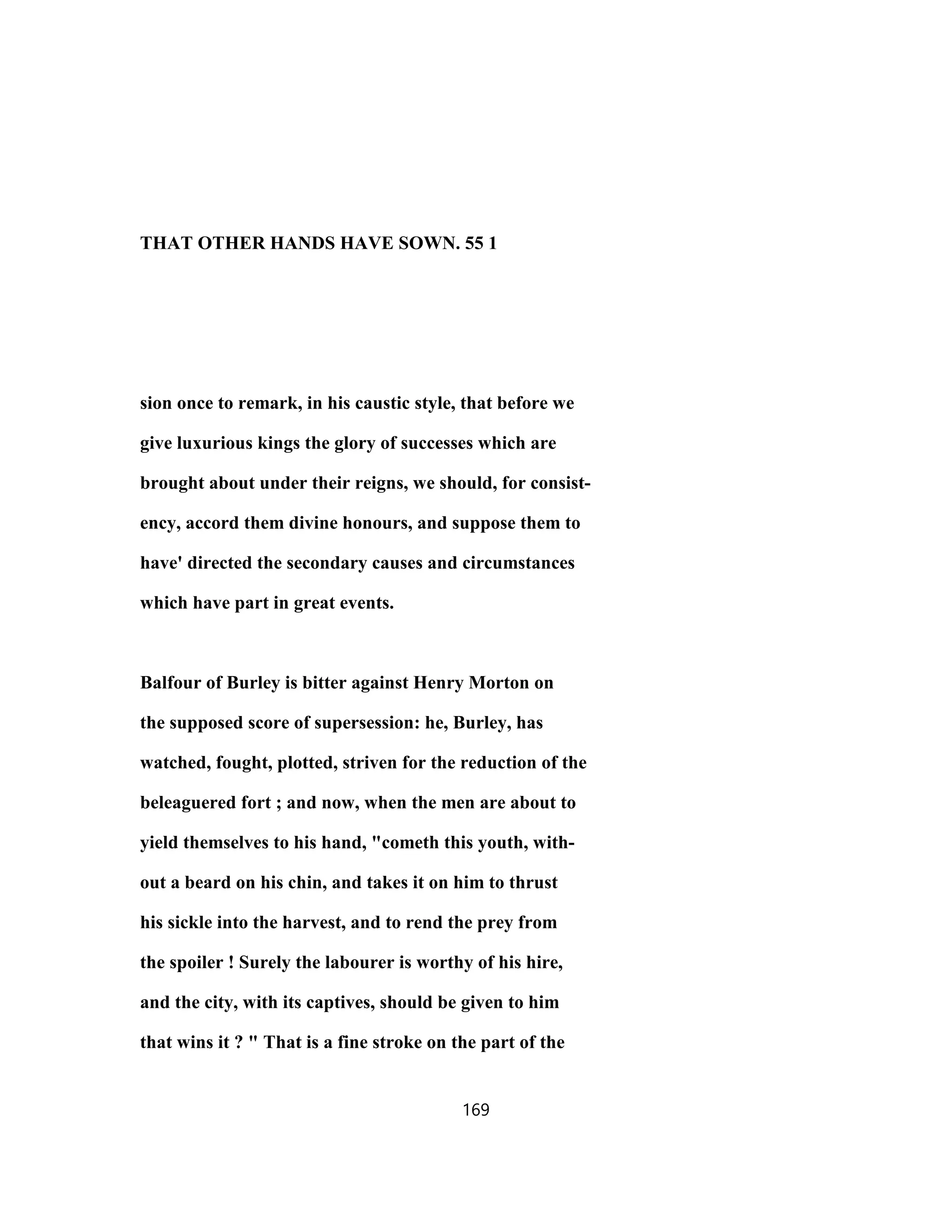
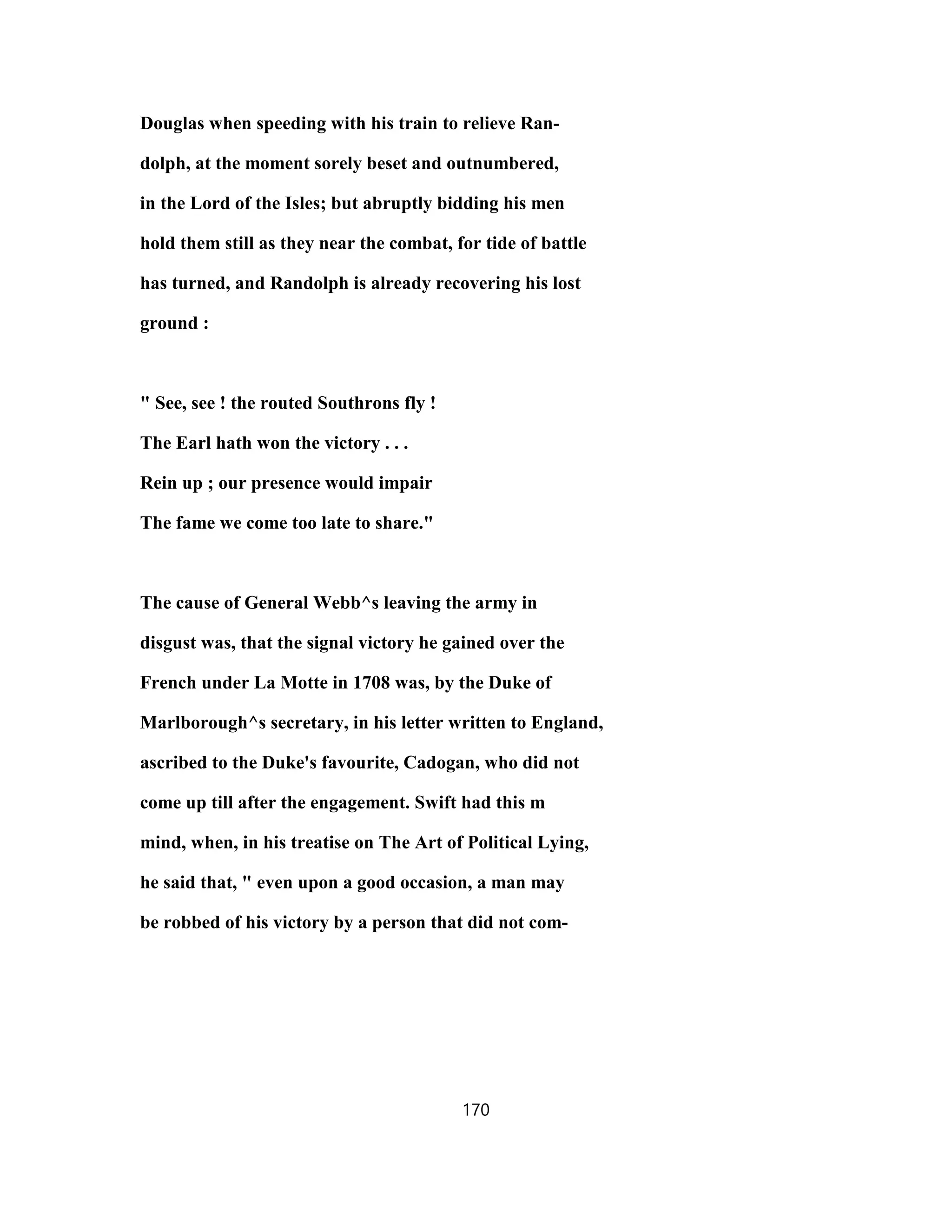
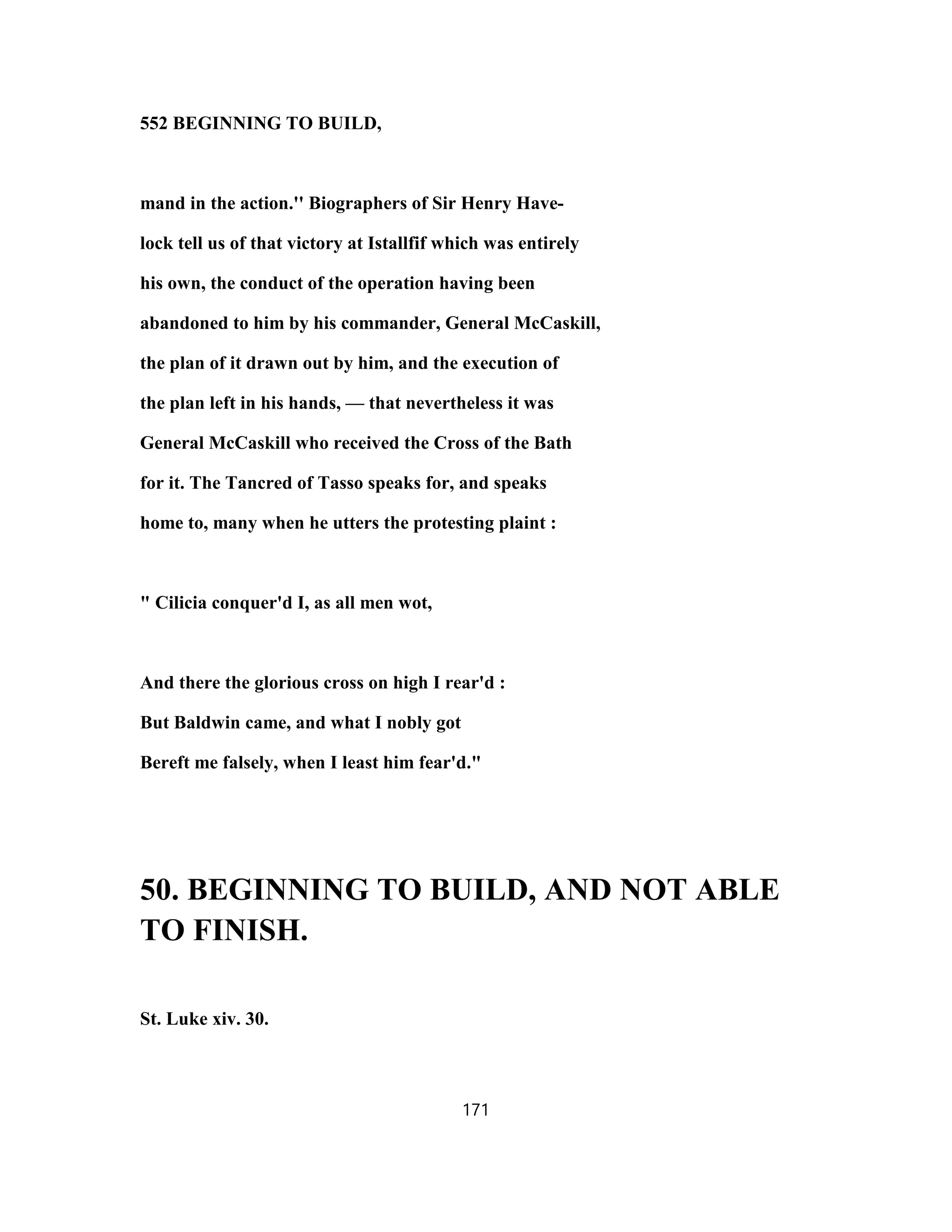
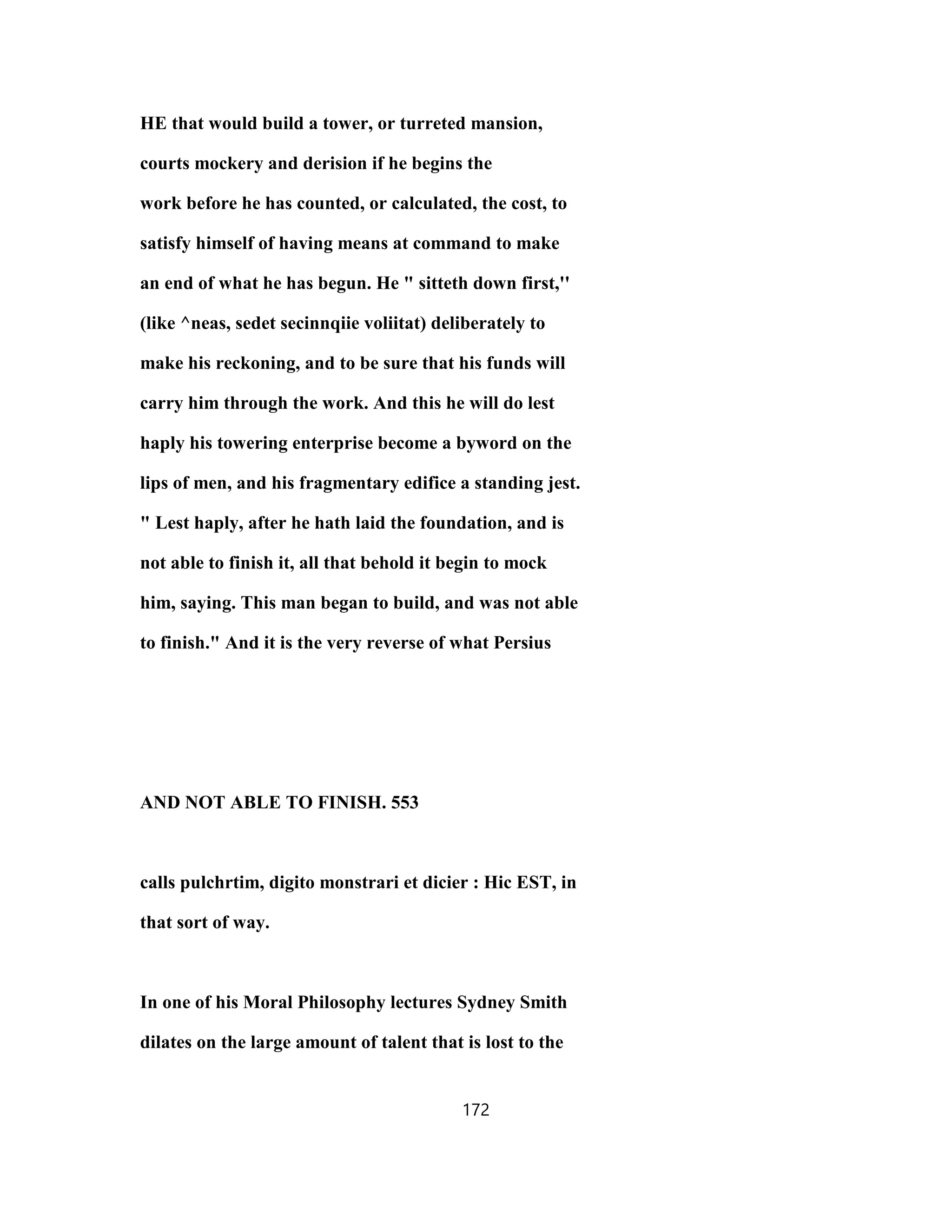
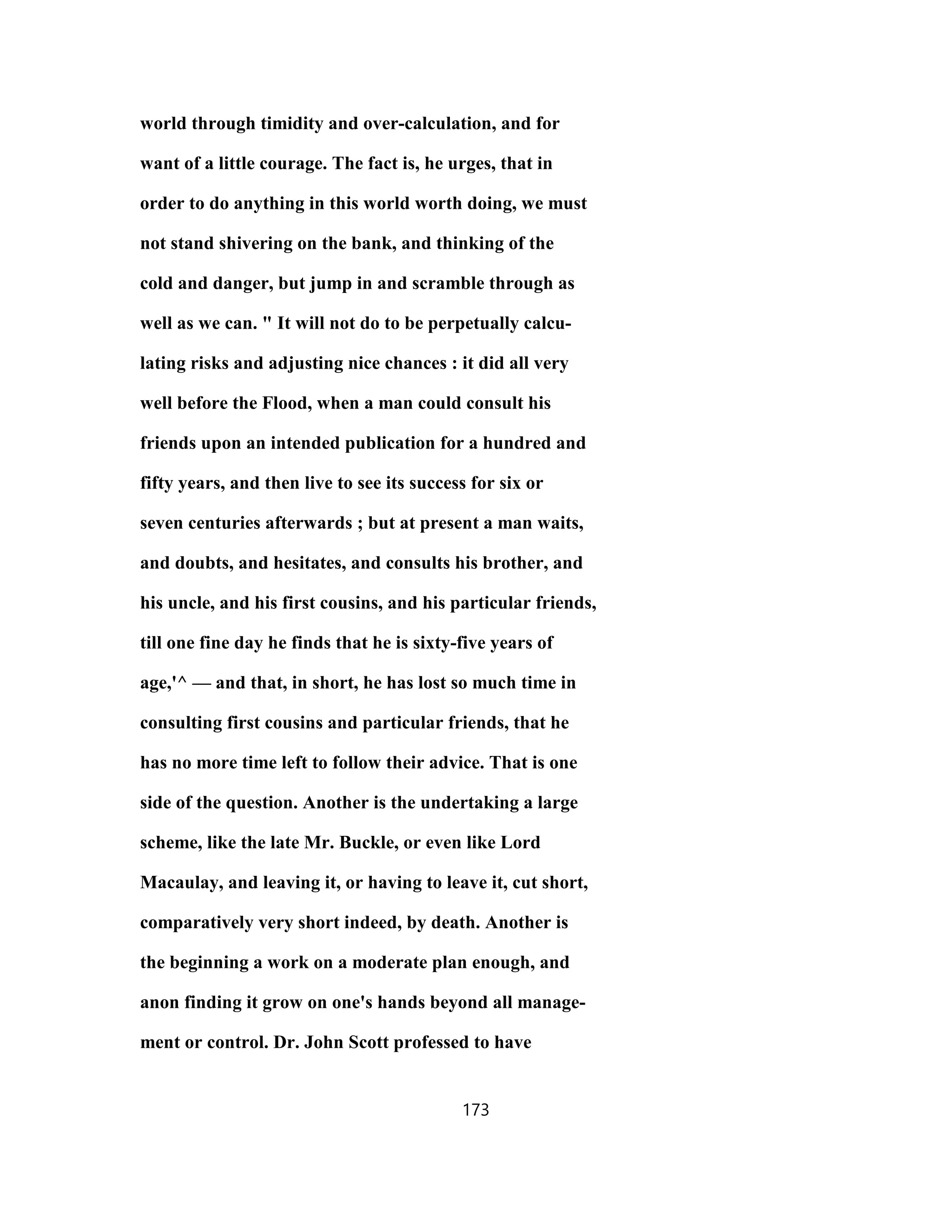
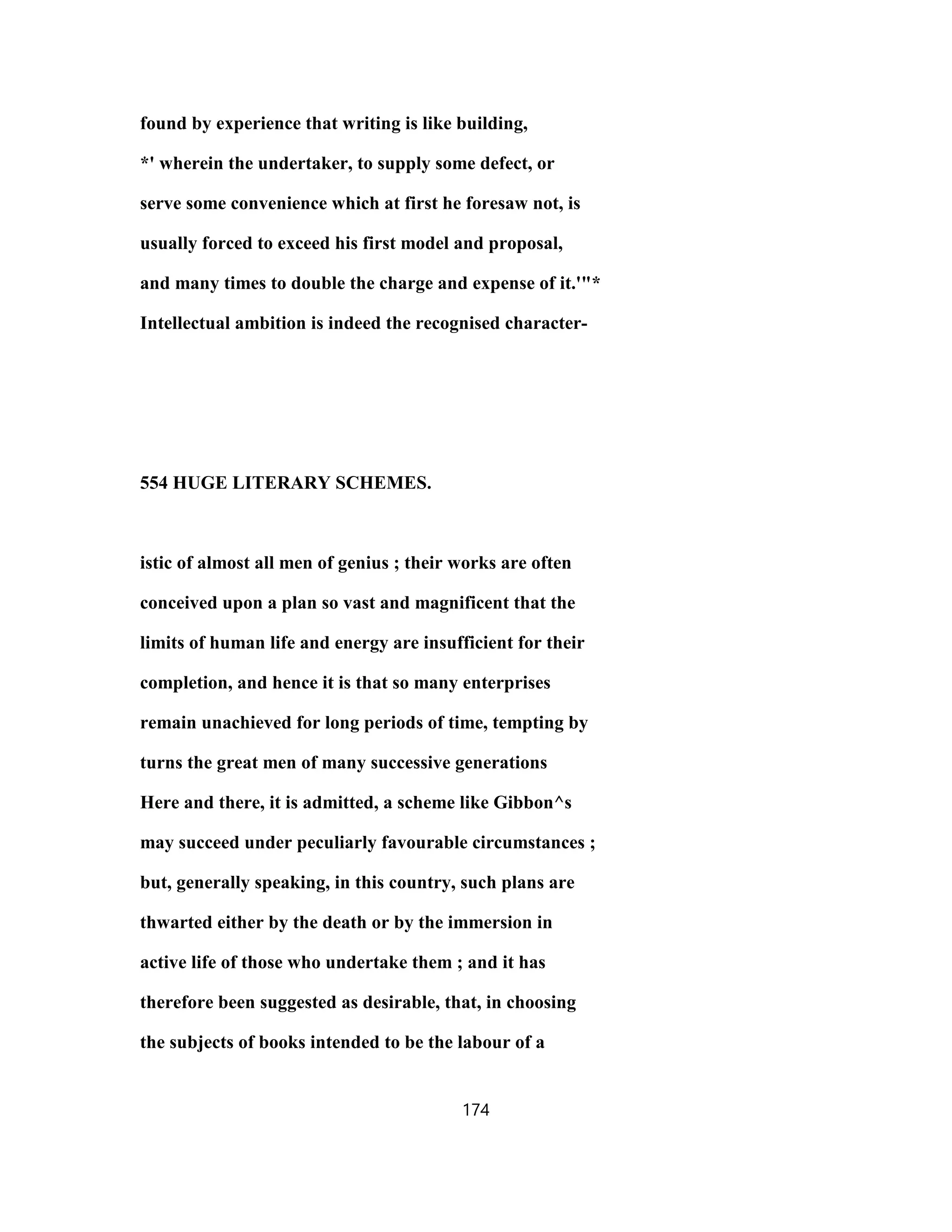
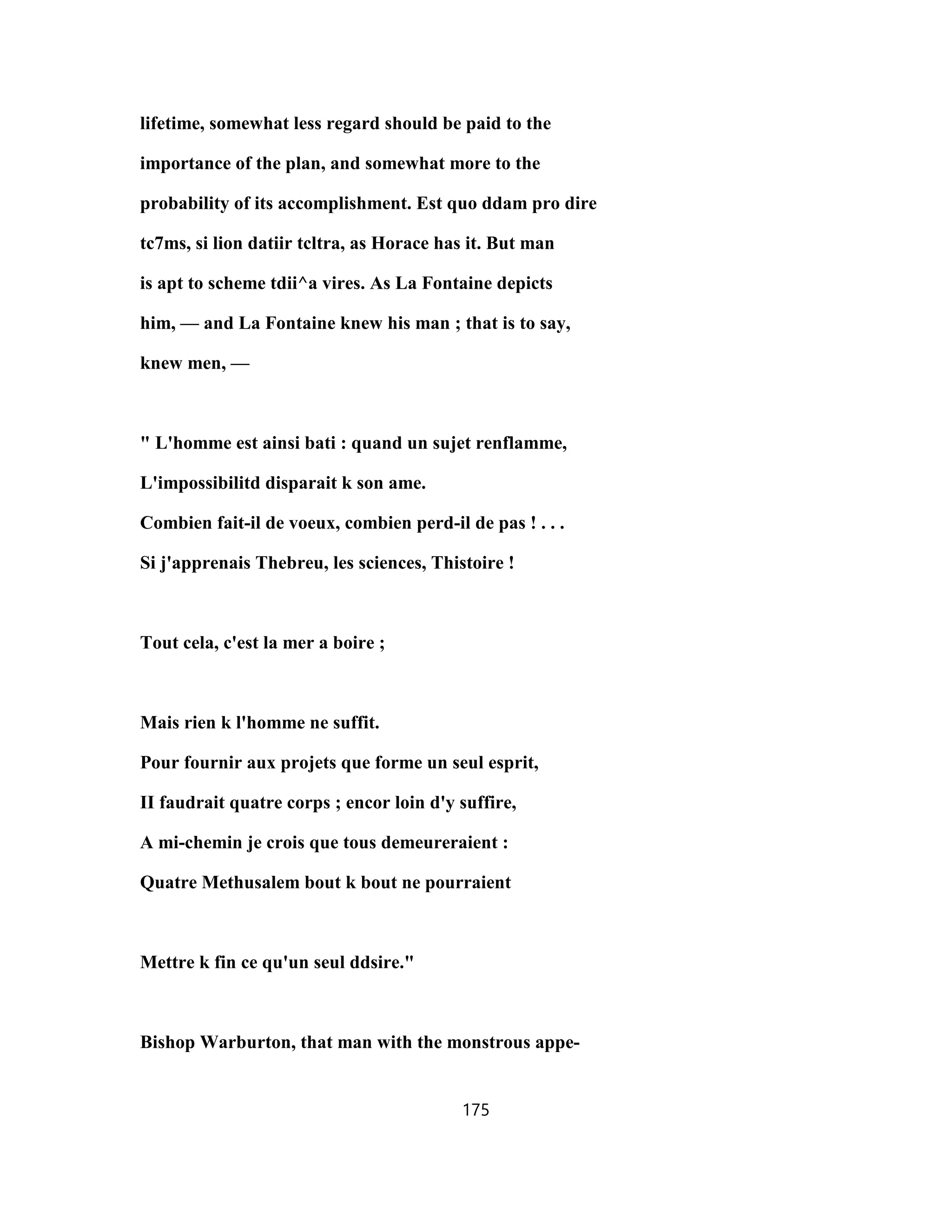
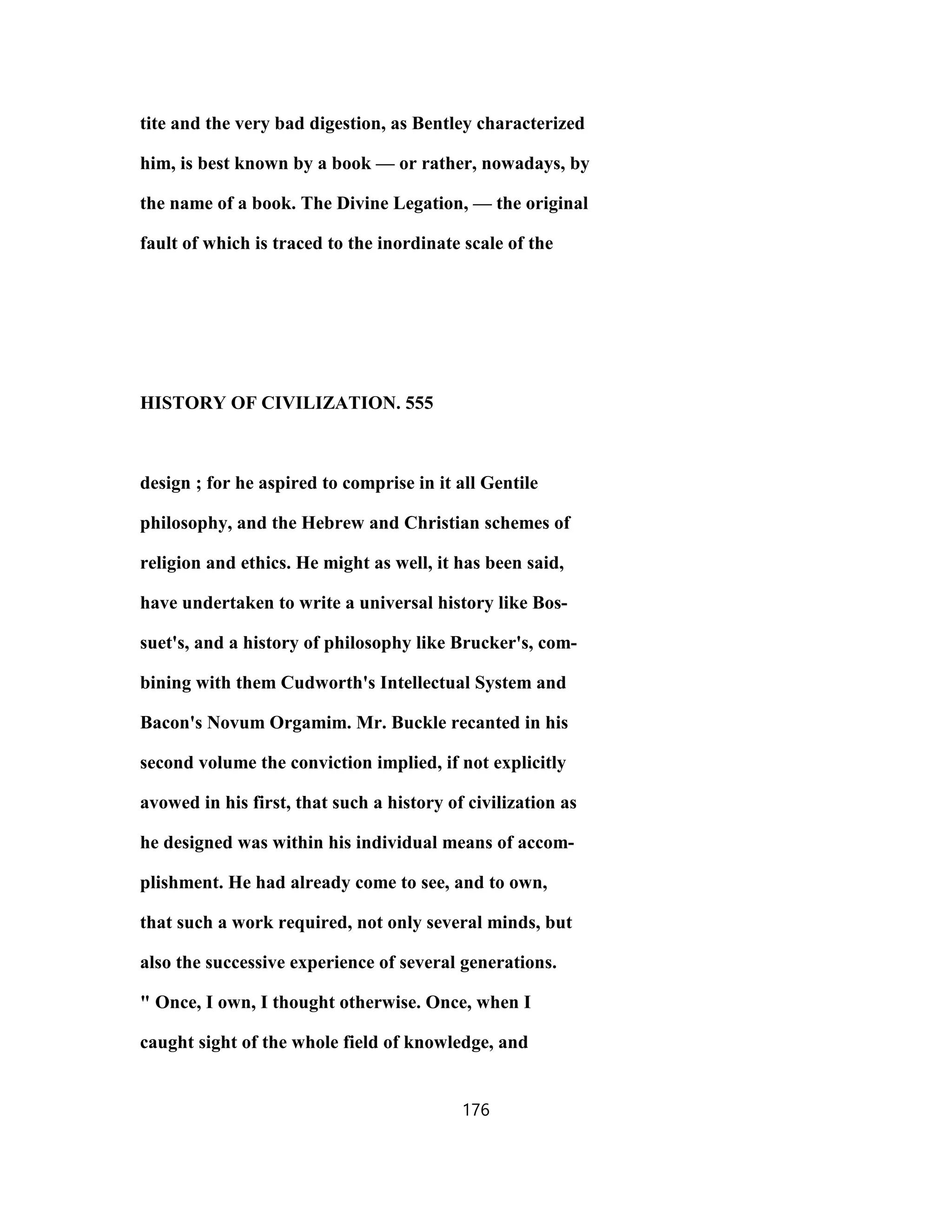
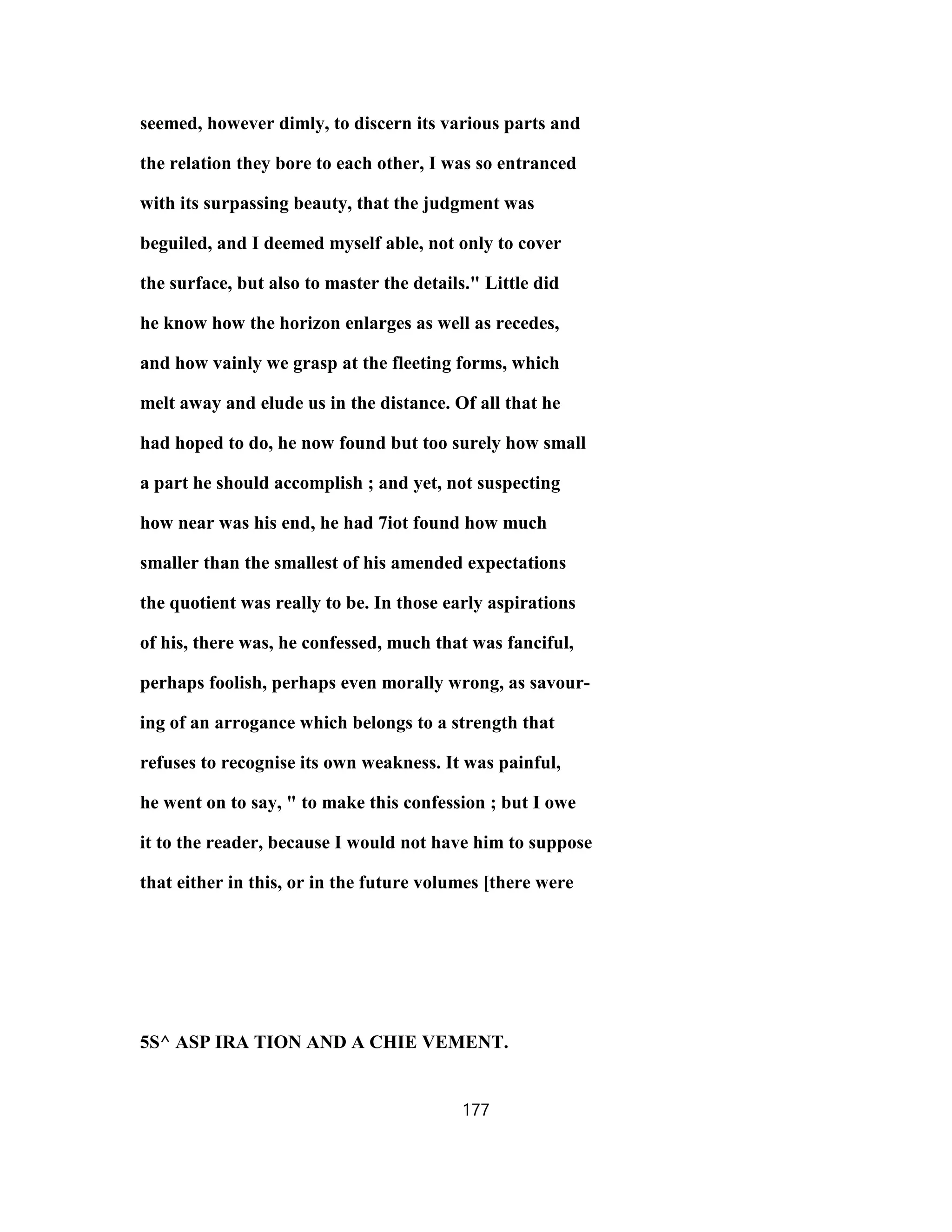
![to be none] of my History, I shall be able to redeem my
pledge, and to perform all that I promised." Something
he hoped to achieve ; but it would be only a fragment of
his original design. That something it was denied him
to achieve ; and dying, delirious, in a strange land,
" Oh, my book, my book, I shall never finish my book !"
he wailed ; himself so weak, his ruling passion so strong
in death. His scheme reminds us of what Bacon wrote
at thirty-one, in a letter to his uncle Lord Burleigh, " I
have taken all knowledge to be my province." In a like
spirit Vicq d'Azyr answered the cold query of criticism,
PourqiLoi faire taut de choses a la fois ? In a like
spirit Francis Horner set about his System of the Princi-
ples of Philosophical Inquiry— accounting no presump-
tion to be culpable while it only stimulates to great
undertakings ; though admitting that it becomes exces-
sive when there is a ridiculous inadequacy of what is
performed, in contrast with what is attempted. Looking
about for a possible English Muratori, and hoping to
have found one in John Pinkerton, Gibbon disposed of
the objection that the work laid out for him would sur-
178](https://image.slidesharecdn.com/vol-171101104904/75/Vol-4-scripture-proverbs-illustrated-annotated-and-applied-178-2048.jpg)
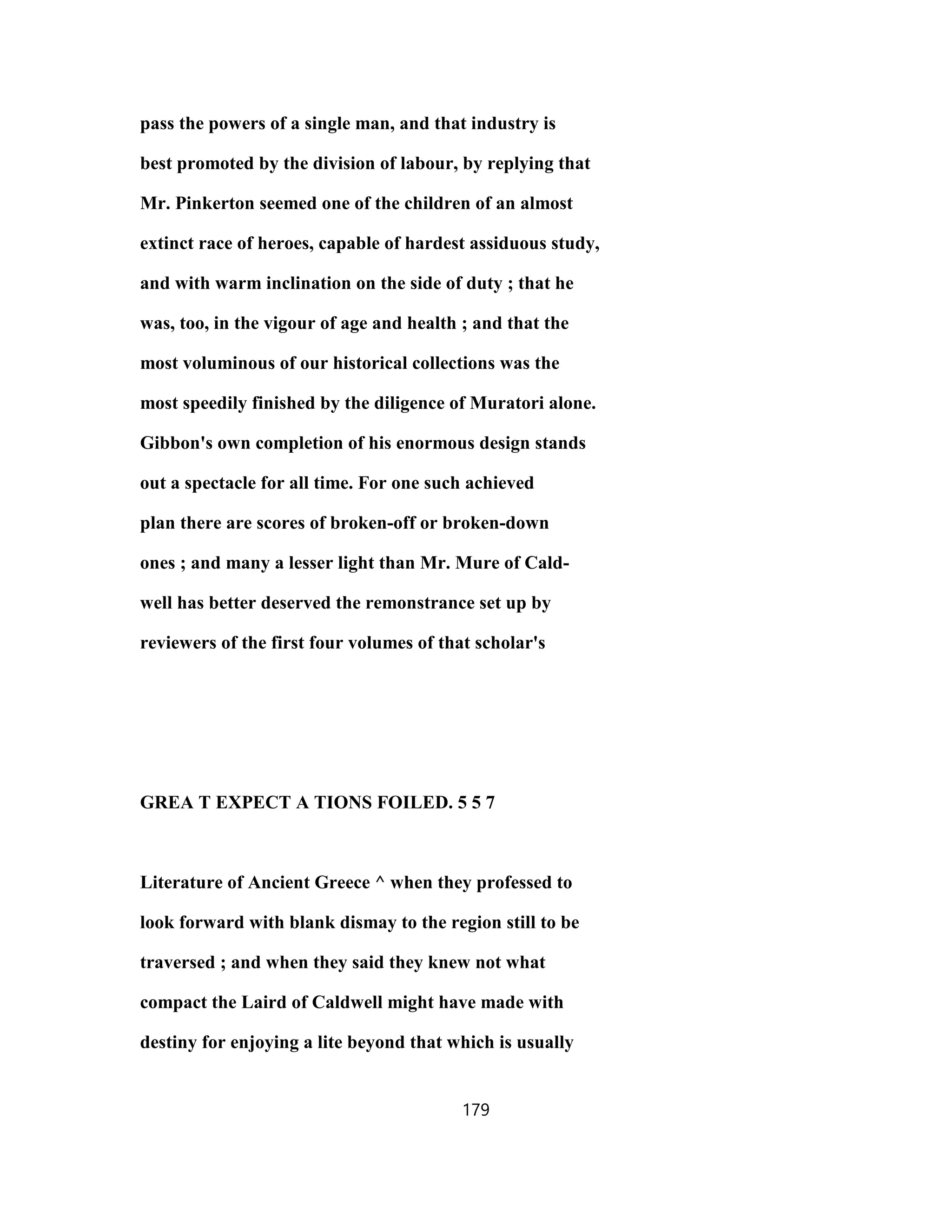
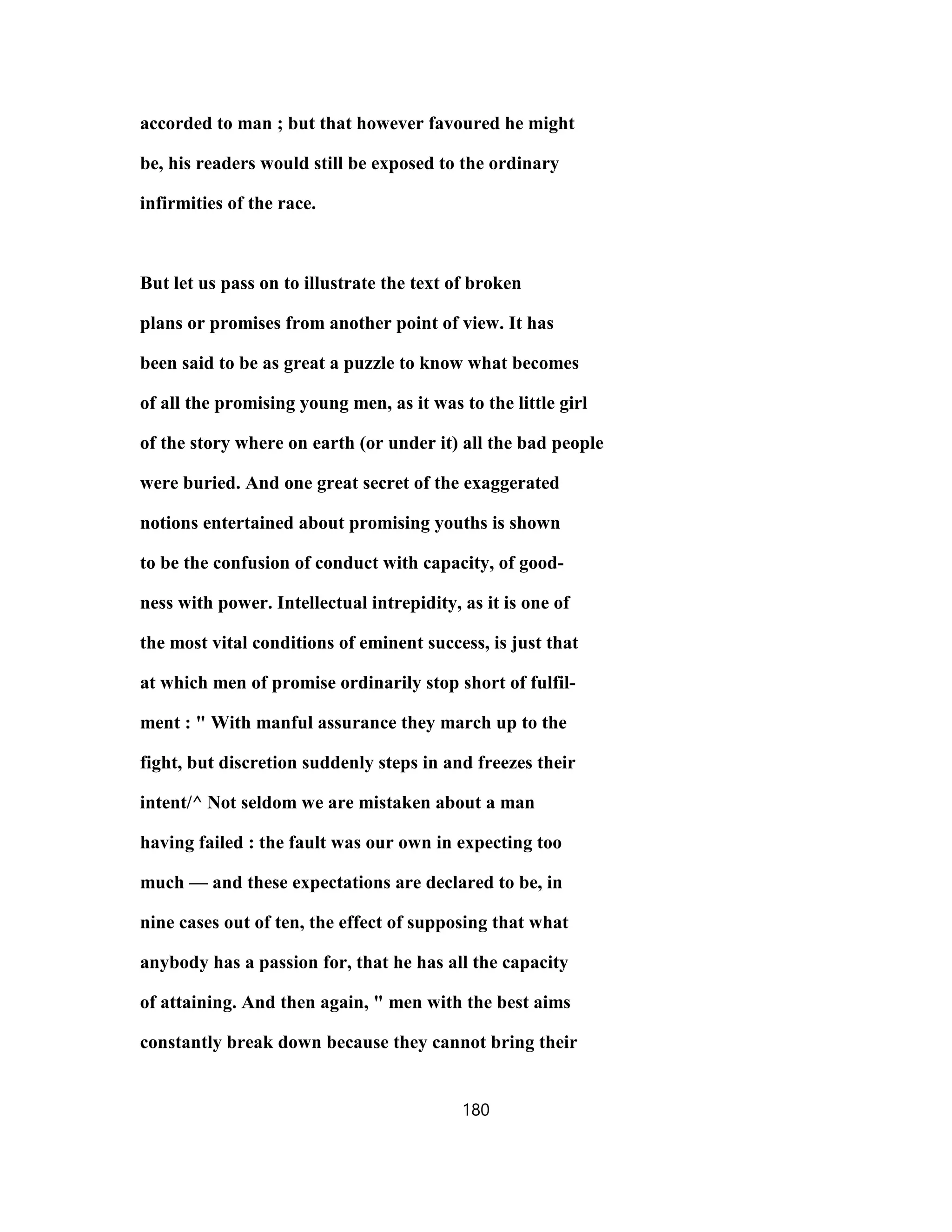
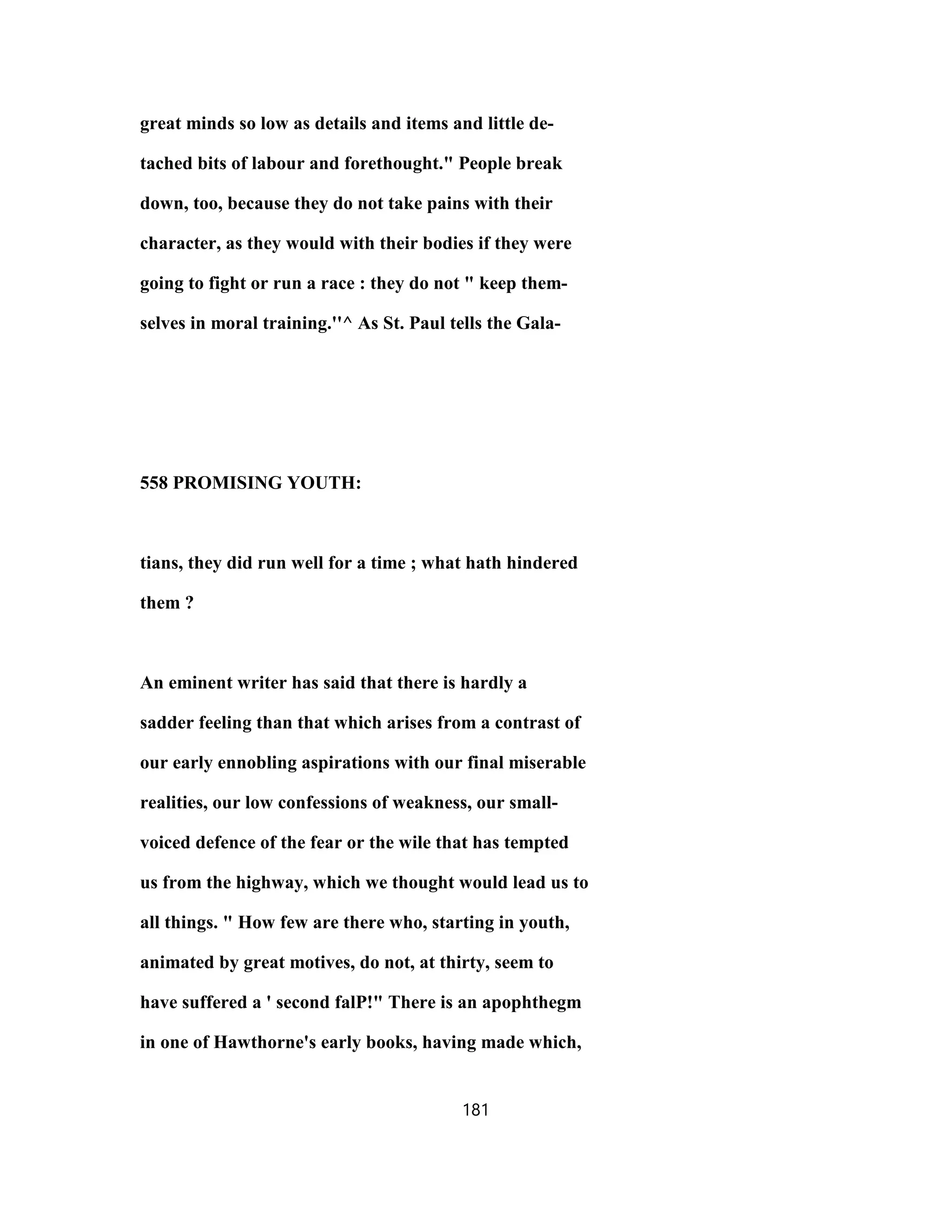
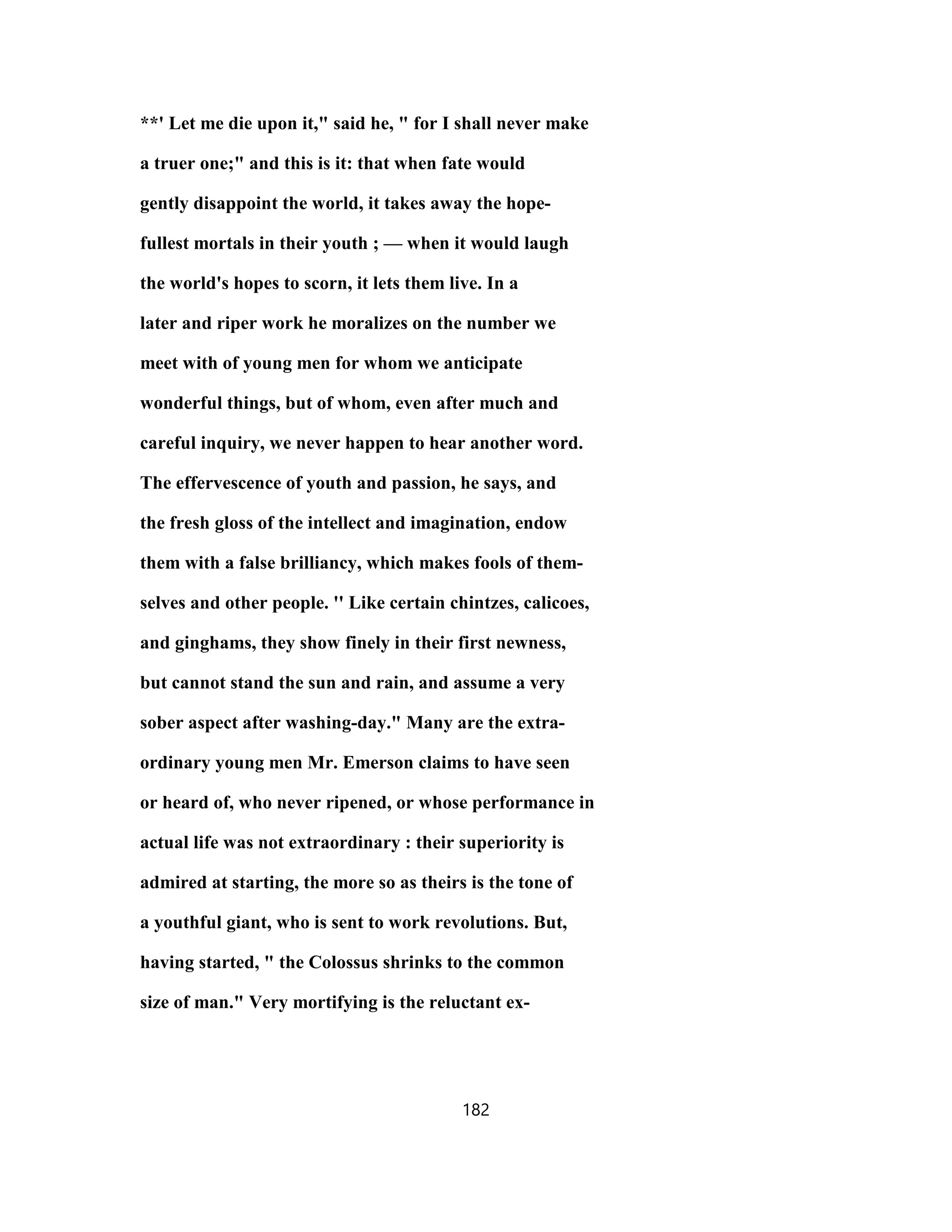
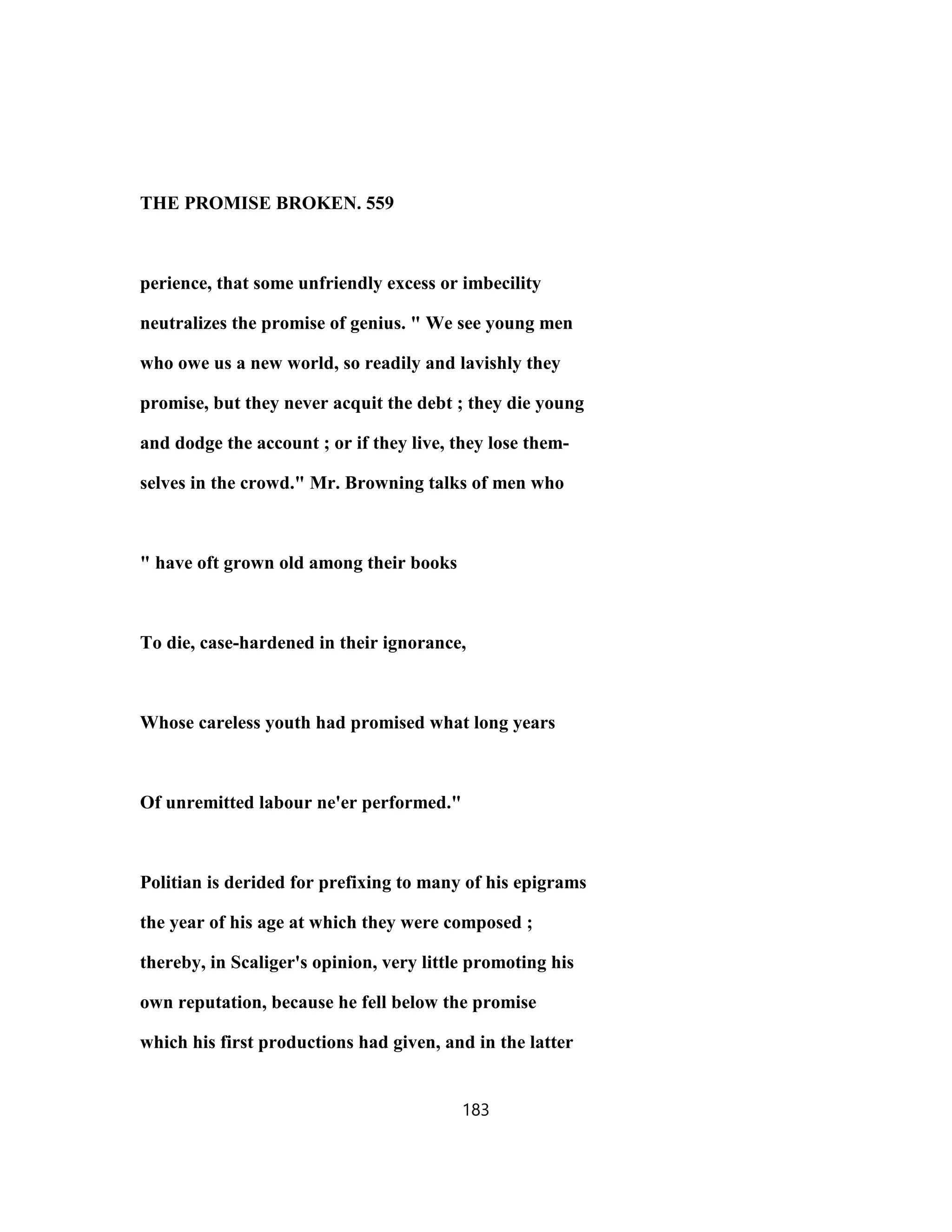
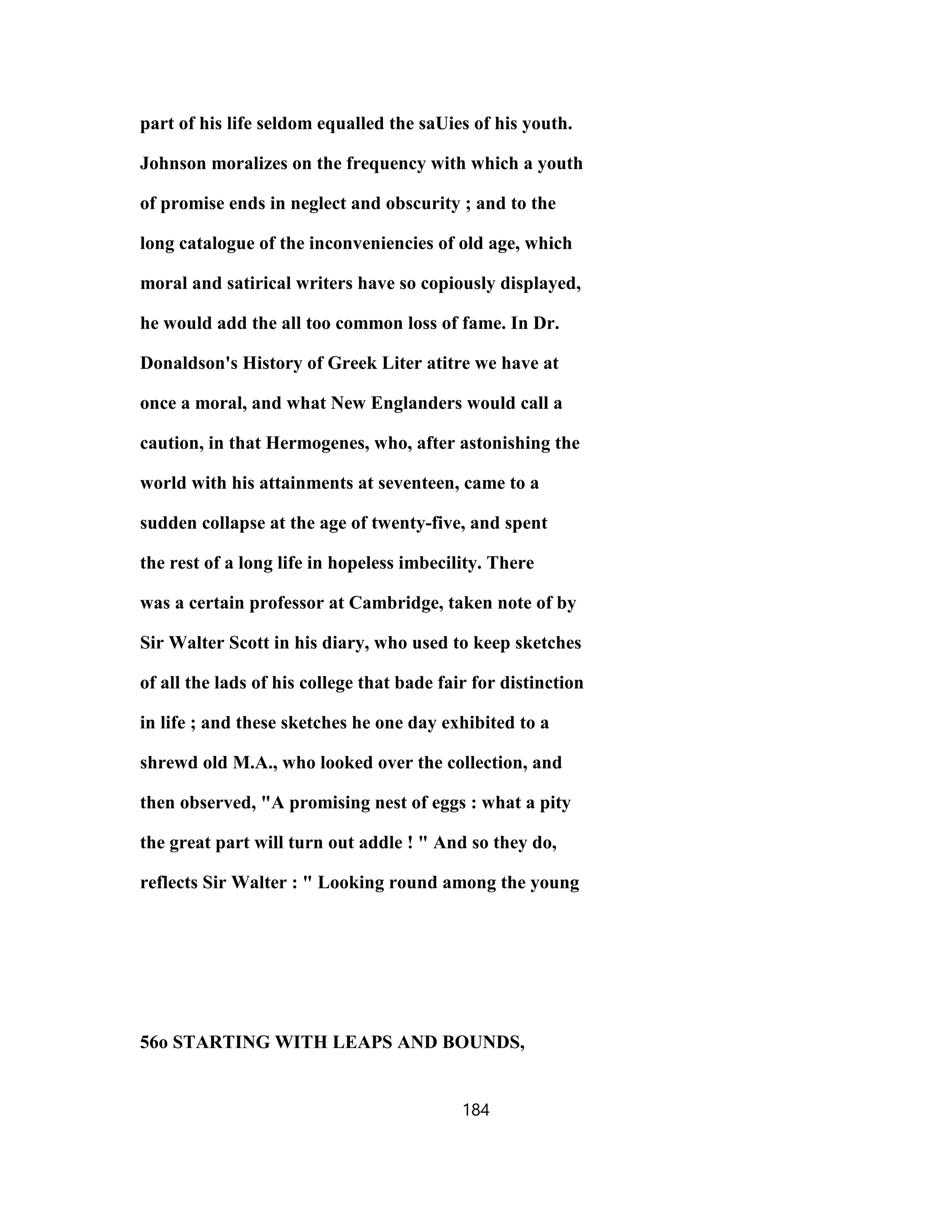
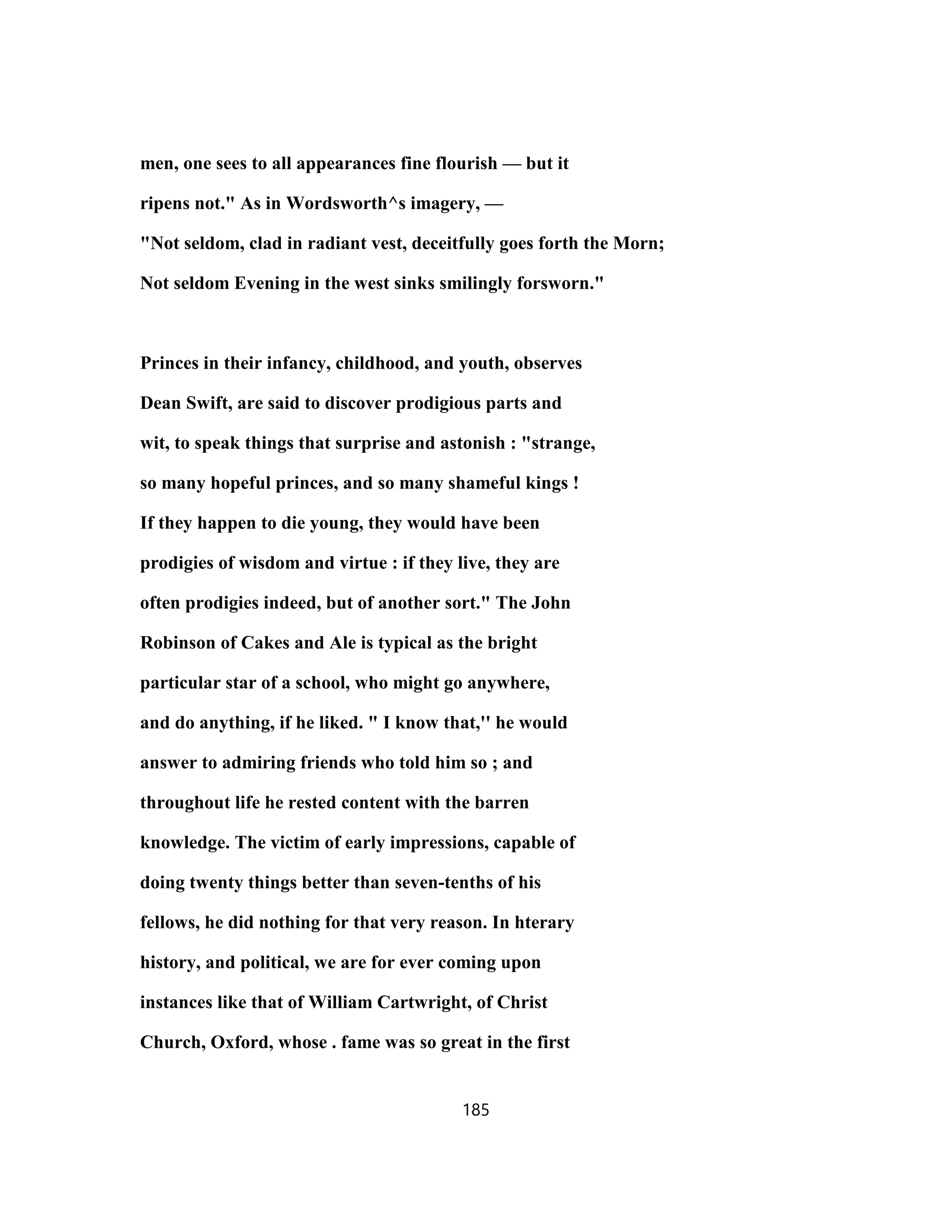
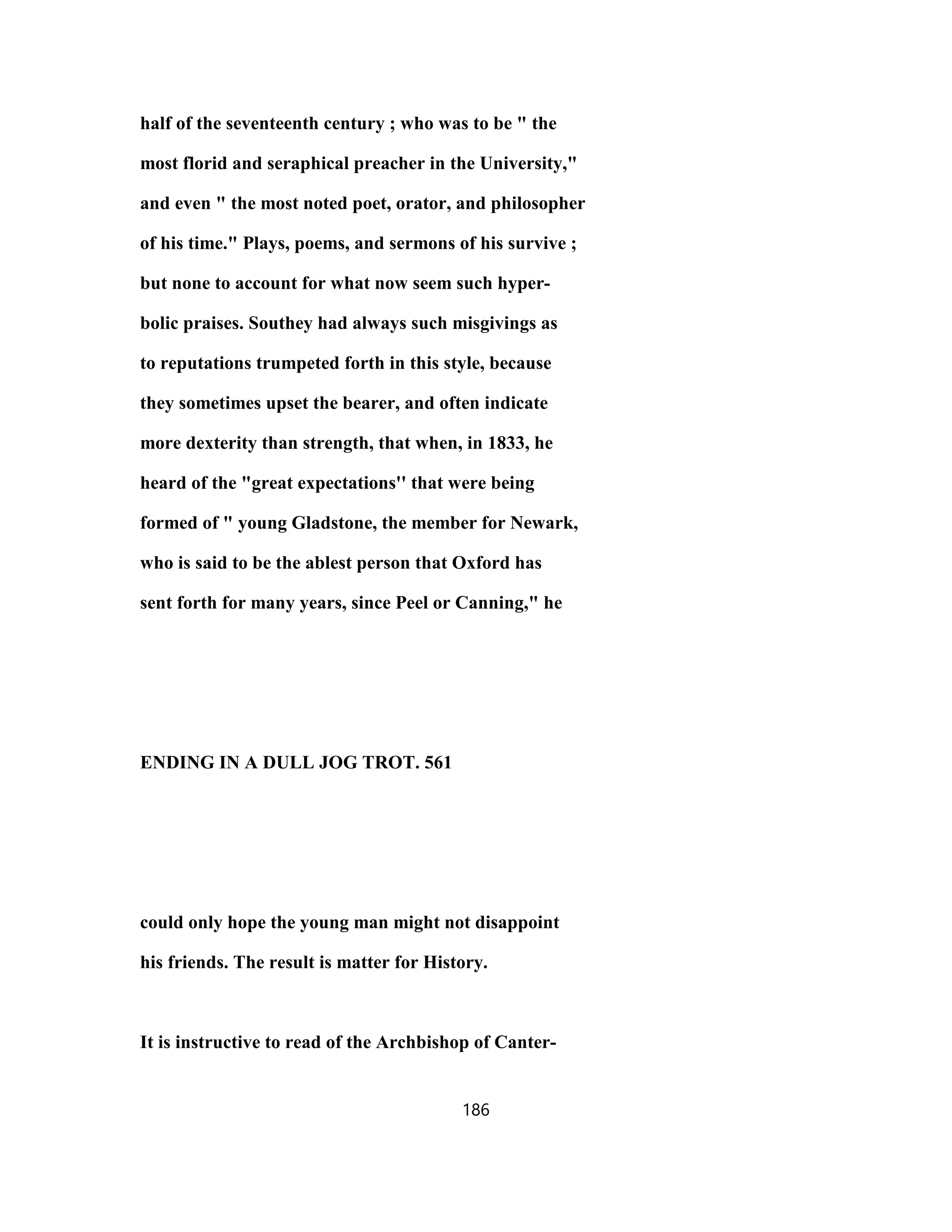
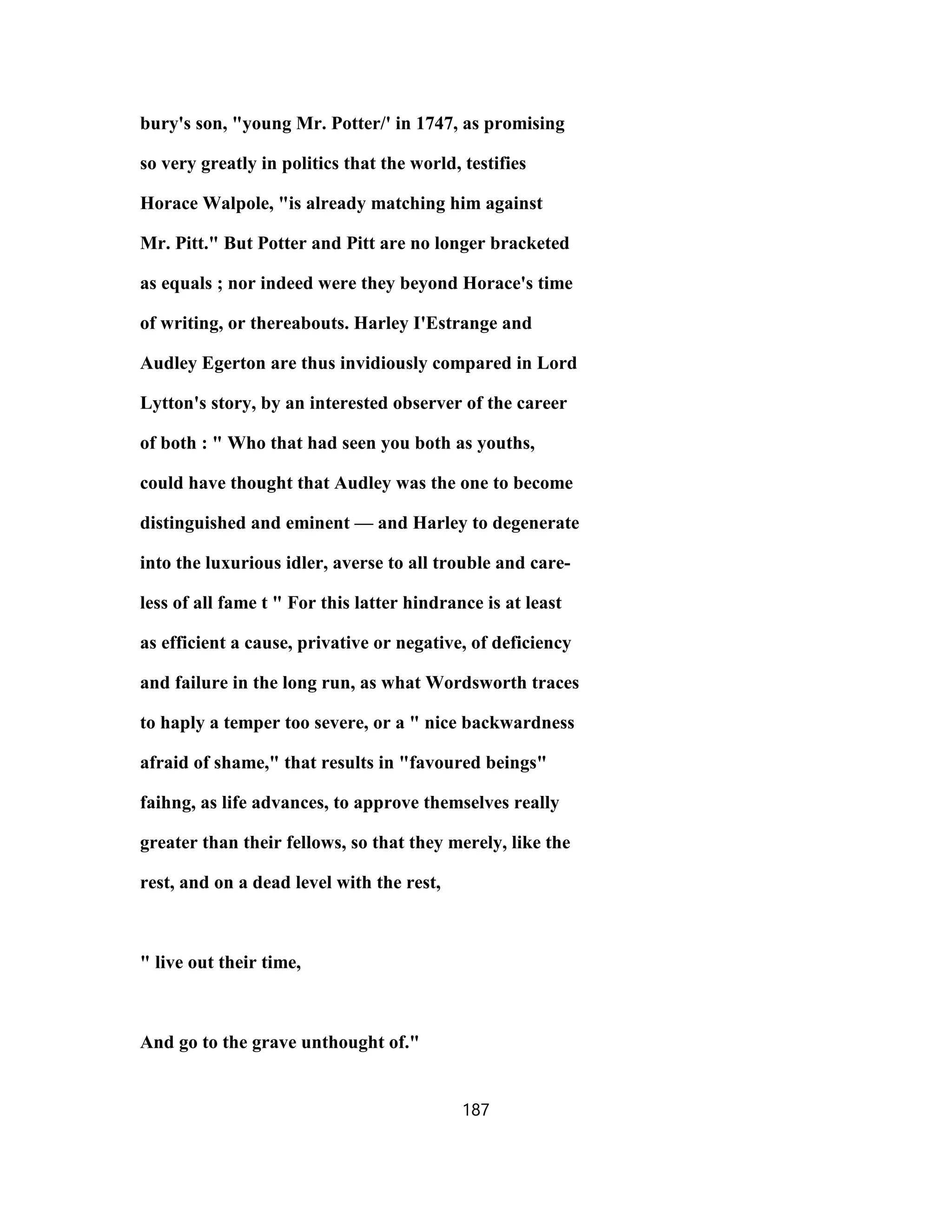
![Better, saith the Preacher, is the end of a thing than
the beginning thereof; and the patient in spirit, that
works to an end, and to the end, than the proud in
spirit, impatient almost from the beginning, and starting
aside like a broken bow. Finis coronat opus, is the
motto of the patient toiler ; re infectd, might be that of
the impatient beginner: he begins, — and there an end.
The pregnant phrase of Tacitus in reference to Galba,
has become a proverb : Oimiiimi consensu capax imperiiy
562 ' OMNIUM CONSENSU CAP AX.
nisi iinperdsset. The Earl of Lonsdale's motto, Office
proves the man, Magistrates indicat viriim, is accepted
as another, but it is virtually, nay verbally, an adapta-
tion of the sentence attributed to Bias, Solon, and
others besides, ' Apyj] av^pa SeUvvrac. Gibbon's verdict
passed on Maximus is, that whatever abilities that
emperor might have shown in a subordinate station,
he was found incapable of administering an empire.
And of another emperor, later by some eight centuries,
the same historian reports, " Michael himself, had he
188](https://image.slidesharecdn.com/vol-171101104904/75/Vol-4-scripture-proverbs-illustrated-annotated-and-applied-188-2048.jpg)
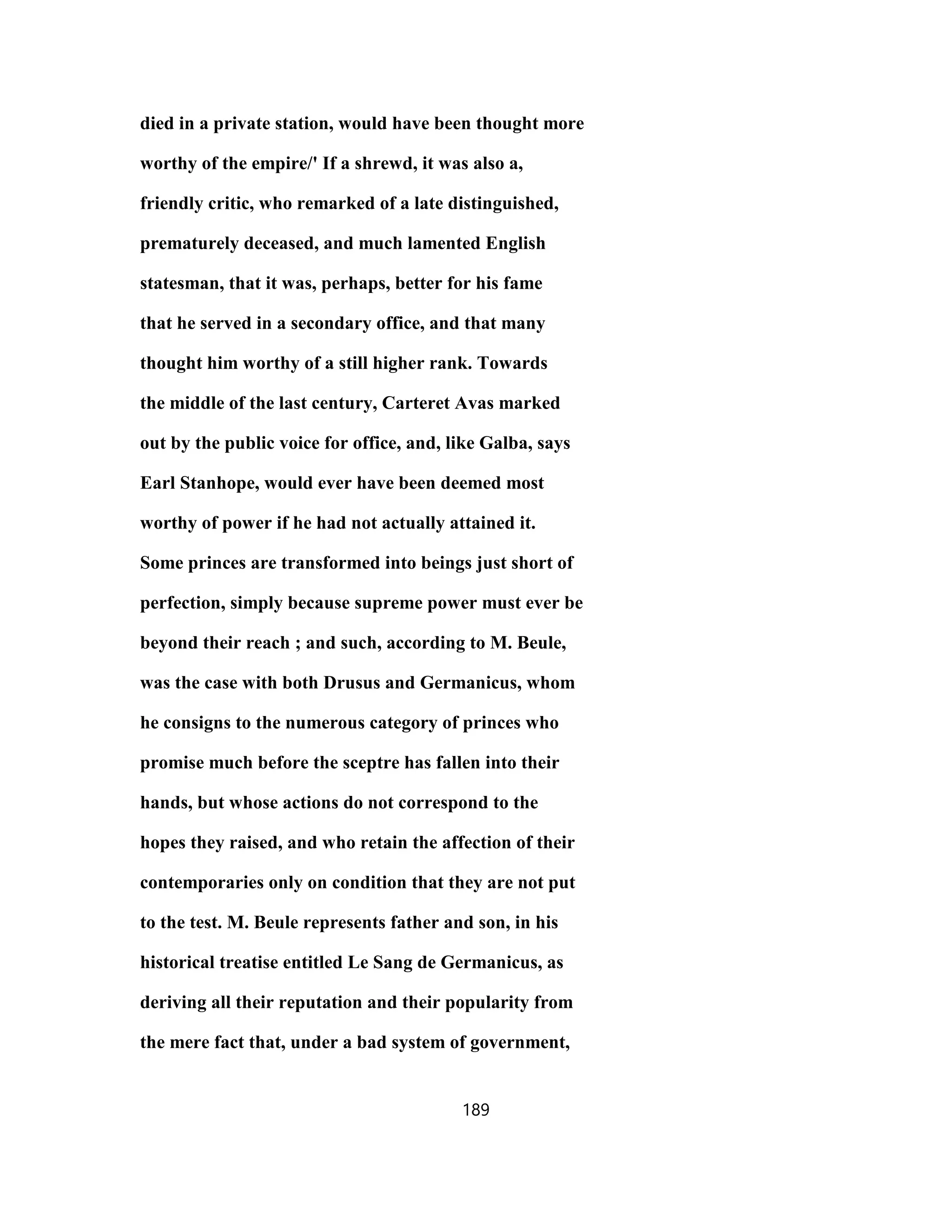
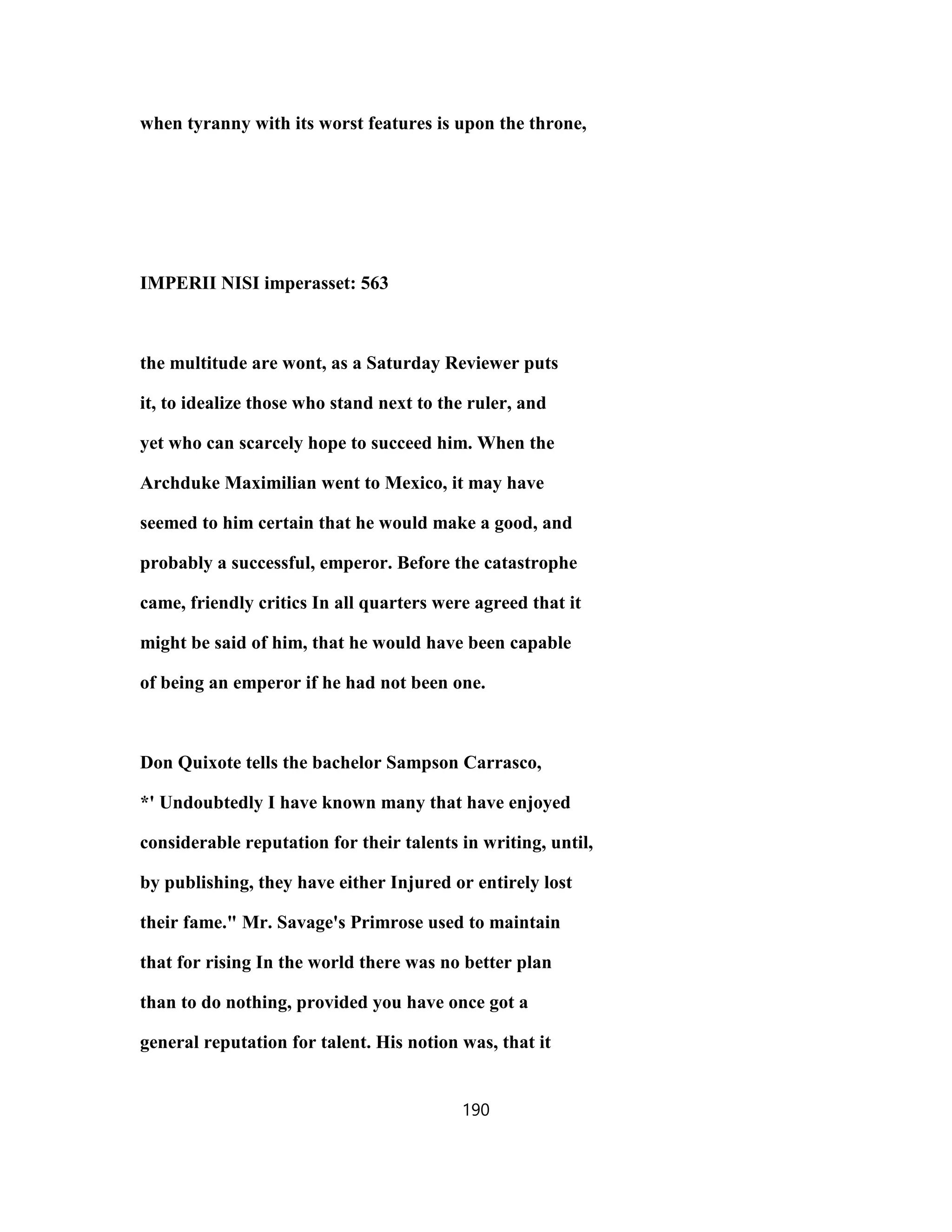

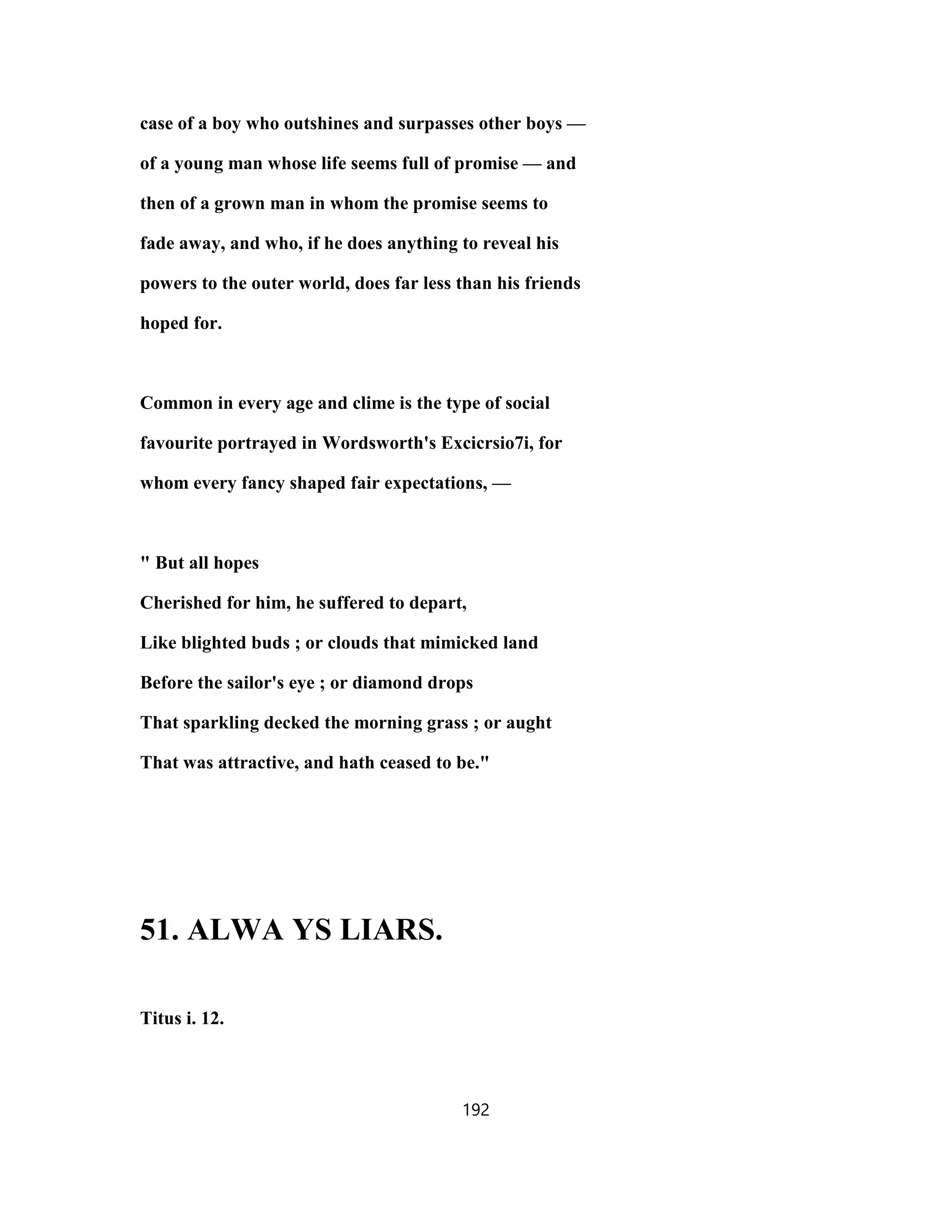
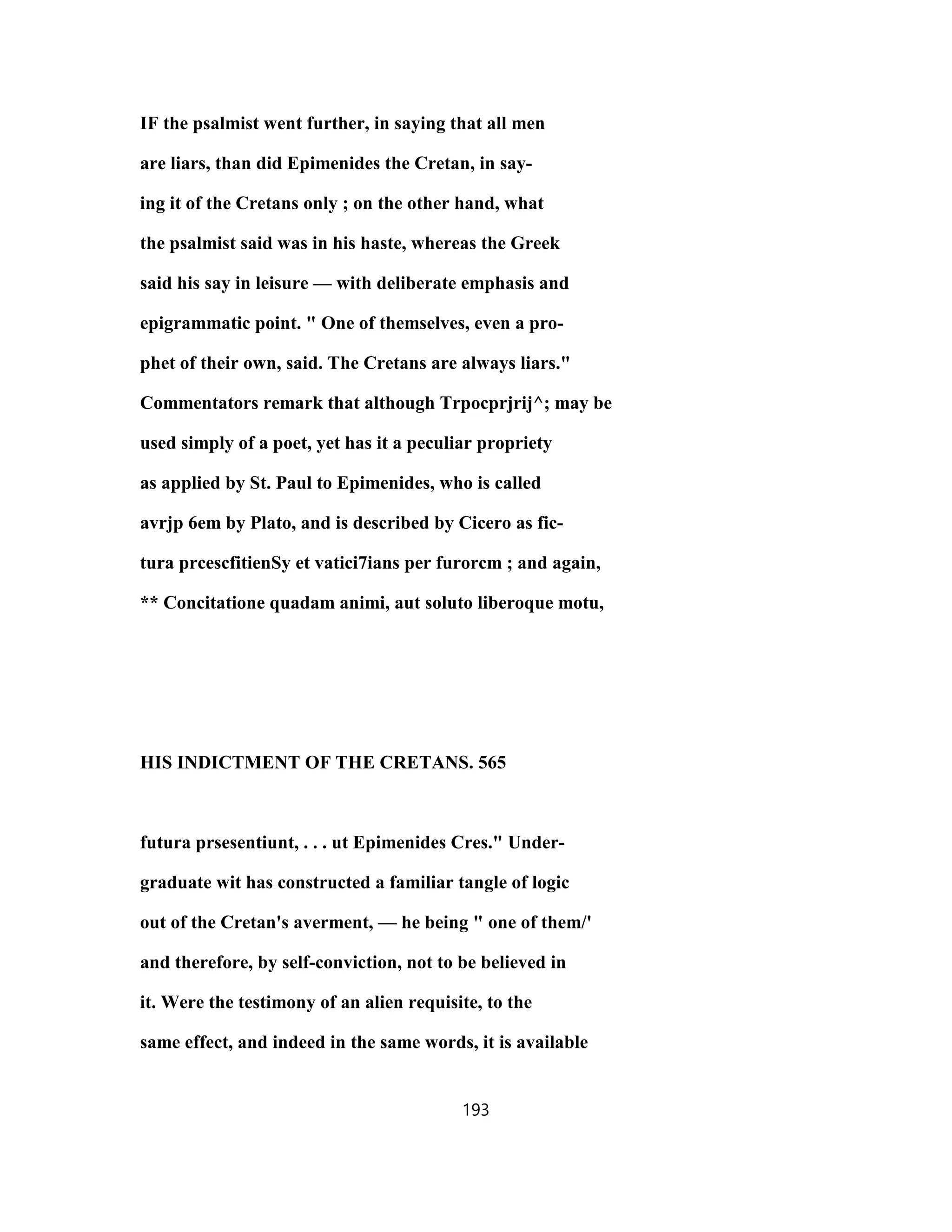
![in a verse by Callimachus, who was a Cyrenian.
St. Paul explicitly accepts and endorses as a true bill,
this indictment of the Cretans as a race. " This witness
is true." And therefore would he have his own son after
the common faith, Titus, rebuke them sharply, as the
minister of " God, that cannot lie." Unruly and vain
talkers, he styles these " always liars," whose mouths
must be stopped.
One of the so-called " Crumms fal'n from King
James's table," and caught up and carried away for us
by Sir Thomas Overbury, is this : " A lye of error is a
fault of credulity, not of falsehood, but a presumptuous
lye is that which a man makes as God made the world,
of nothing." If a spoken divergence from the truth be
involuntary, ''we lament it as a misfortune," says Mr.
Carlyle ; but if the divergence be voluntary, there
superadds itself to our sorrow a just indignation : we
call the voluntary spoken divergence a lie, and "justly
abhor it as the essence of human treason and baseness,
the desertion of a man to the enemy of men against
himself and his brethren. . . . Such is every liar with
the tongue, and such in all nations [Crete included .?] is
194](https://image.slidesharecdn.com/vol-171101104904/75/Vol-4-scripture-proverbs-illustrated-annotated-and-applied-194-2048.jpg)
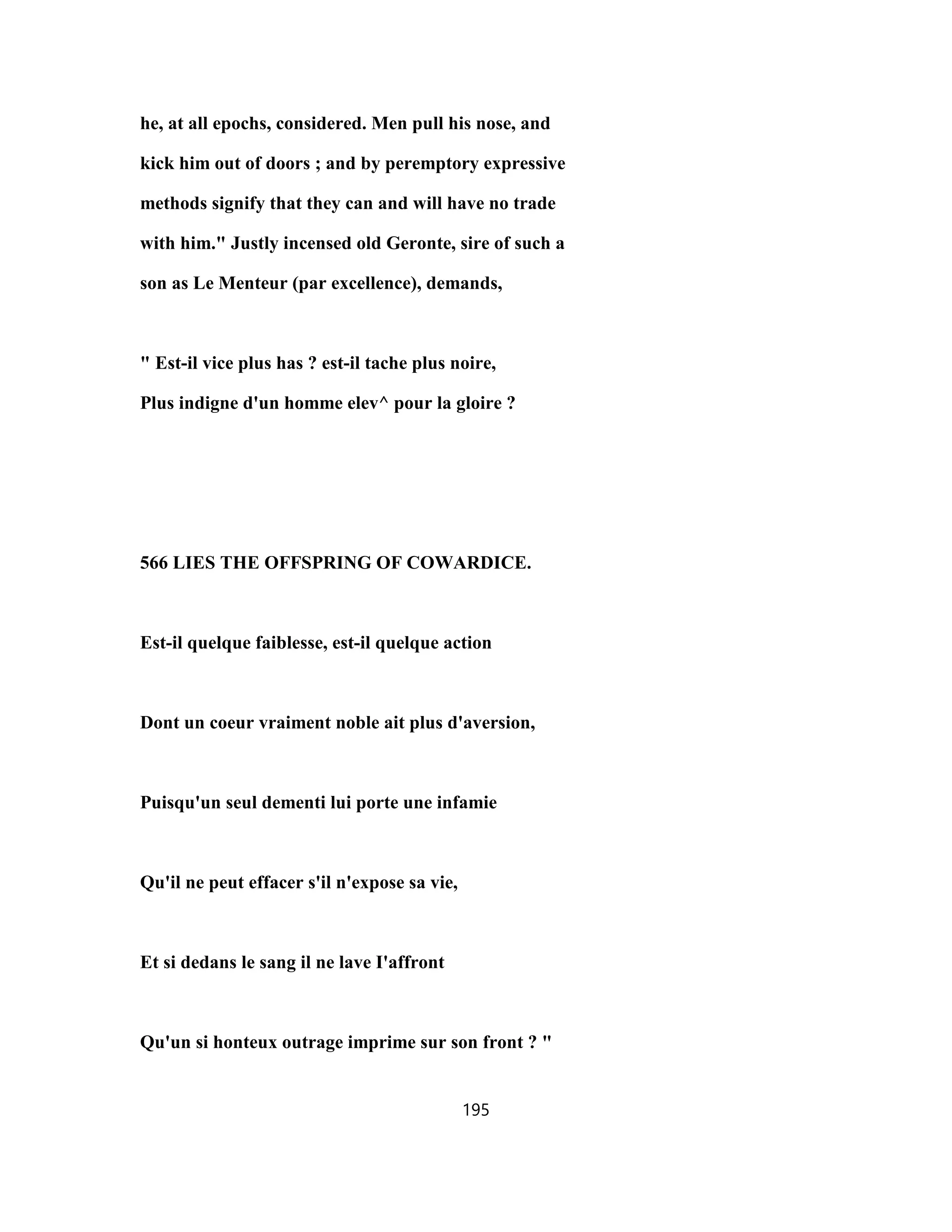
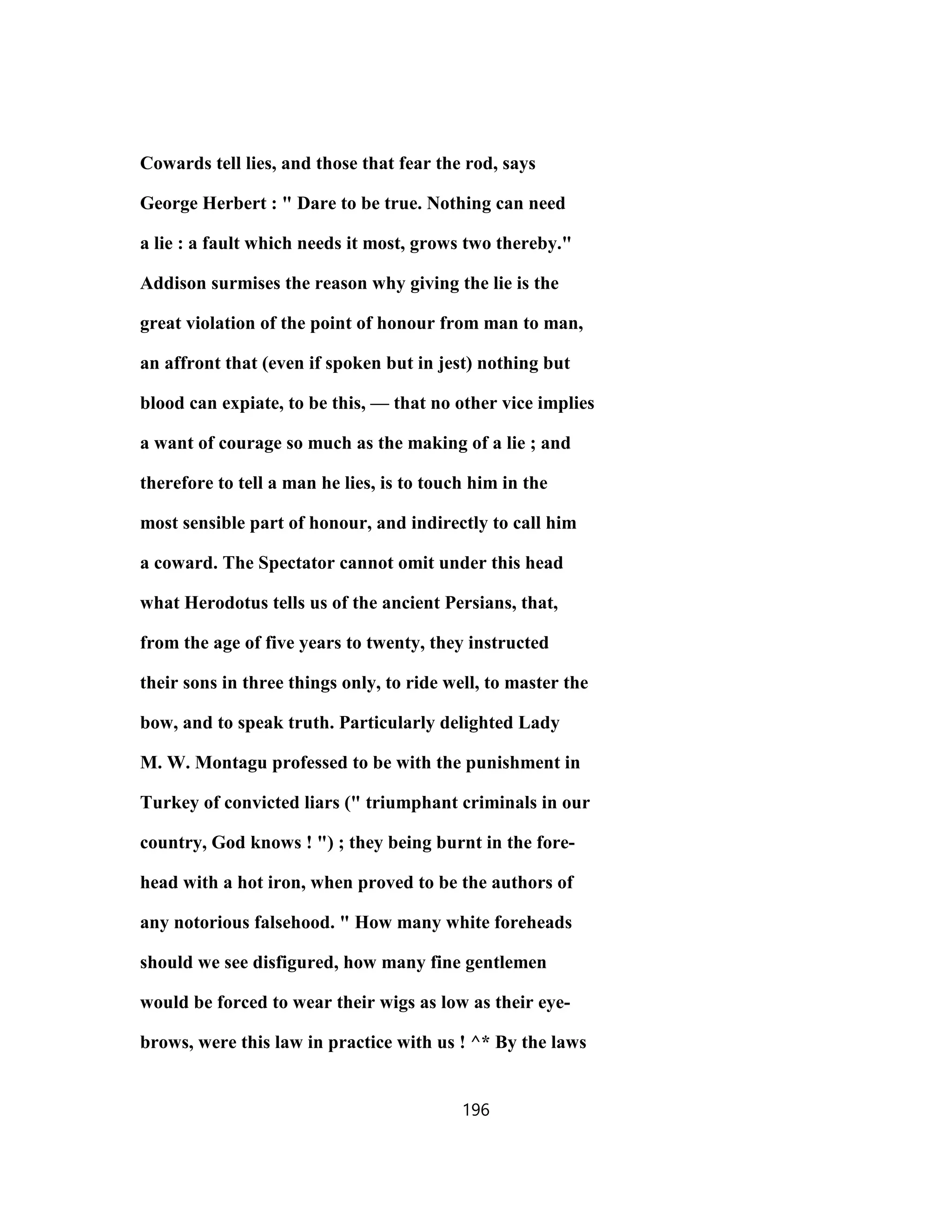
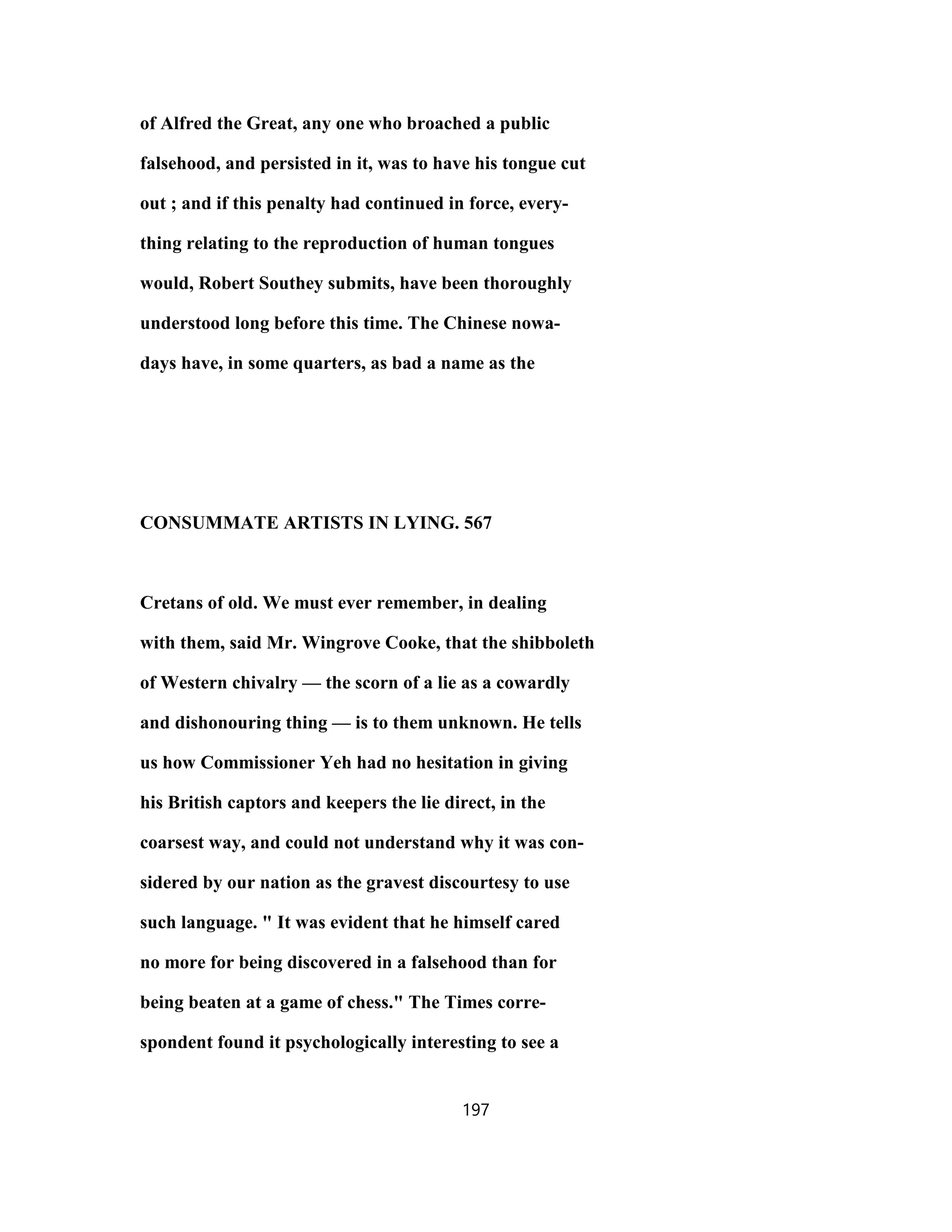
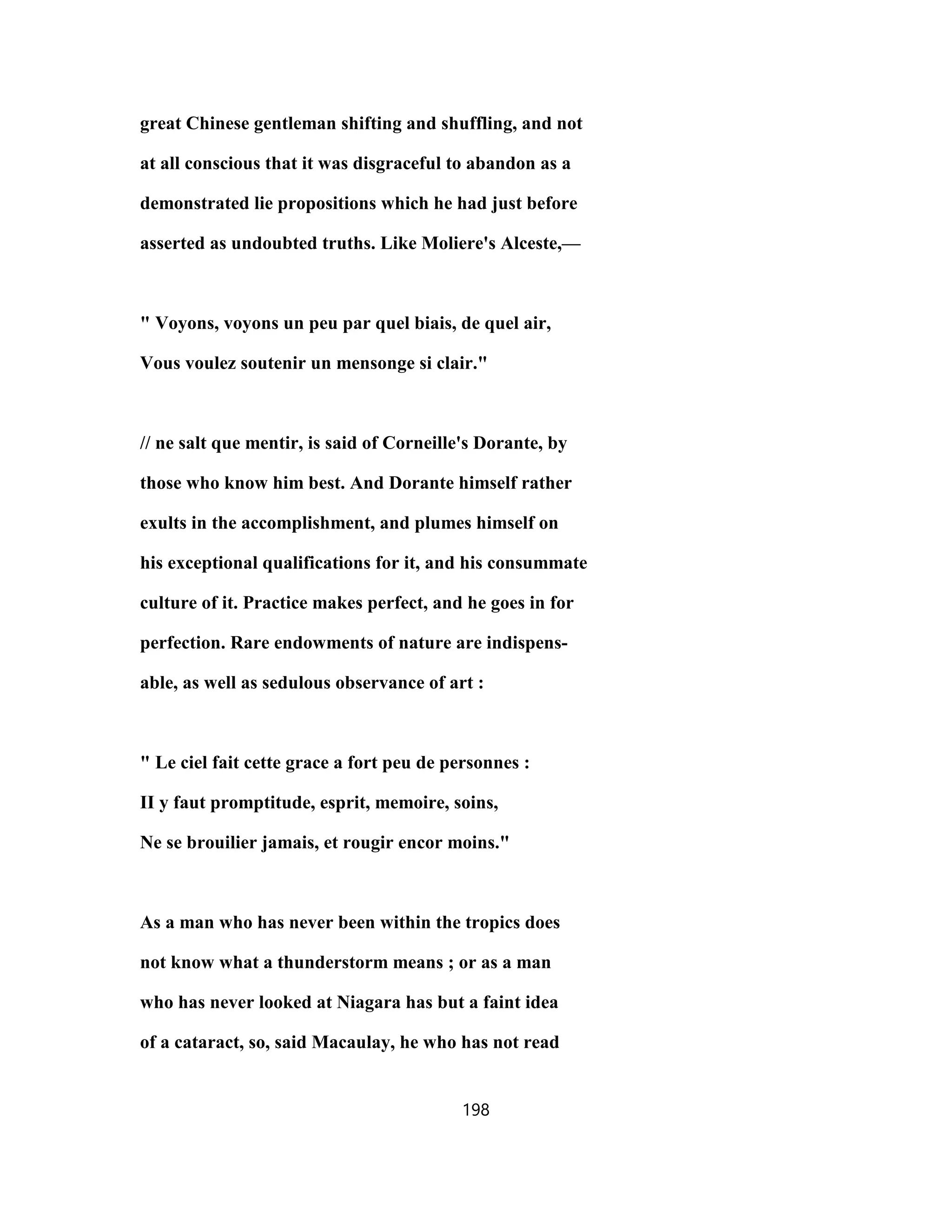
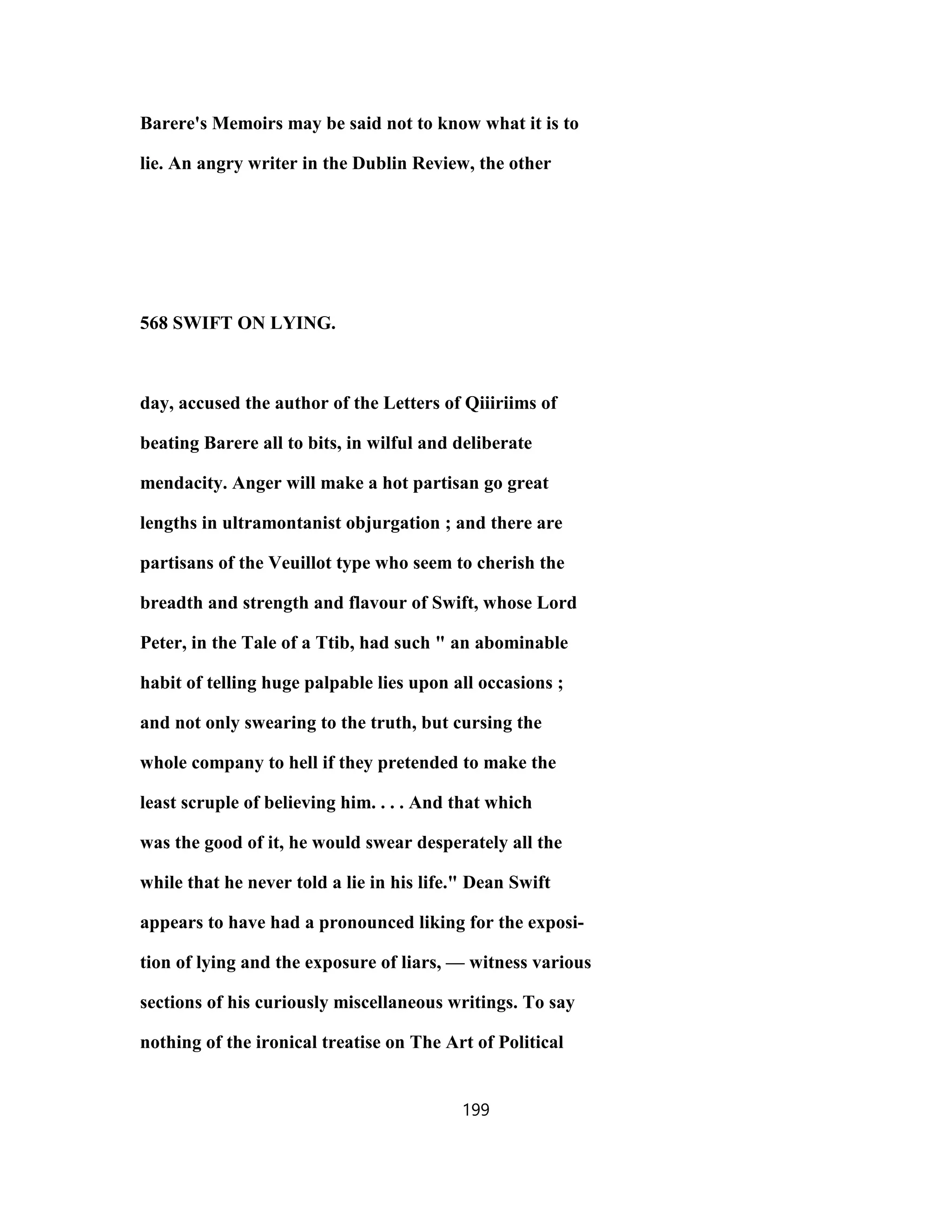
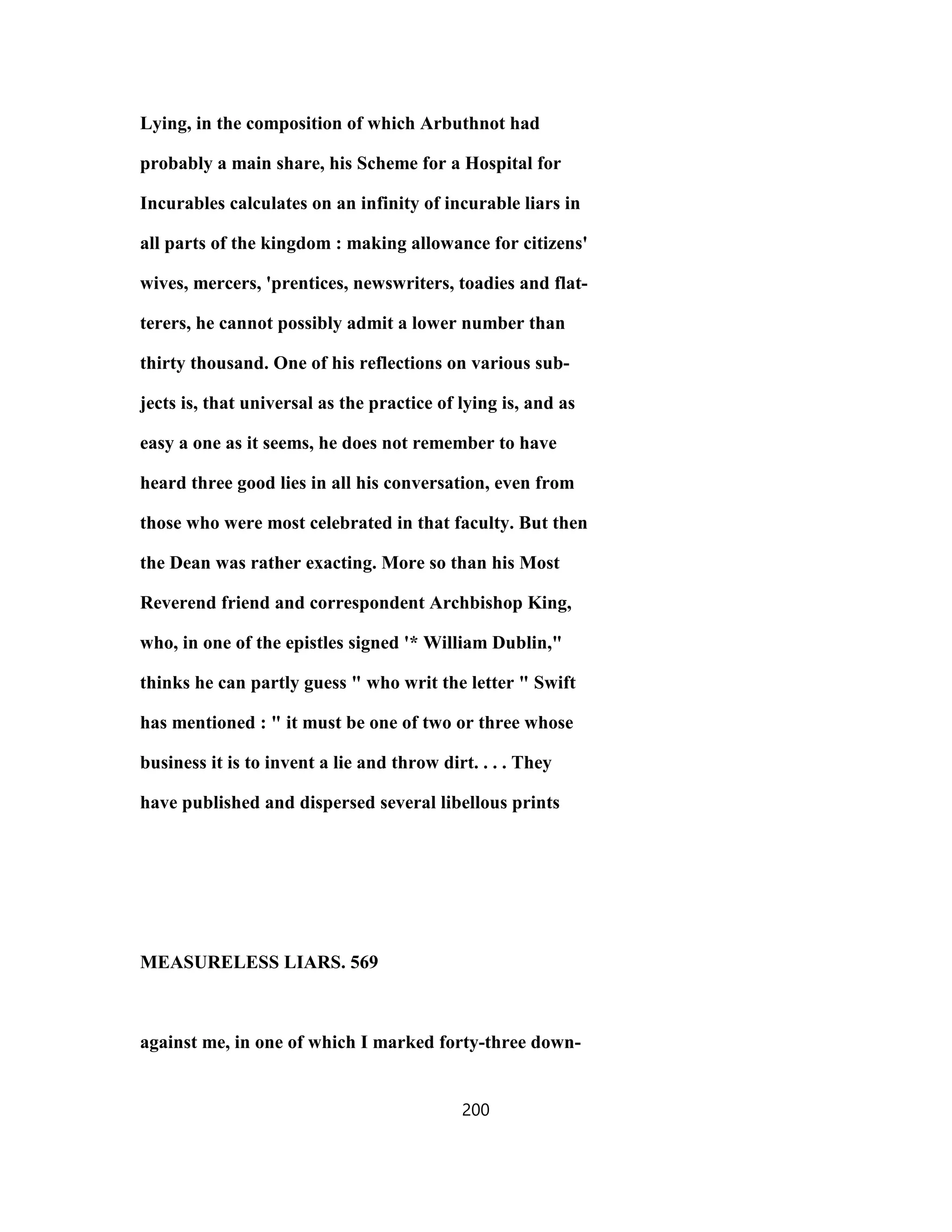
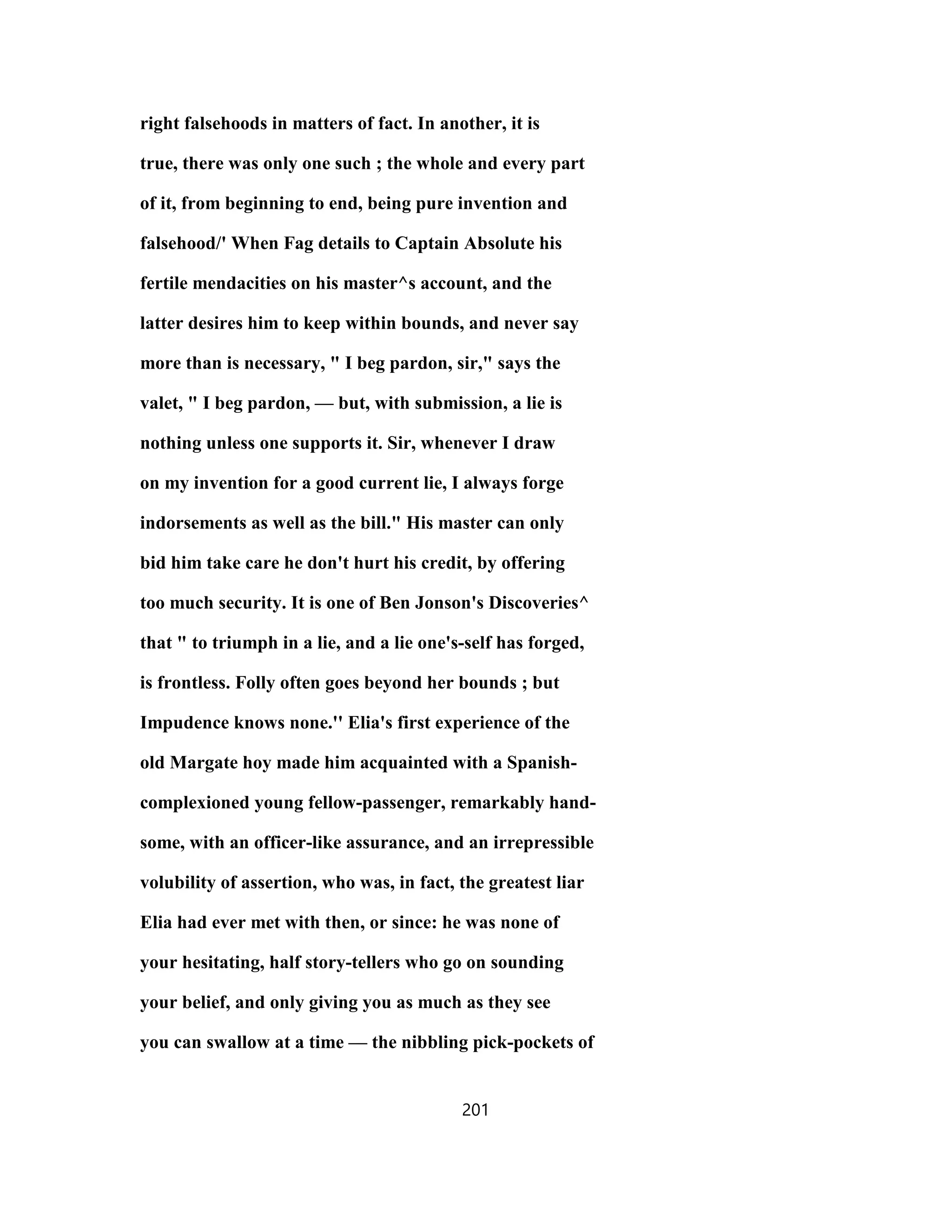
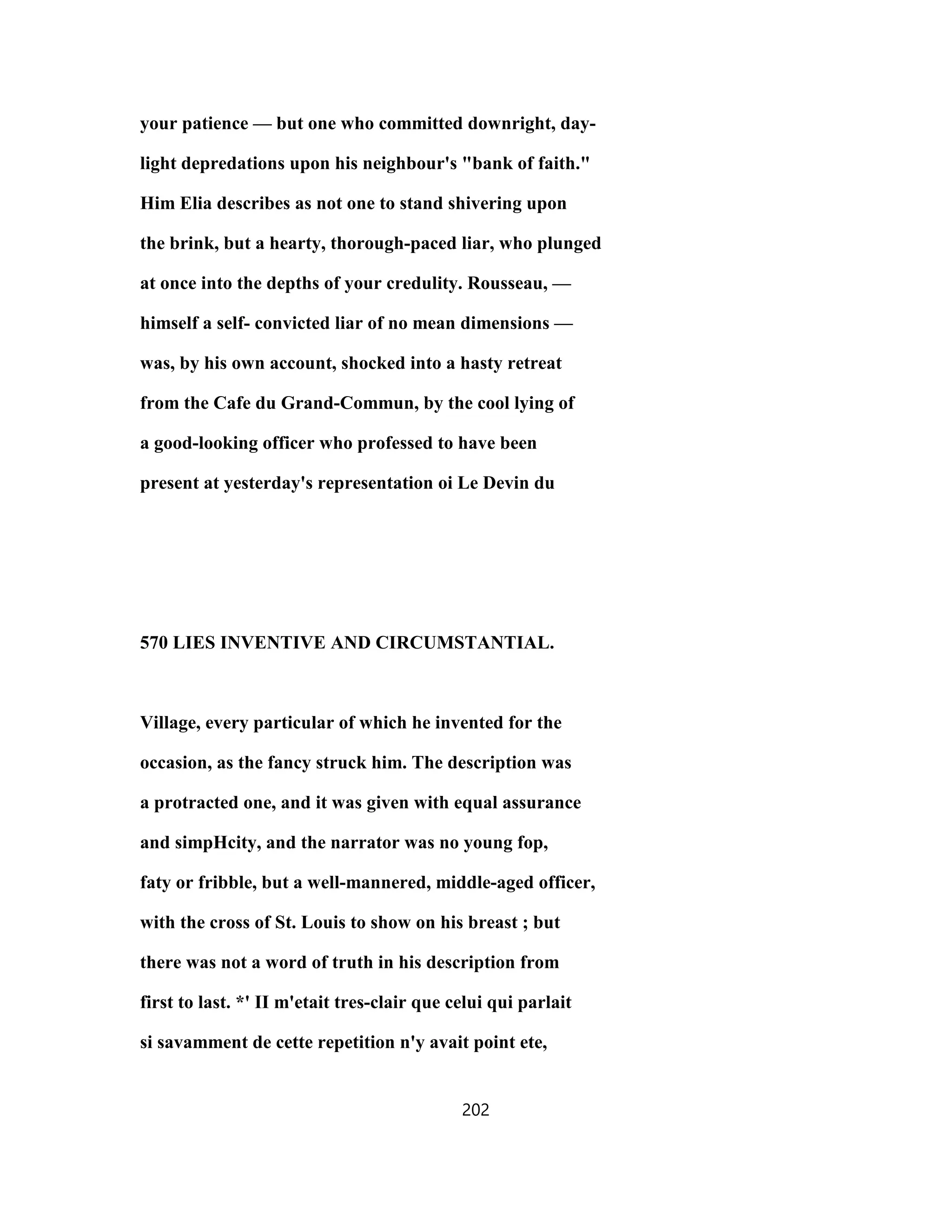
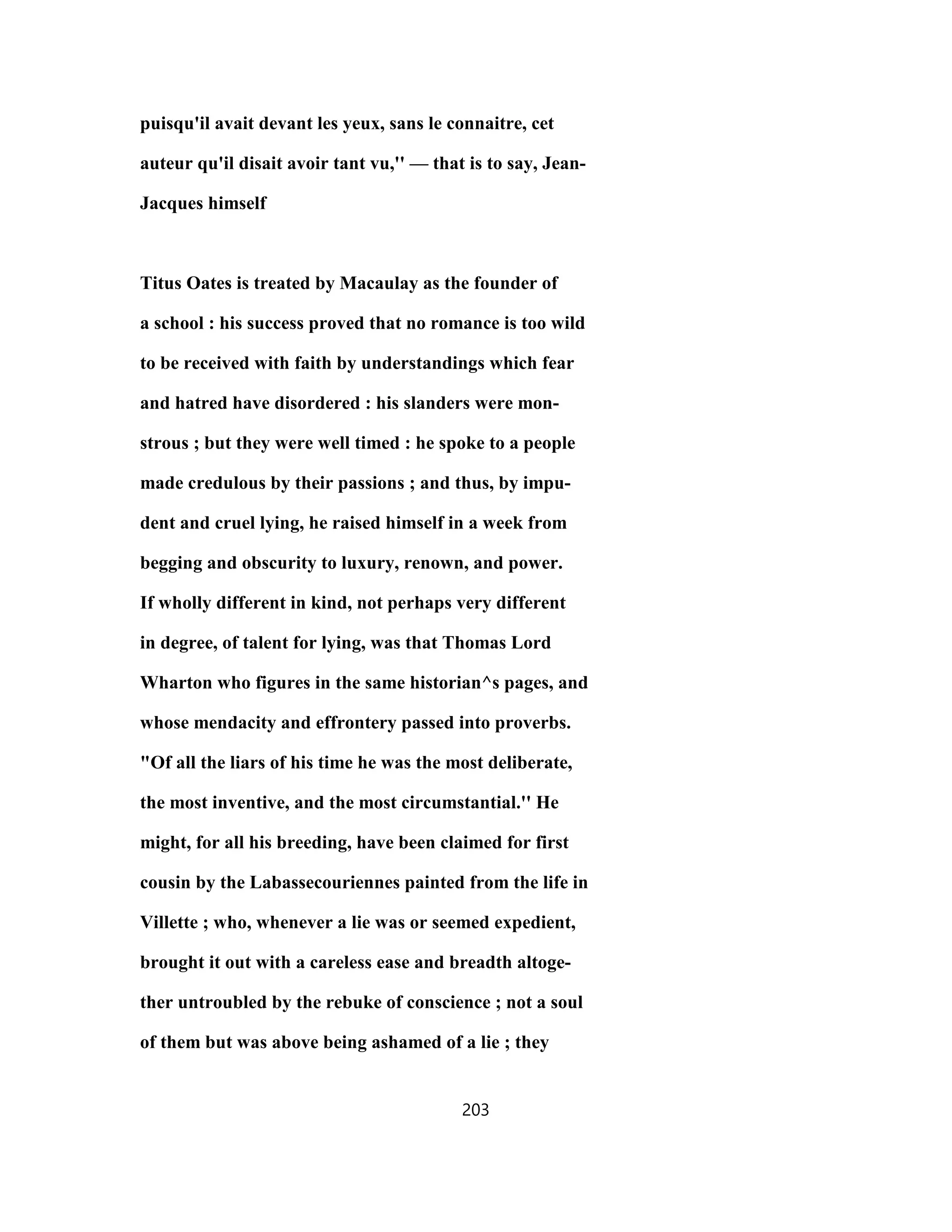
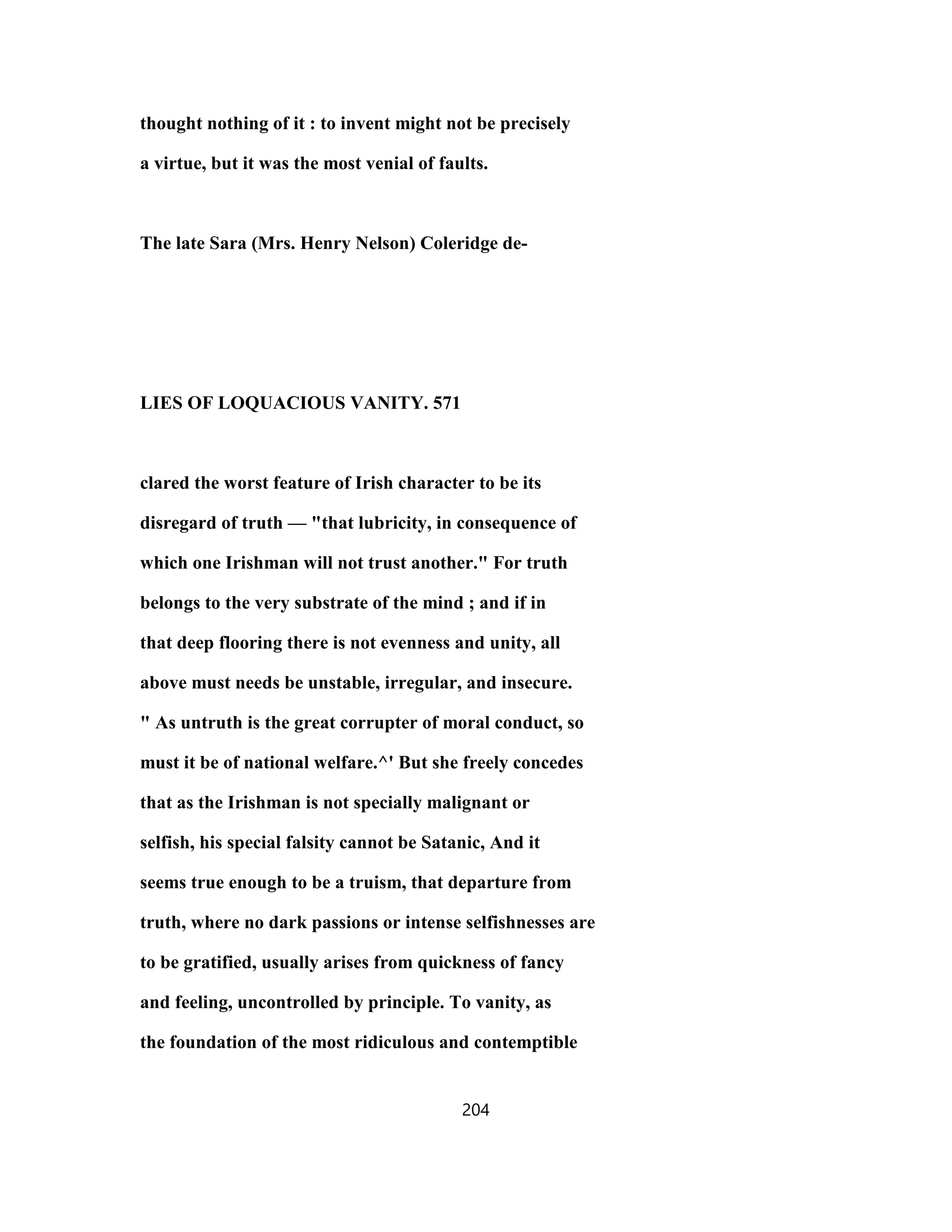
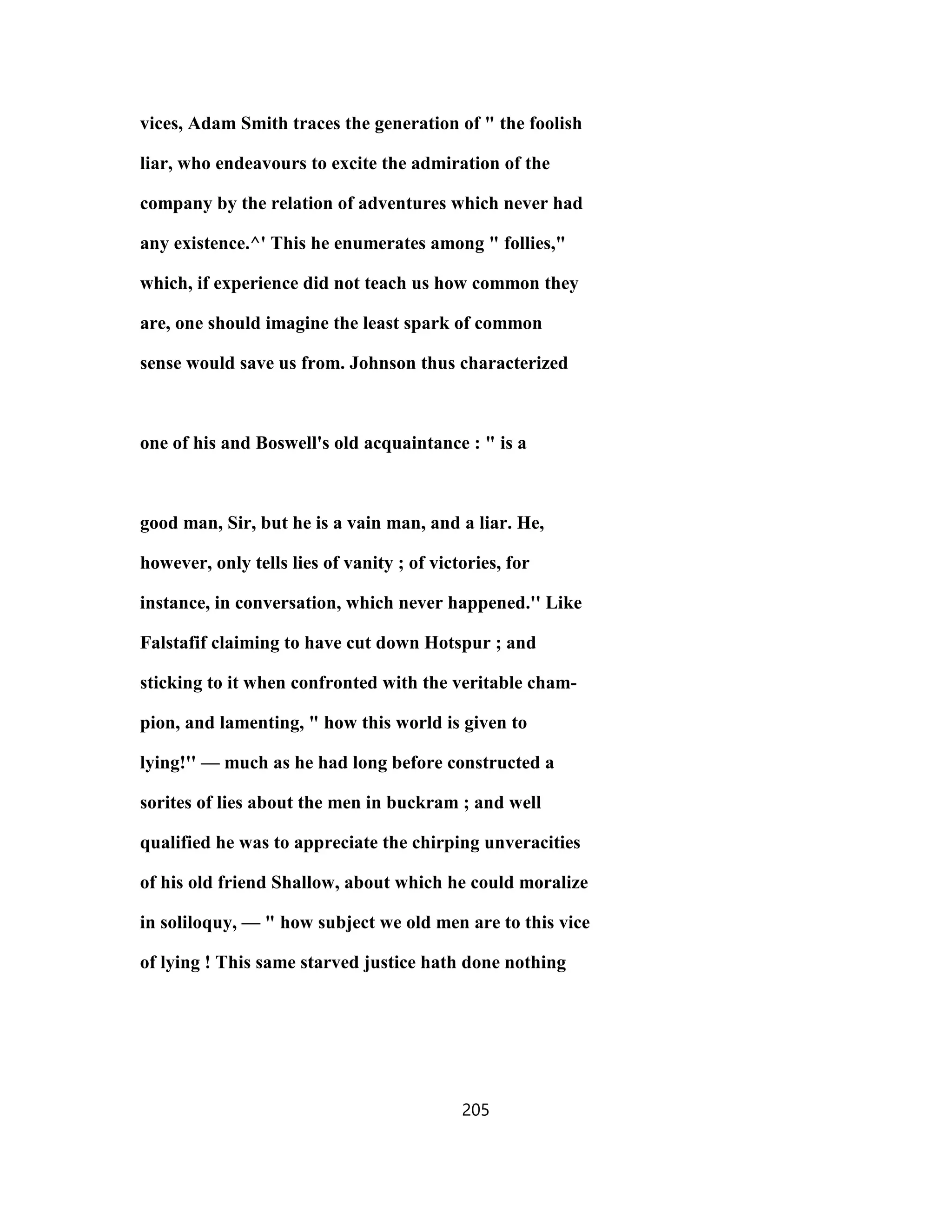
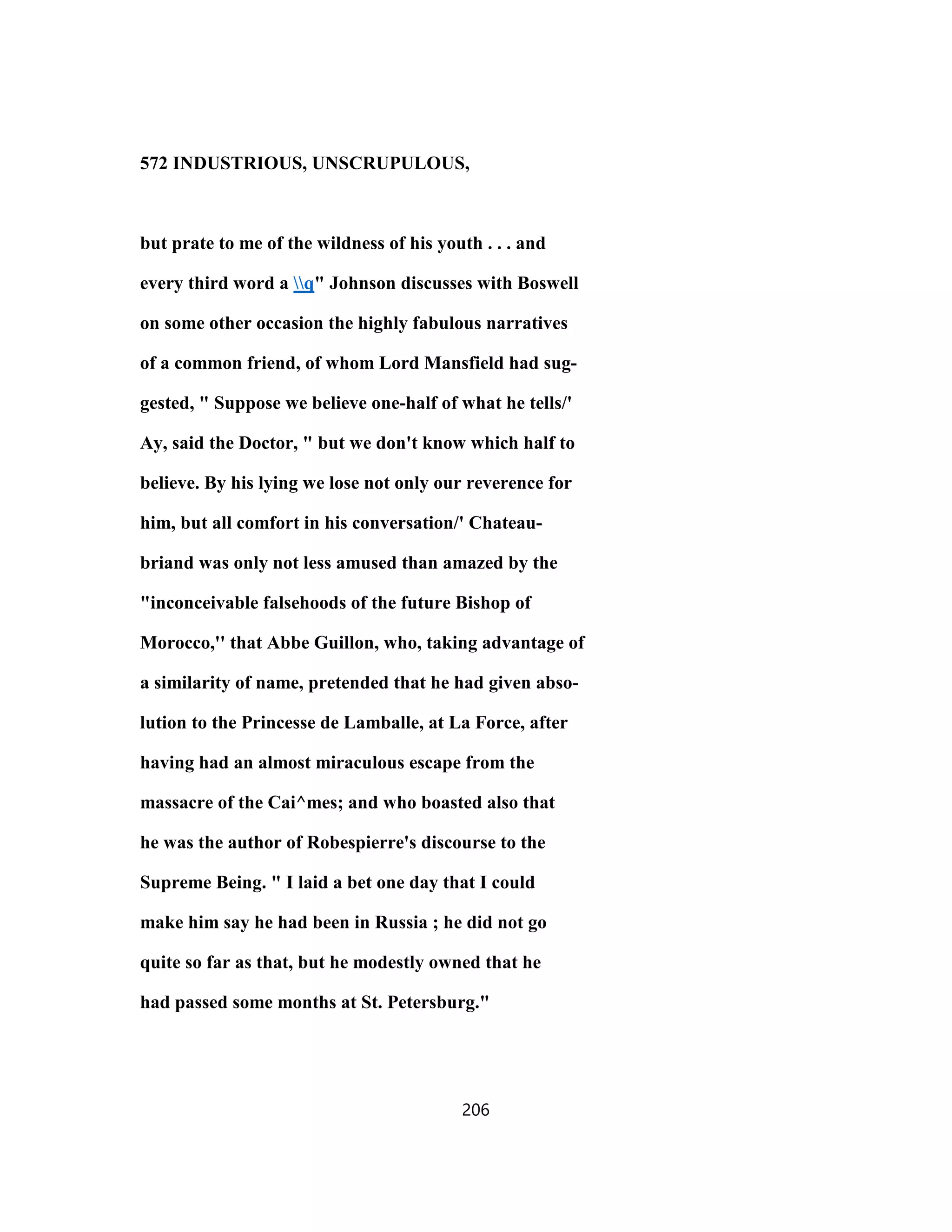
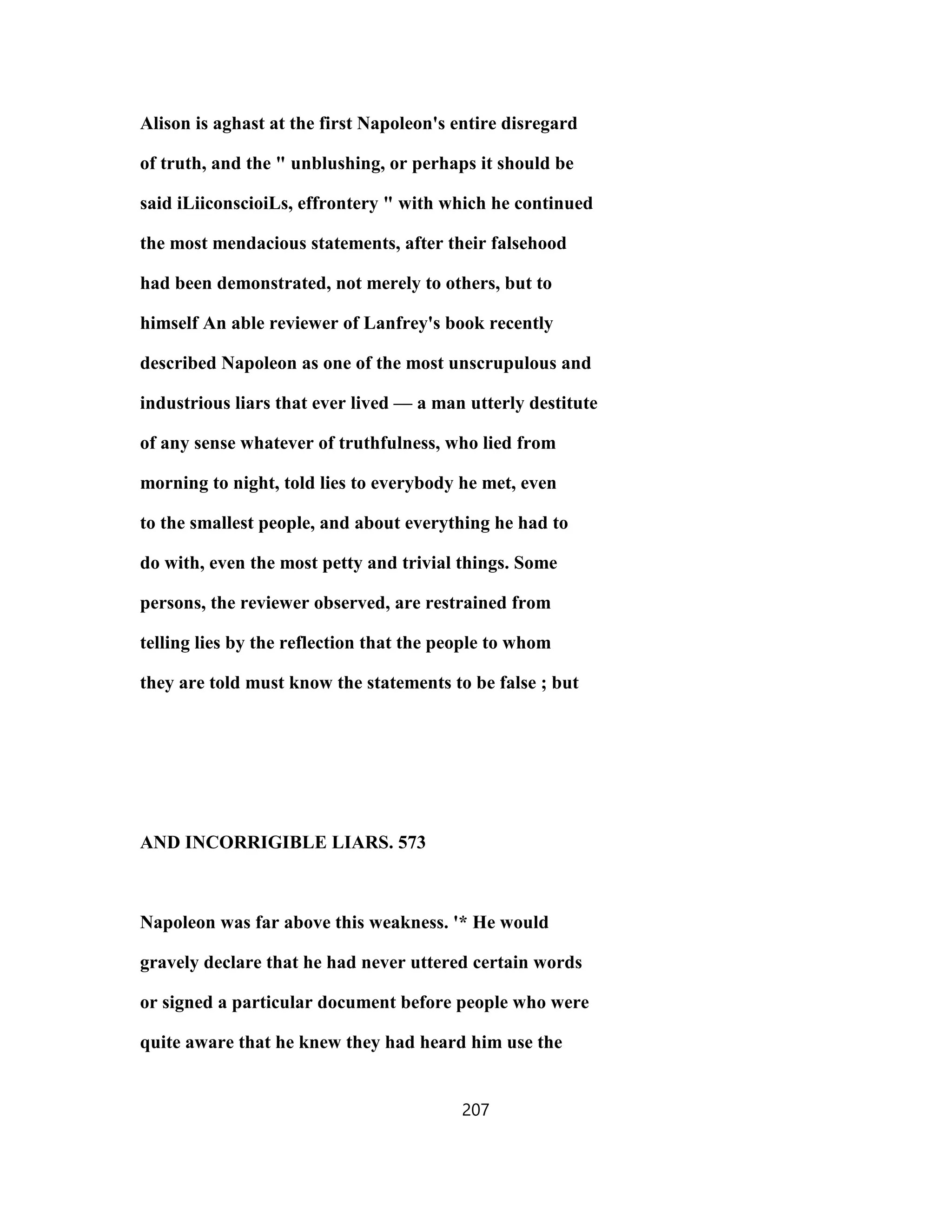
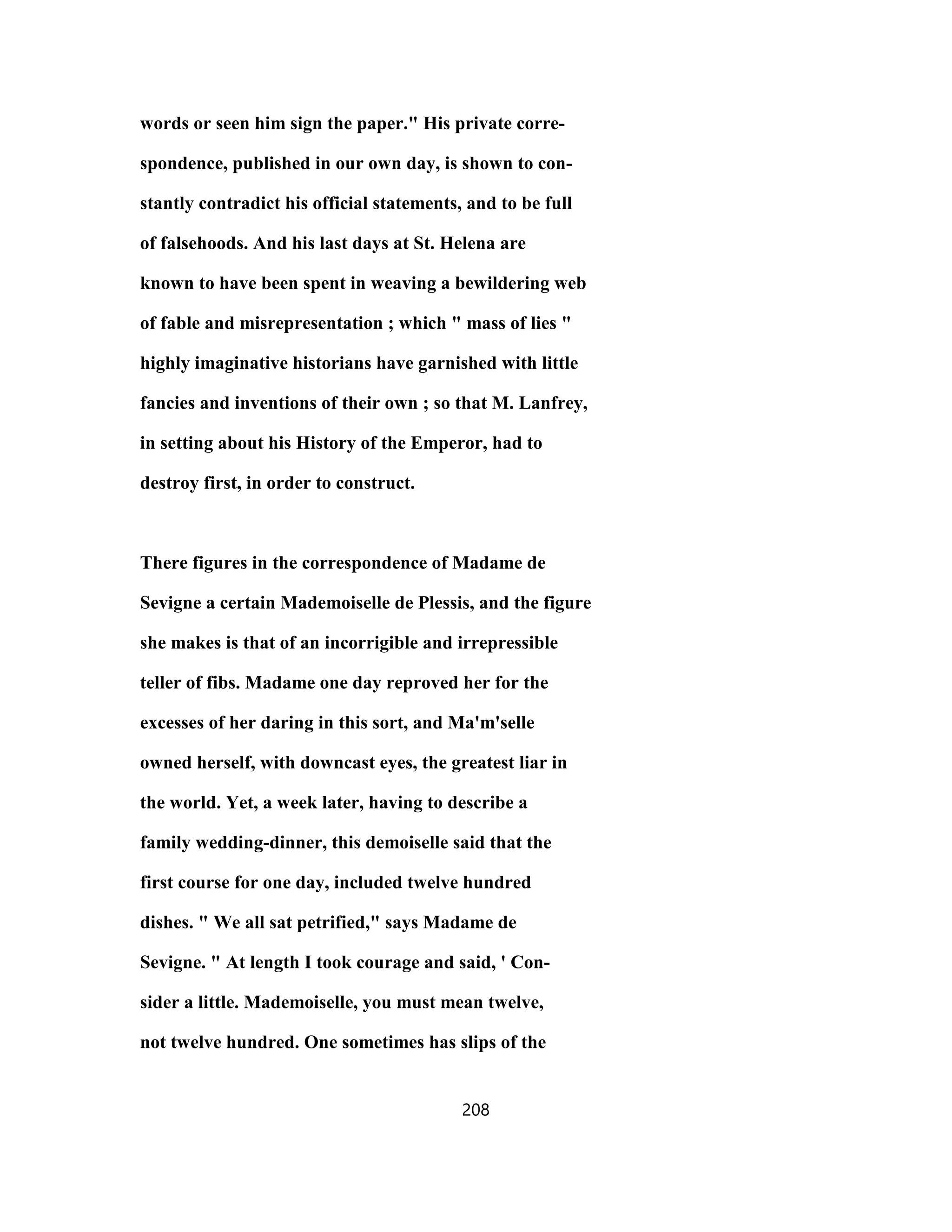
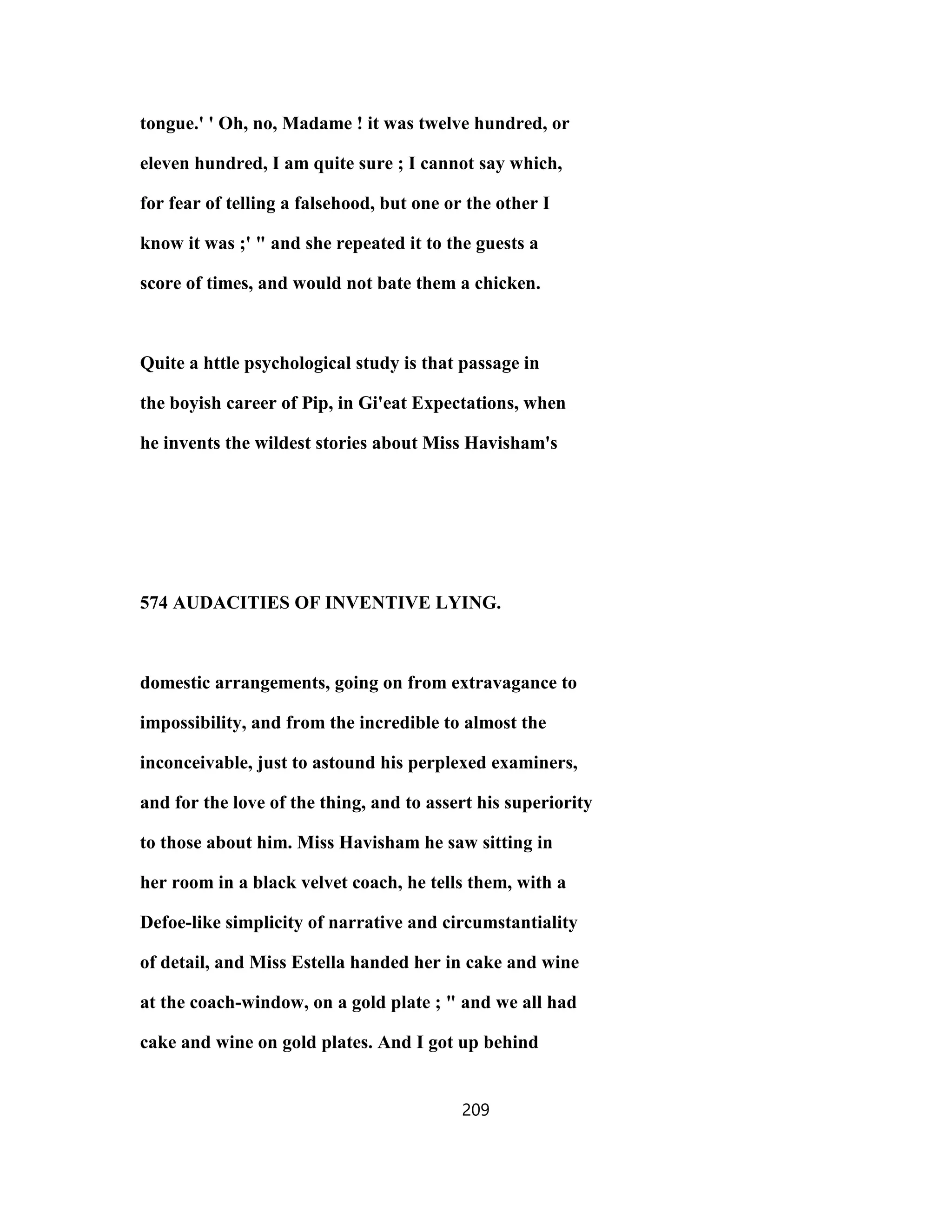
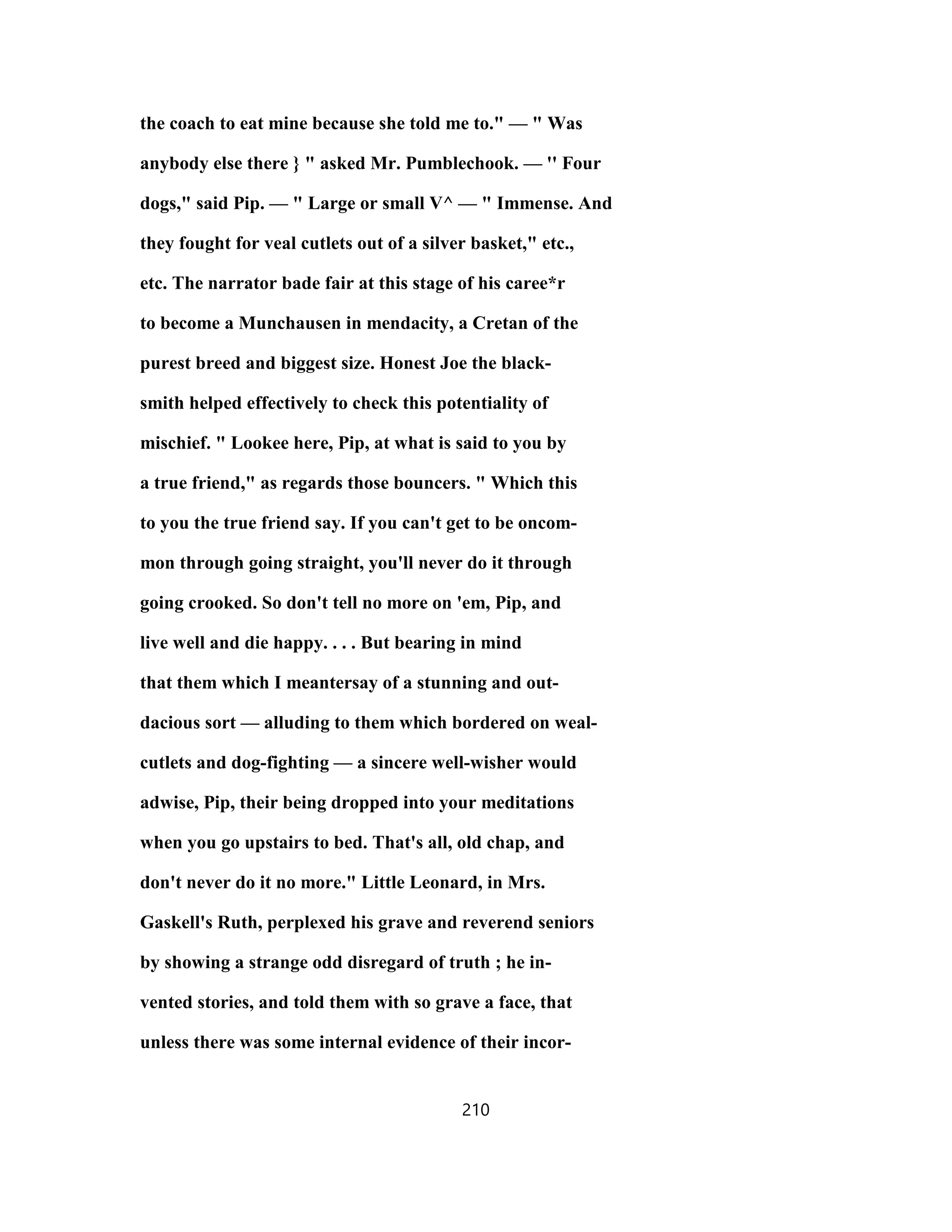
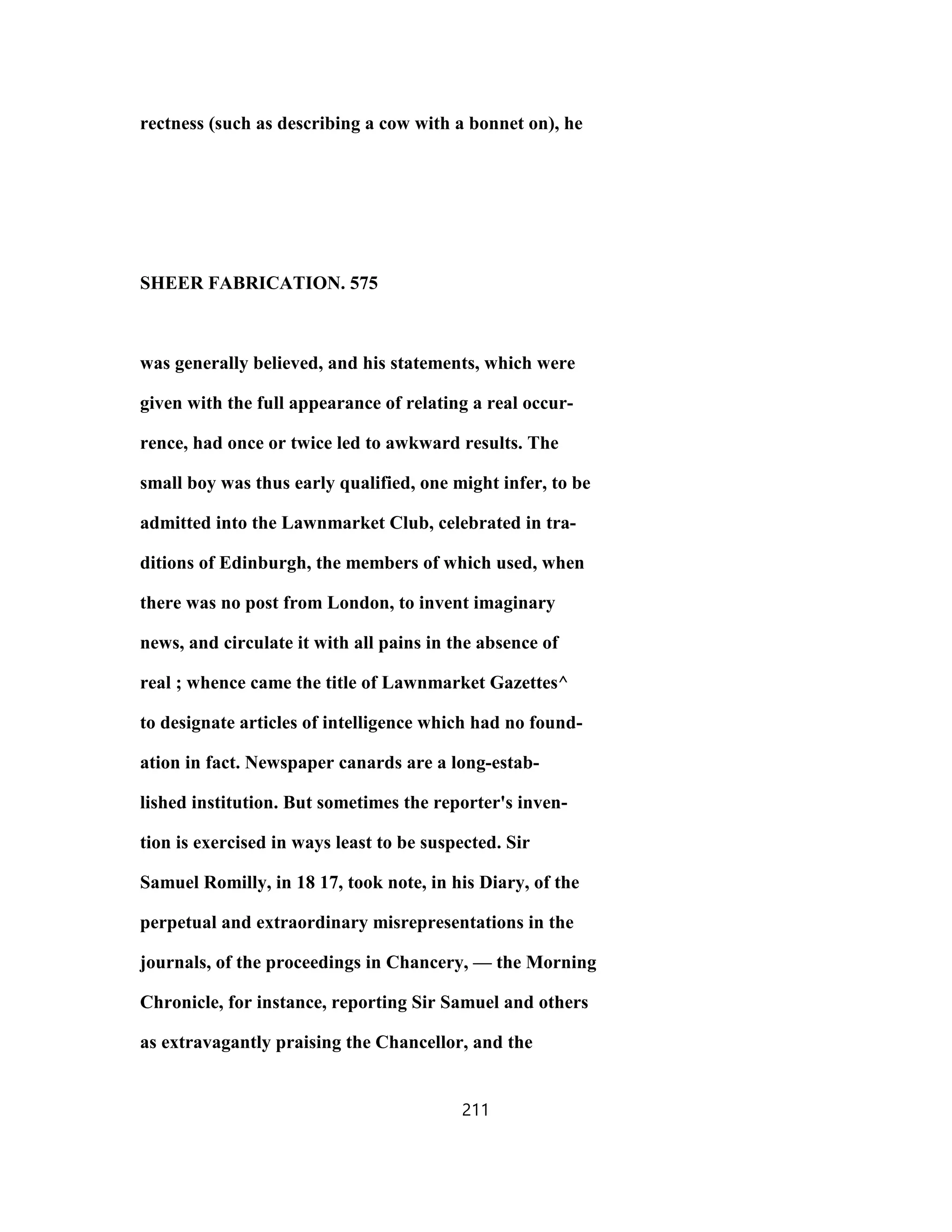
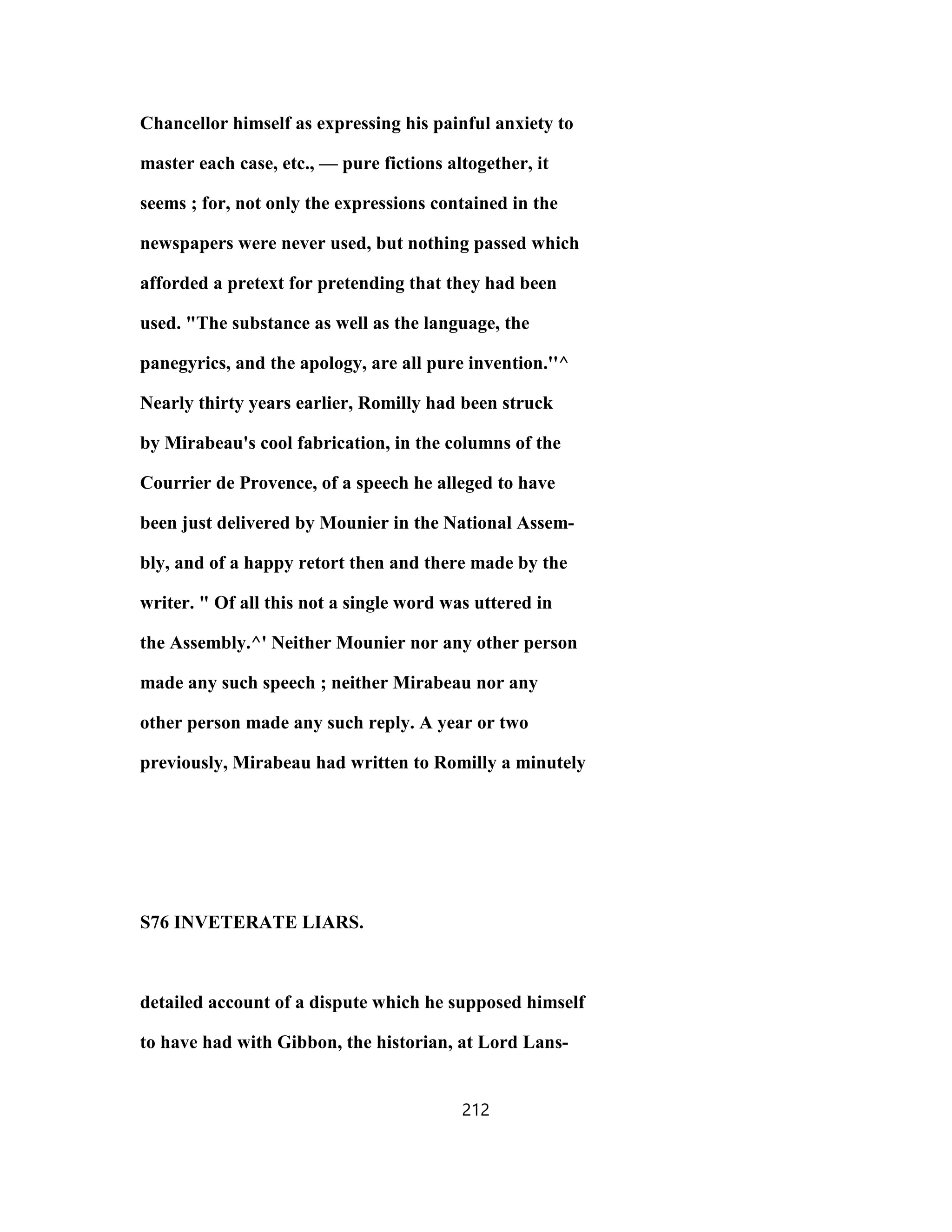
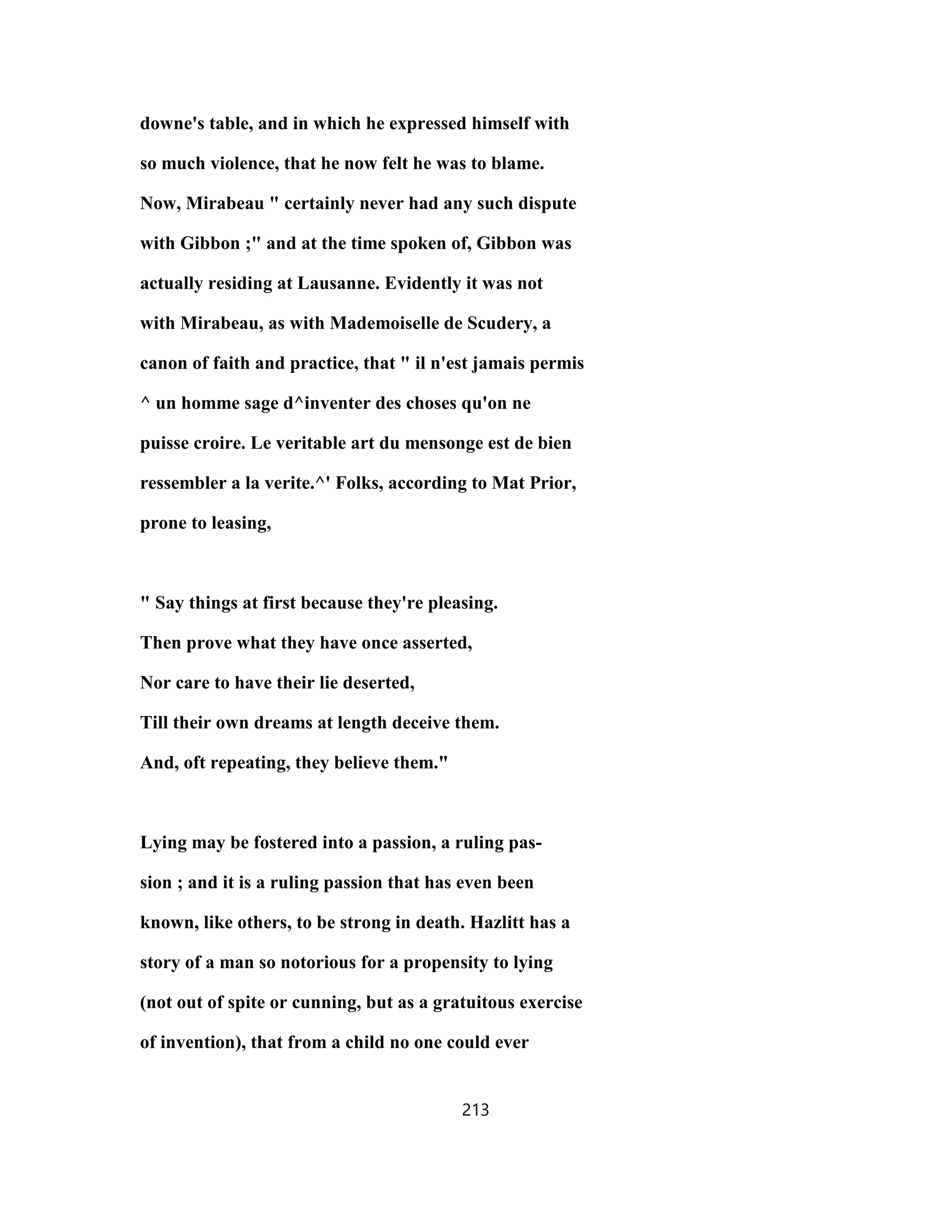
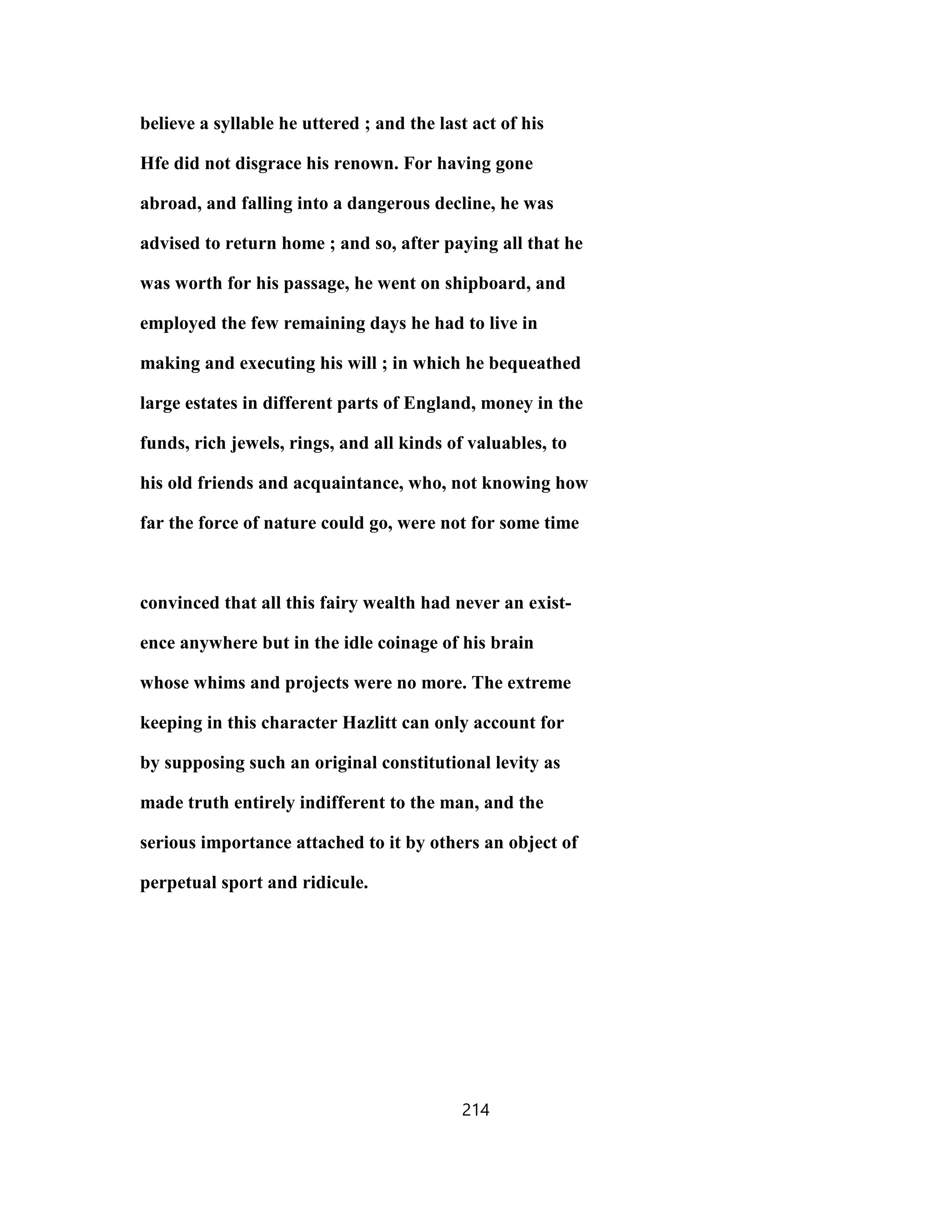
![52. EVIL COMMUNICATIONS.
I Corinthians xv. 33.
BY some to Menander, by others to Euripides, is
referred the metrical quotation which St. Paul
apparently uses as proverbial :
^deipovcriv rjOrj xp^o-ra SfiiXlai KaKai.
The same apostle who warns the Corinthians that
corrupt communications have notoriously, proverbially,
a corrupting influence upon sound morals, exhorts the
Ephesians to let no corrupt communication (X0709
o-ttTrpo?) proceed out of their mouth. Corruption is con-
tagious. To communicate is to impart. The commu-
nicant cannot long remain incorrupt. The plague soon
spreads, and the plague-spot soon tells. Have fellow-
ship with the lame, and you will learn to limp, says a
Latin adage : Claiidicantis conversatione zitens, ipse quoque
clatidicare disces. It is a catching complaint : Menander
is fathered with the saw, Katcol^ ofMiXcov, re avTo<; eKJBrjcn]
KaKo^, which is all but identical with St. Paul's quota-
215](https://image.slidesharecdn.com/vol-171101104904/75/Vol-4-scripture-proverbs-illustrated-annotated-and-applied-215-2048.jpg)
![tion, in spirit, though not in words. Associate with the
wicked, it says, and you will become wicked yourself.
P P
578 EVIL COMMUNICATIONS
Can a man take fire in his bosom, and his clothes not
be burned ? Can one go upon hot coals, and his feet
not be burned ? Both these are " burning questions "
put by the Wise King.
Sir Thomas Browne, in his Christian Morals, address-
ing himself, after the manner of Marcus Antoninus in
his Meditations, is special in the enjoinder, *' Be critical
in thy consortion. . . . Look not for roses in
Attalus's garden [of poisons], or wholesome flowers in
a venomous plantation. And since there is scarce any
one bad, but some others are the worse for him, tempt
not contagion by proximity, and hazard not thyself in
the shadow of corruption." Certainly, says another of
our old writers, if there be any Dalilah under heaven,
216](https://image.slidesharecdn.com/vol-171101104904/75/Vol-4-scripture-proverbs-illustrated-annotated-and-applied-216-2048.jpg)
